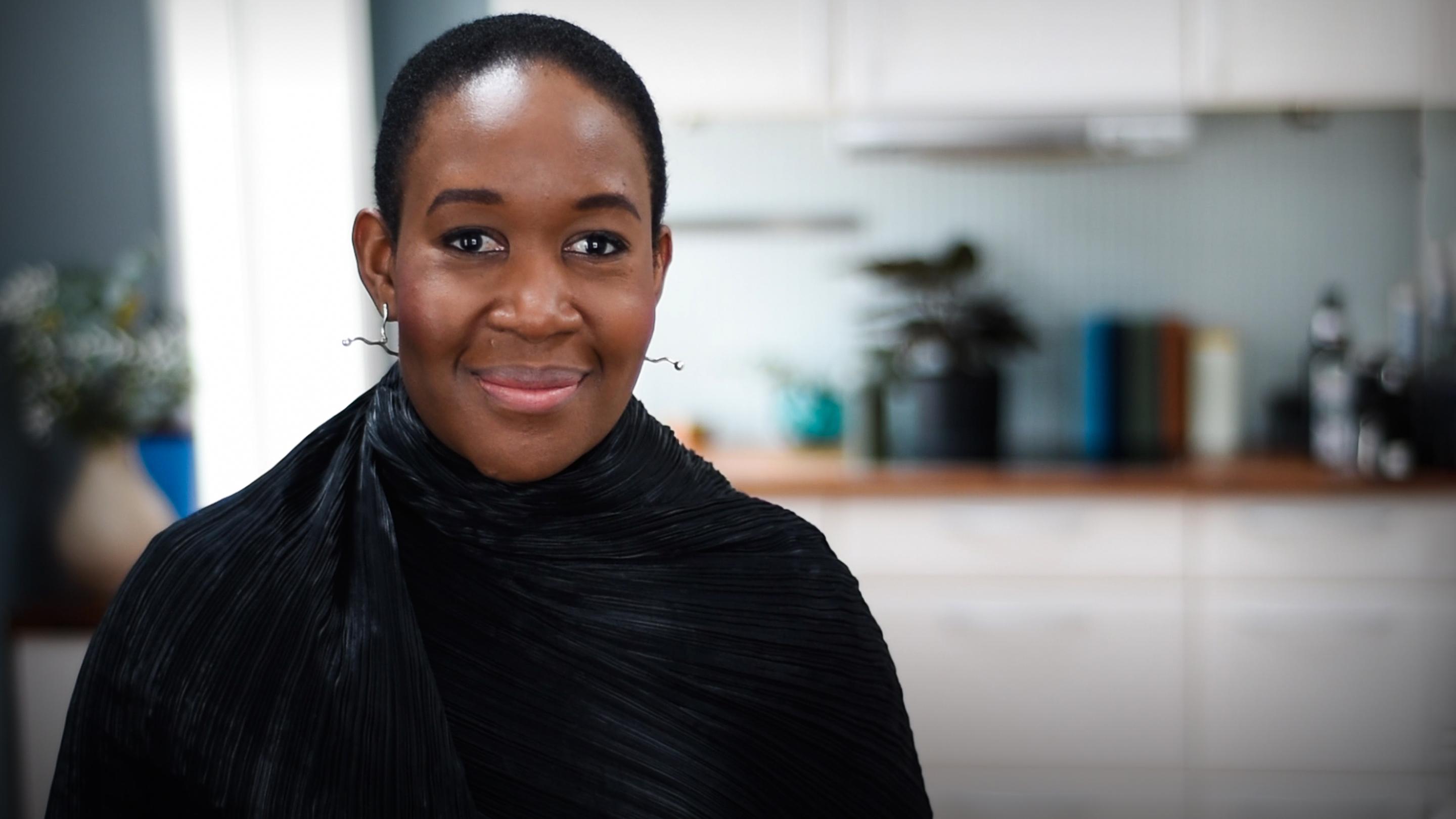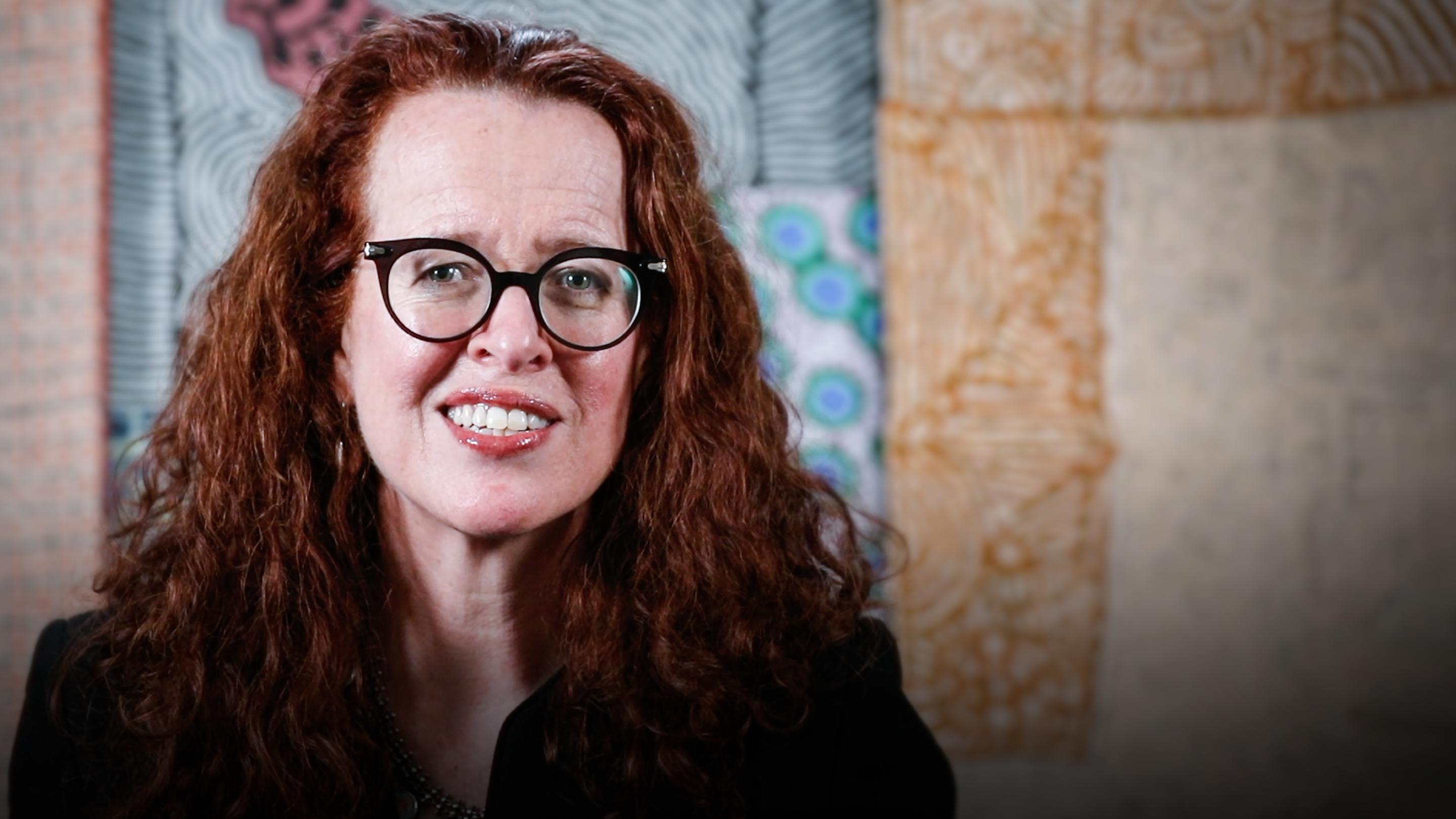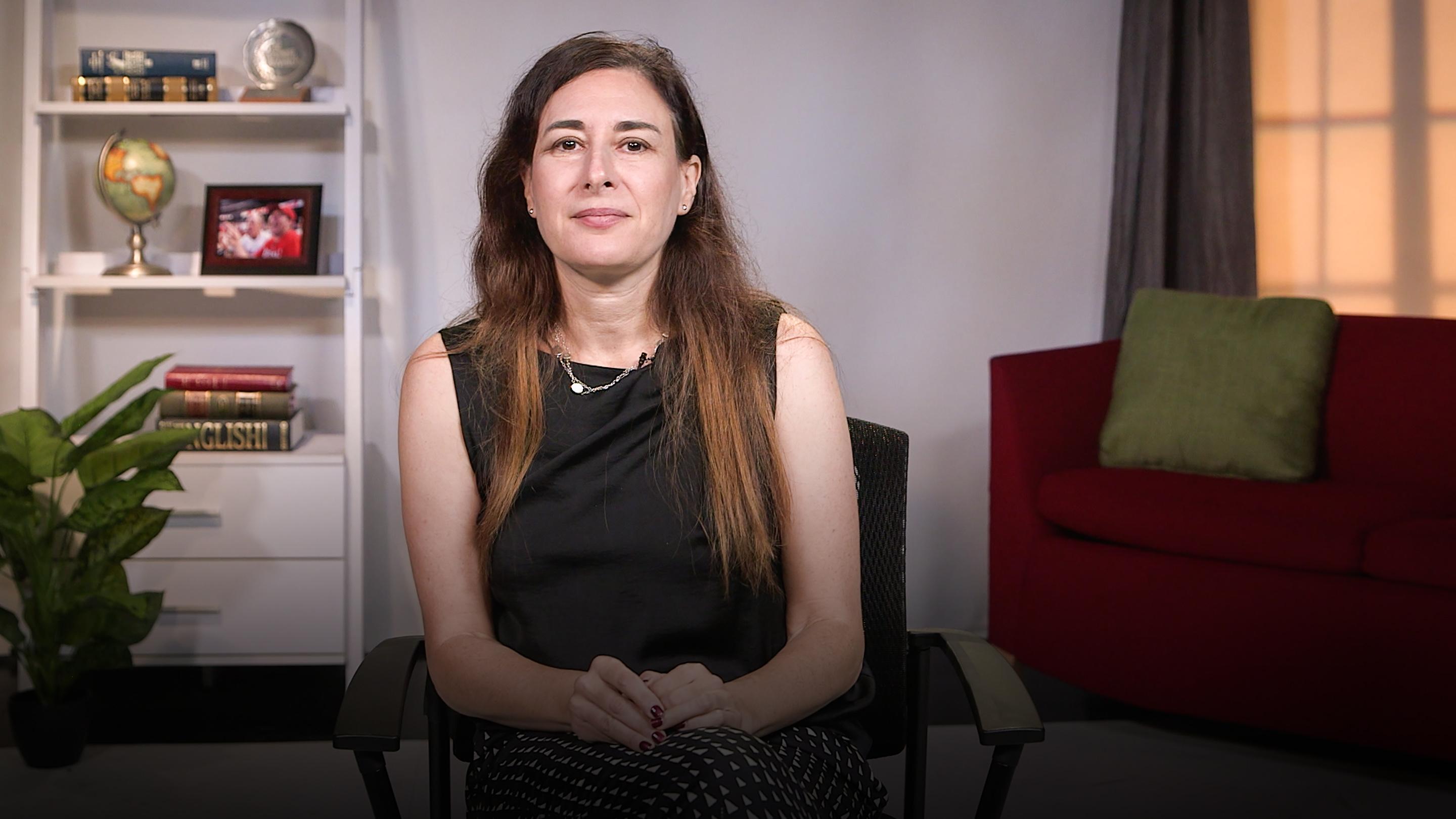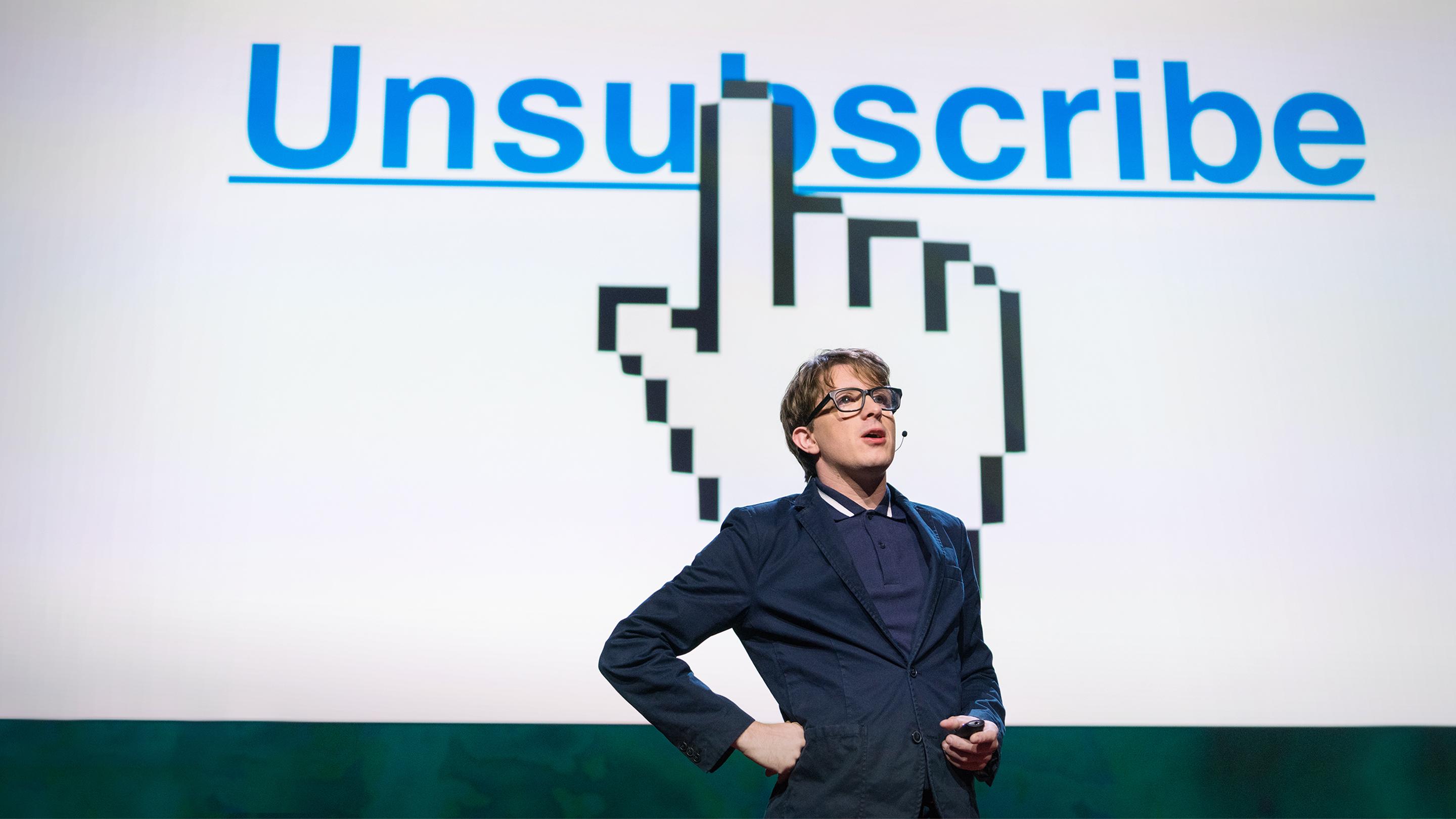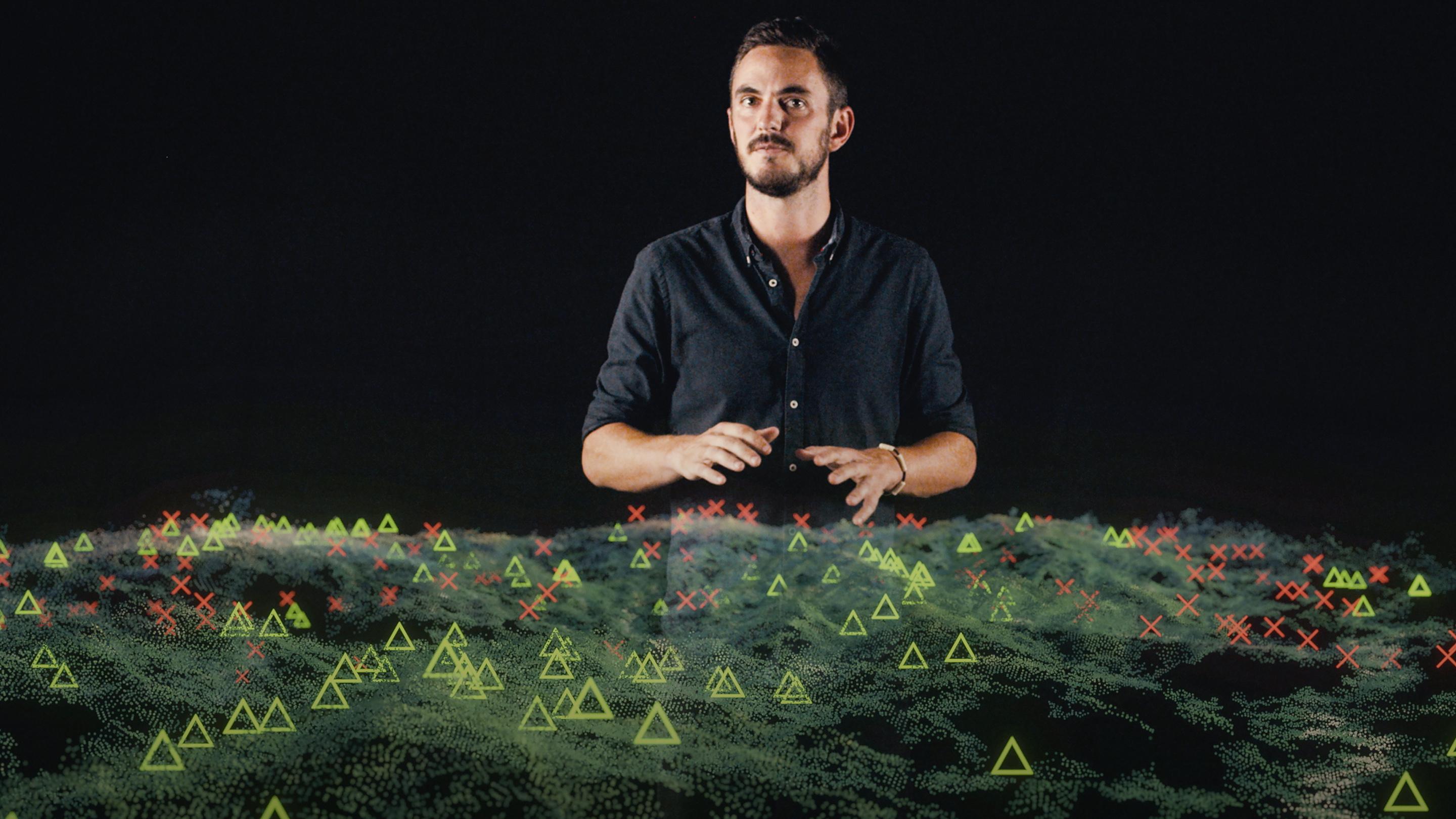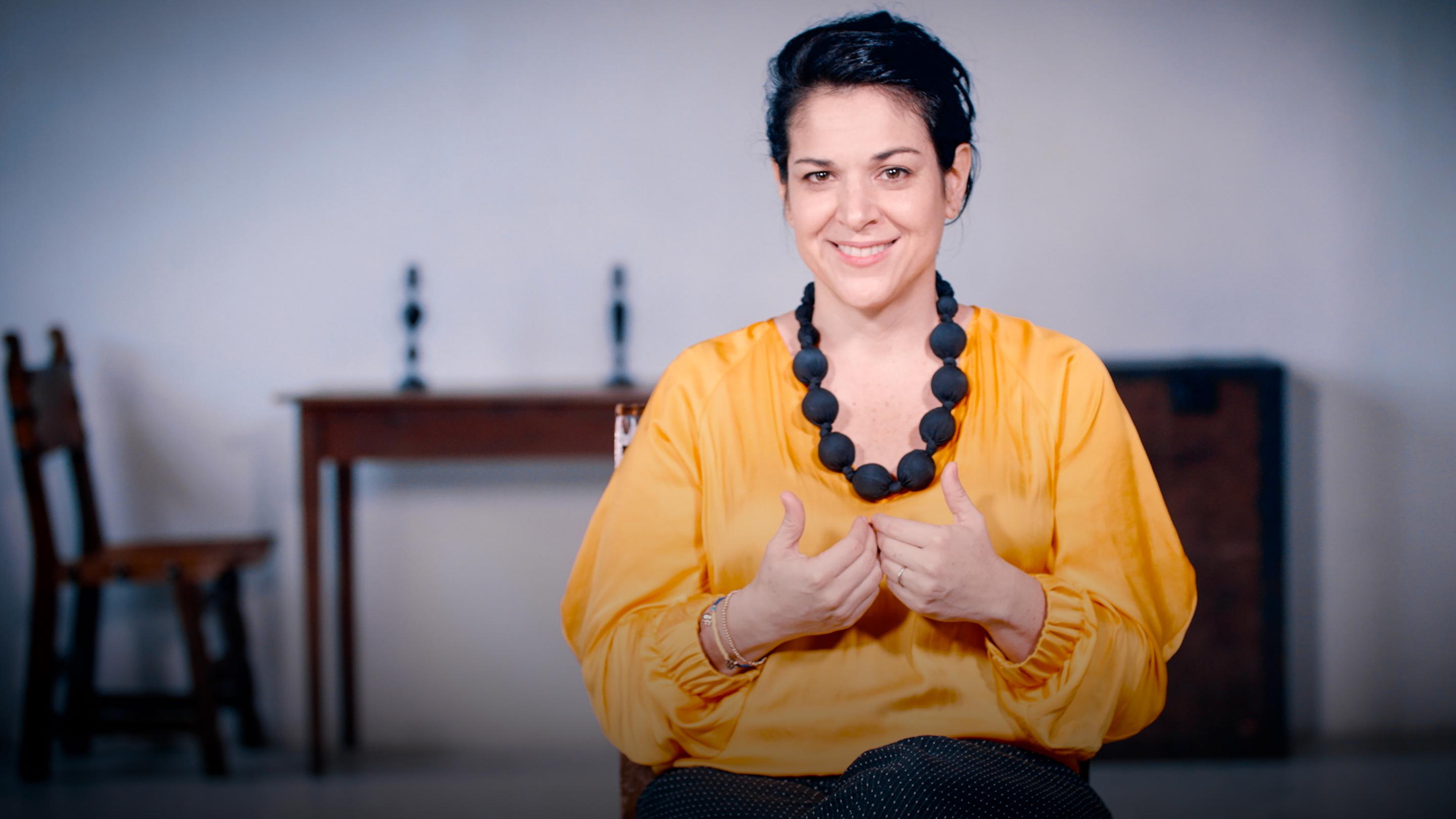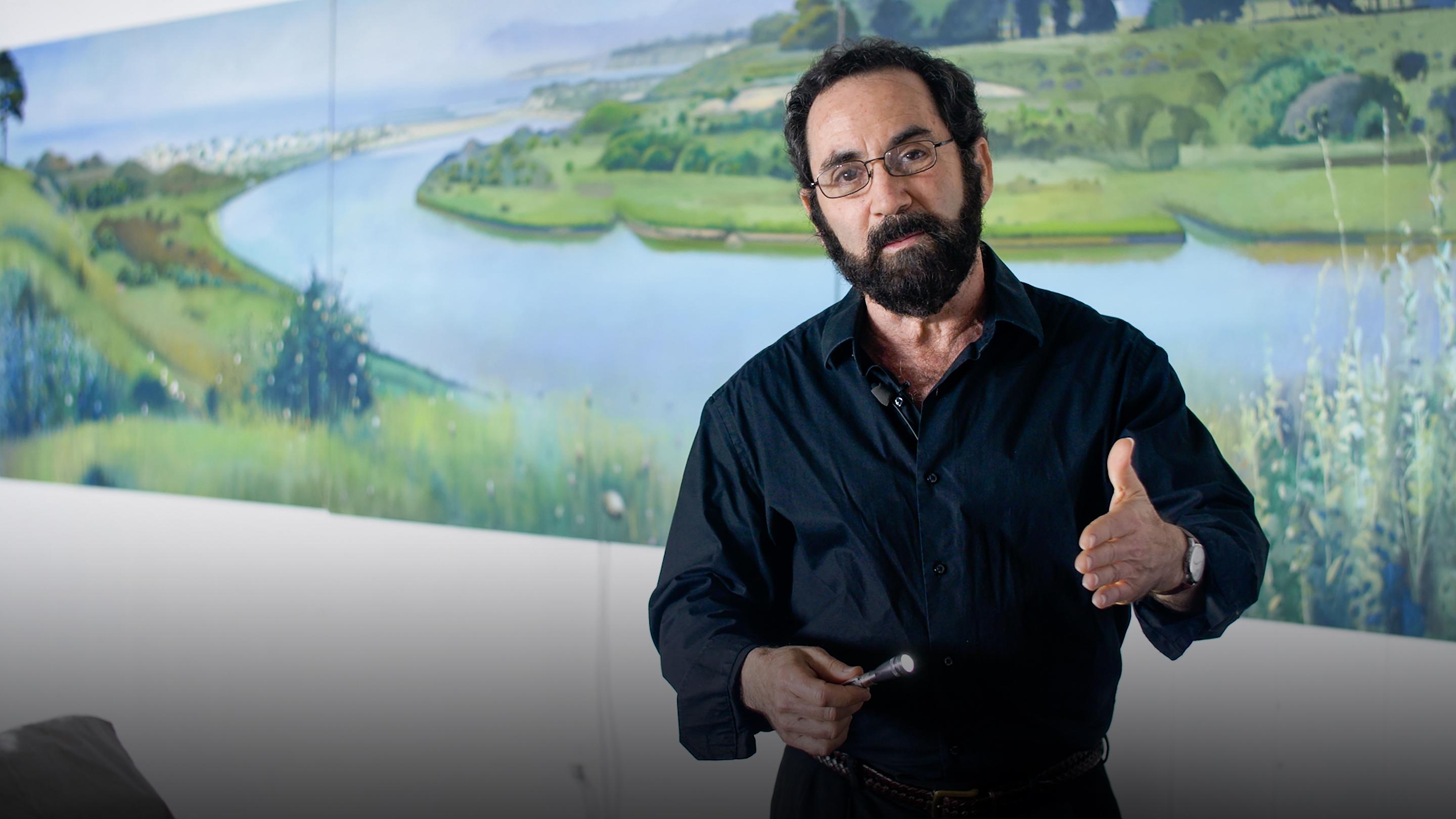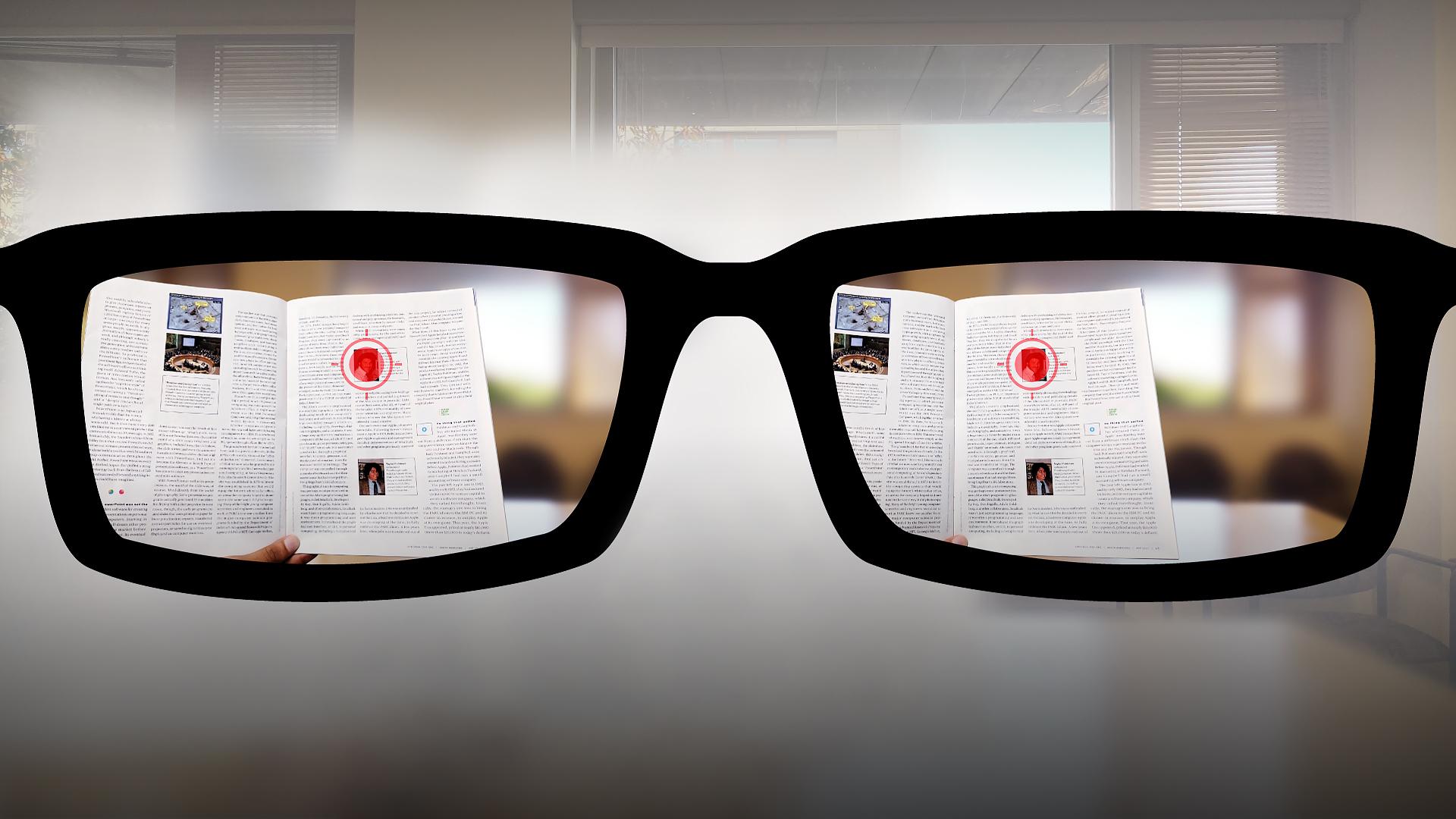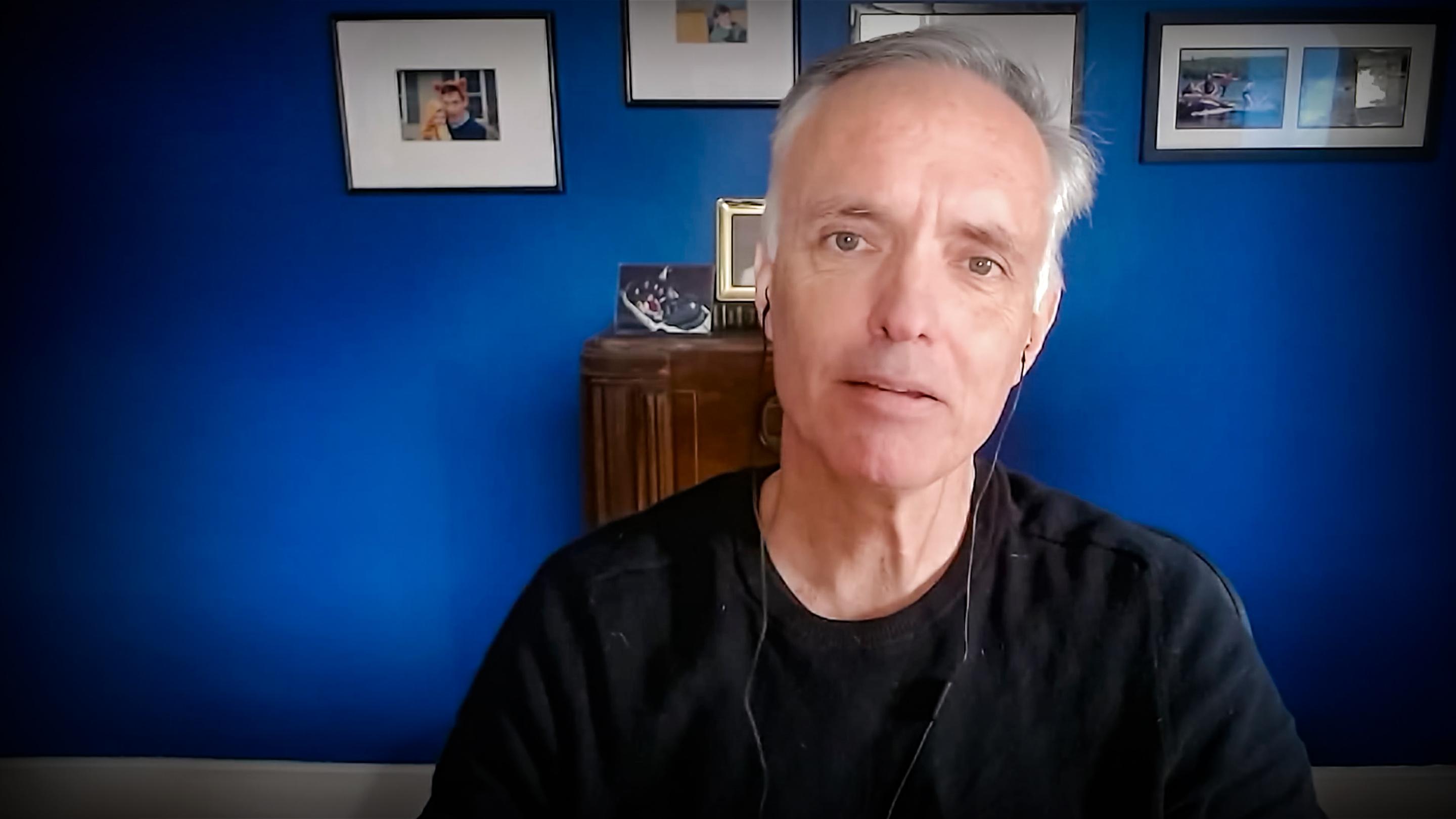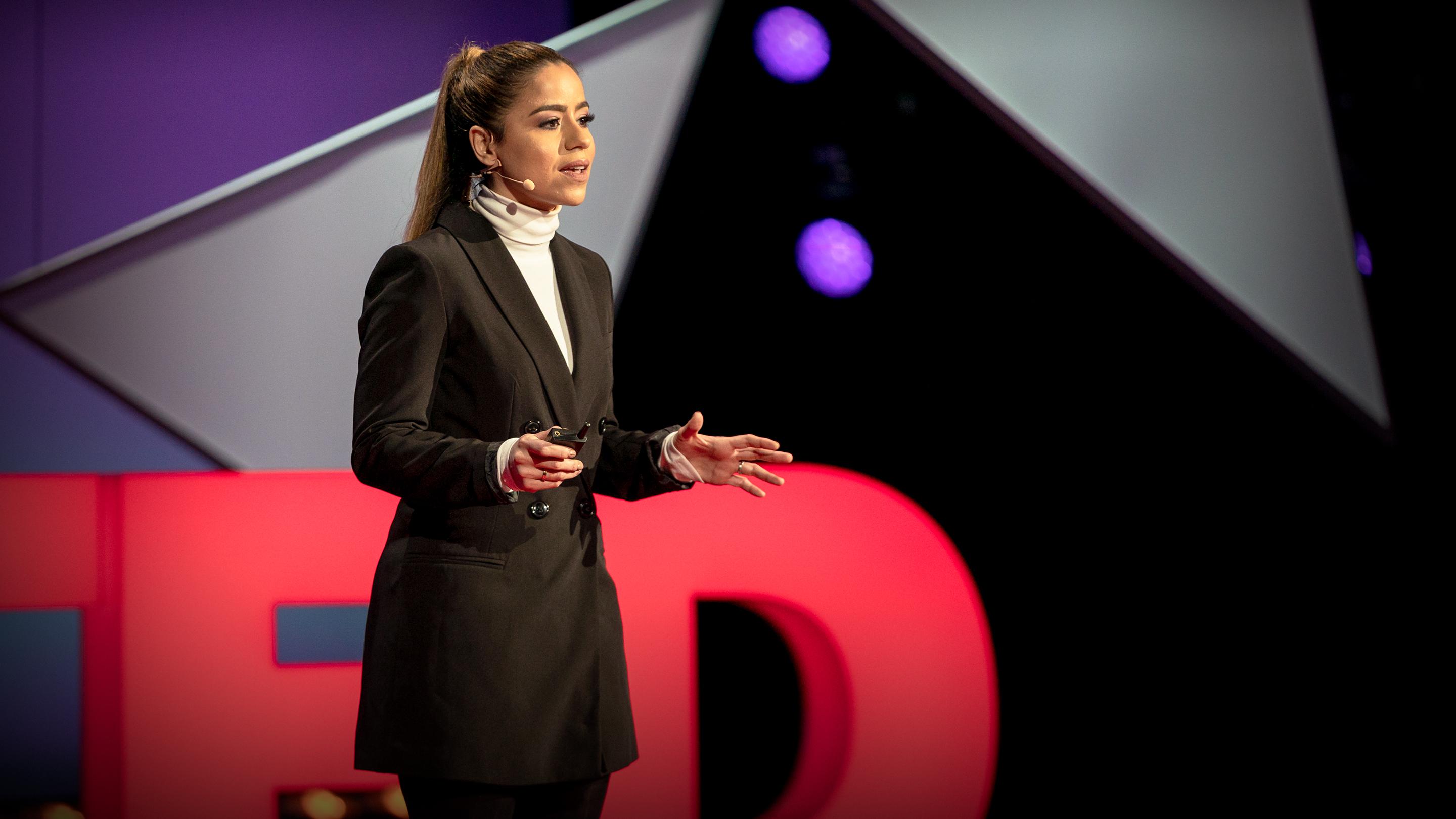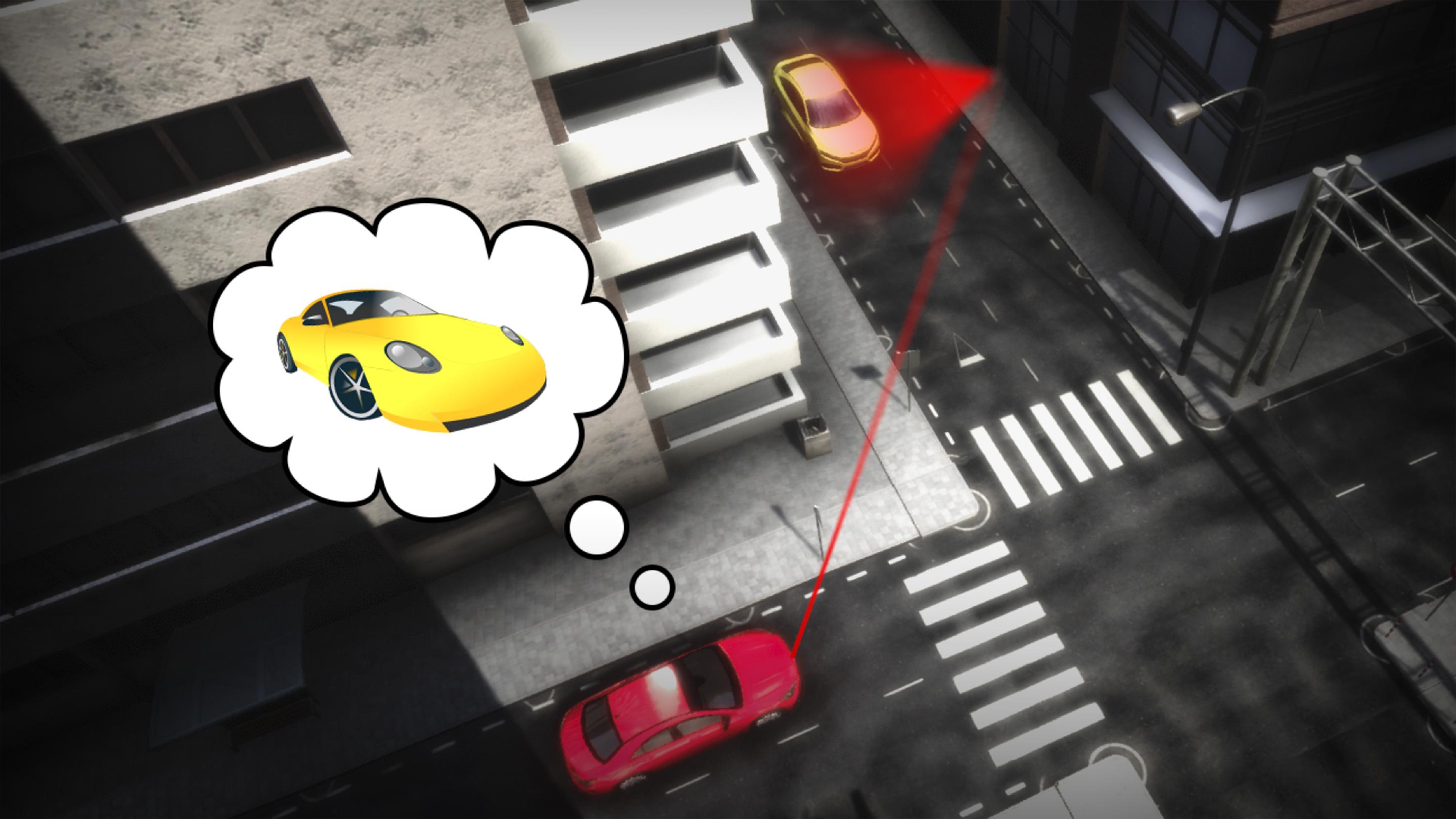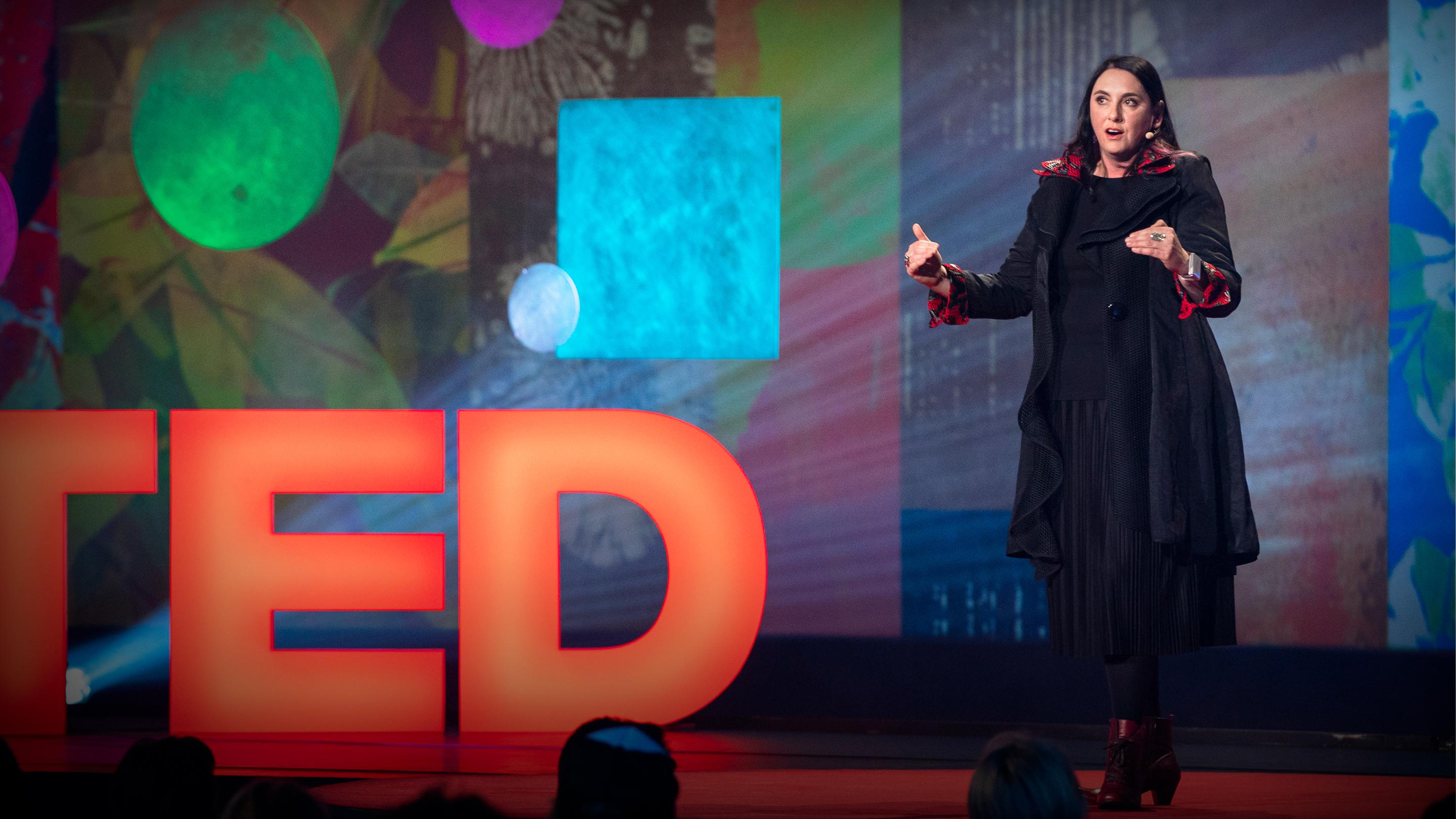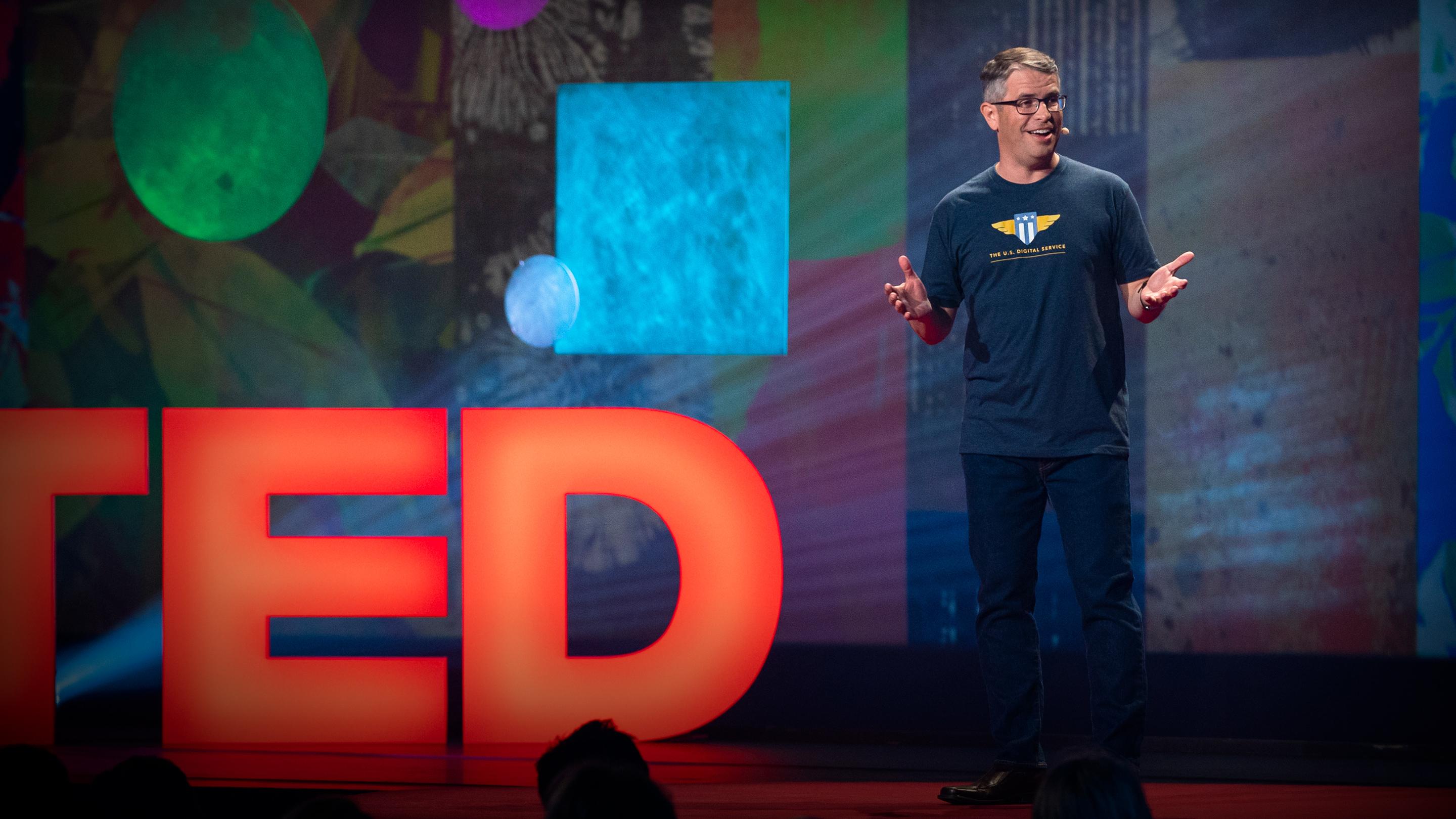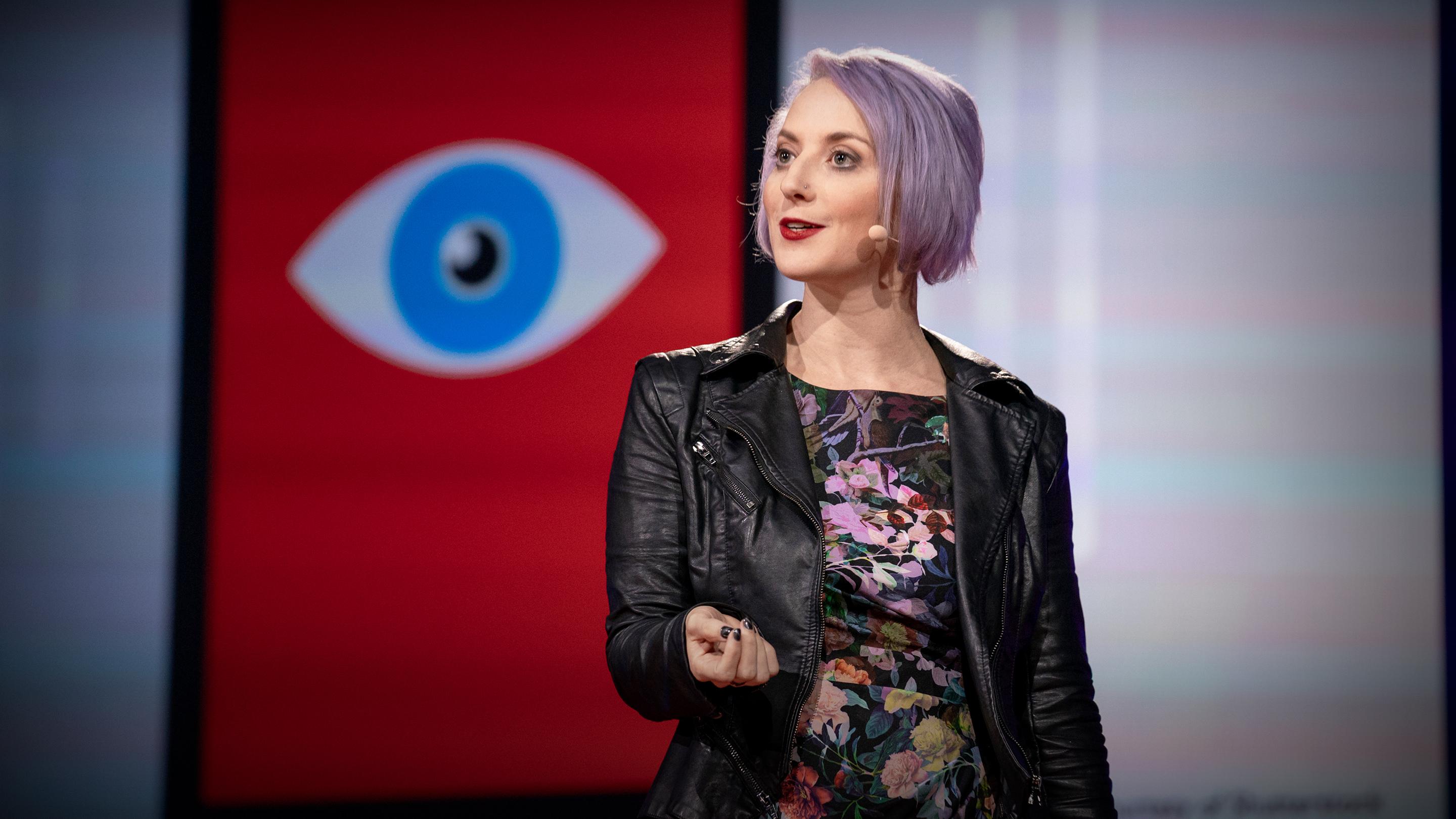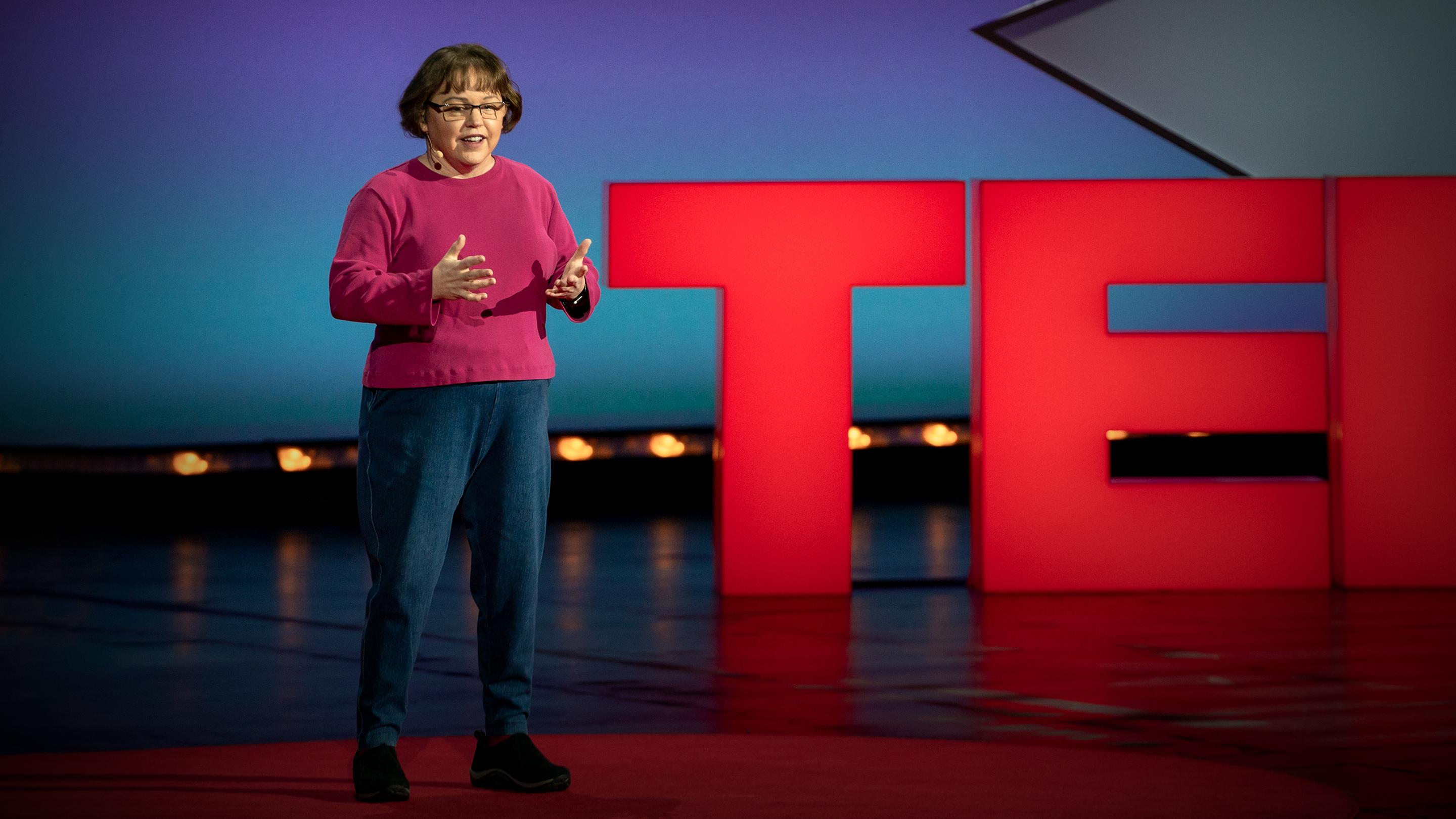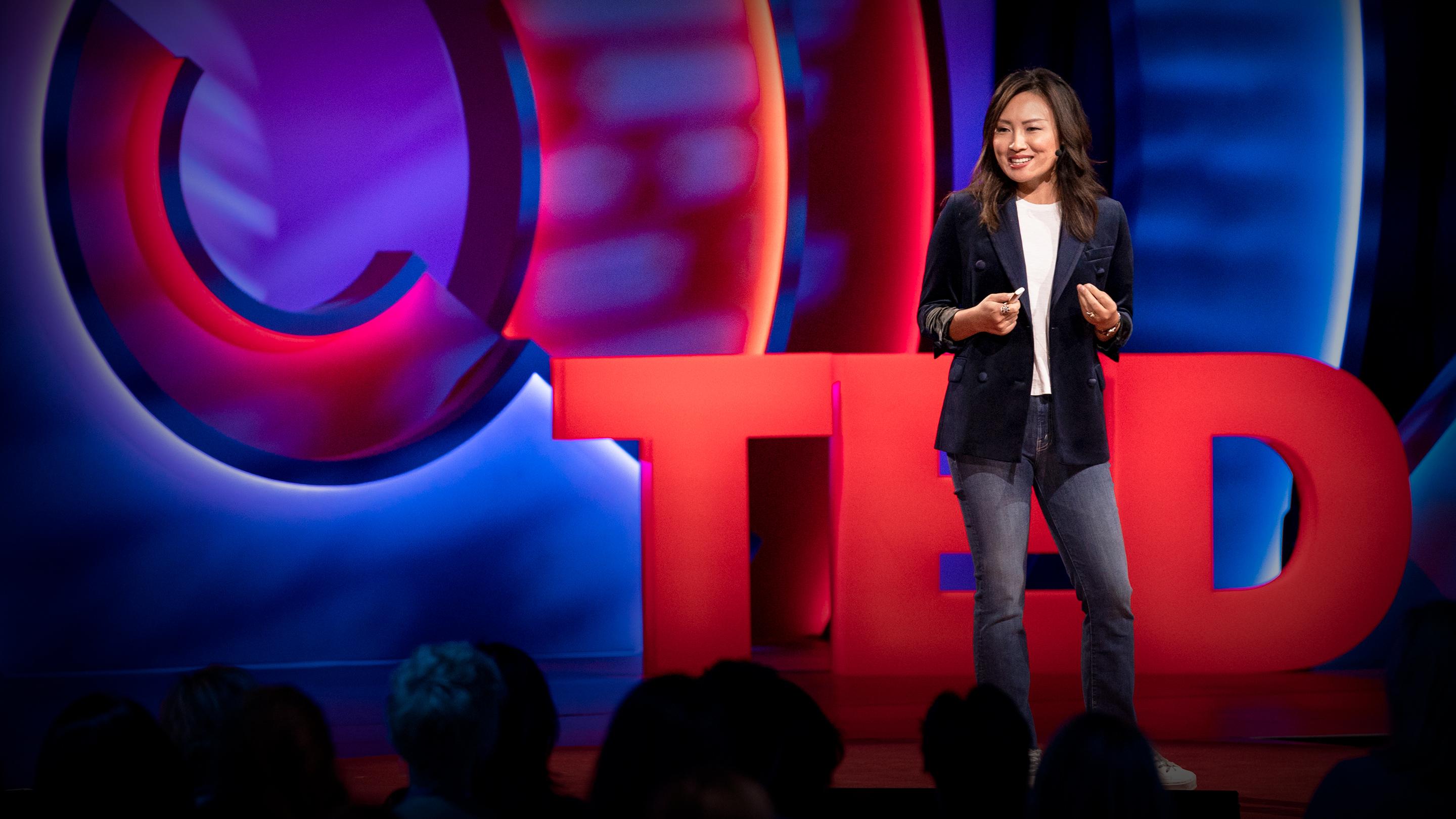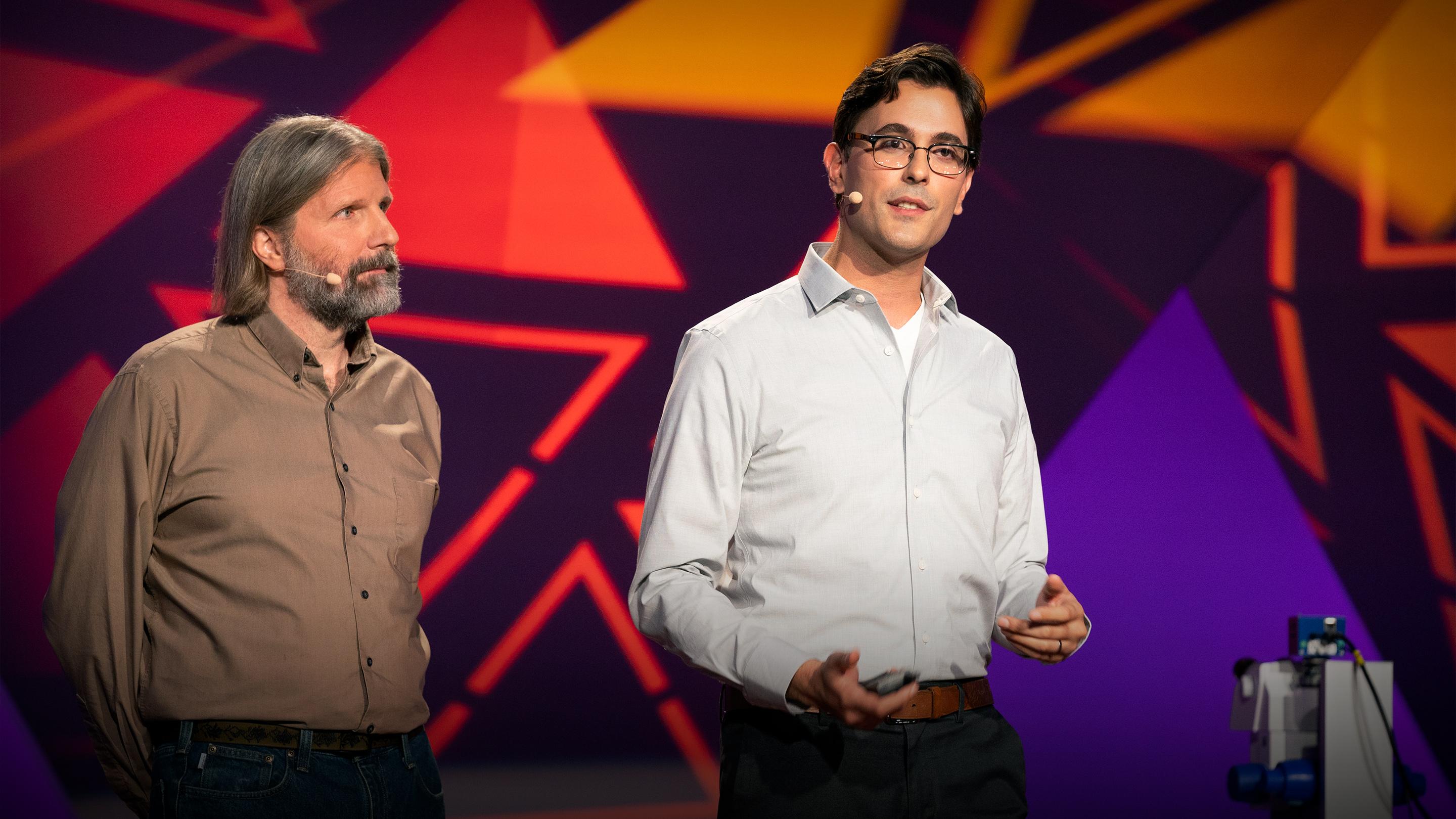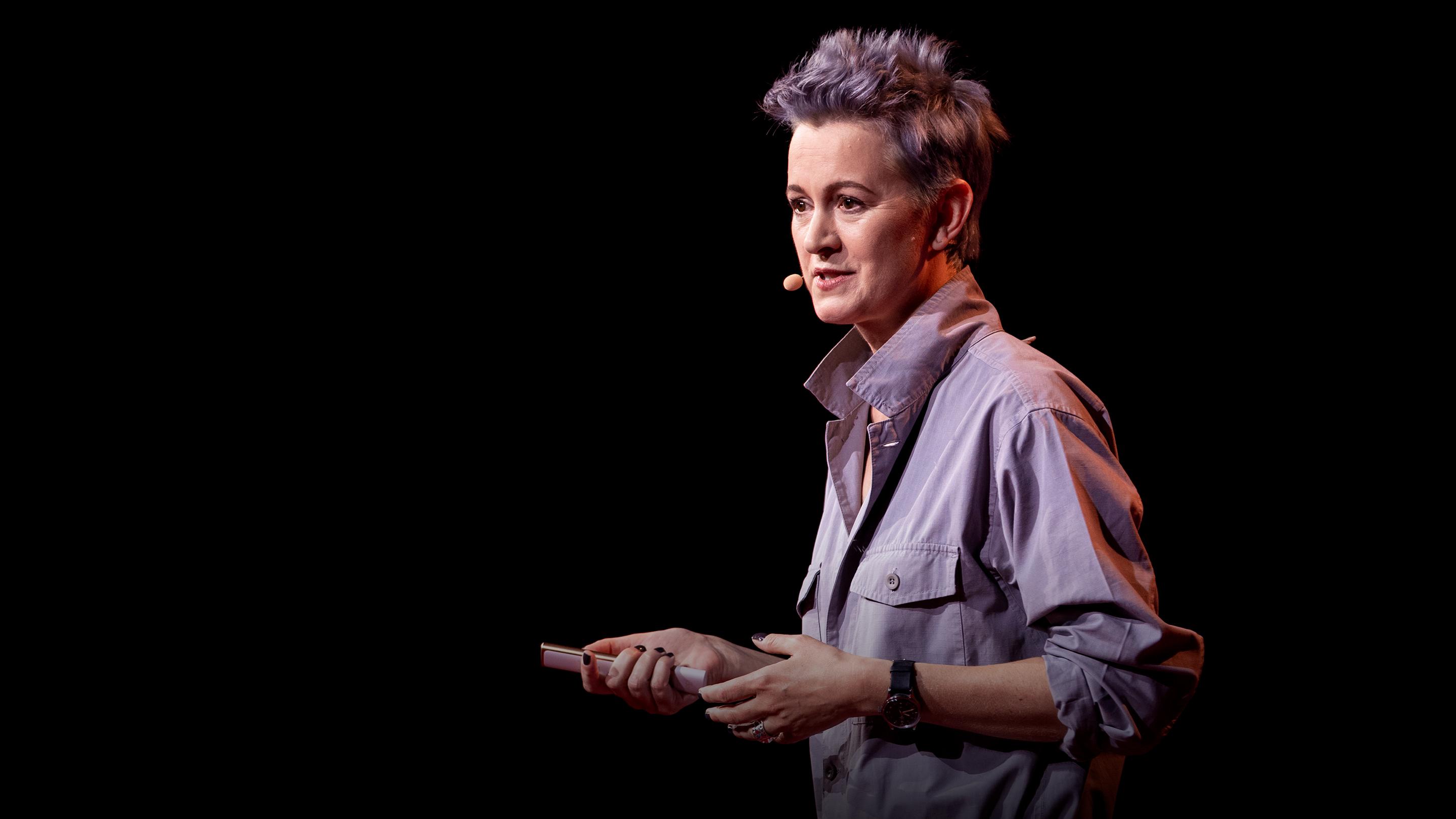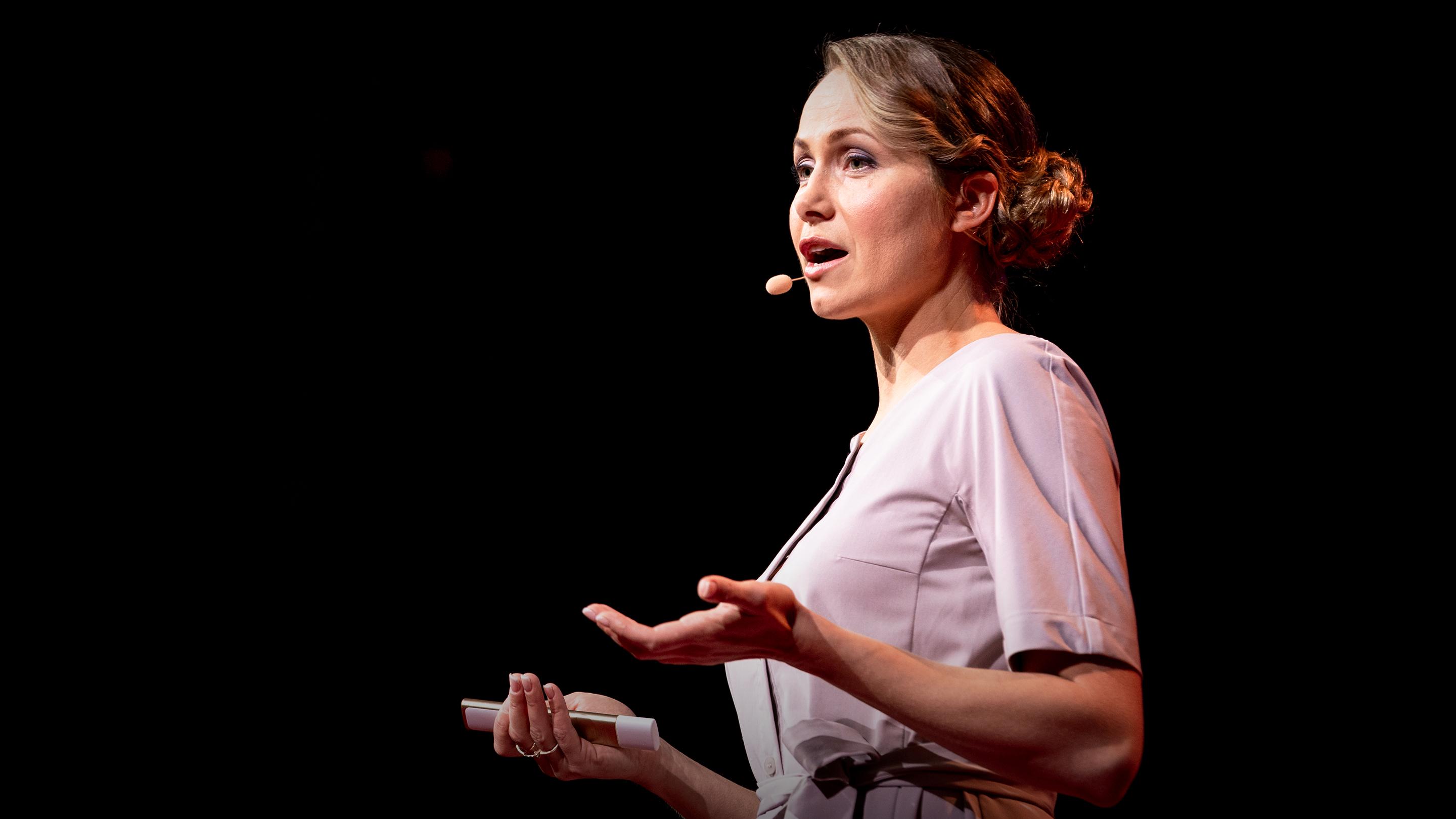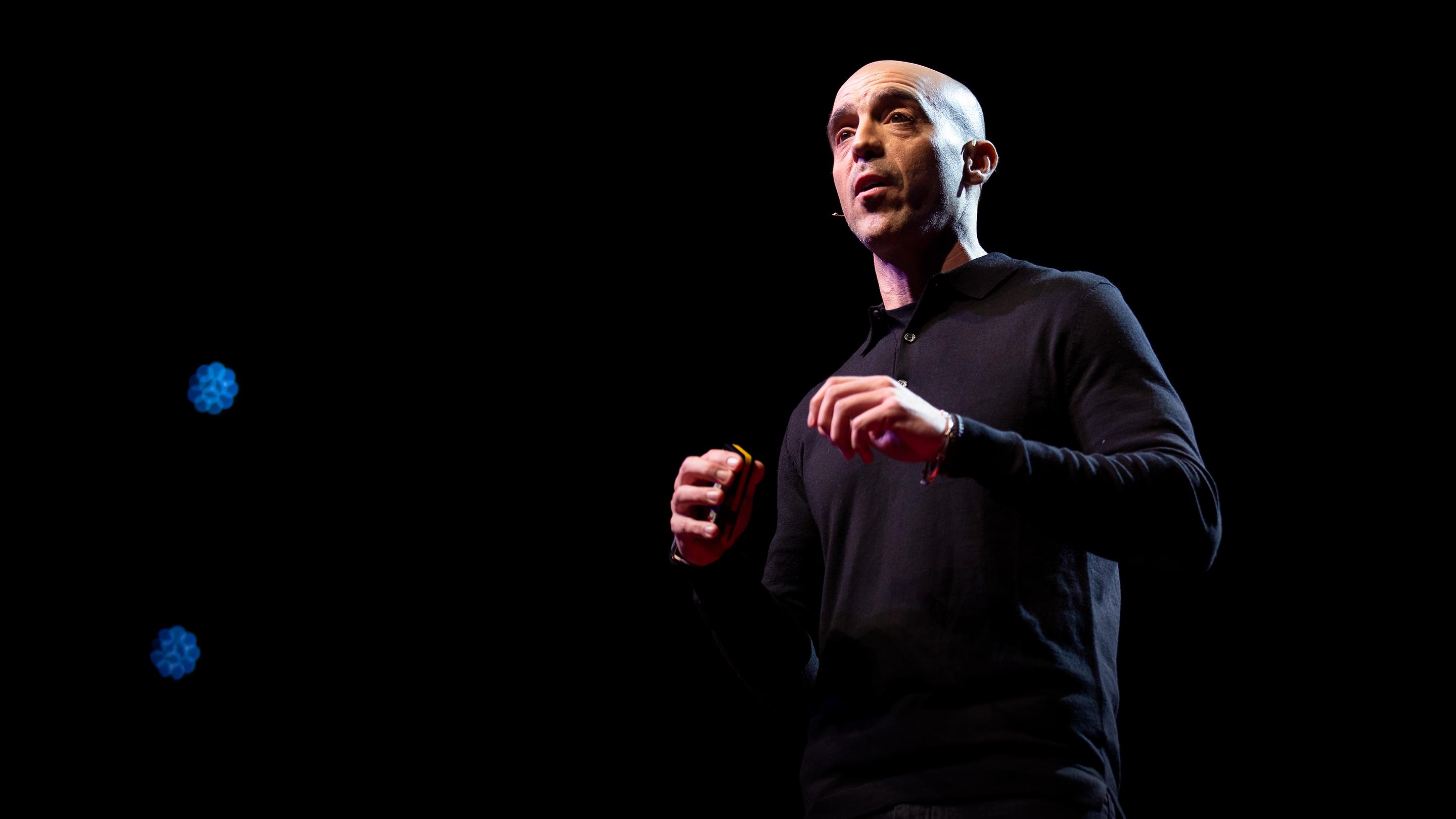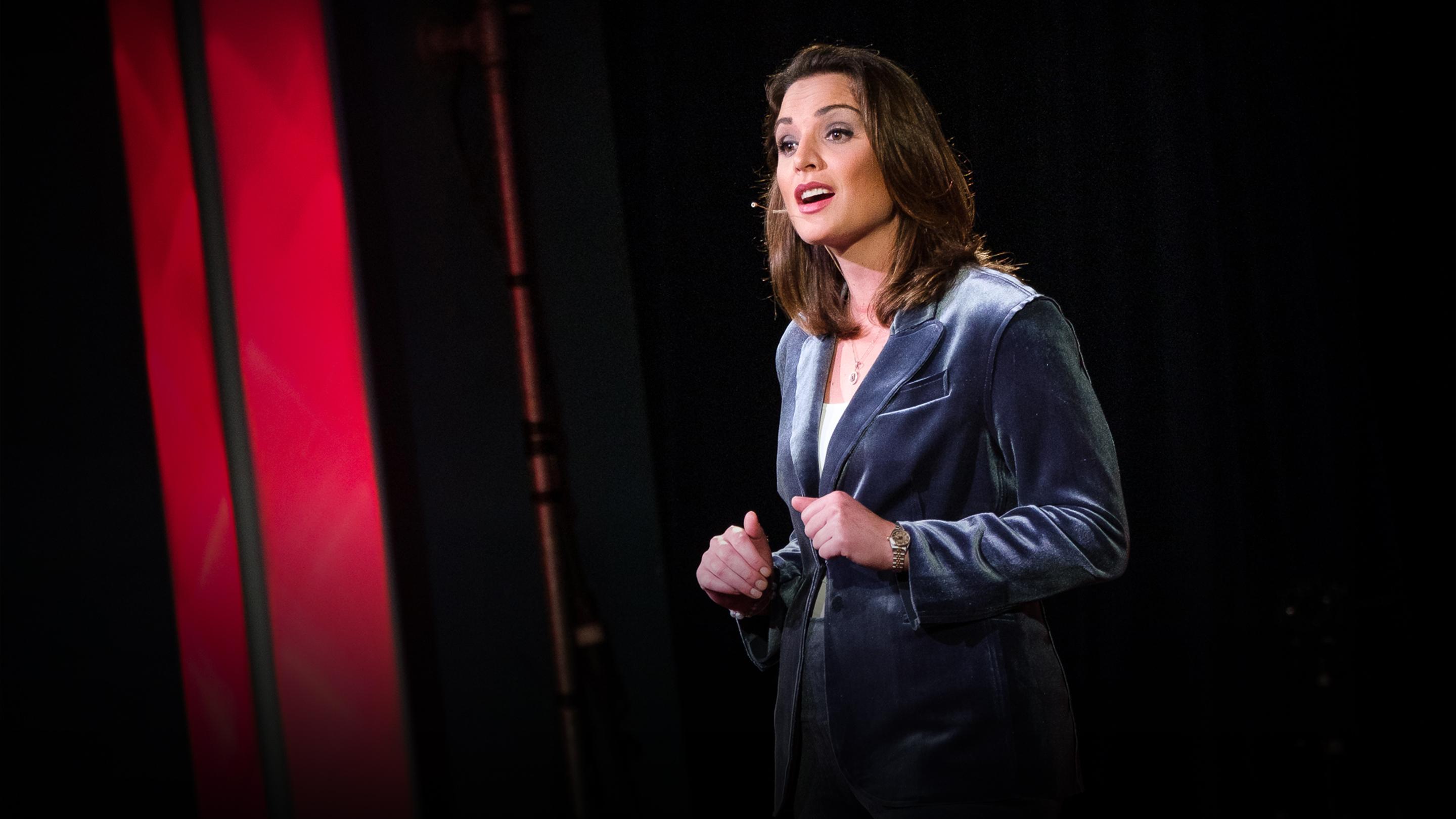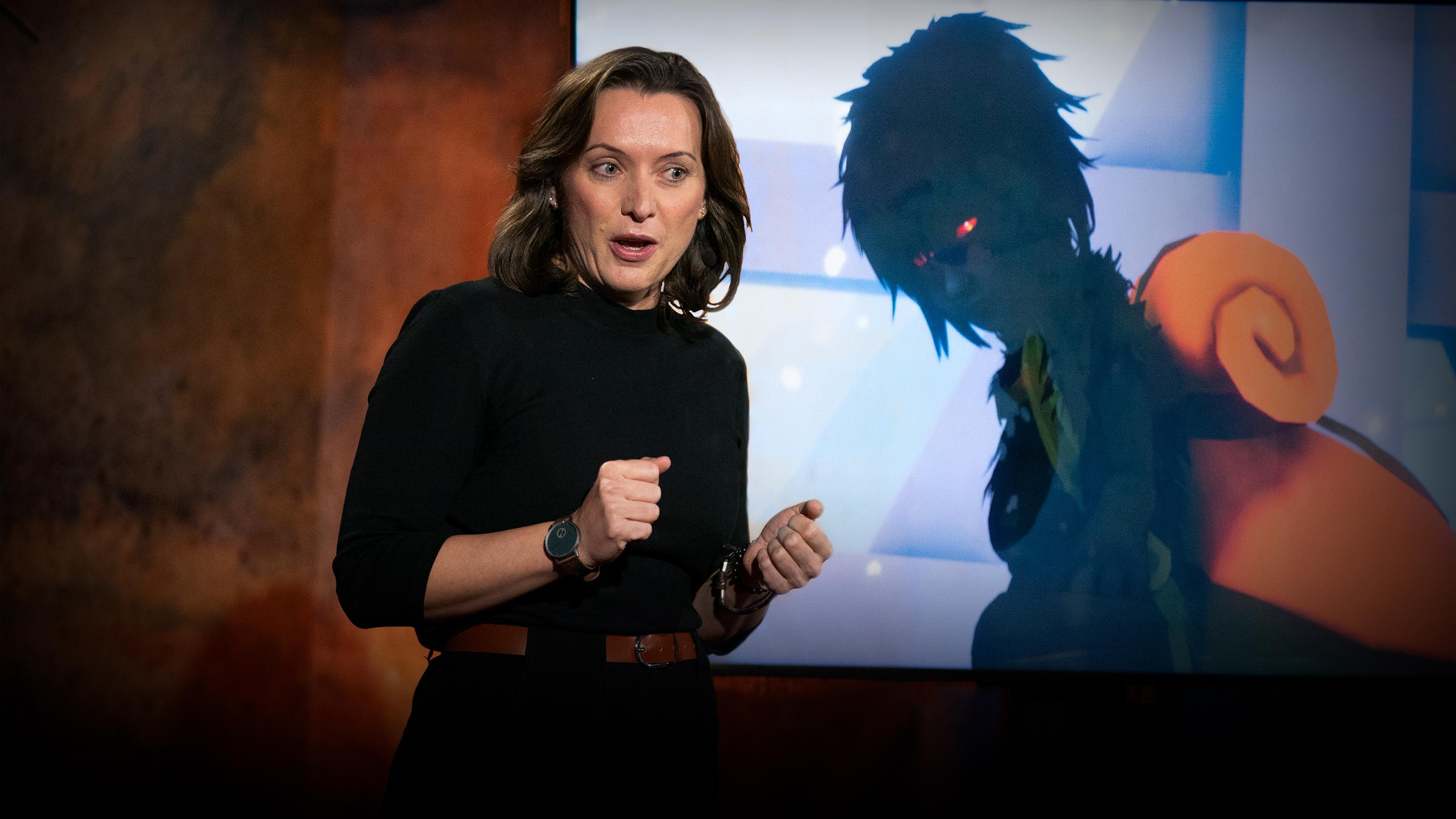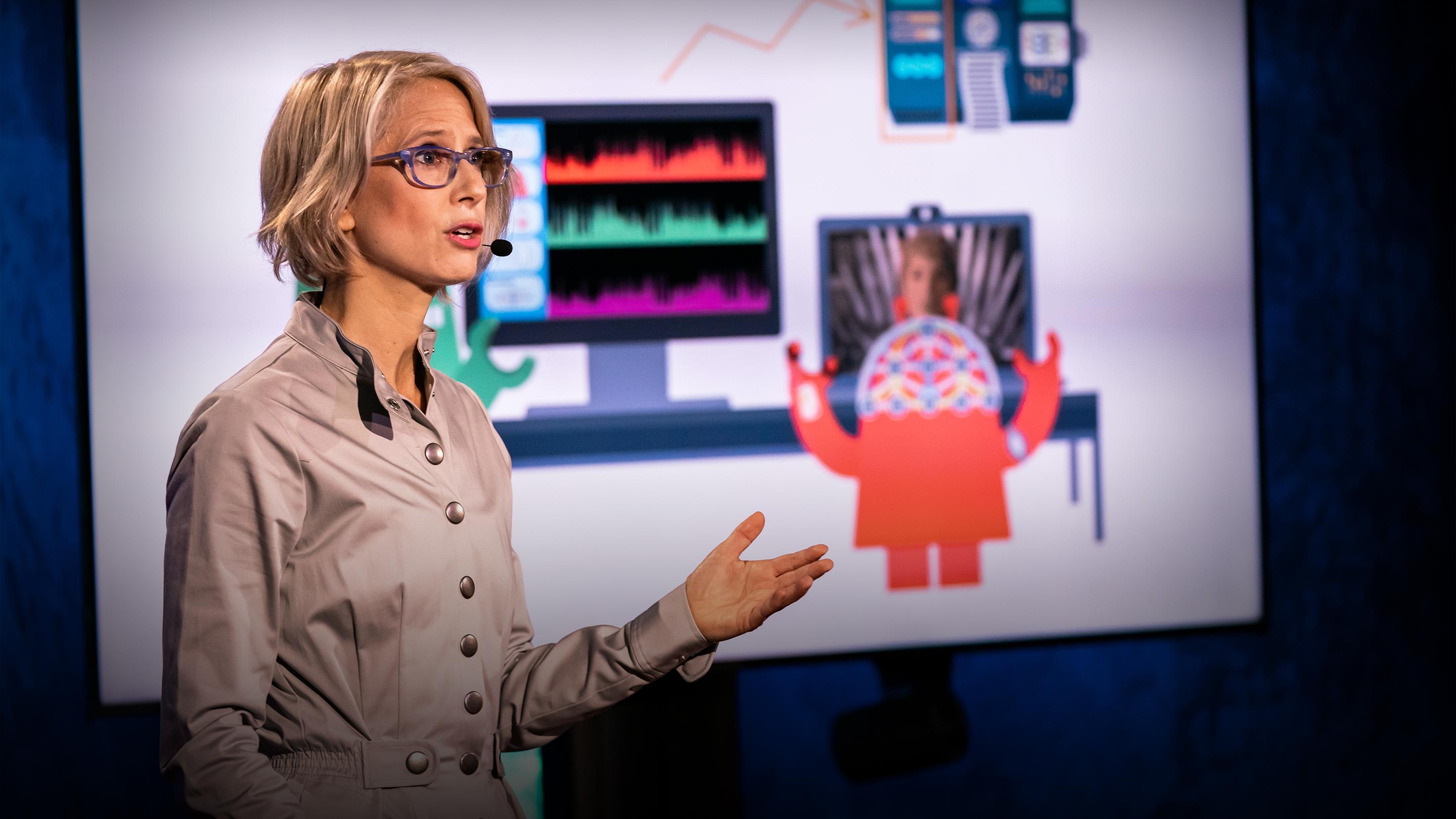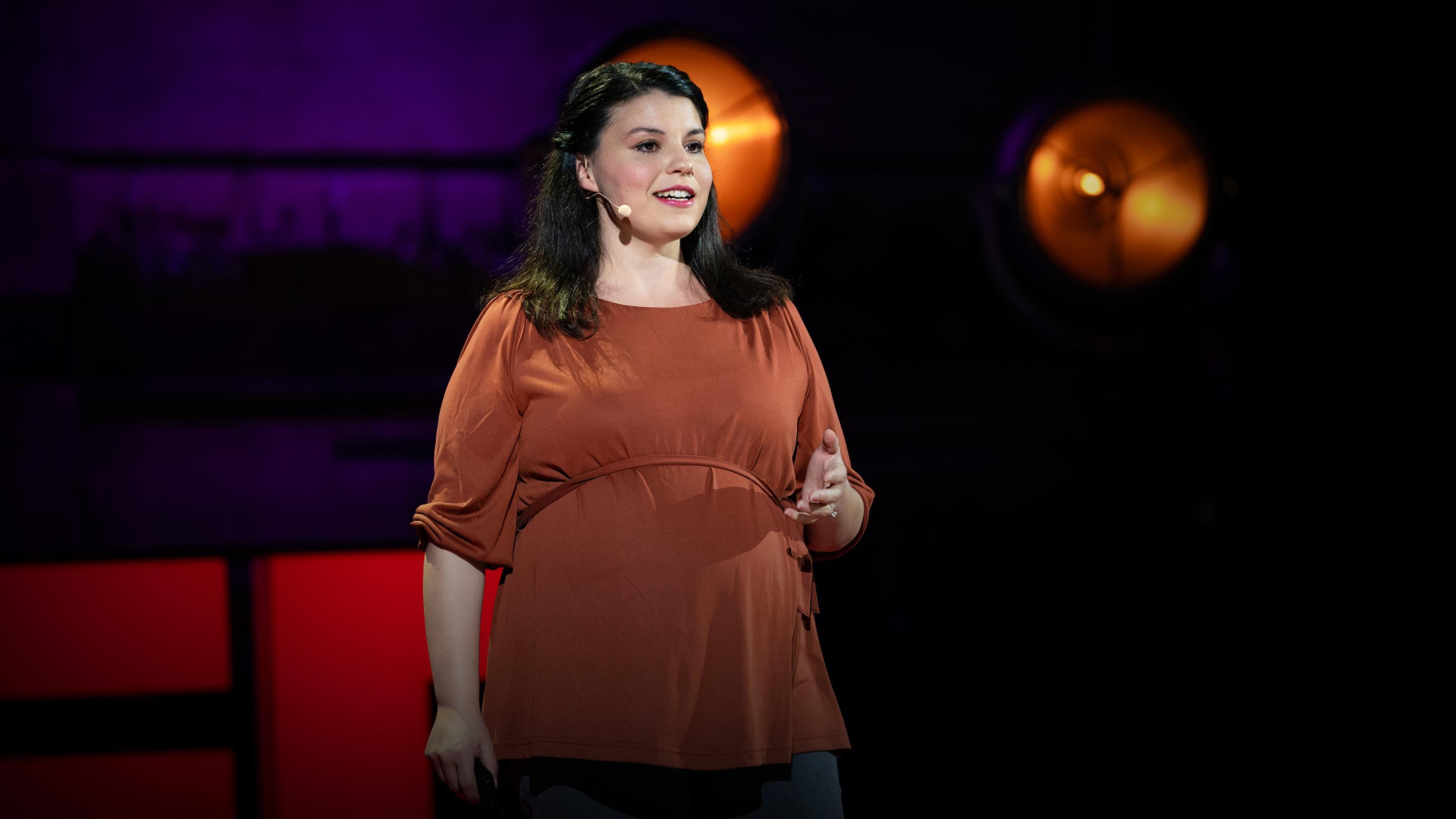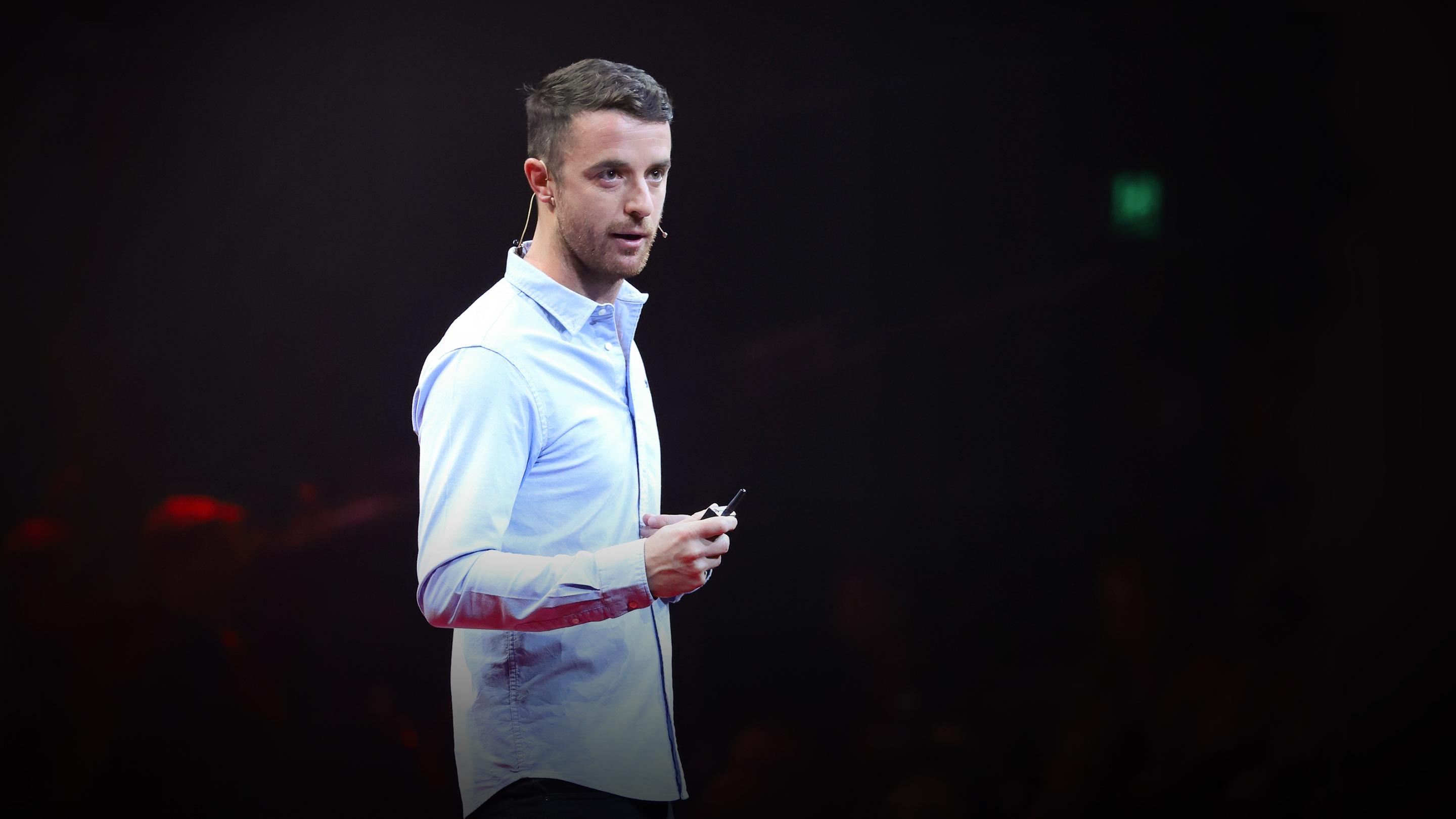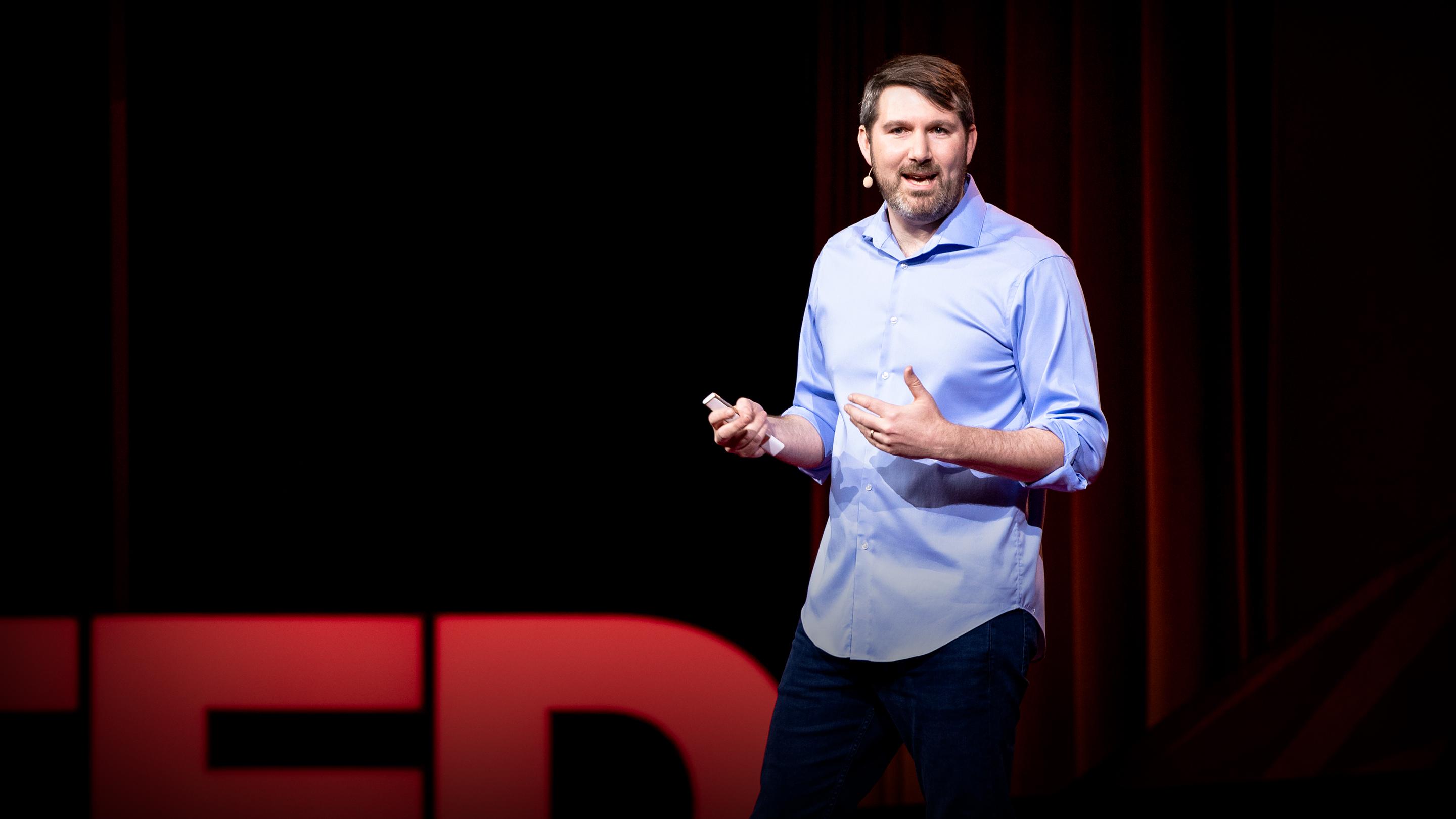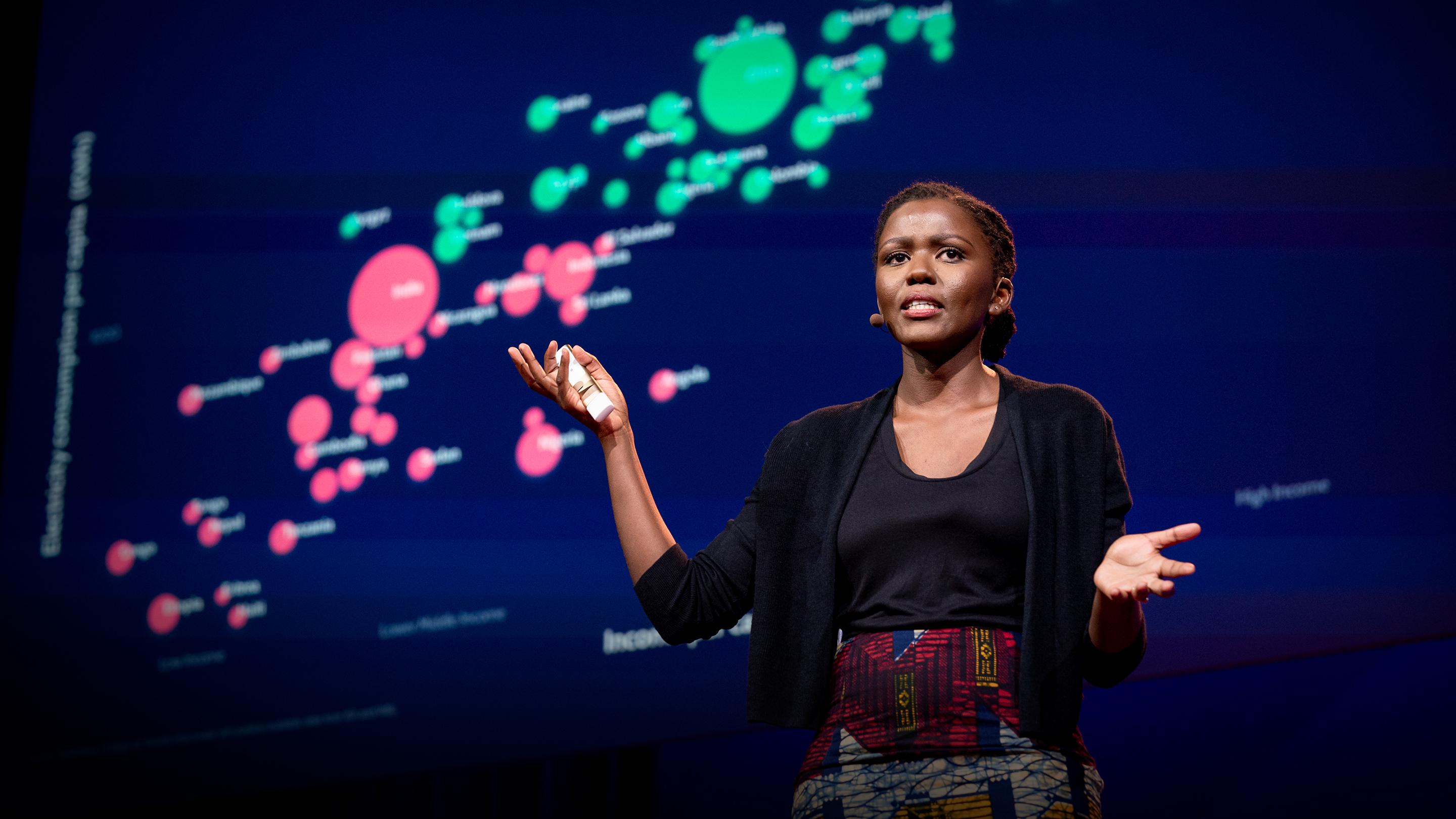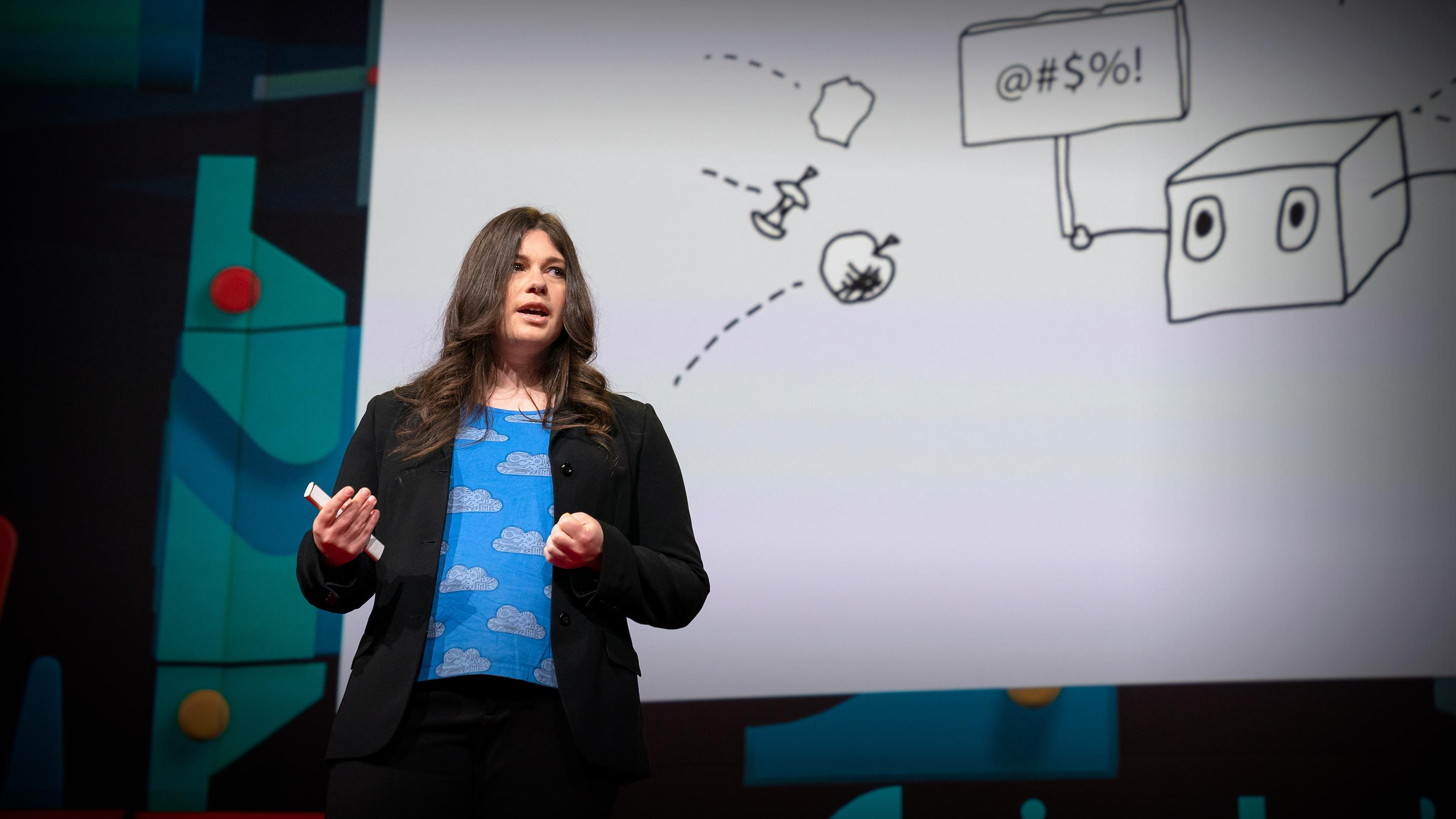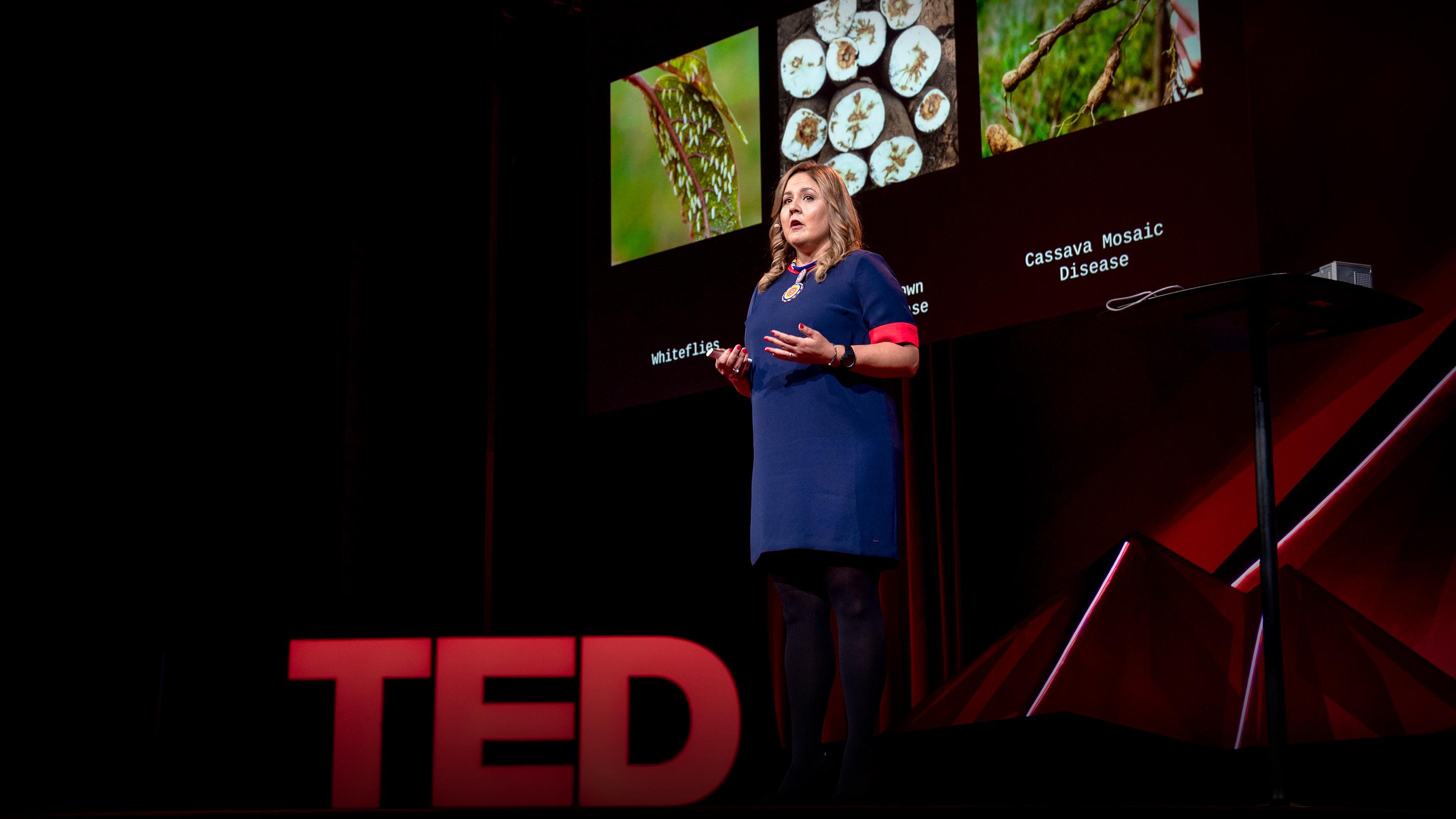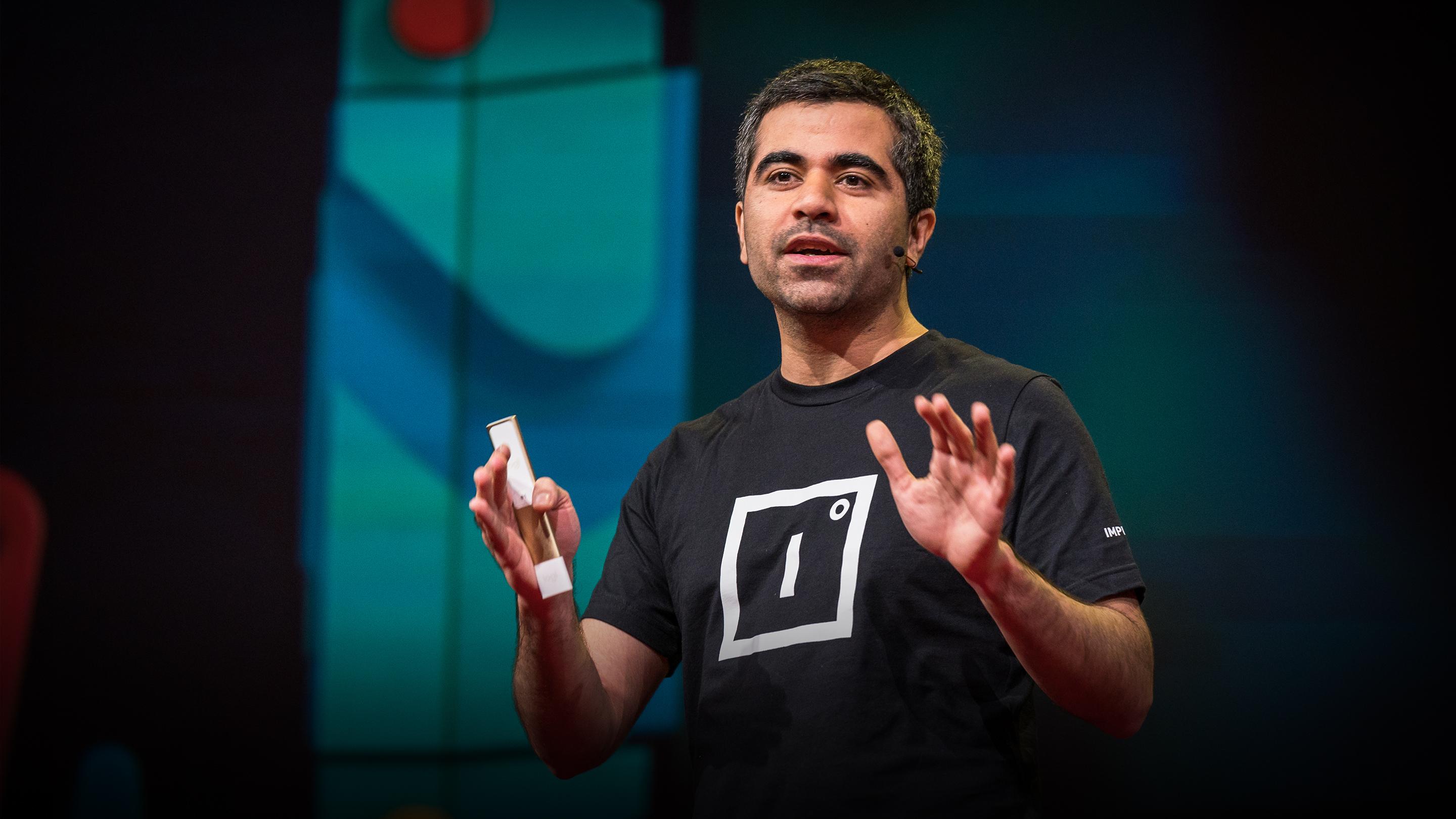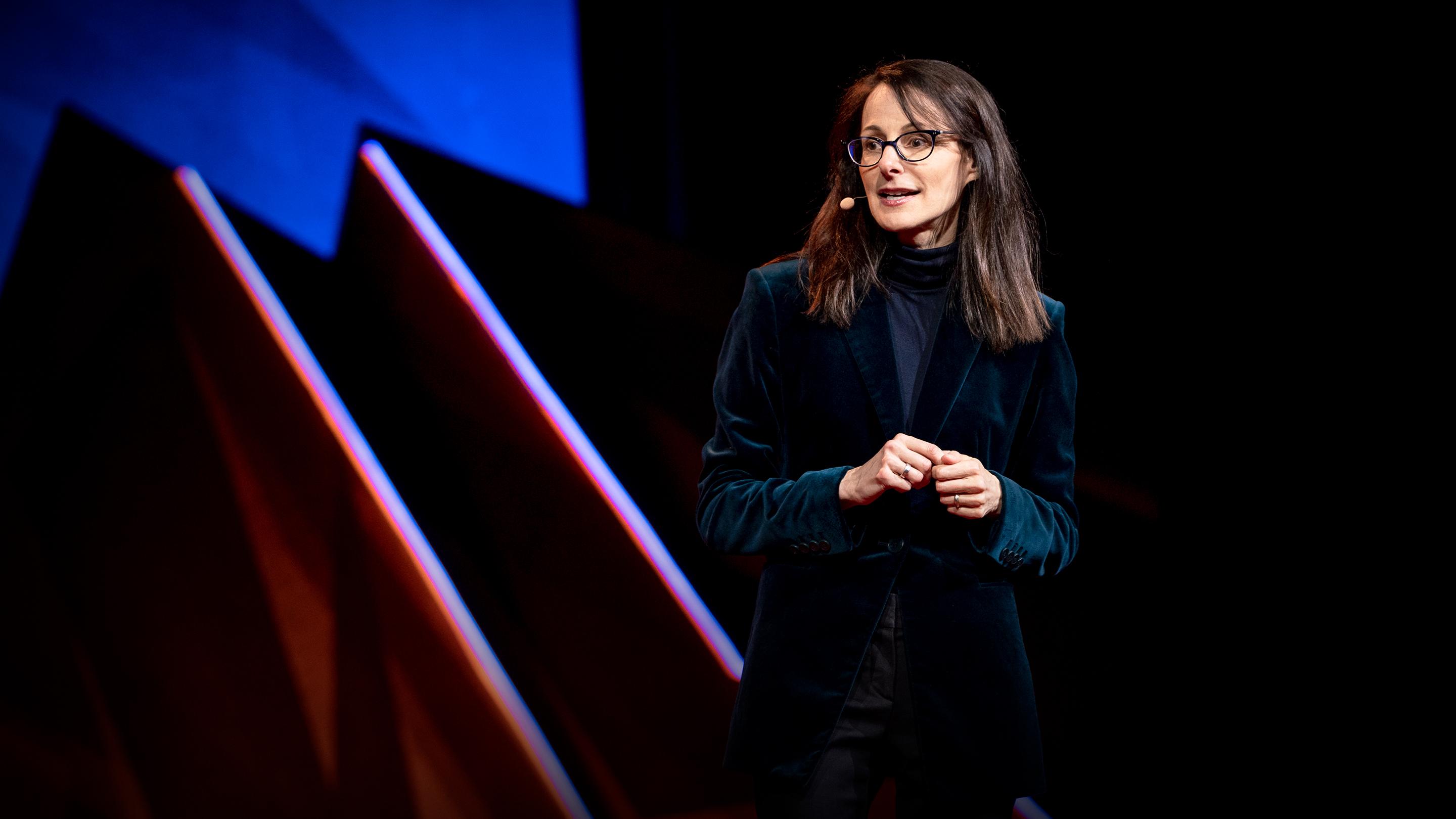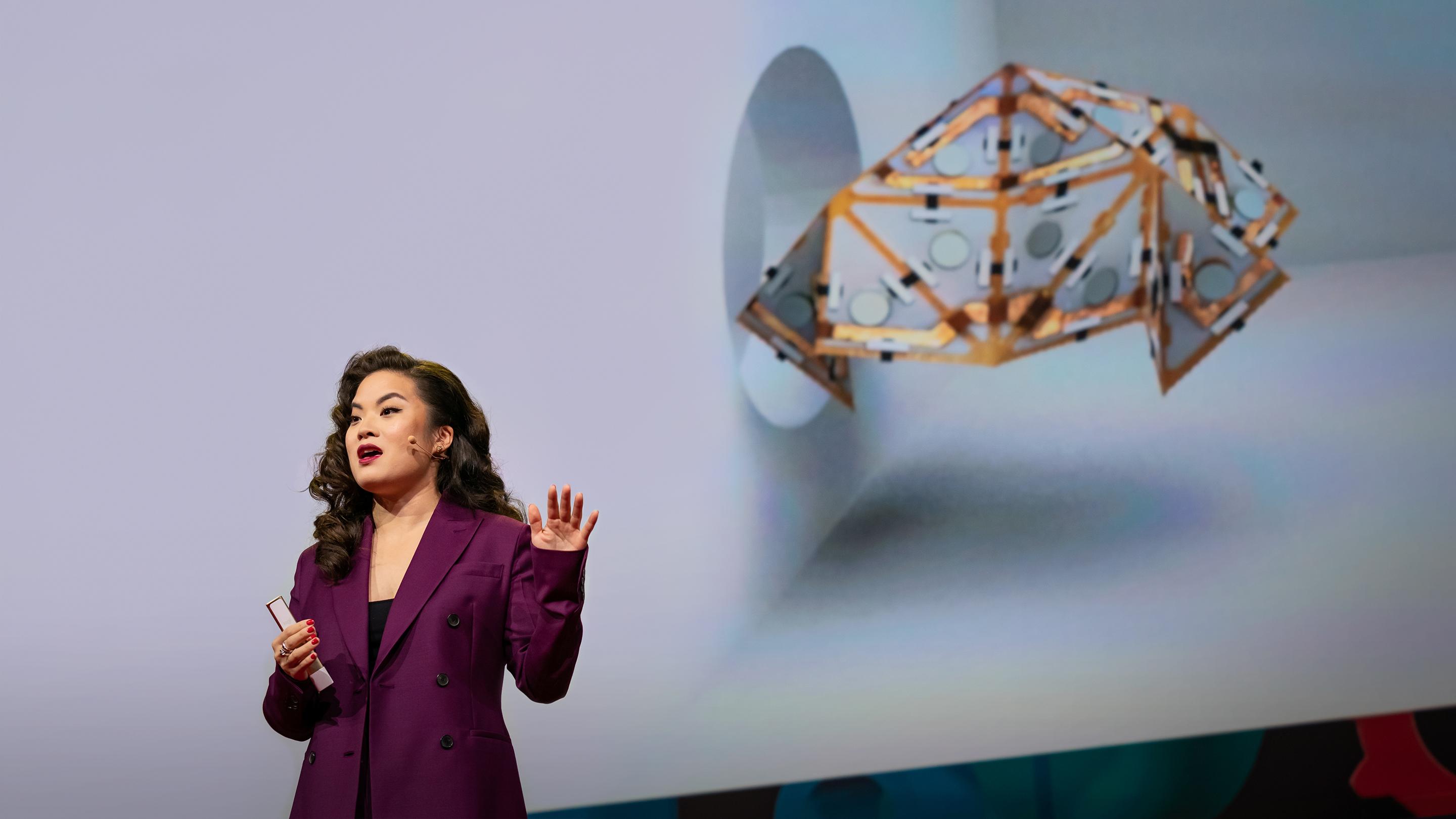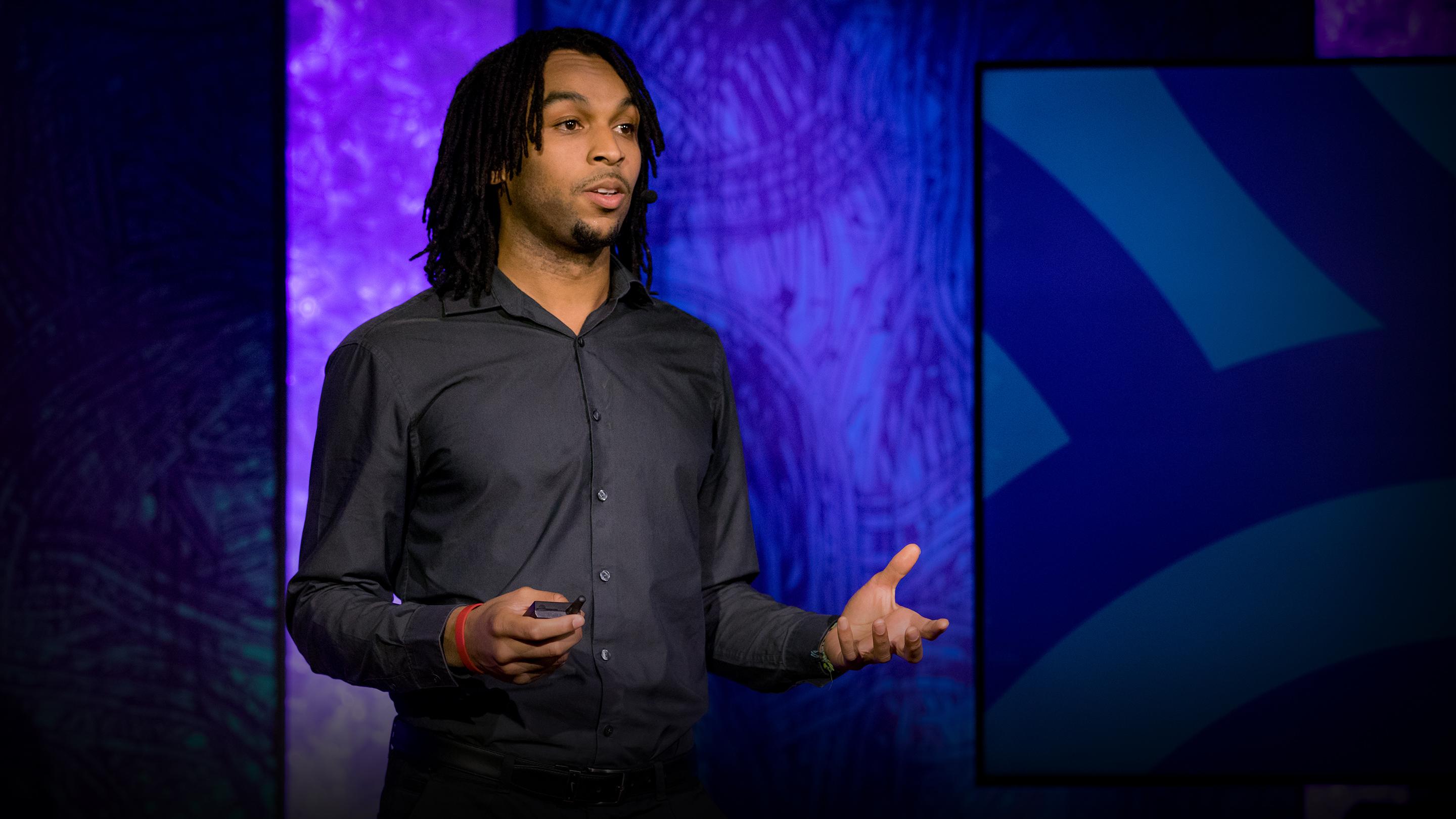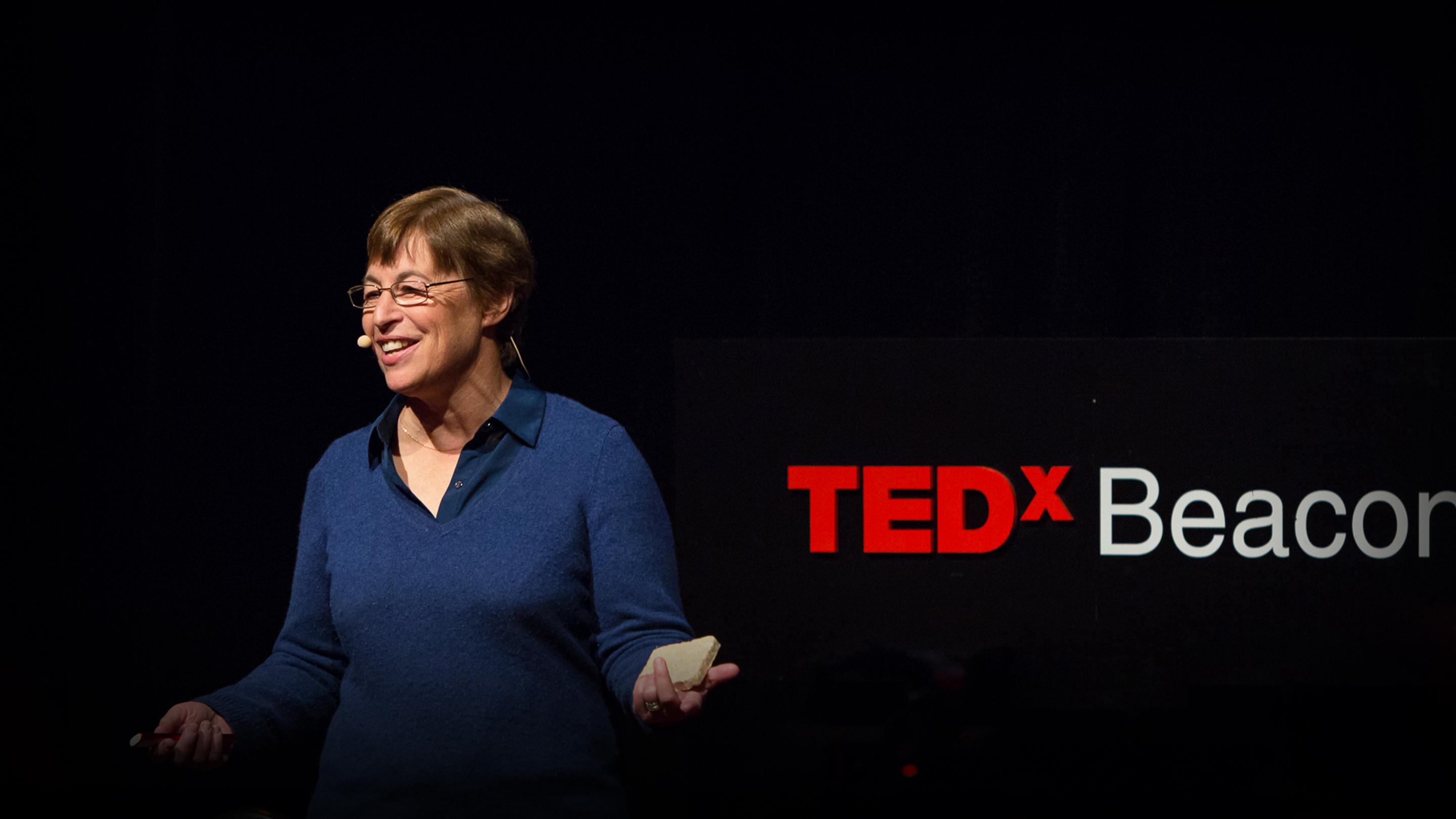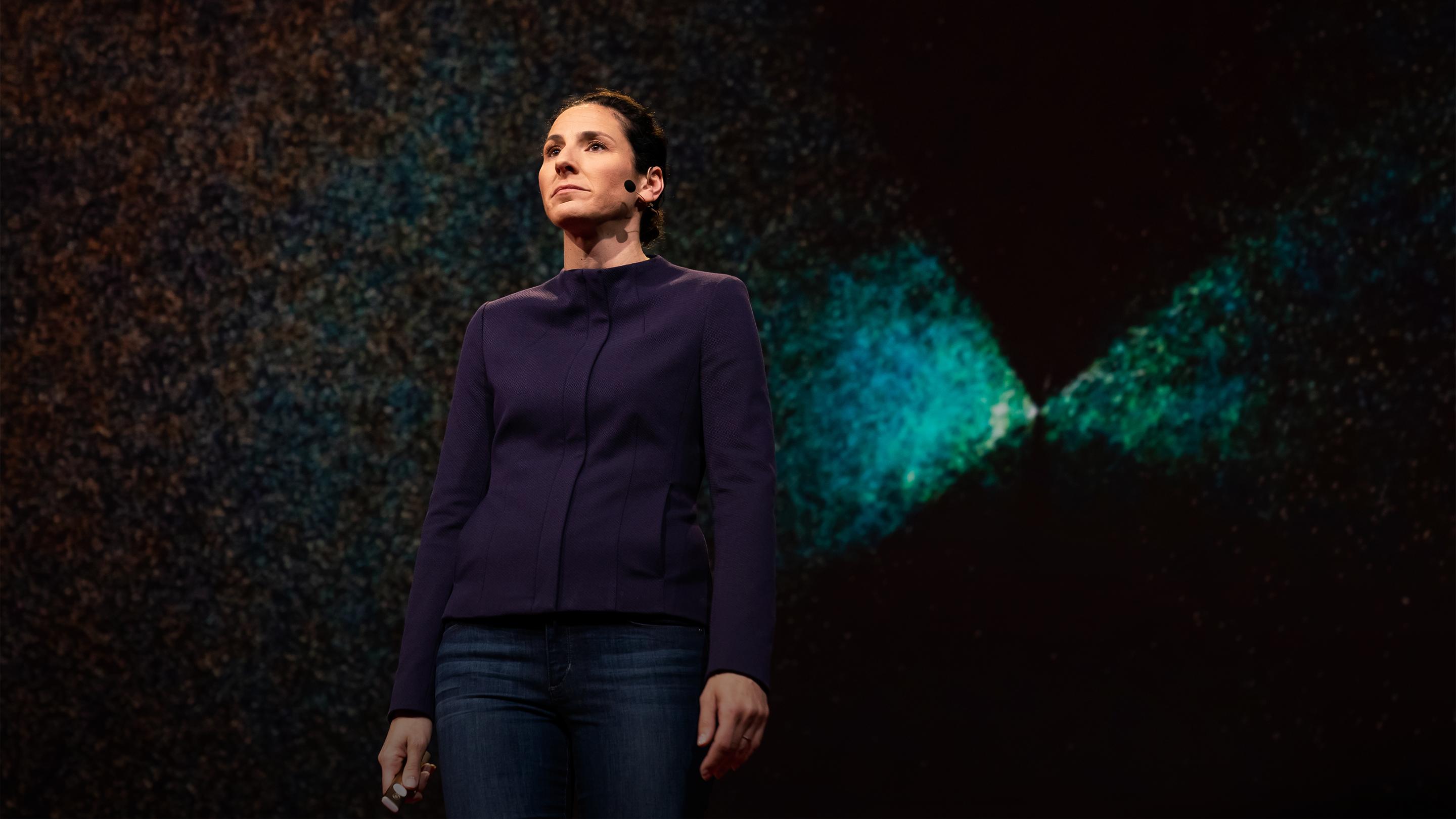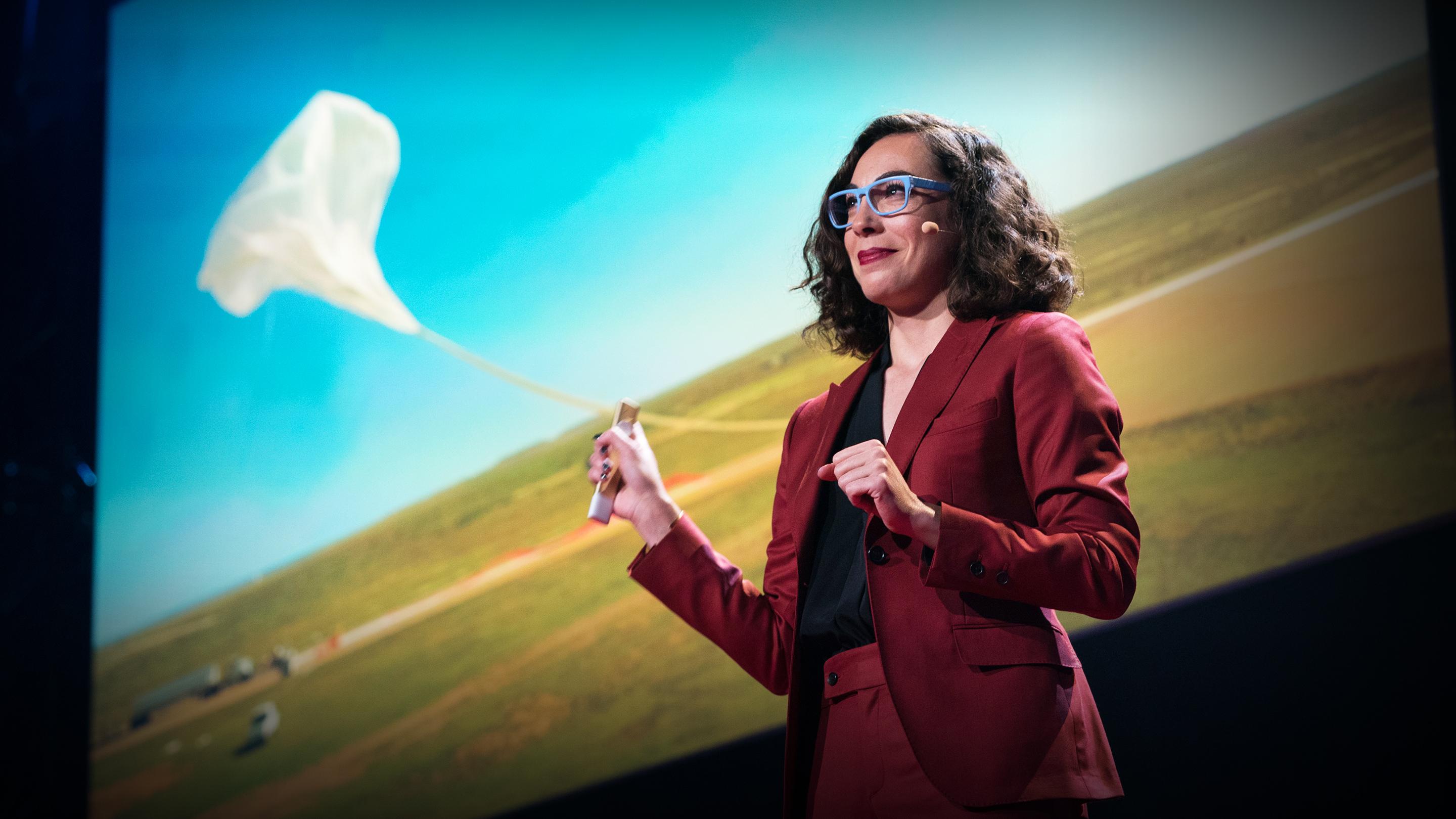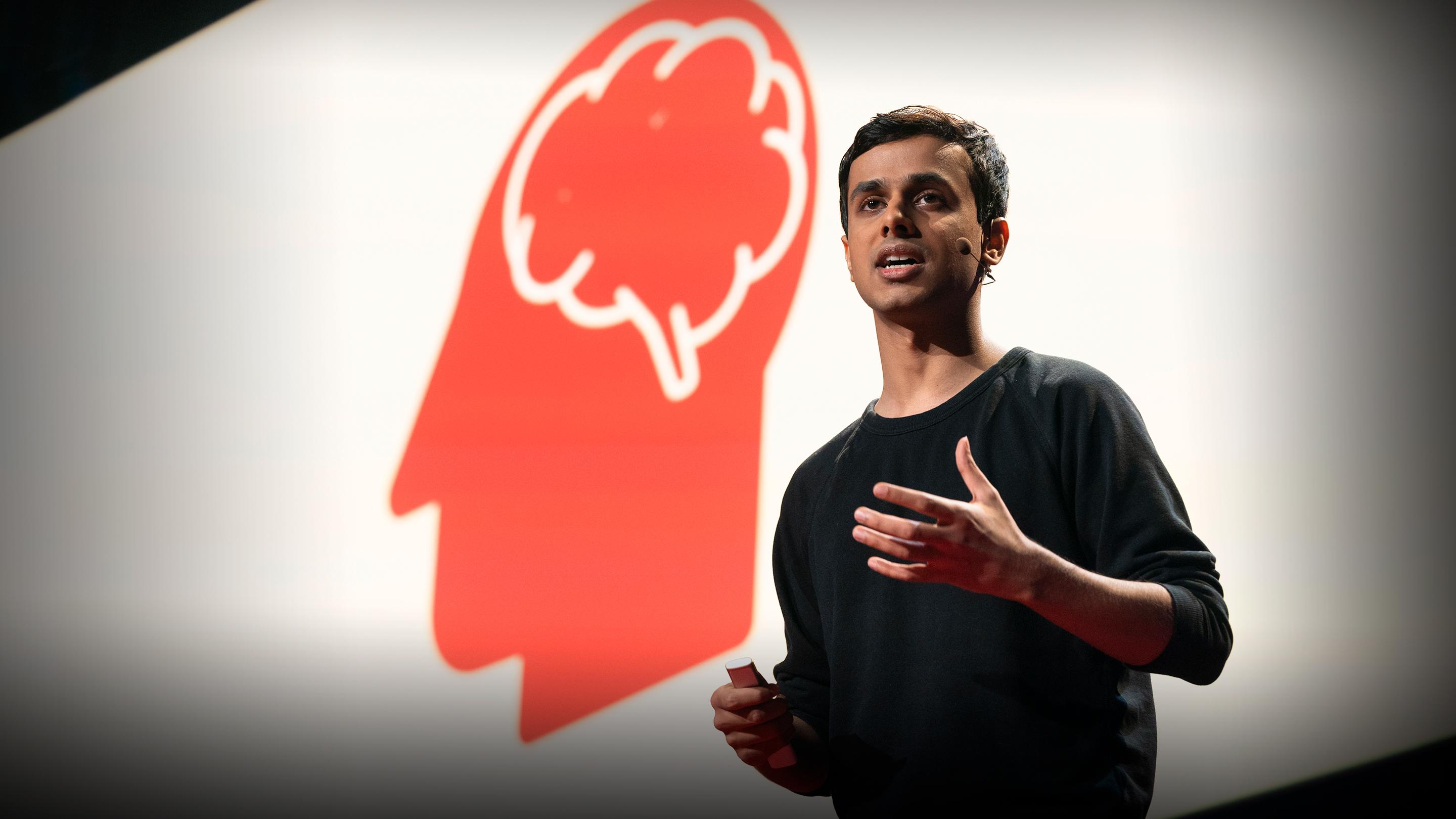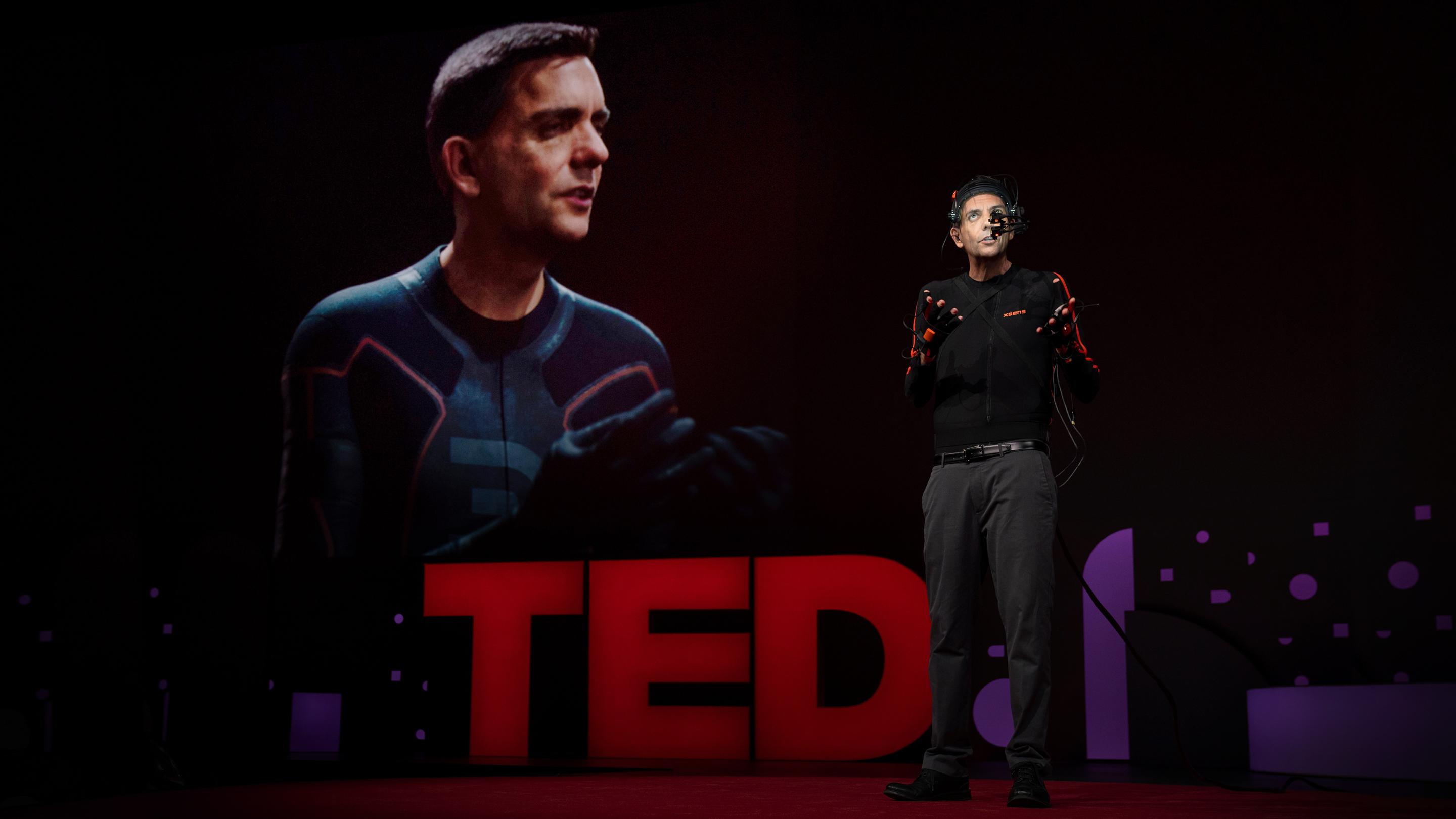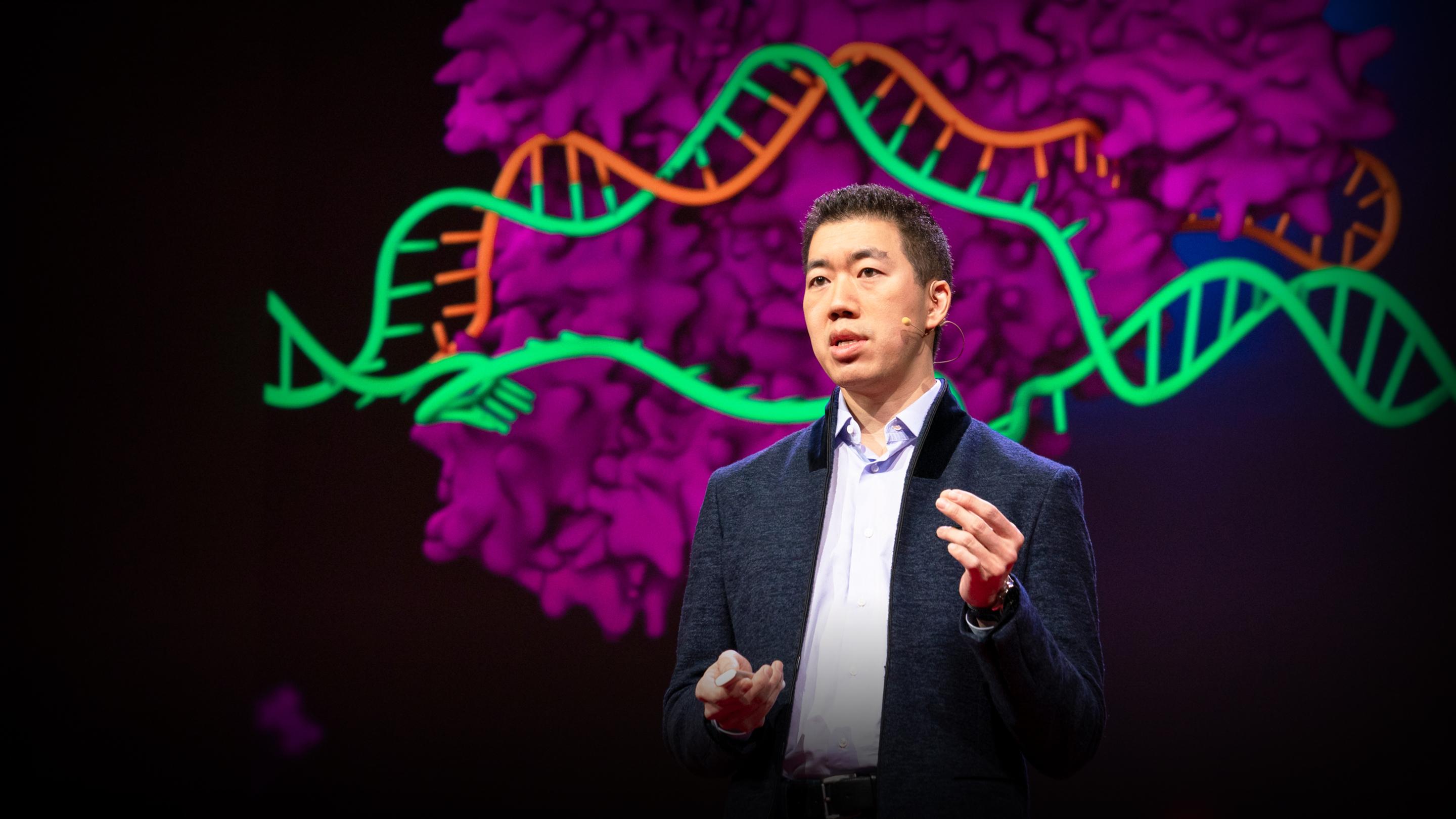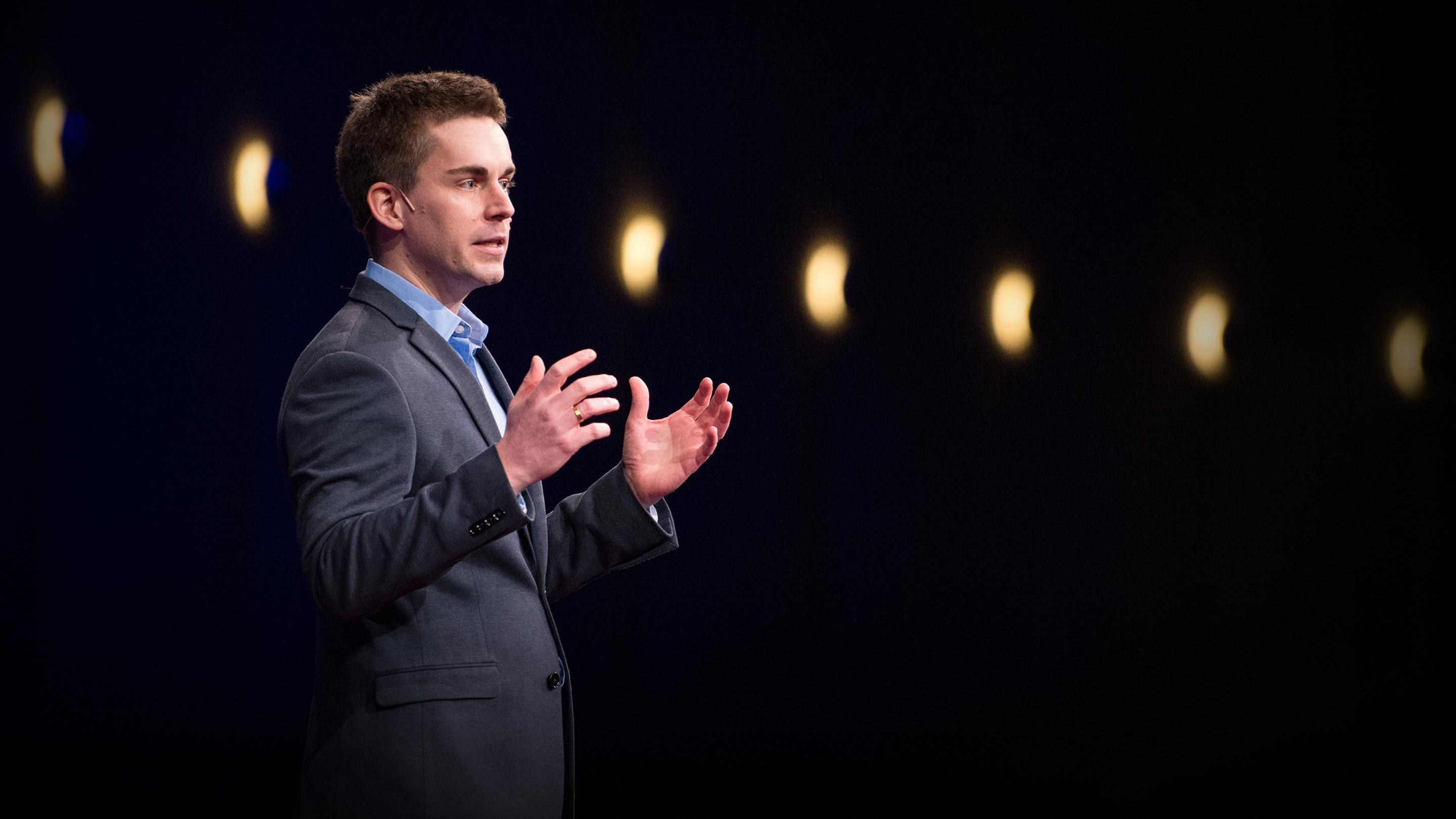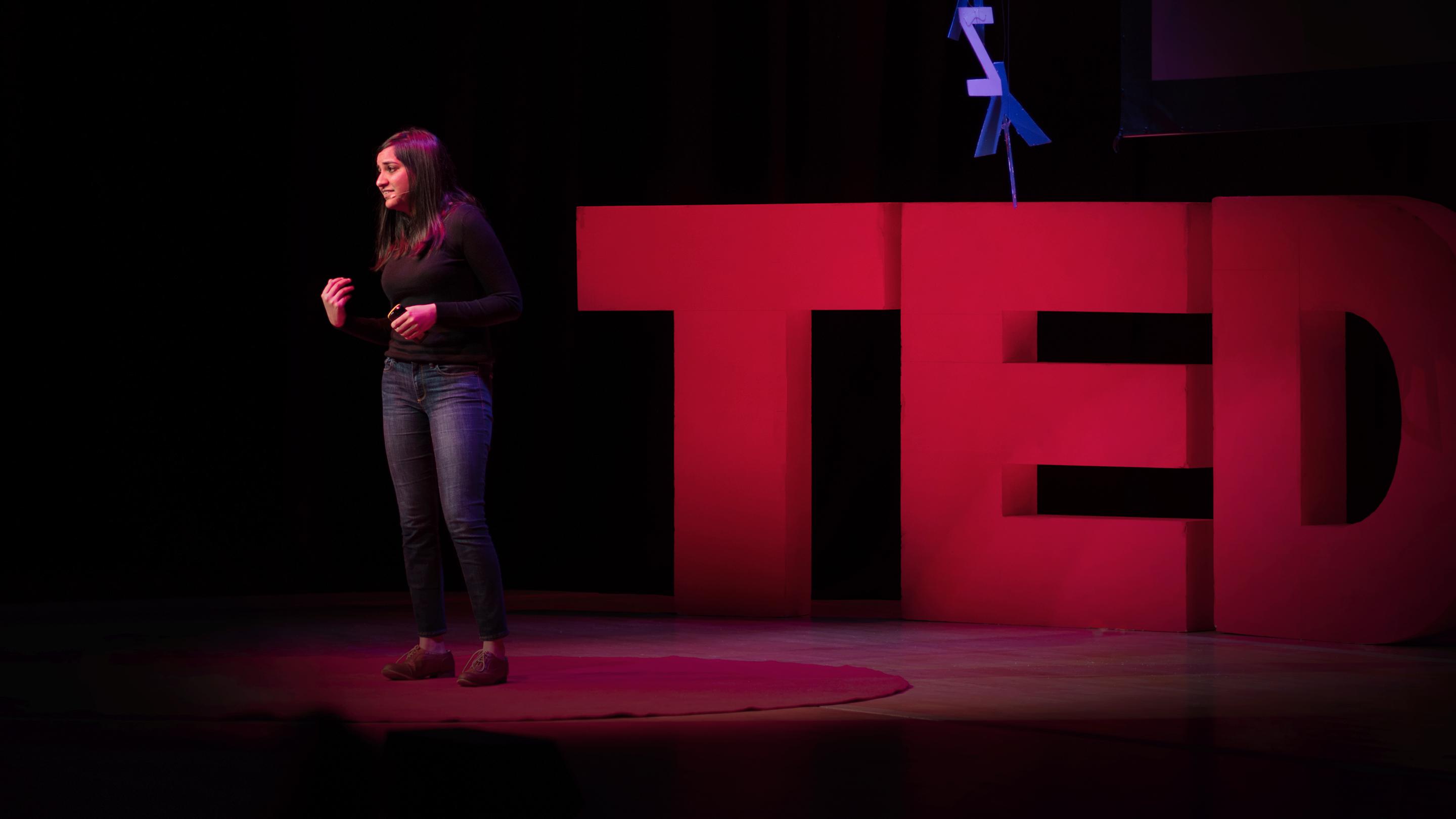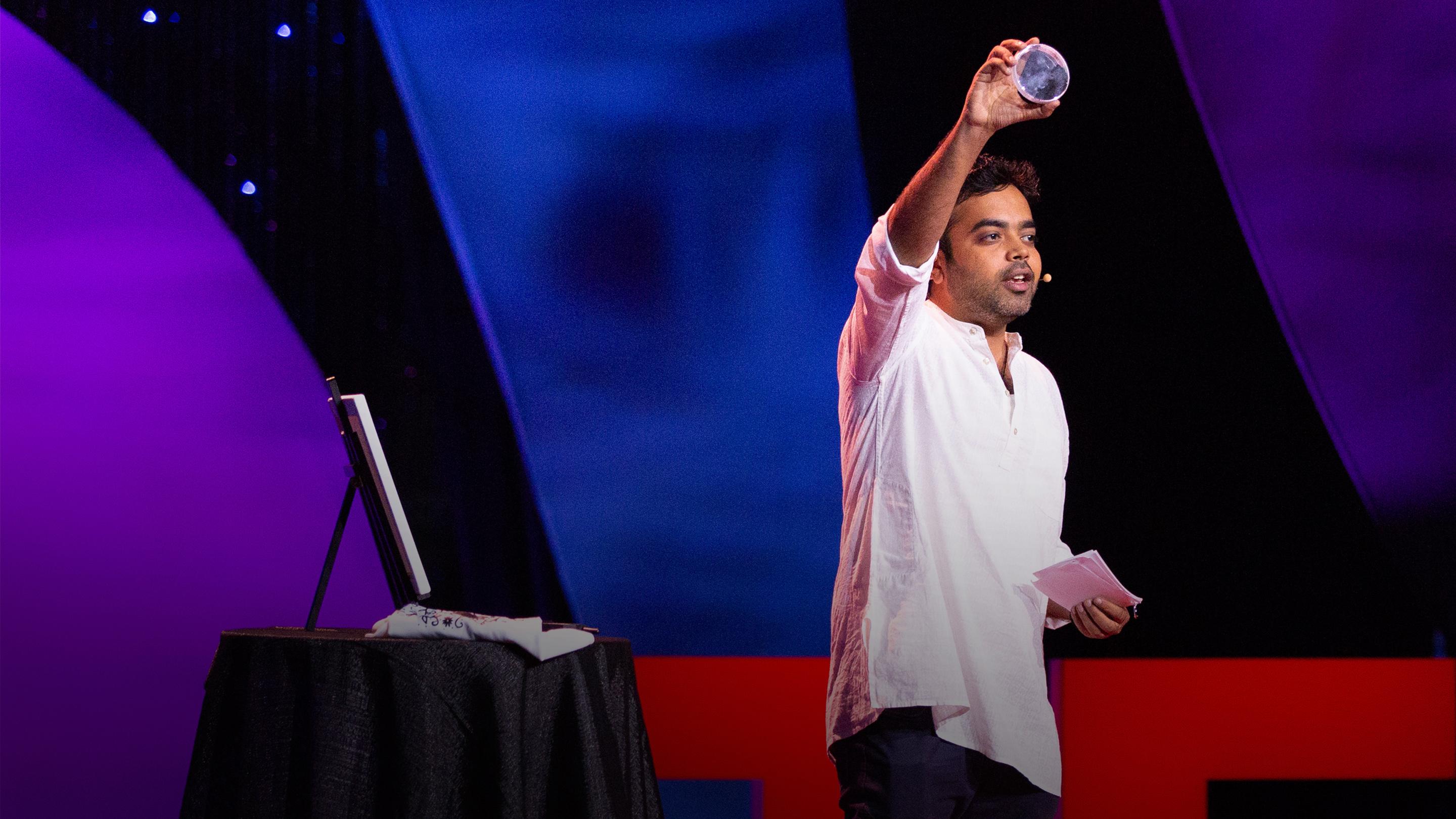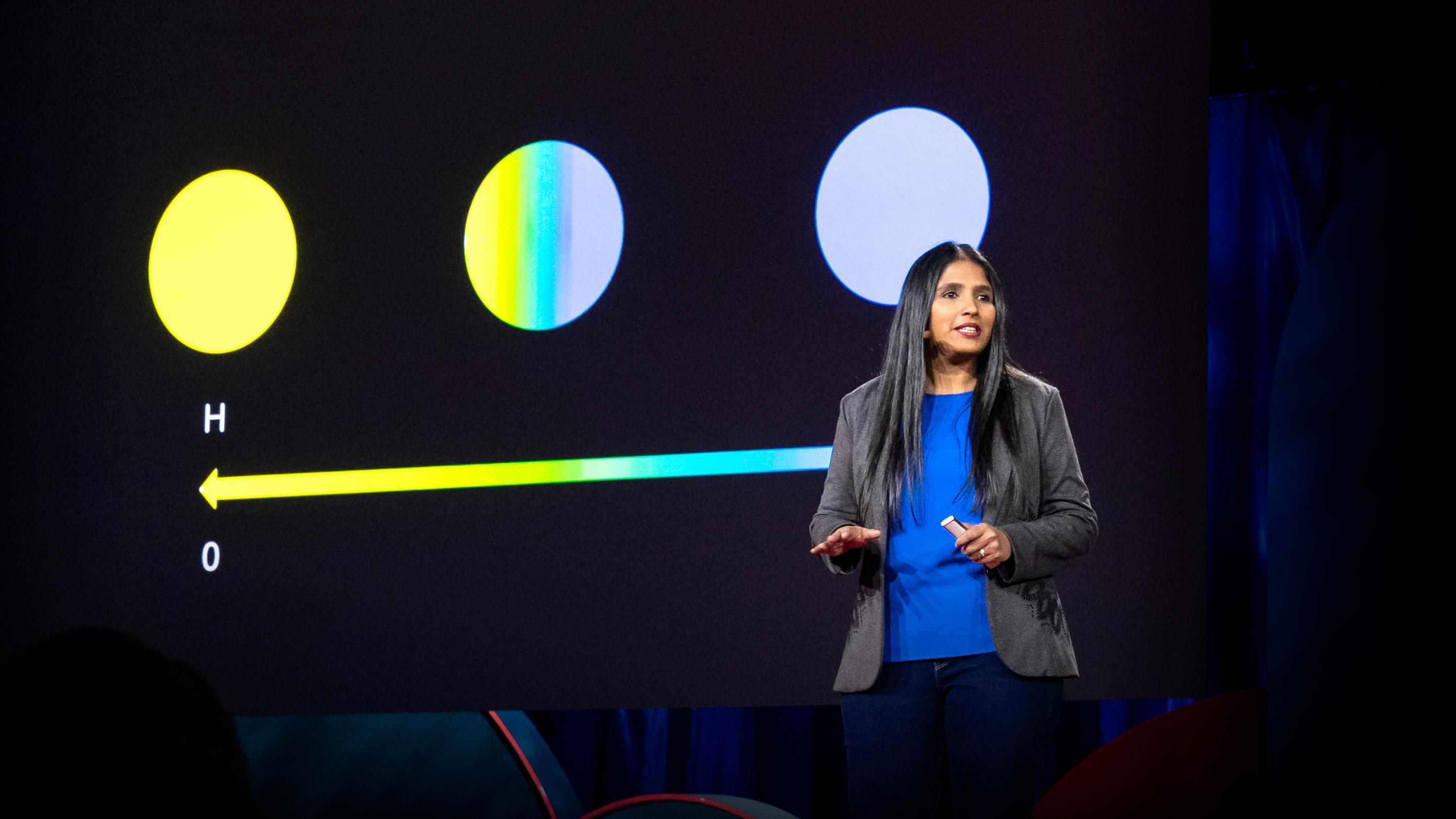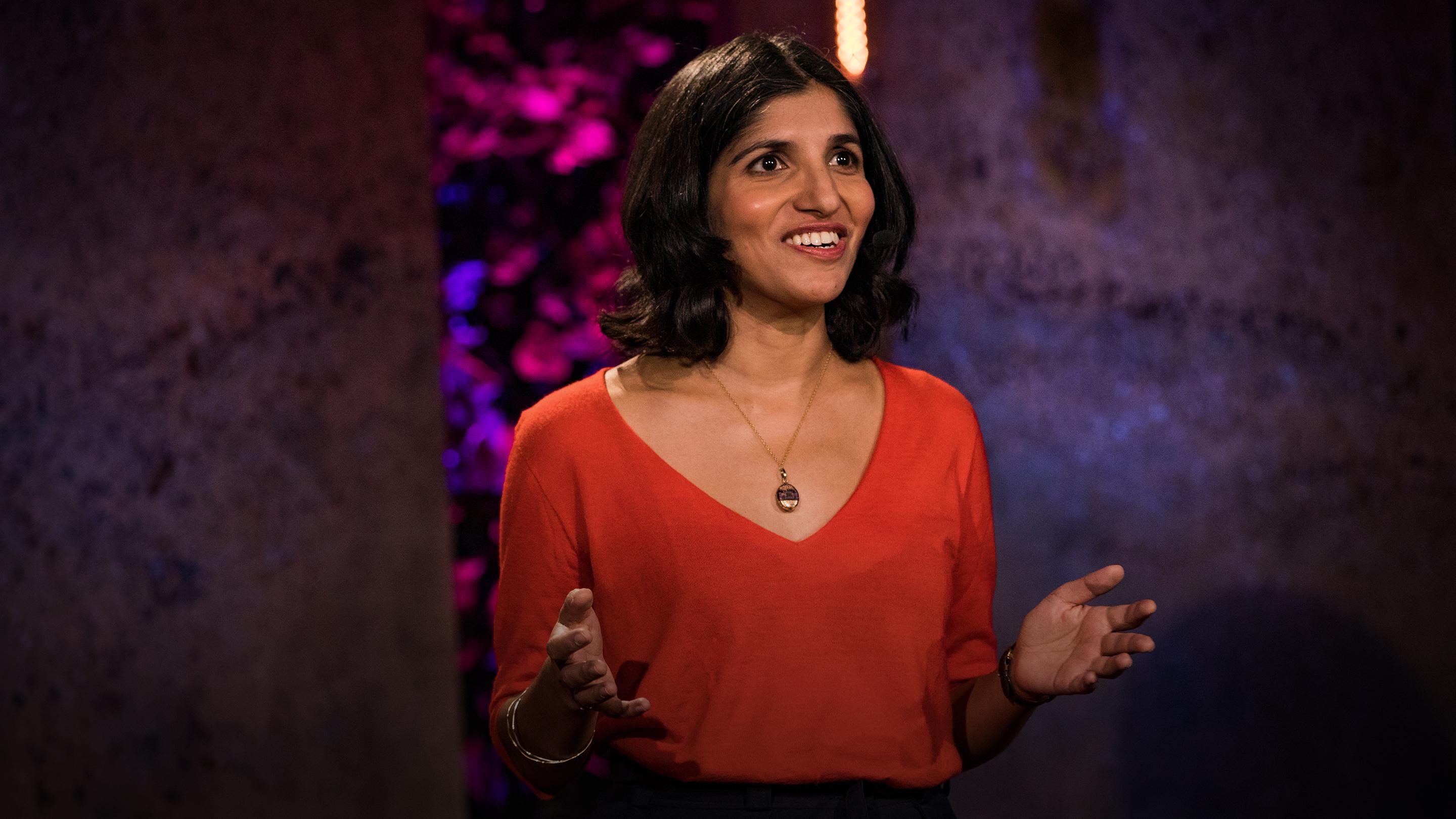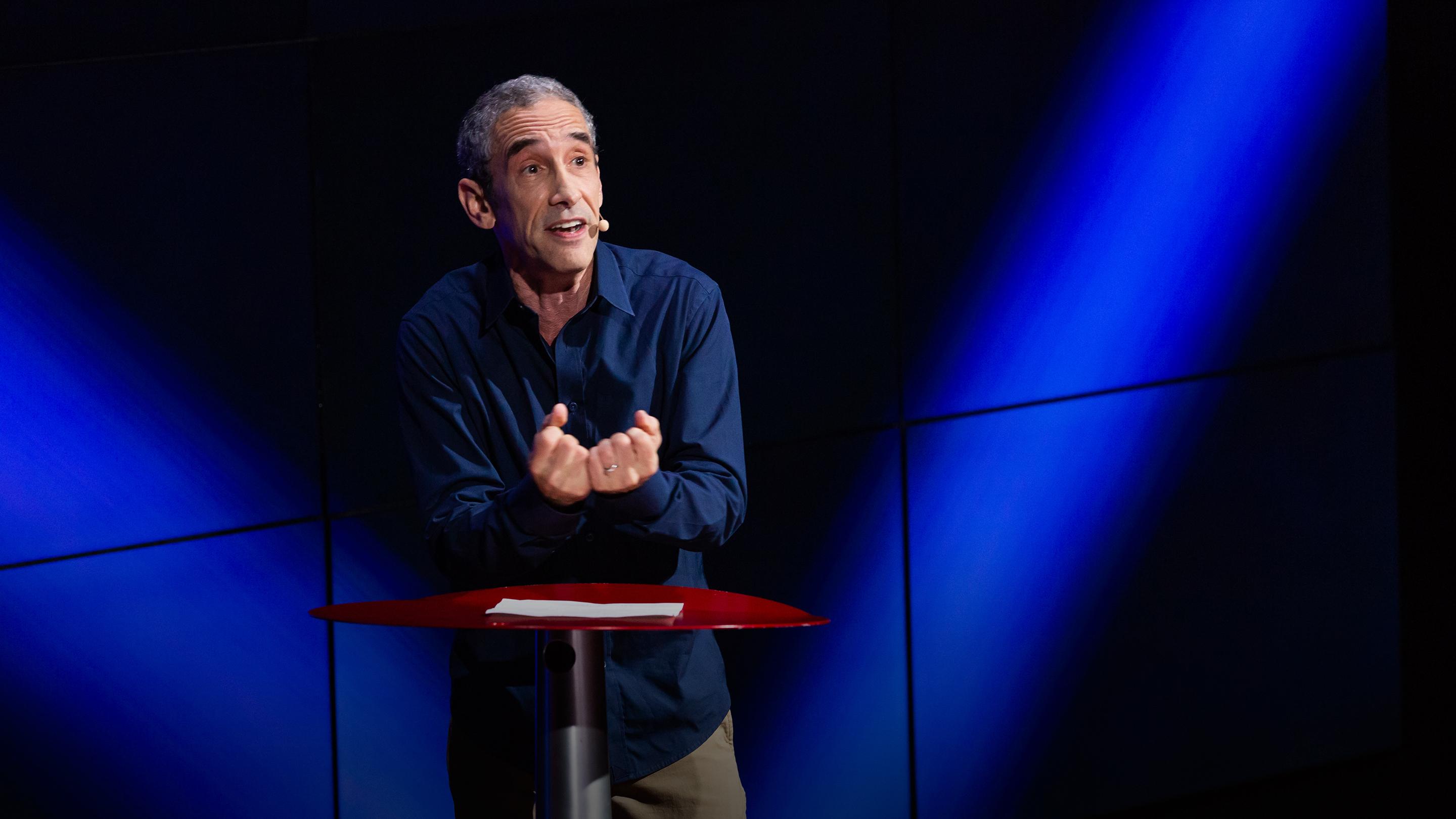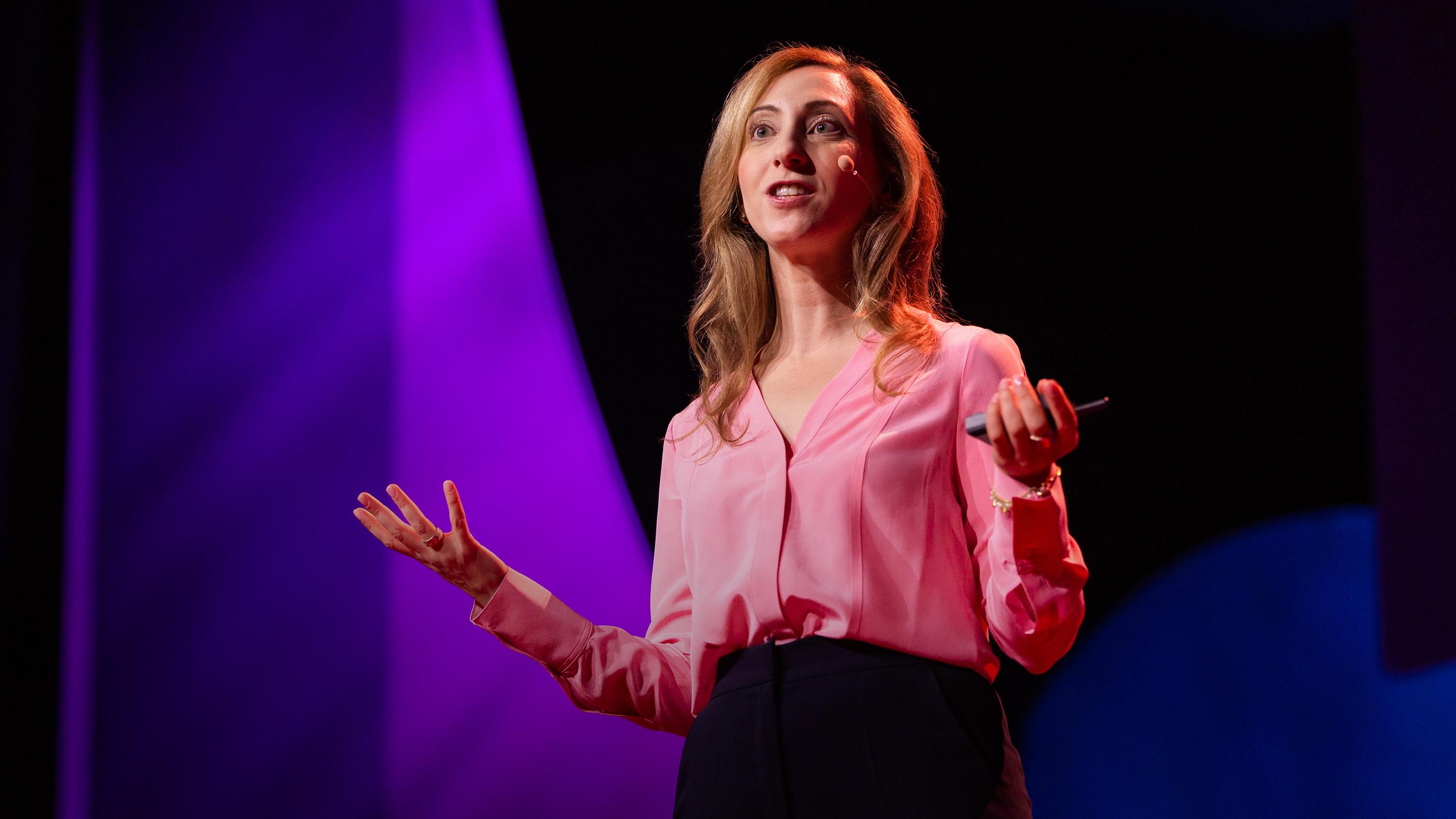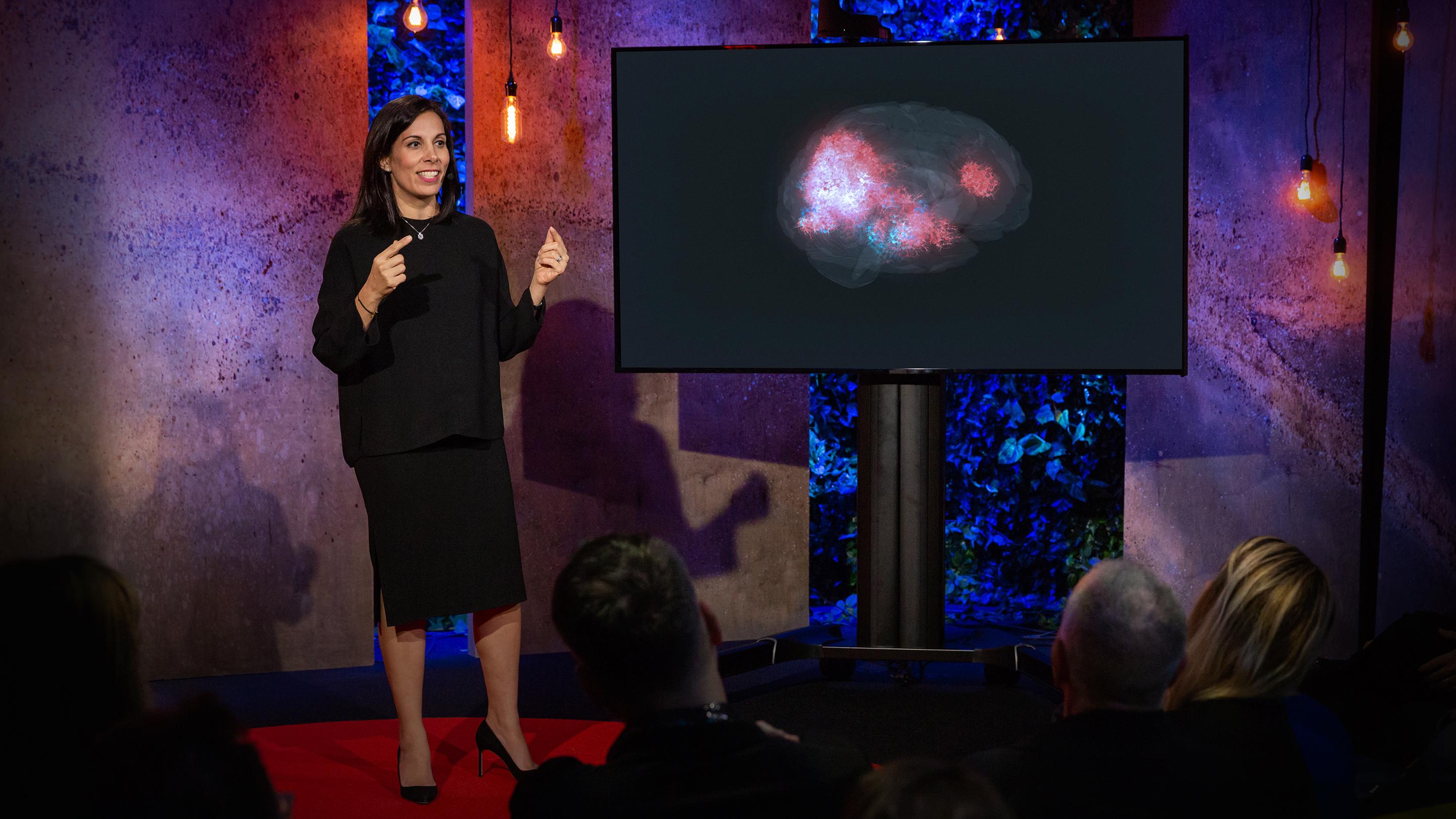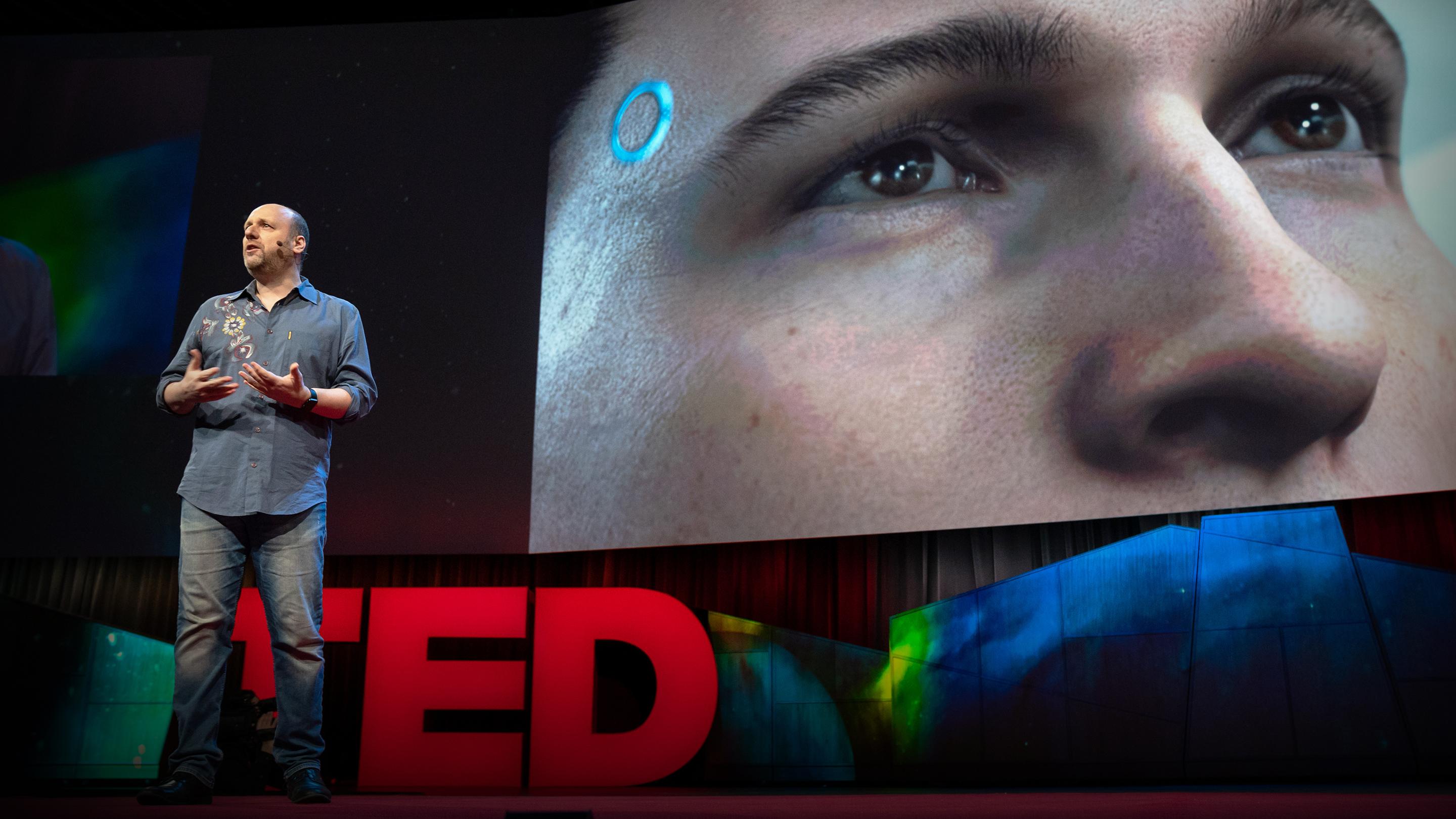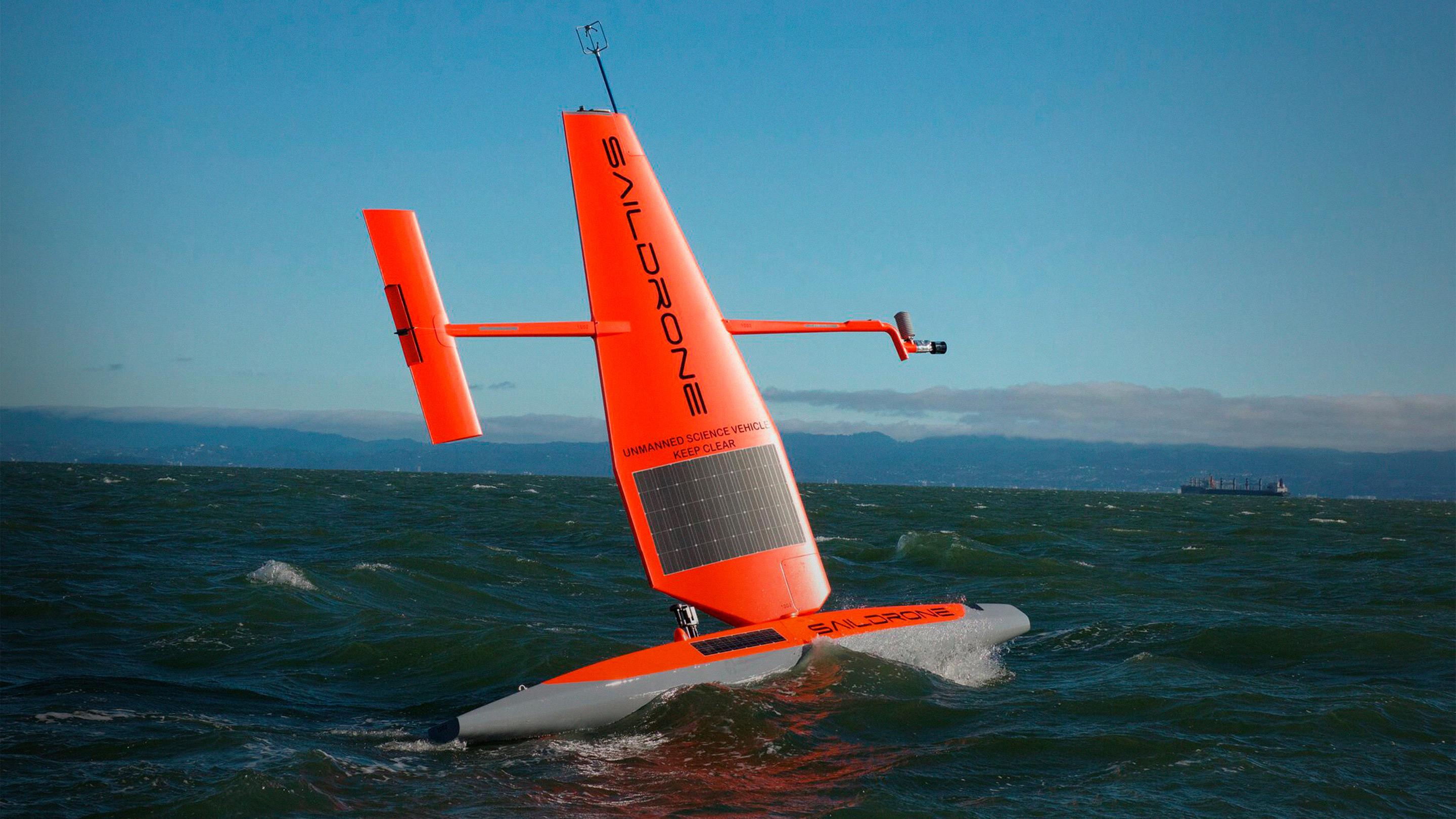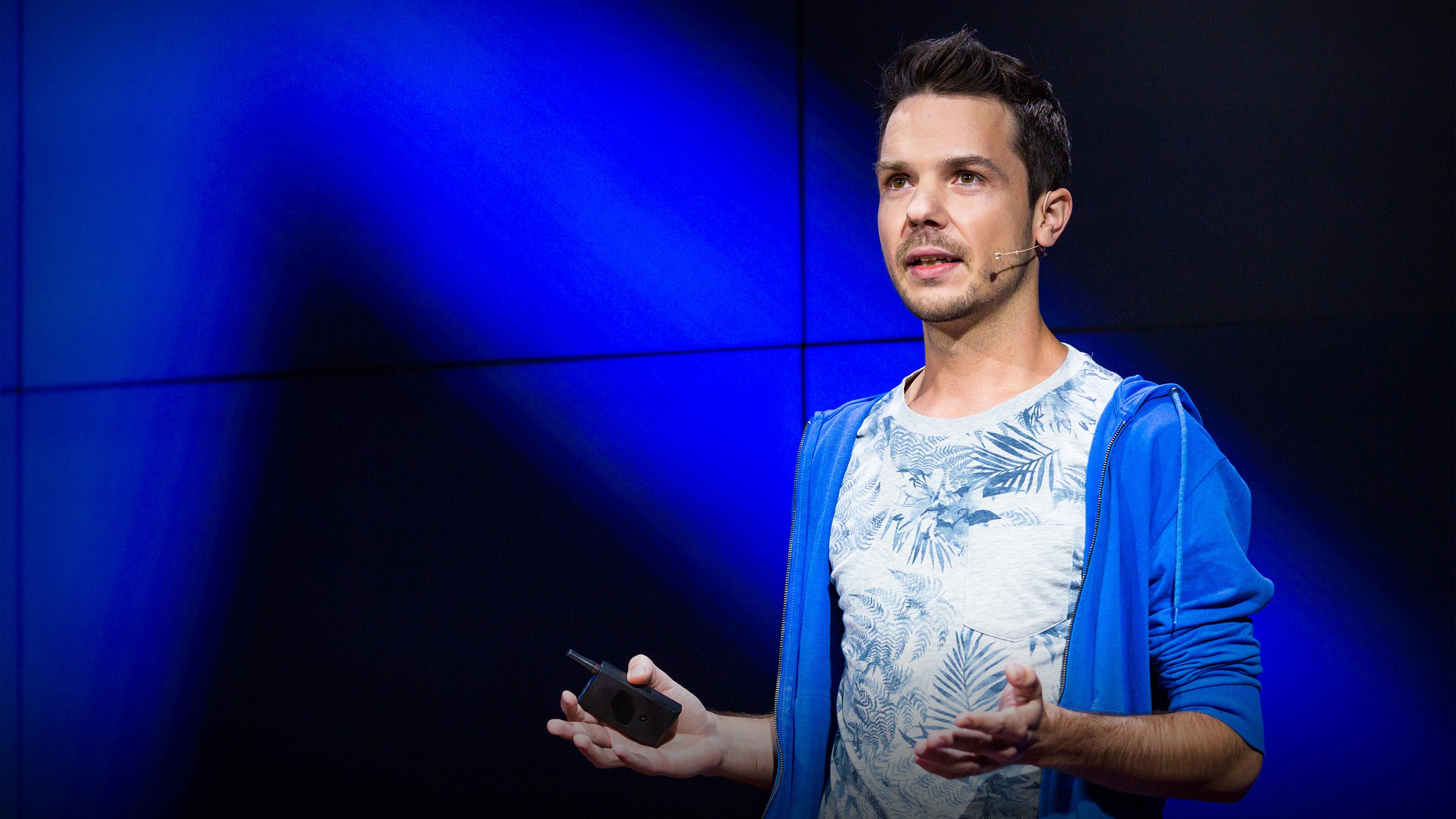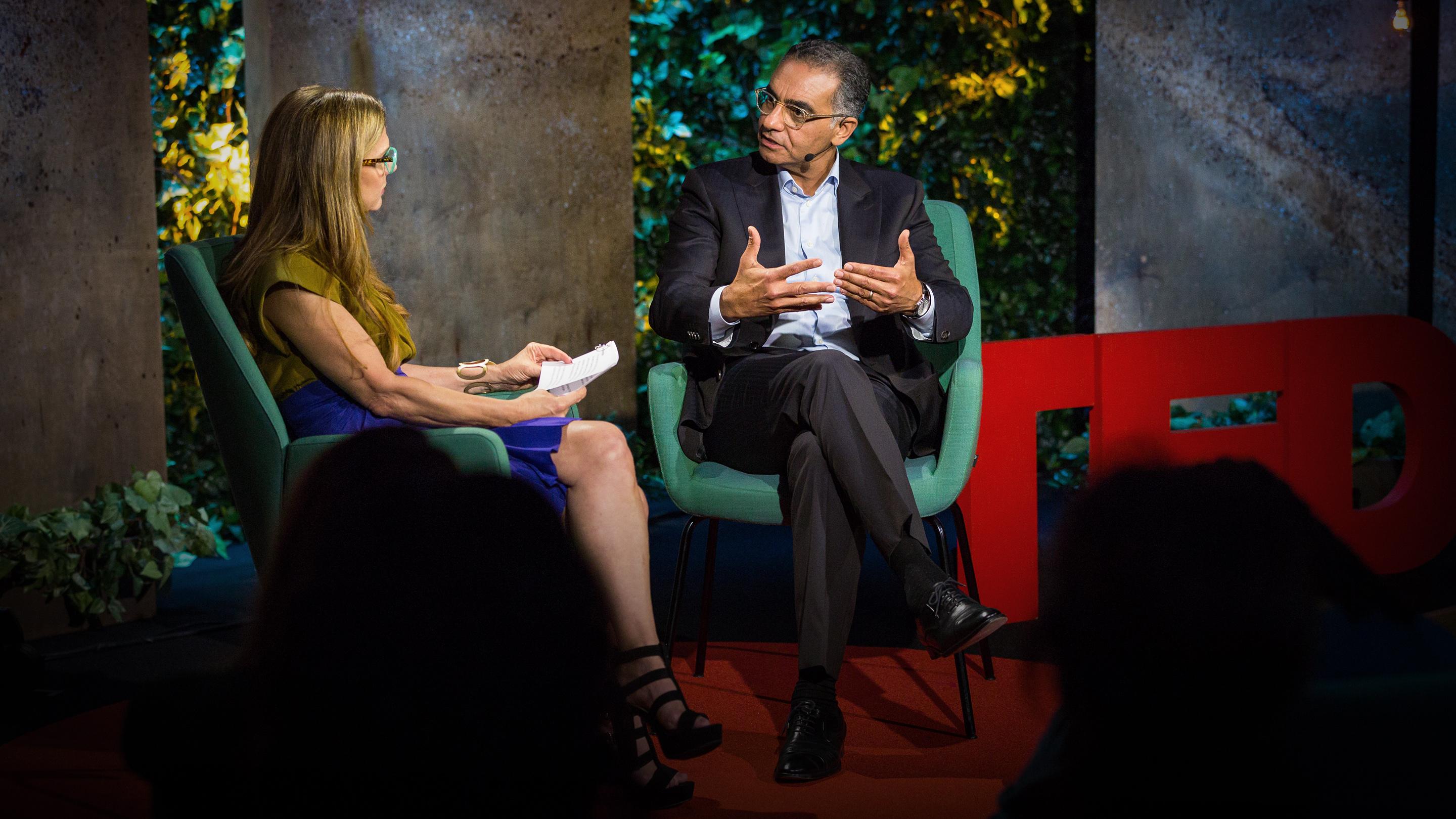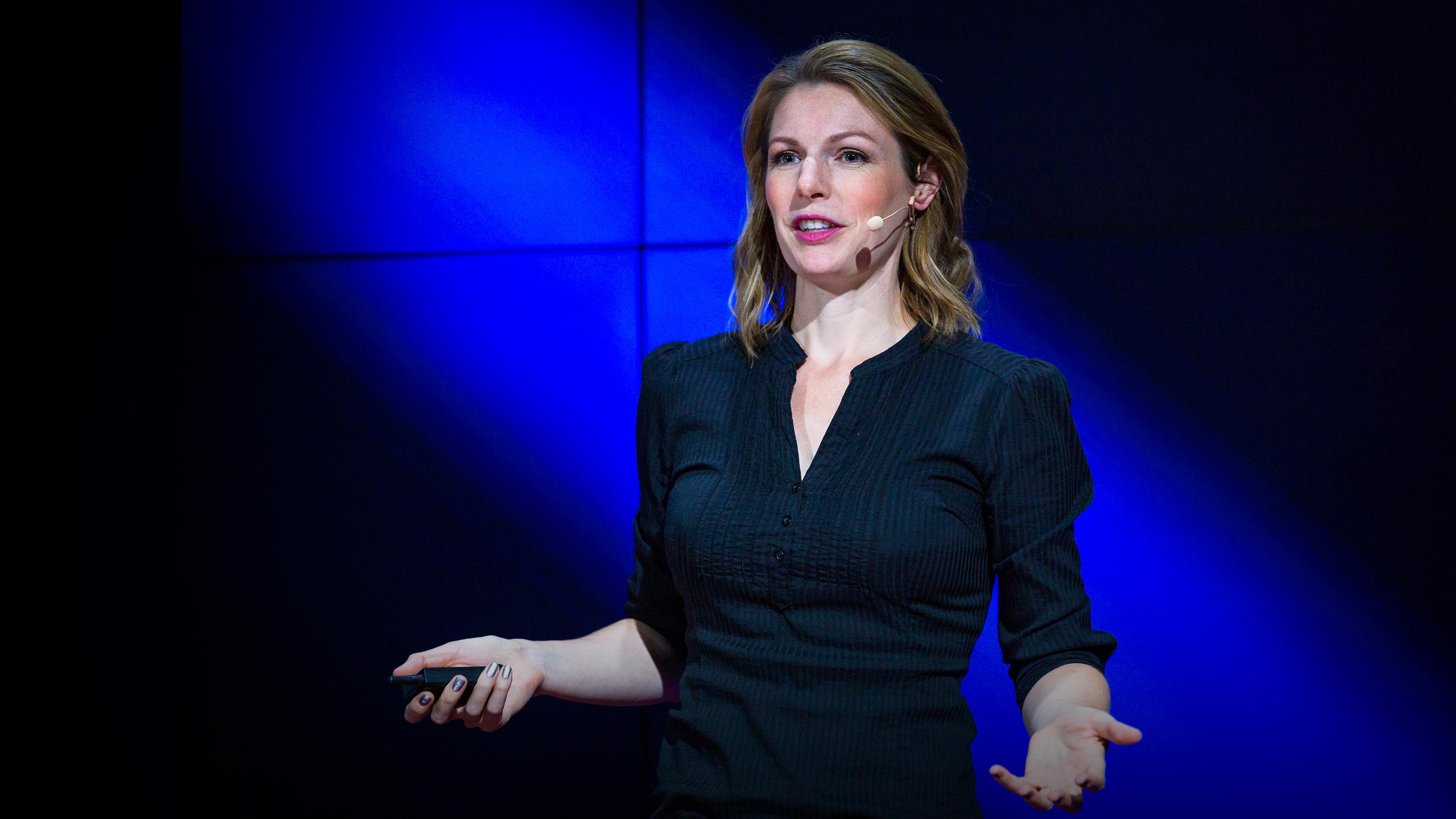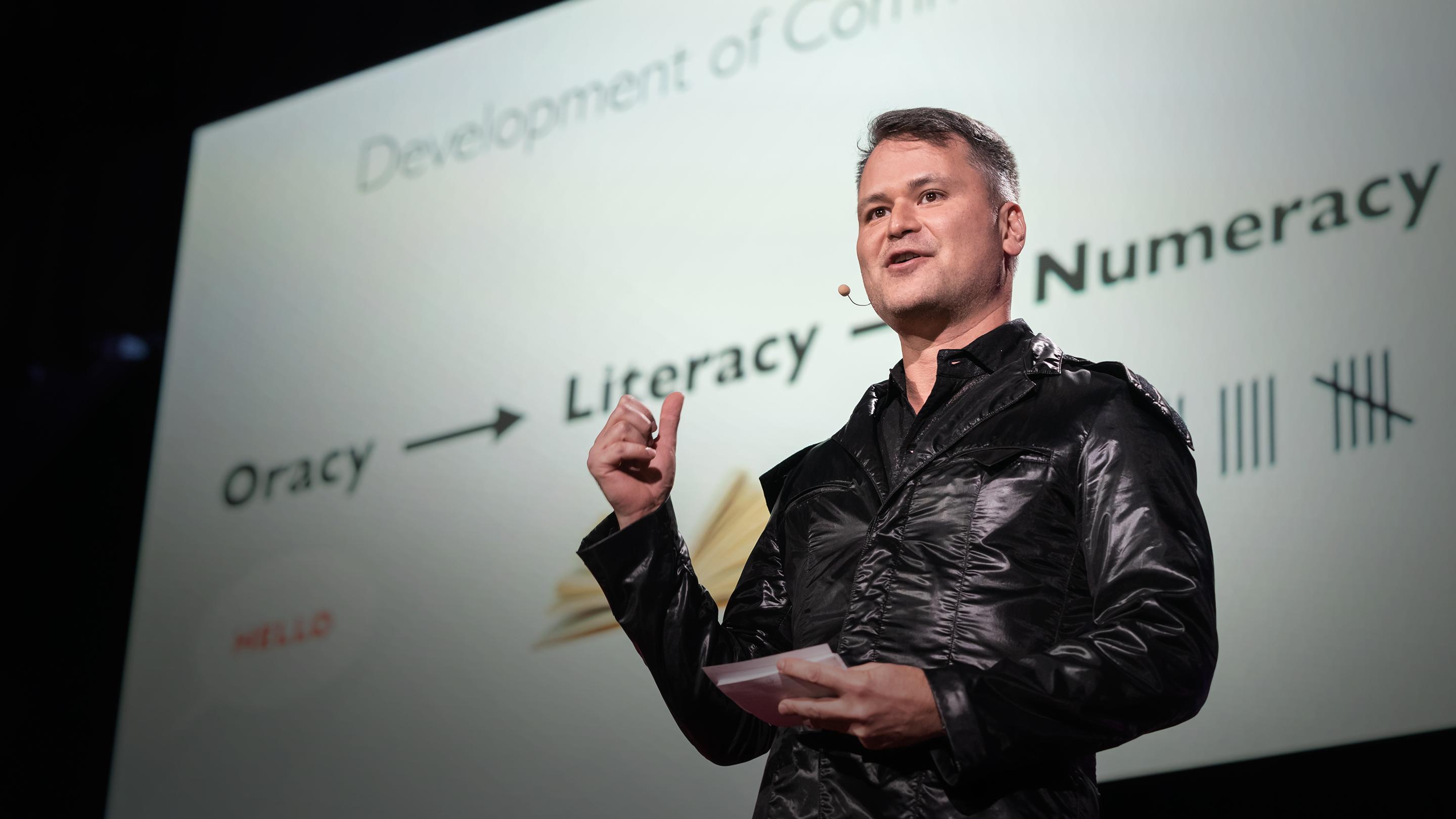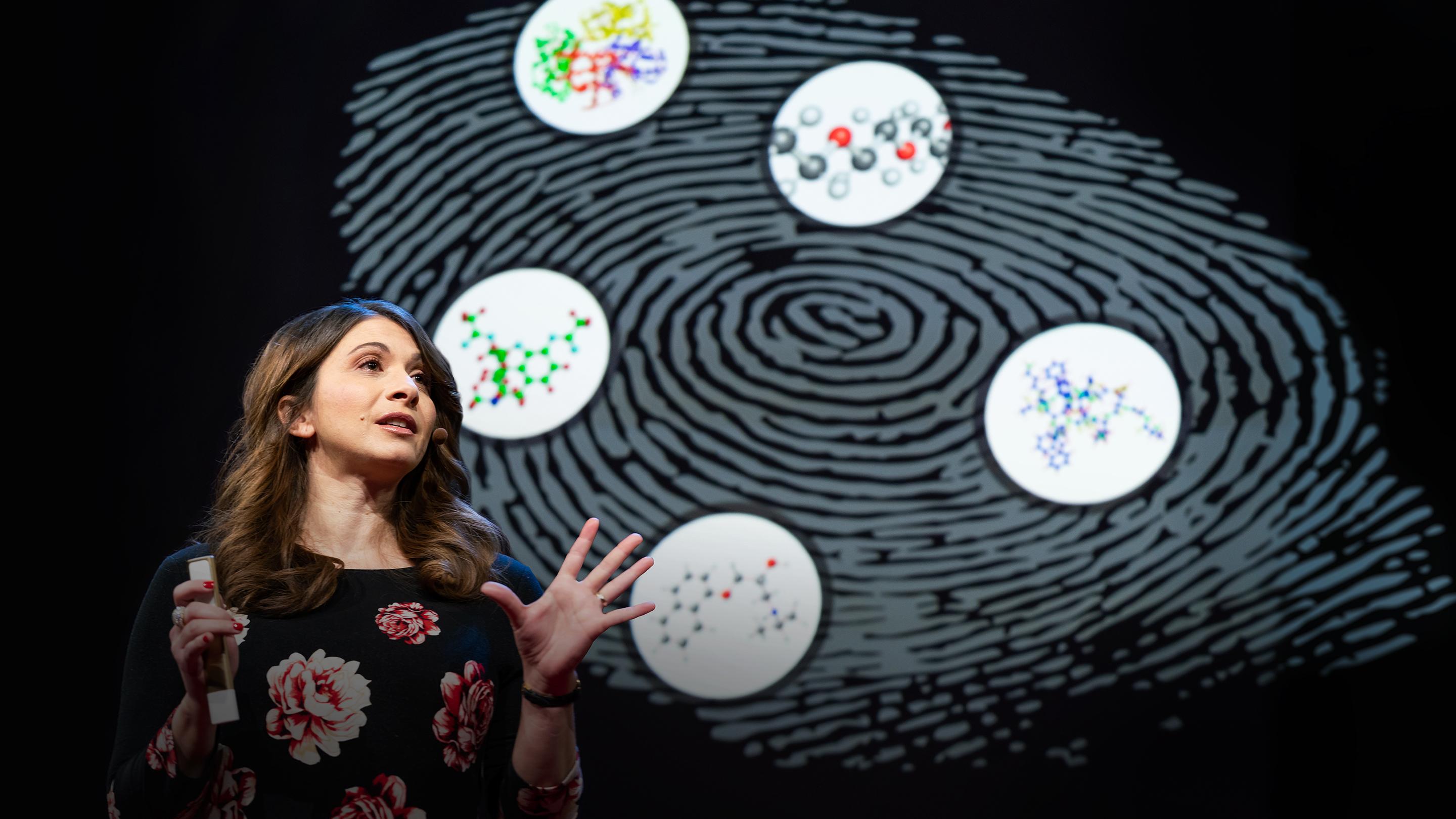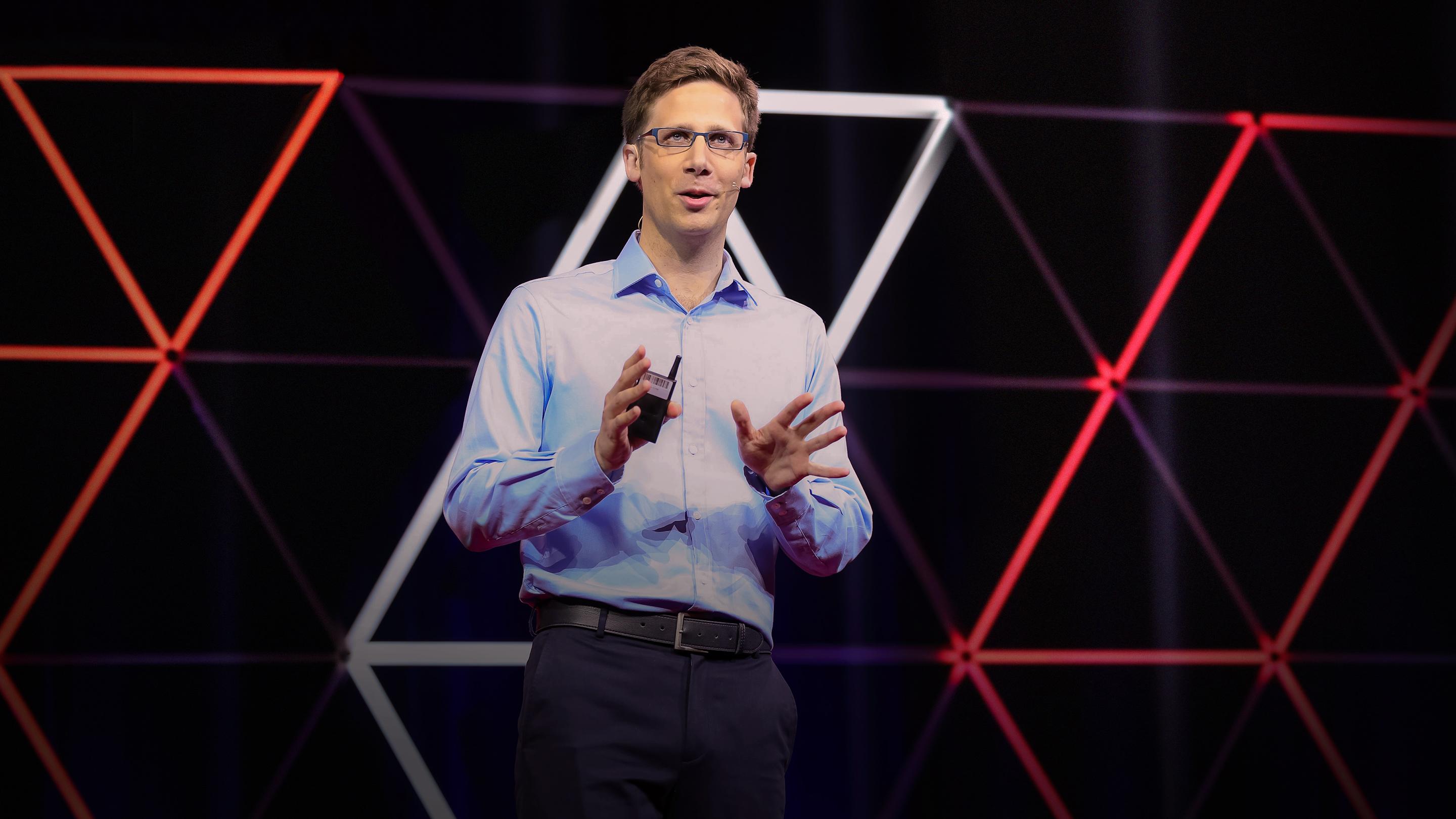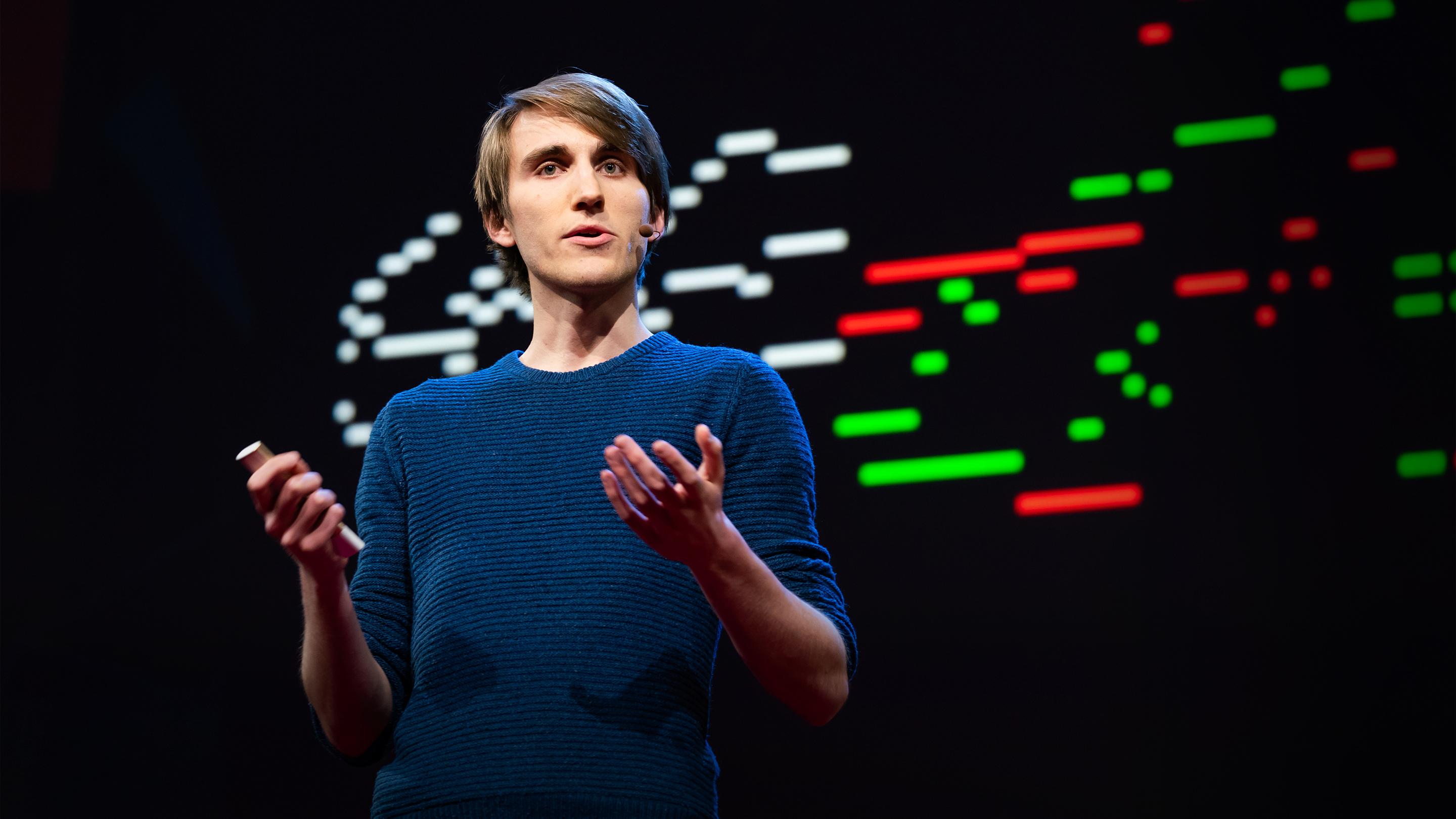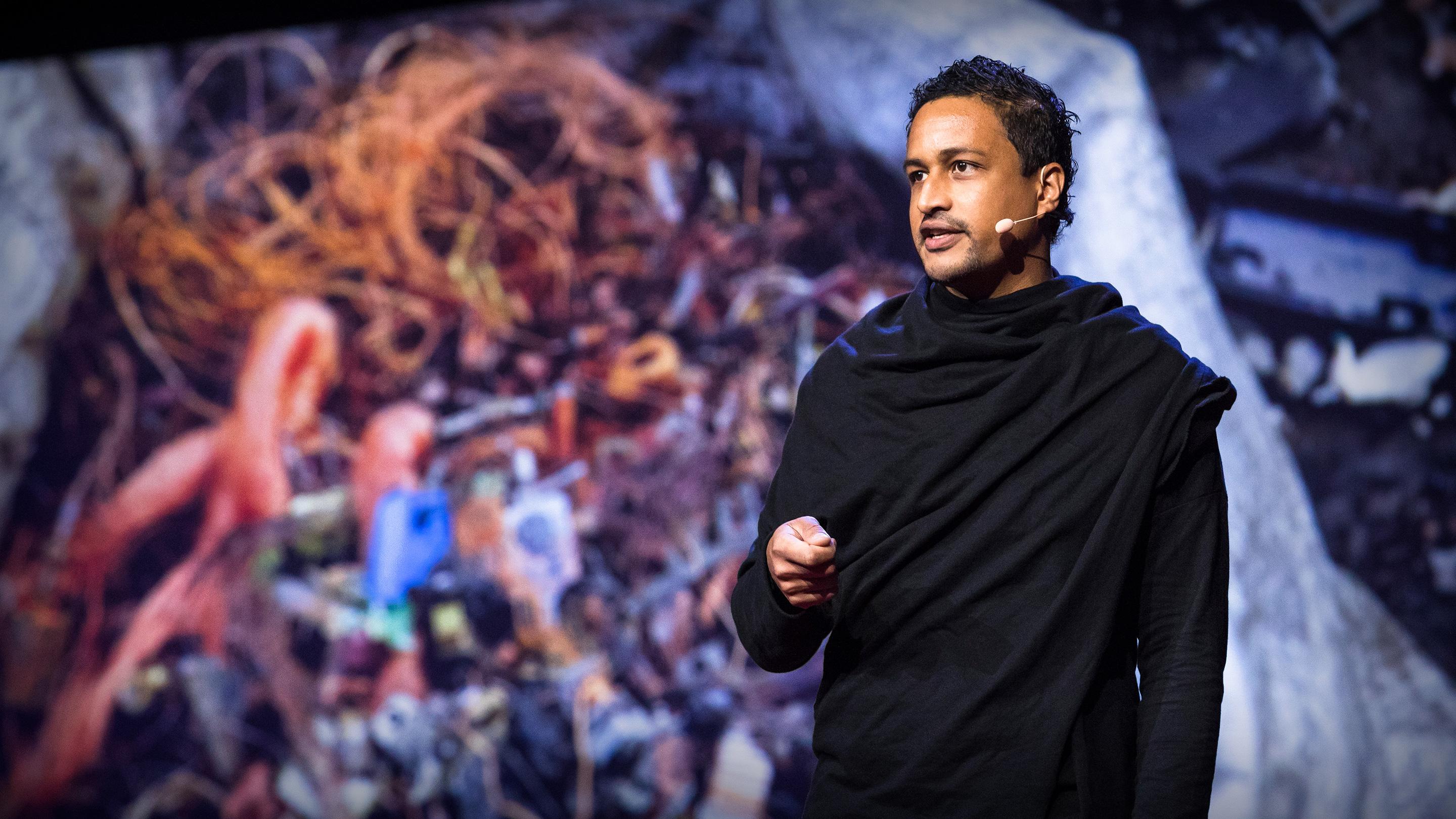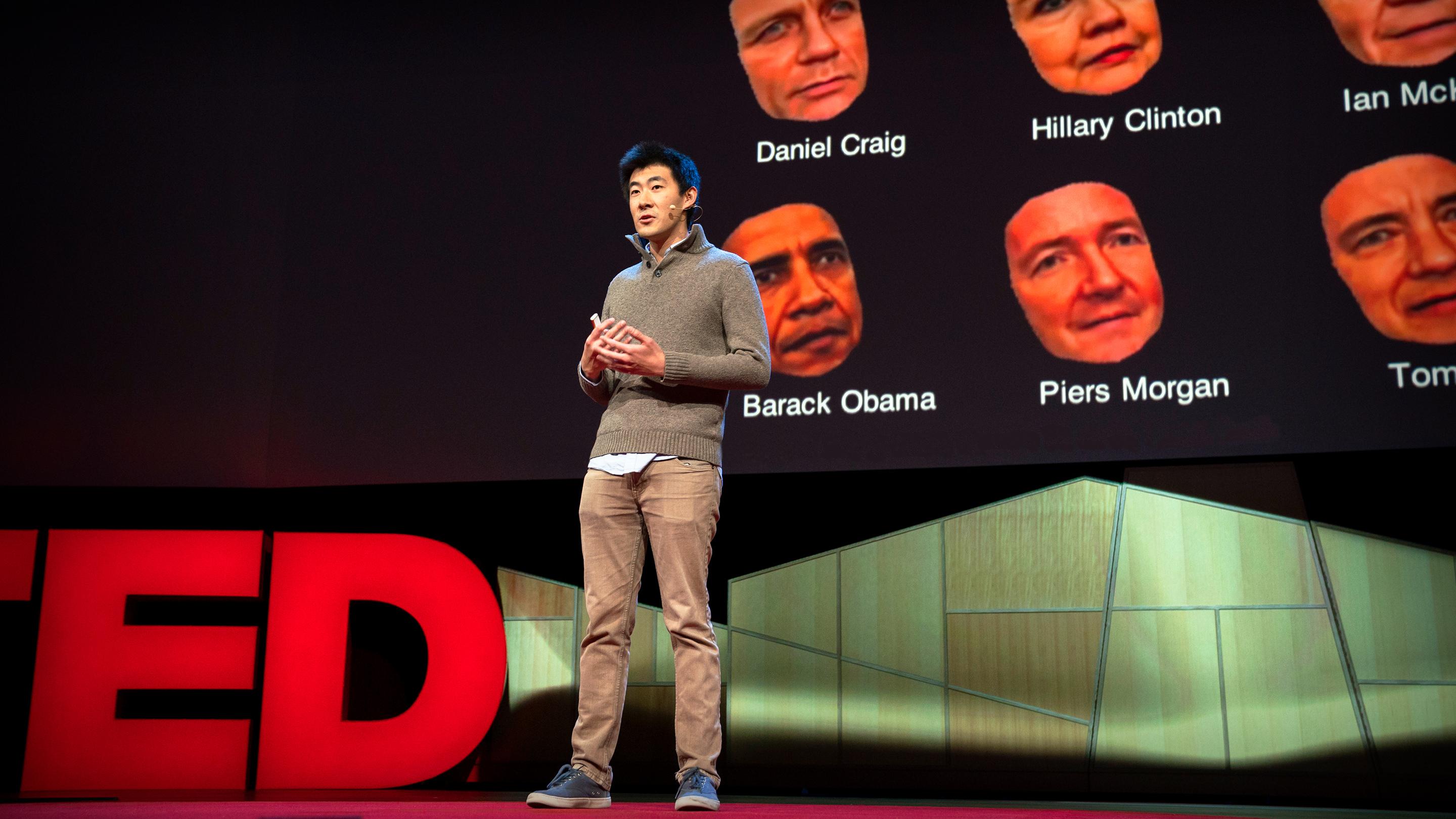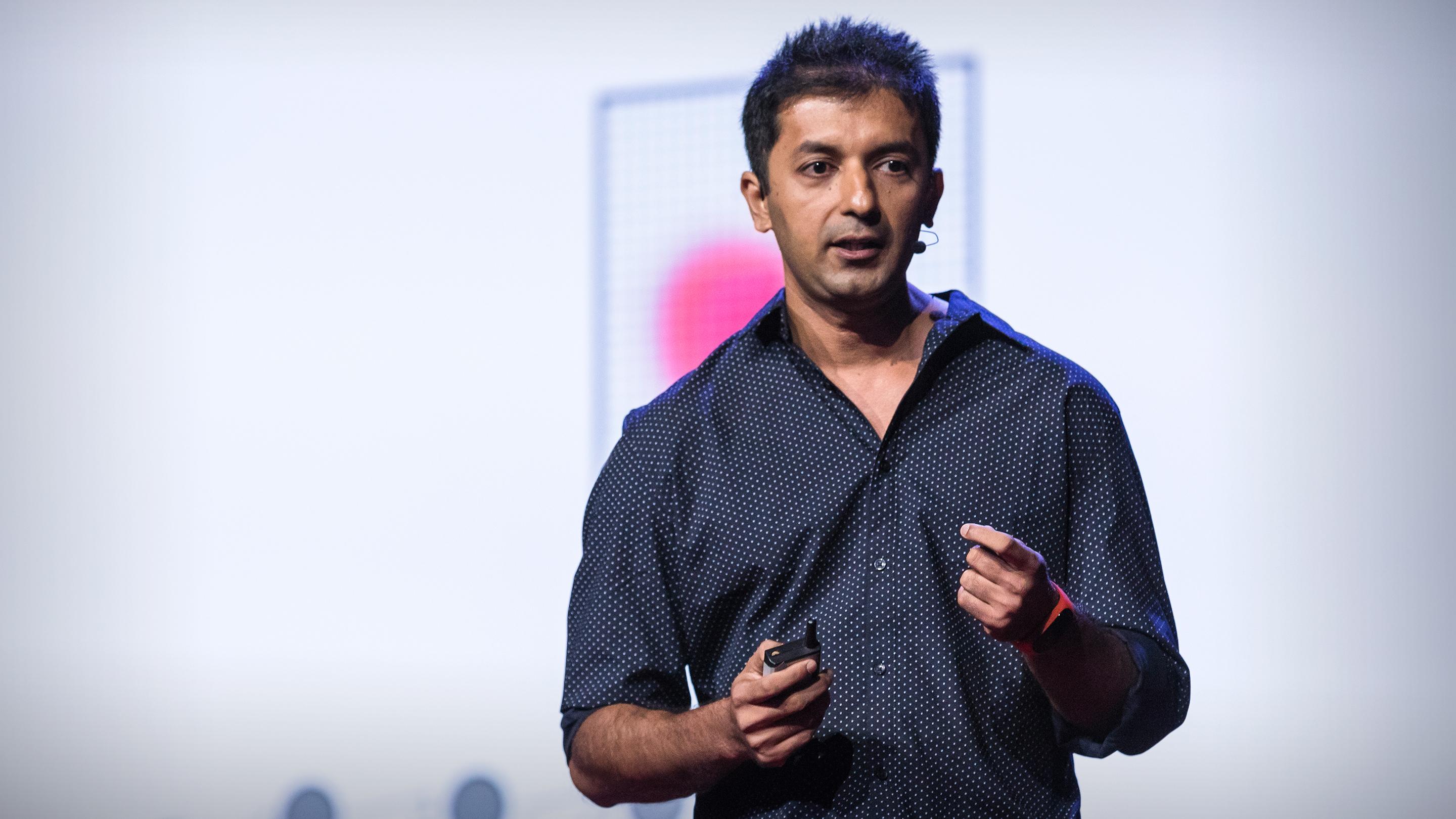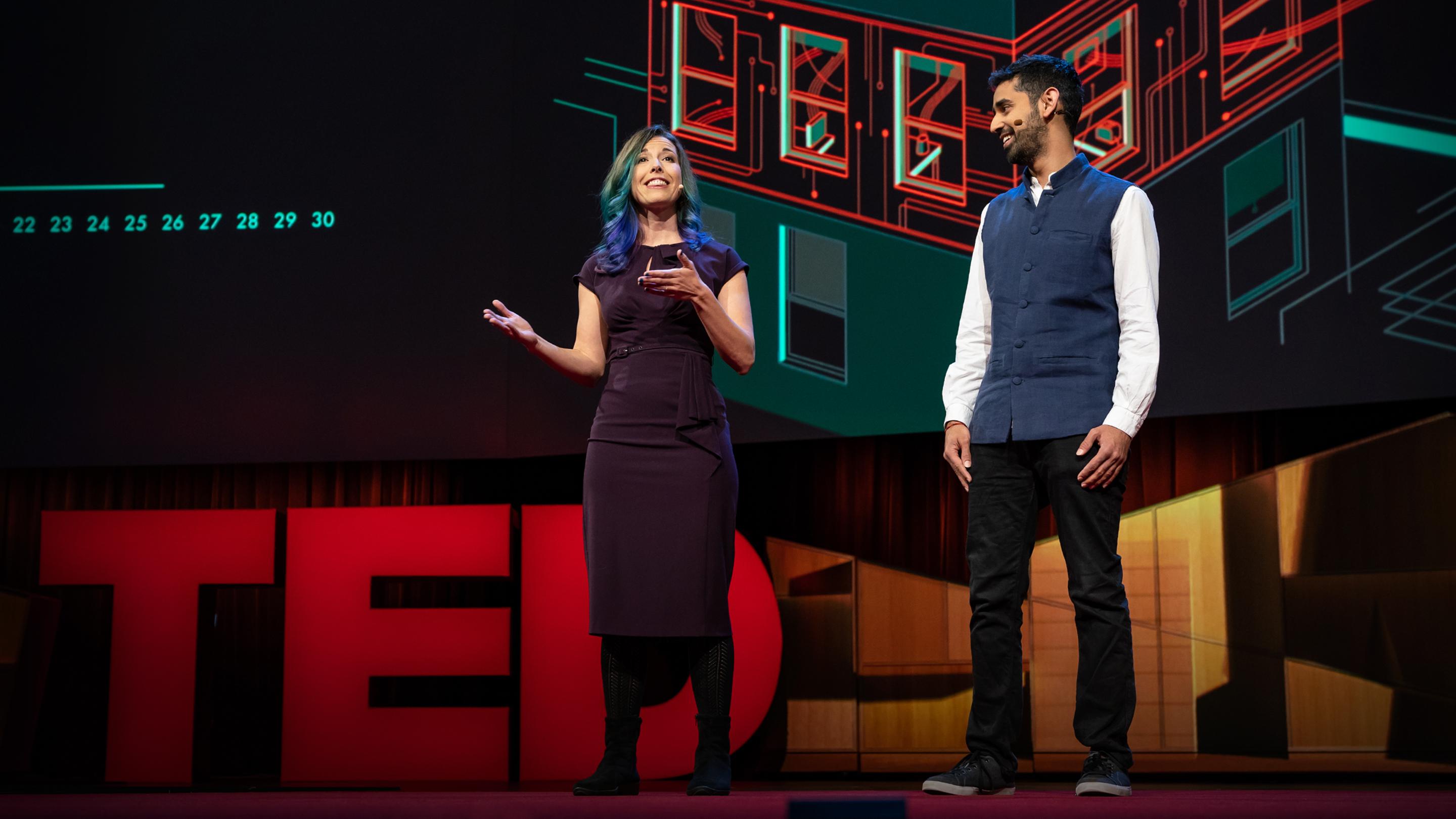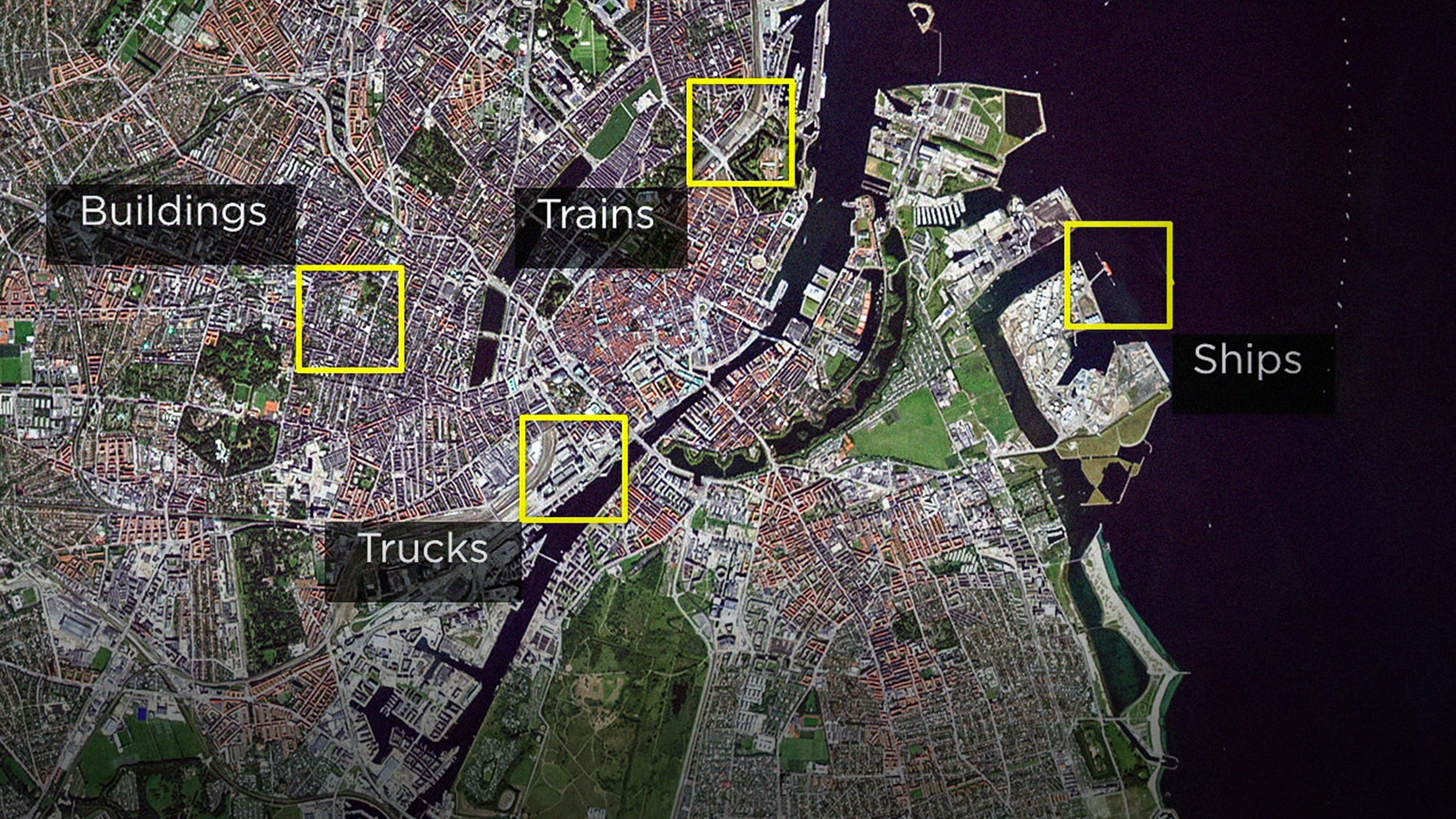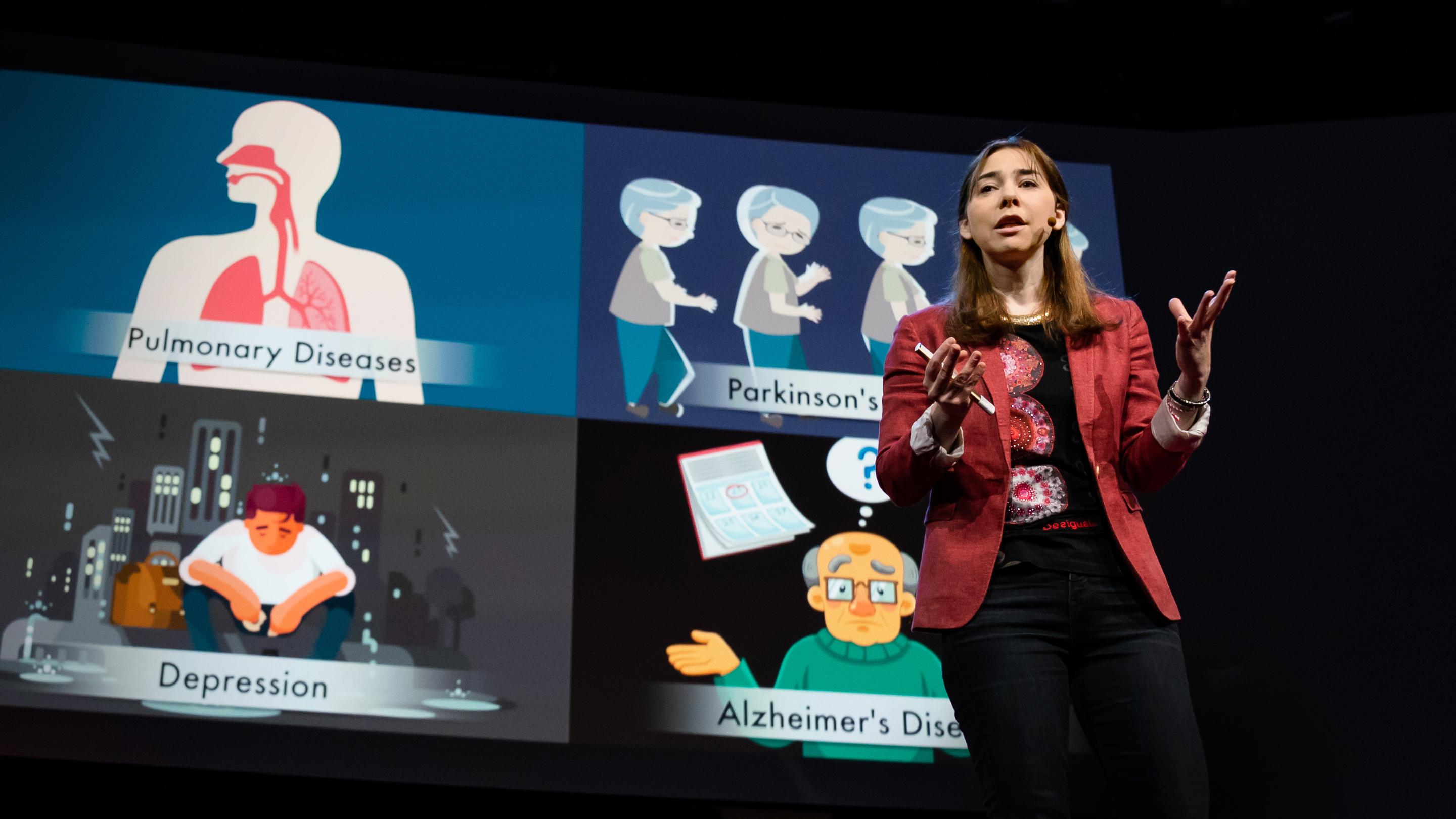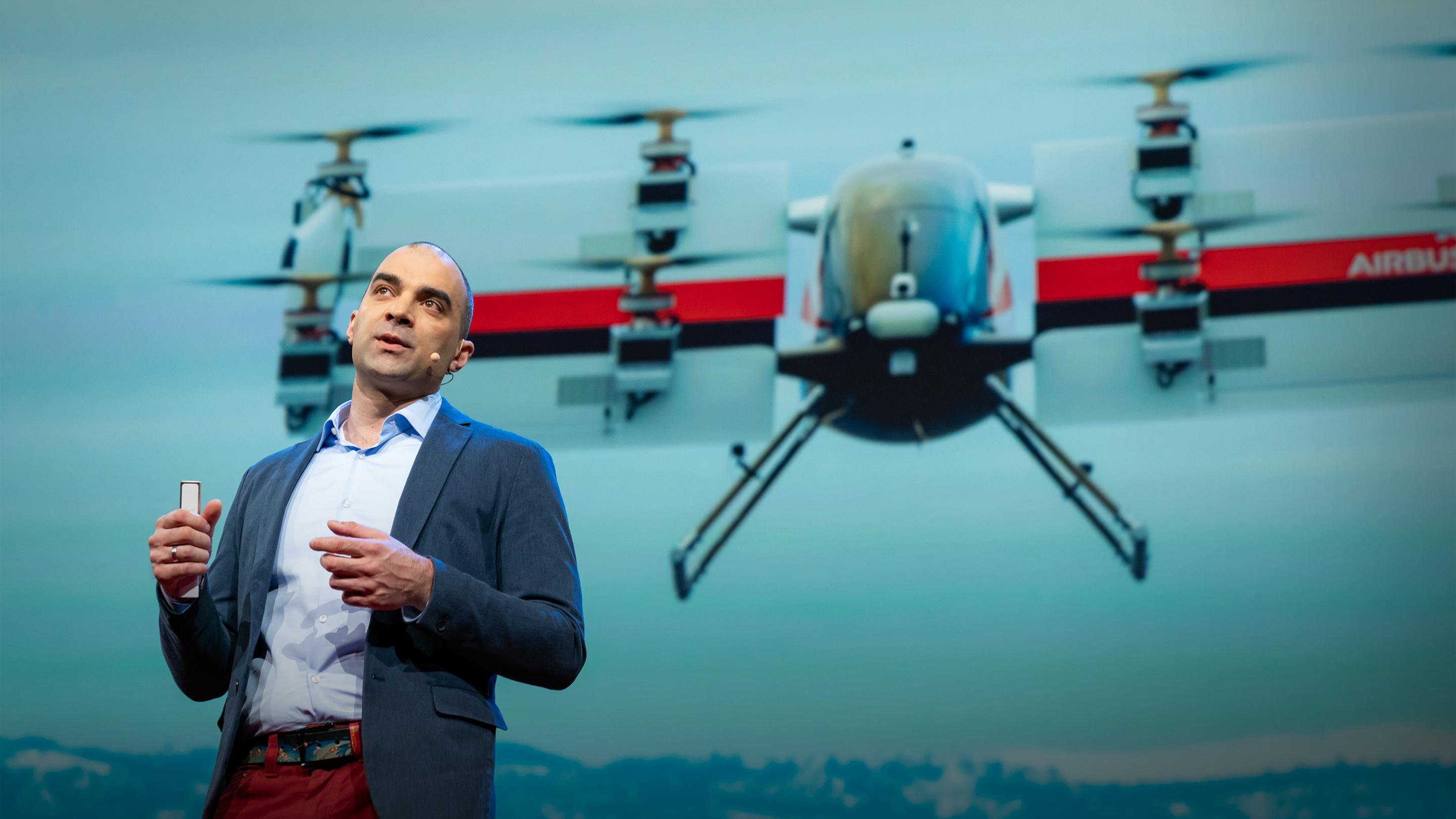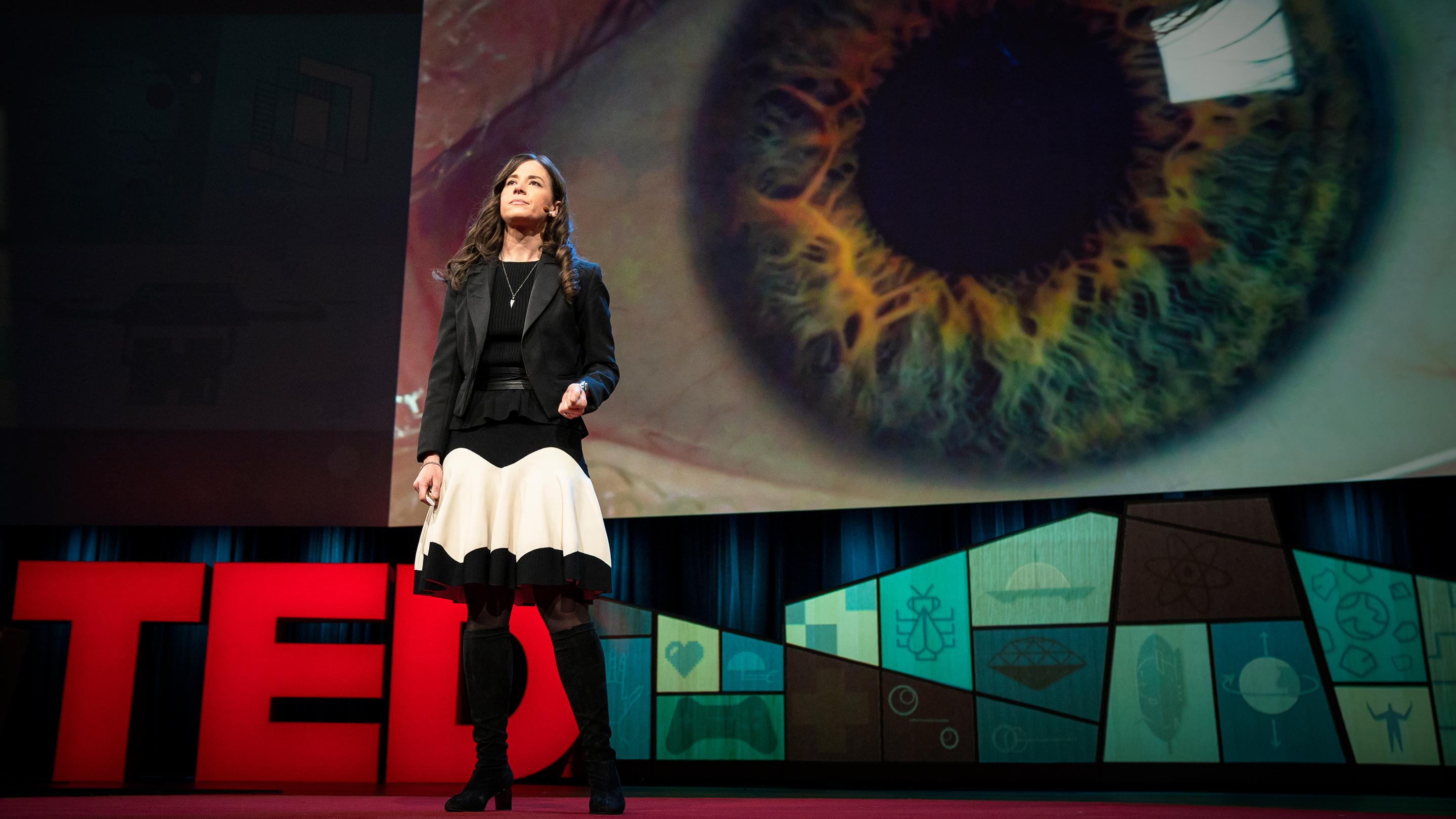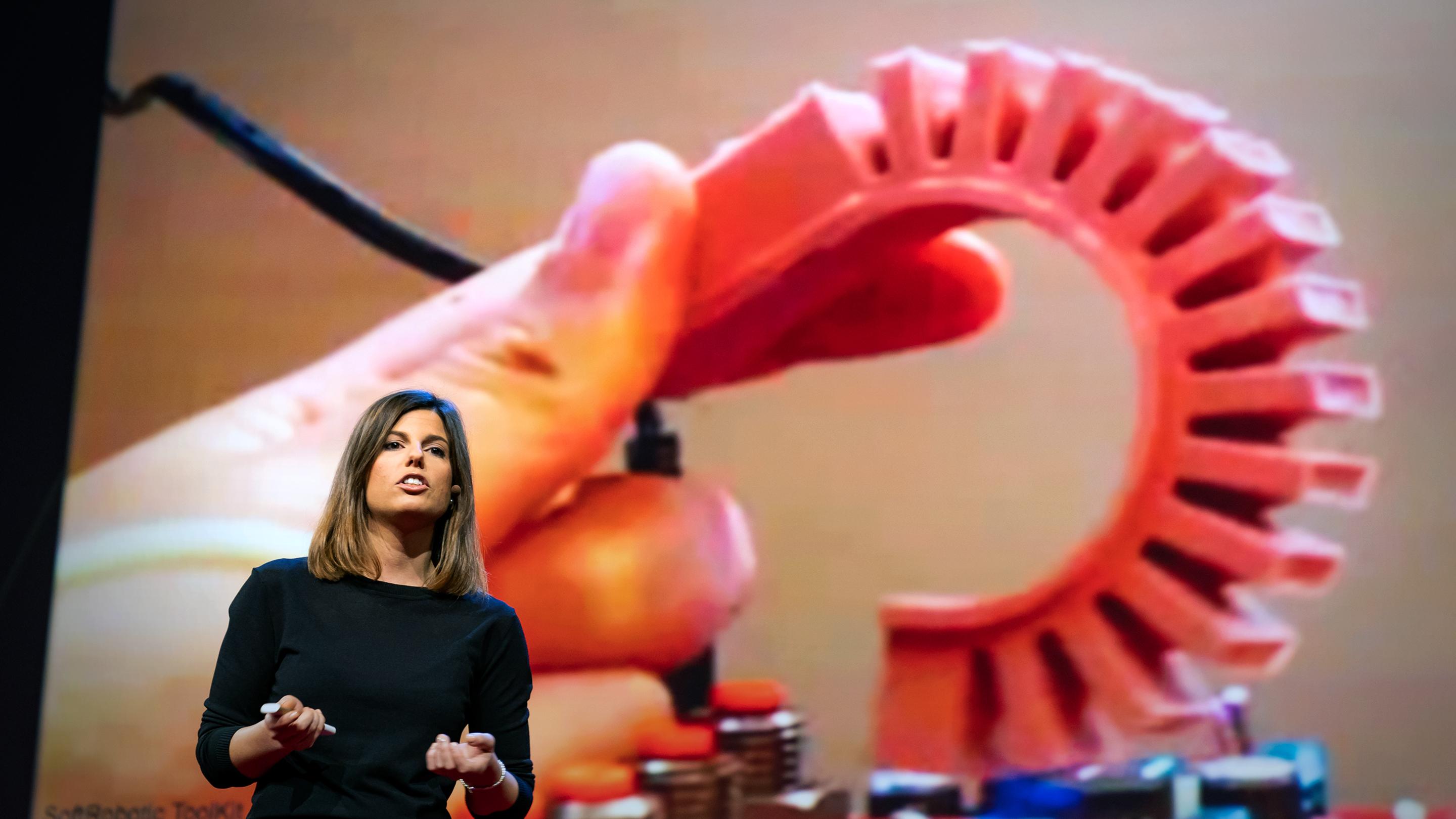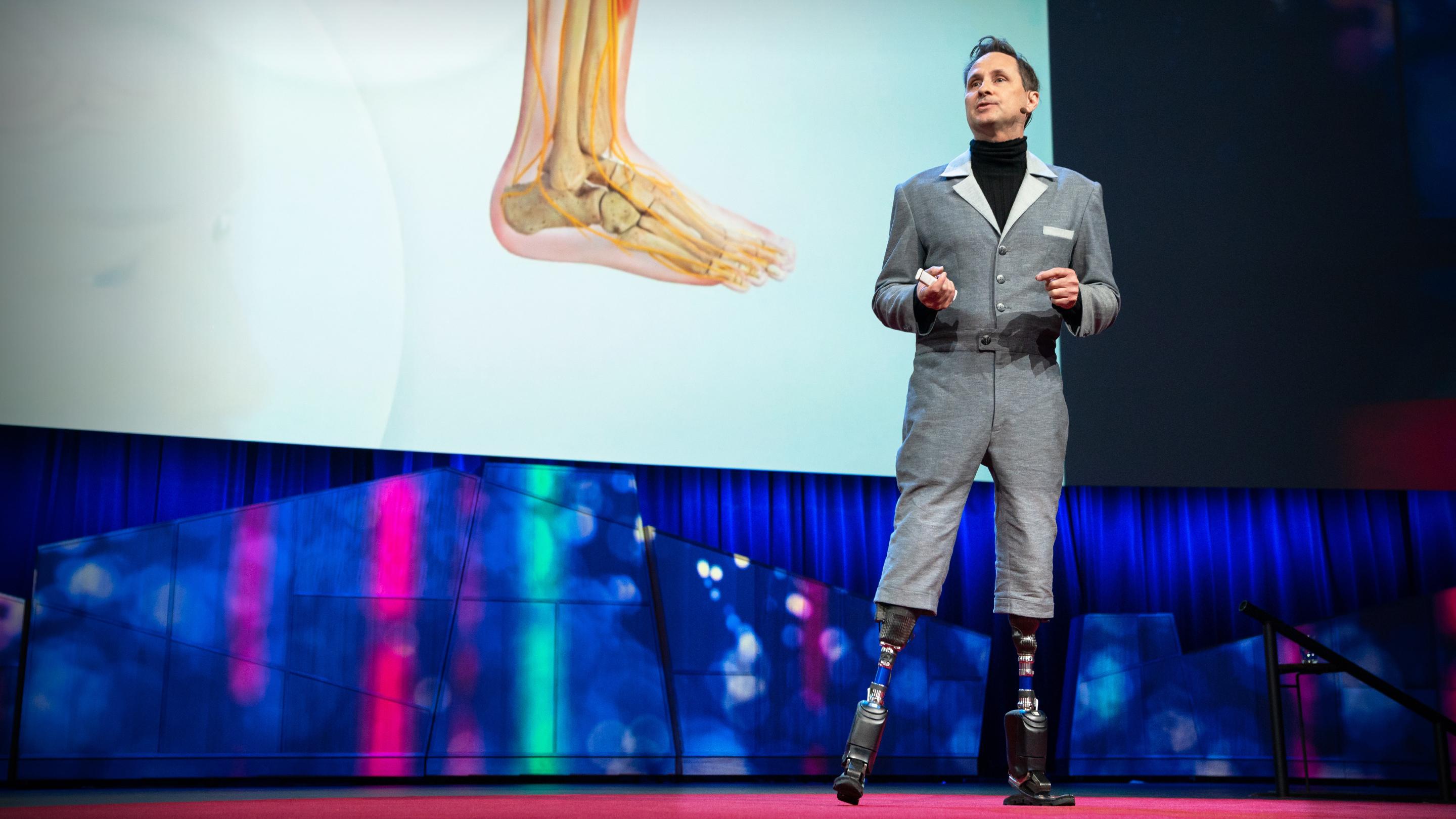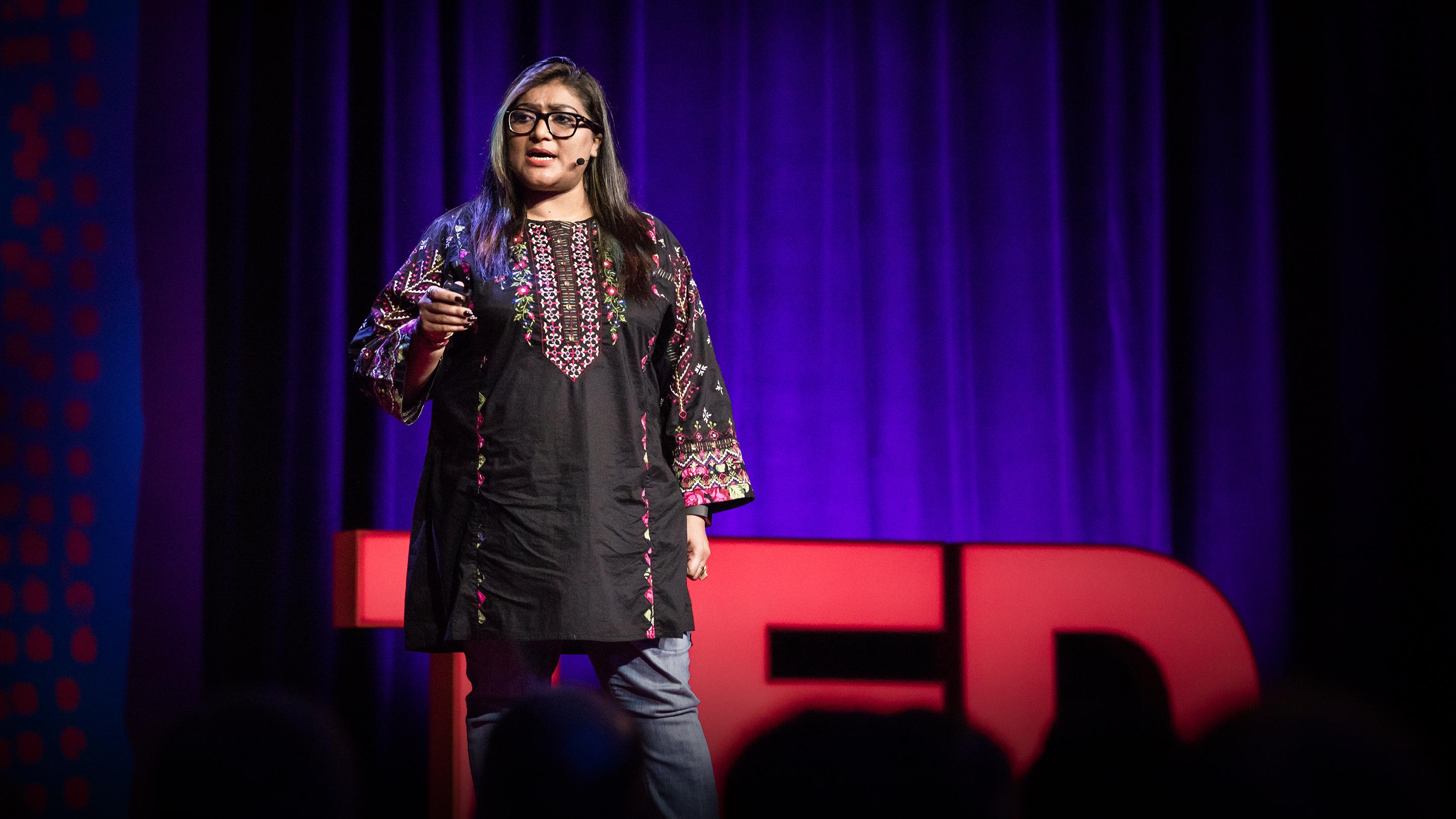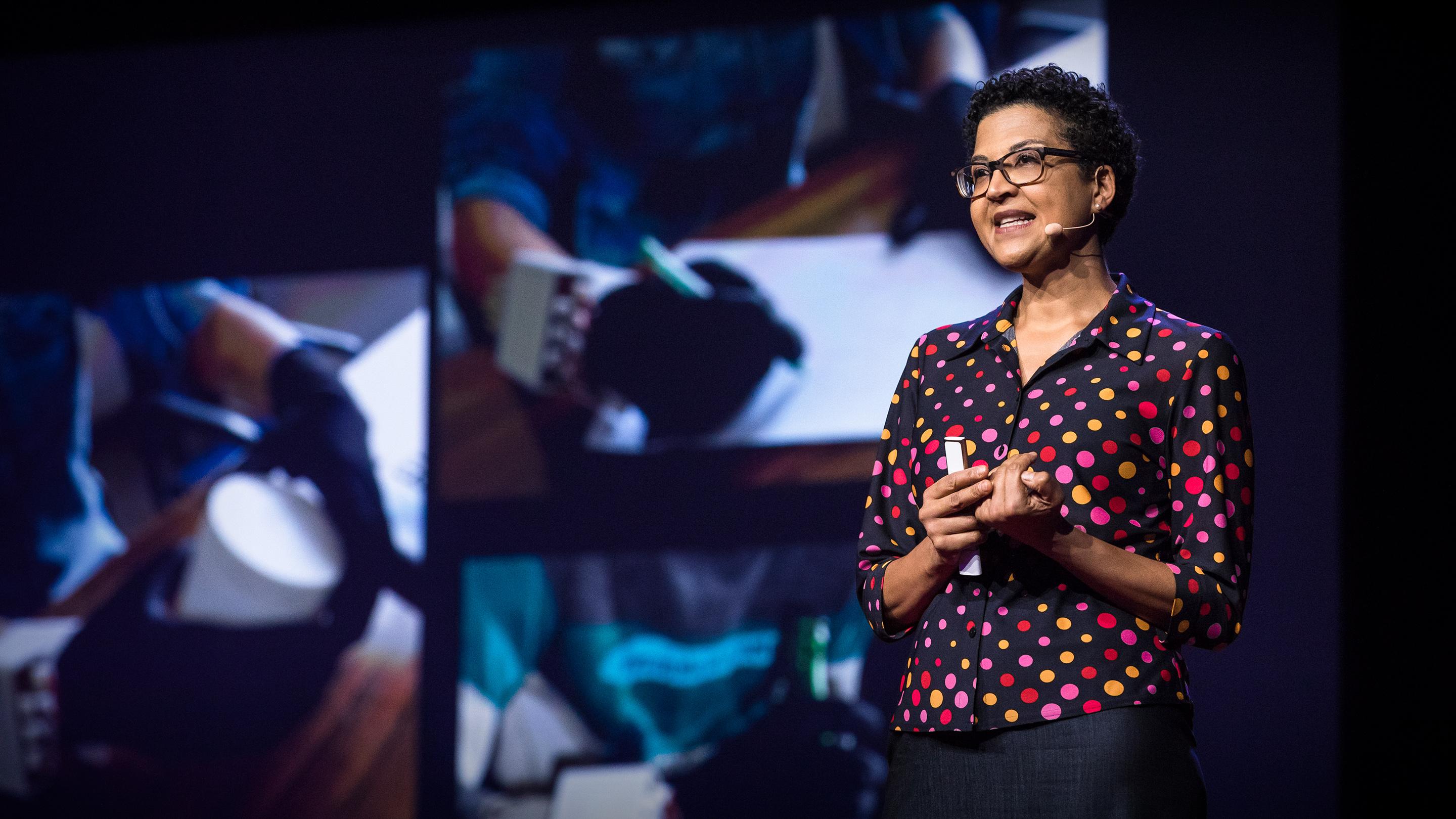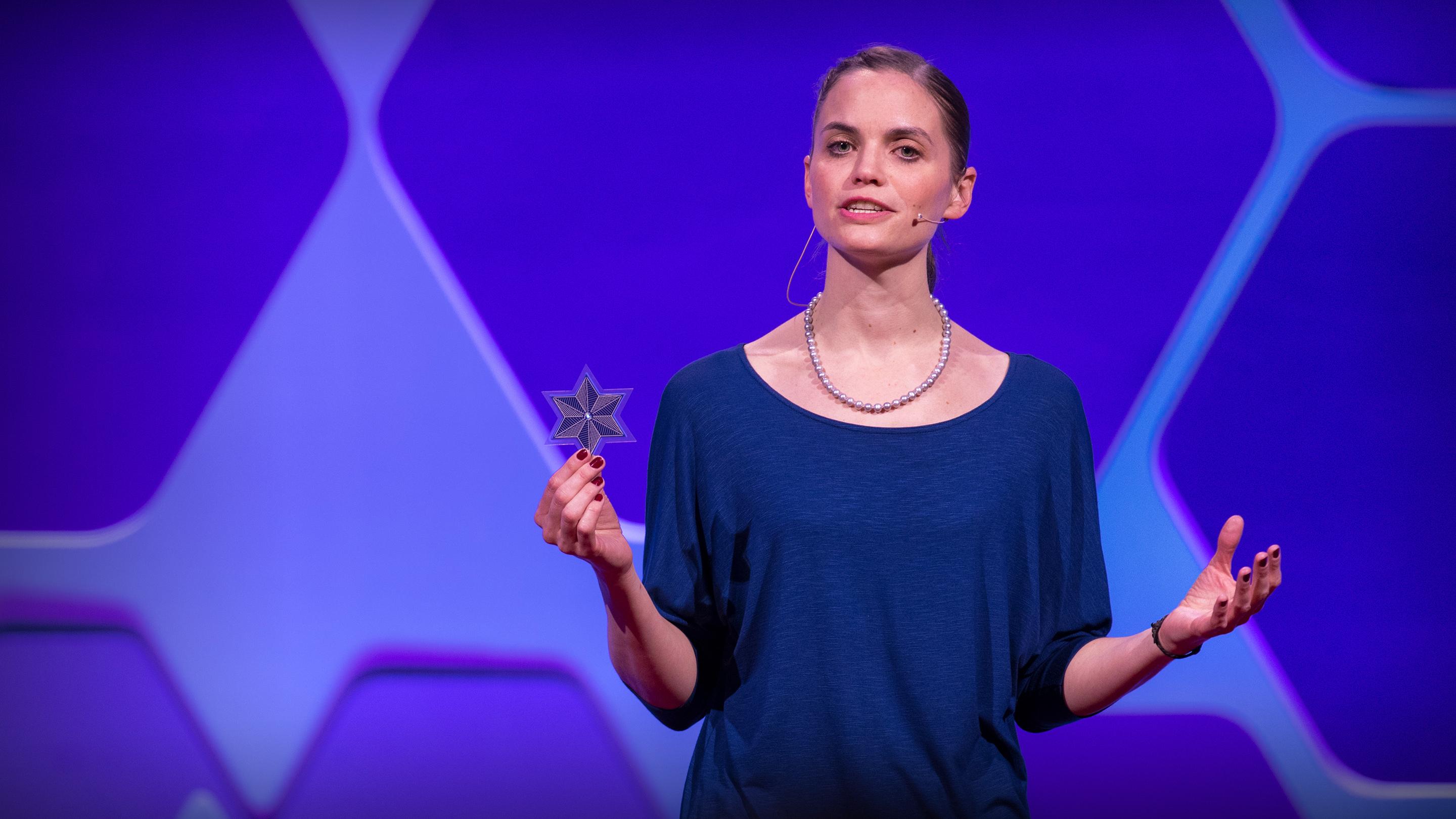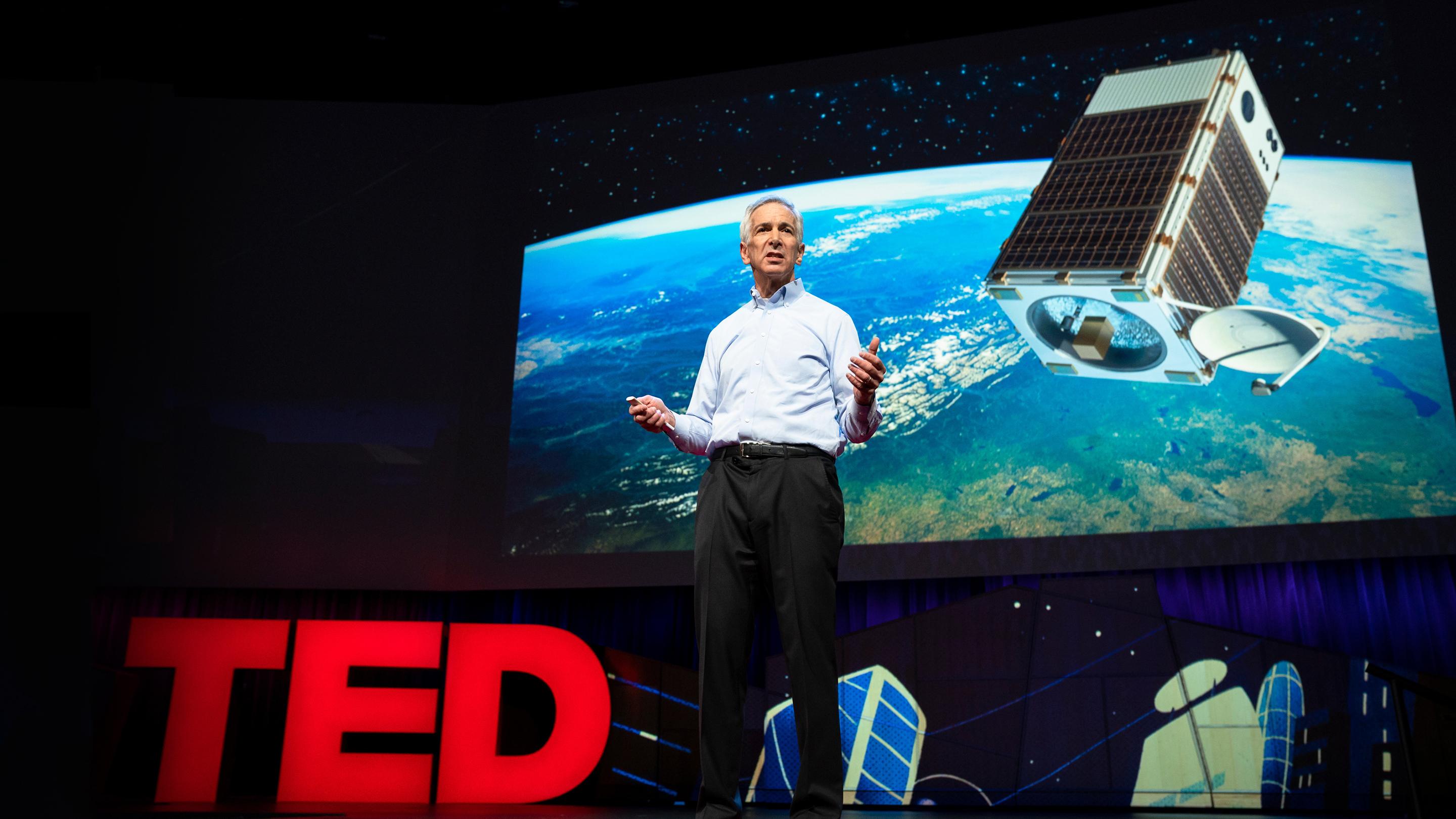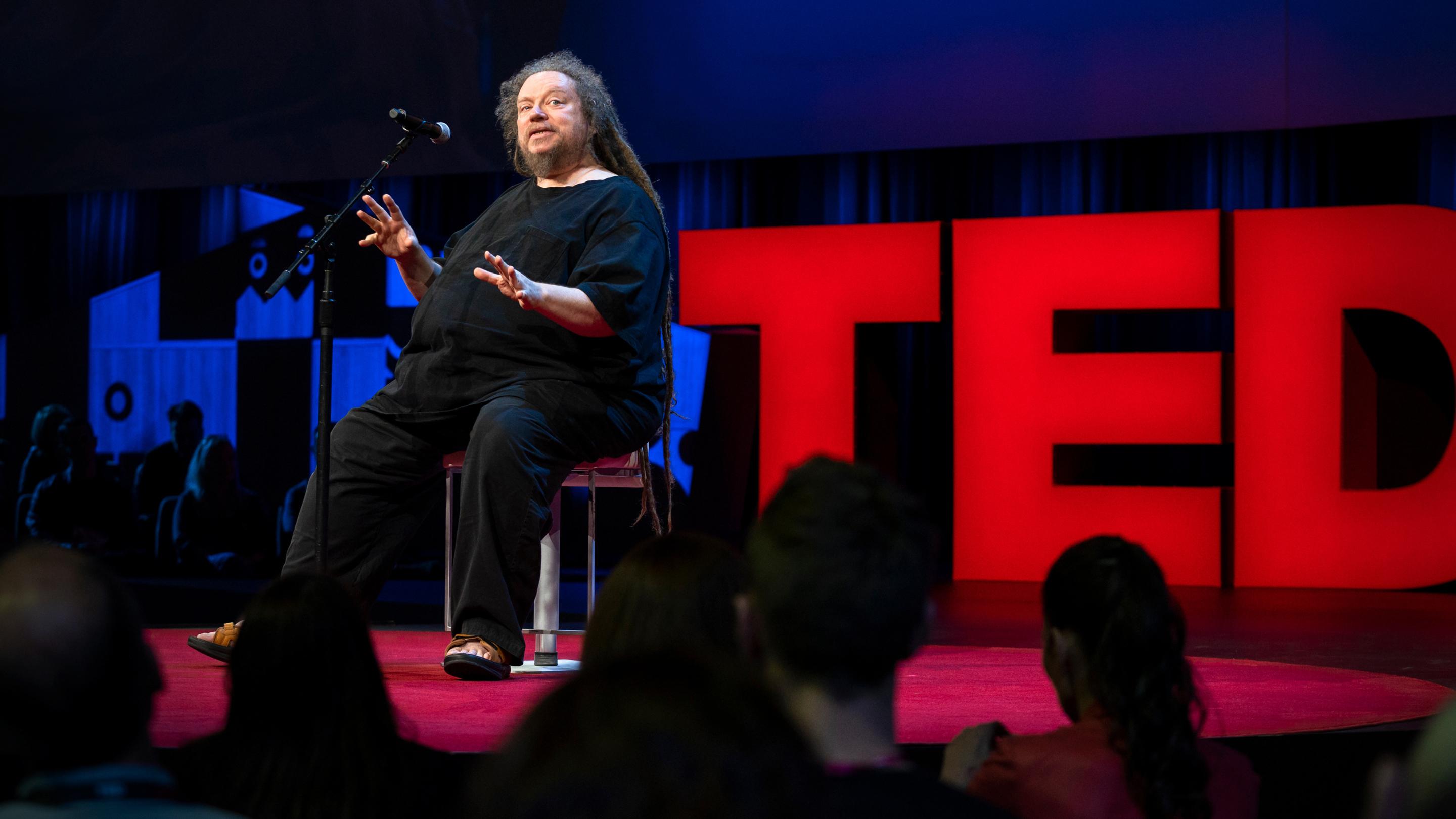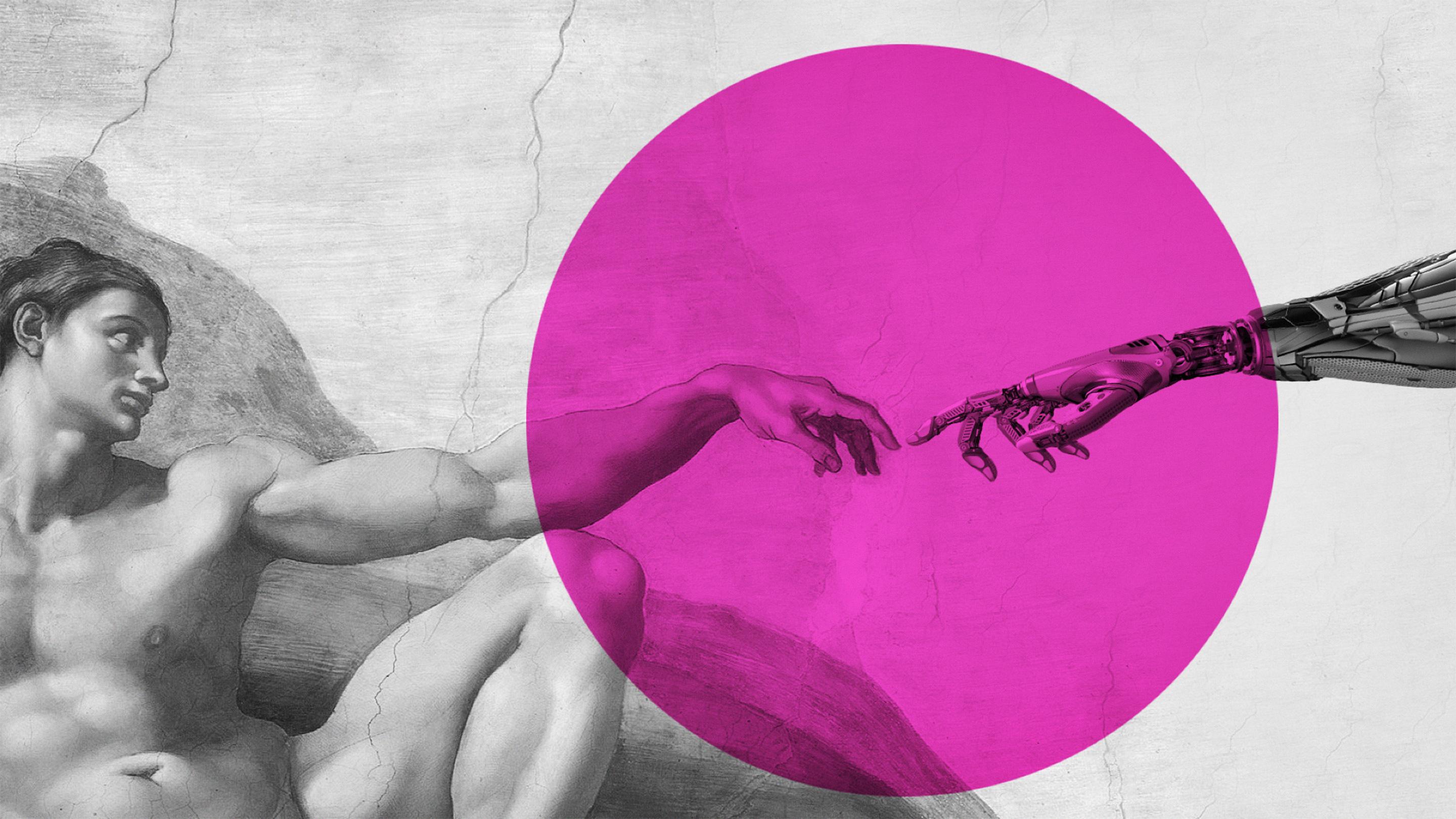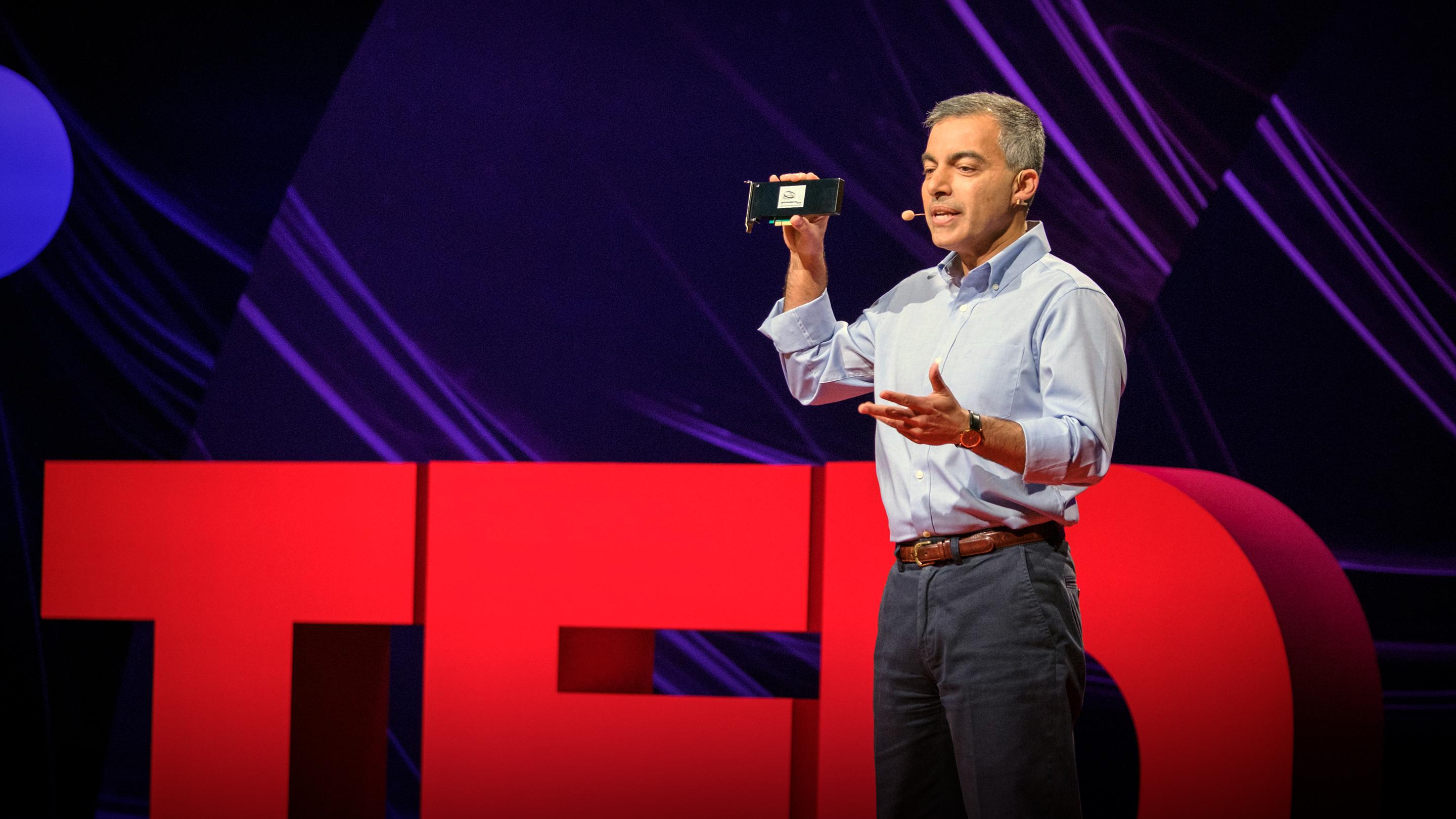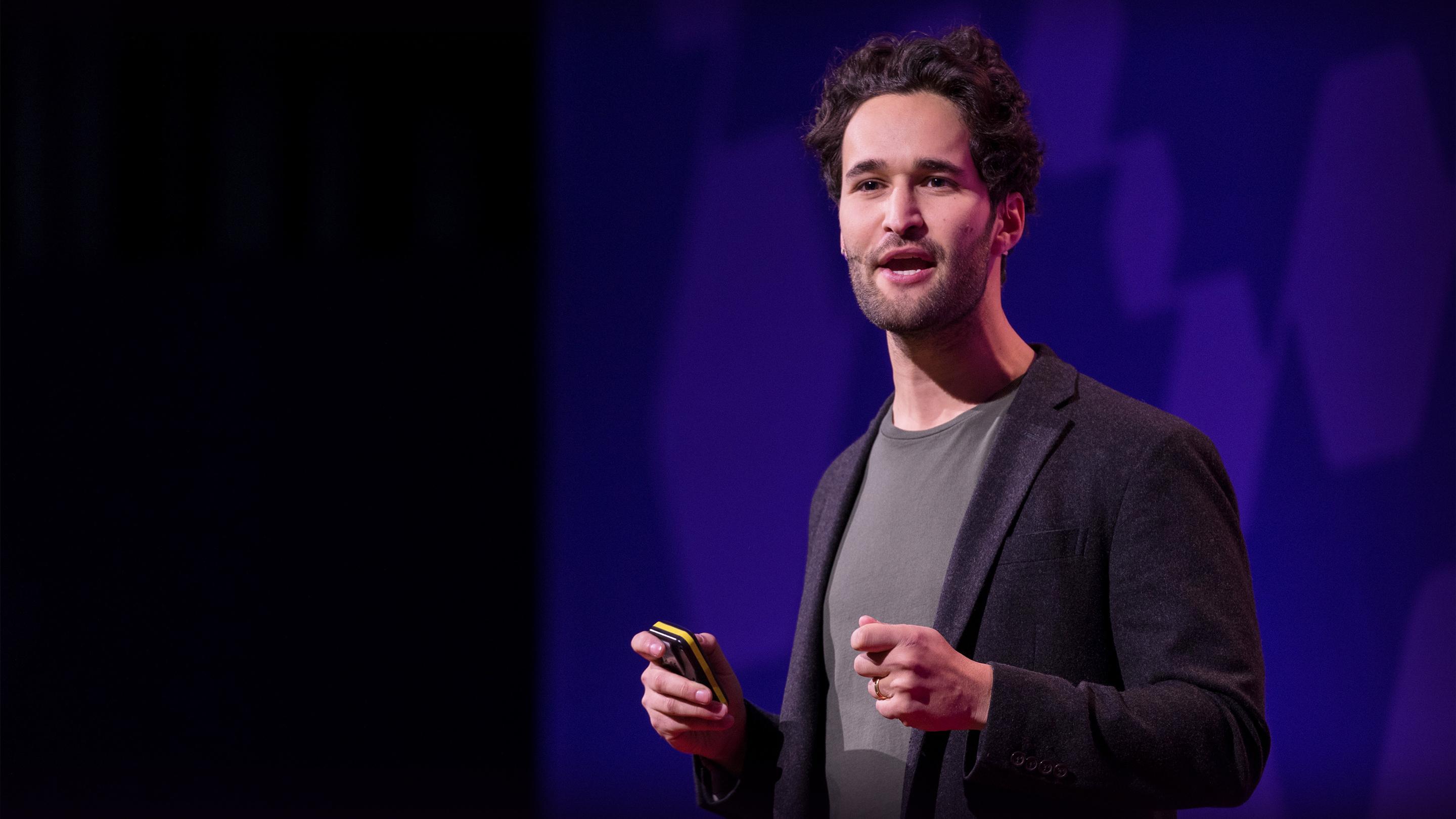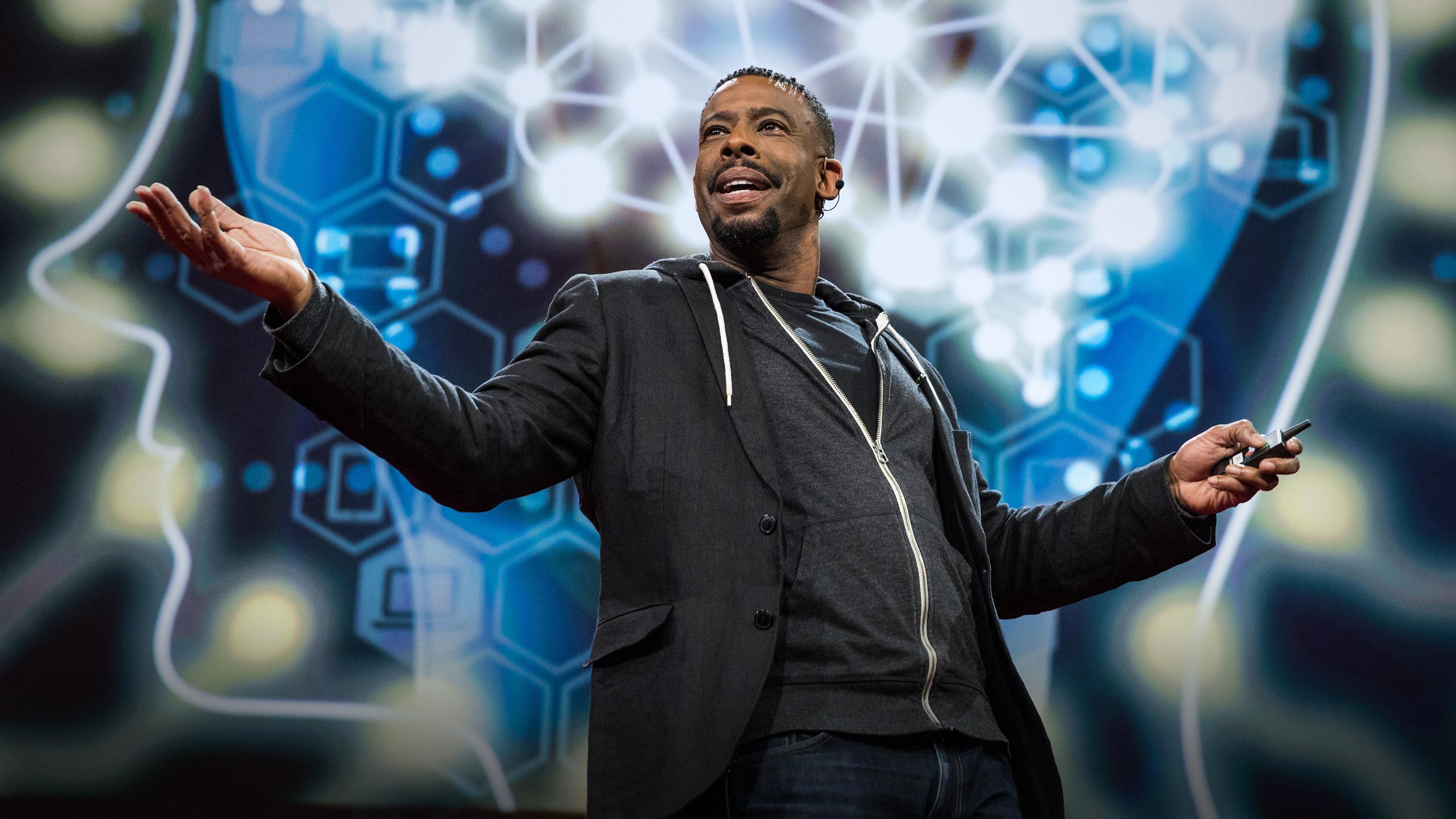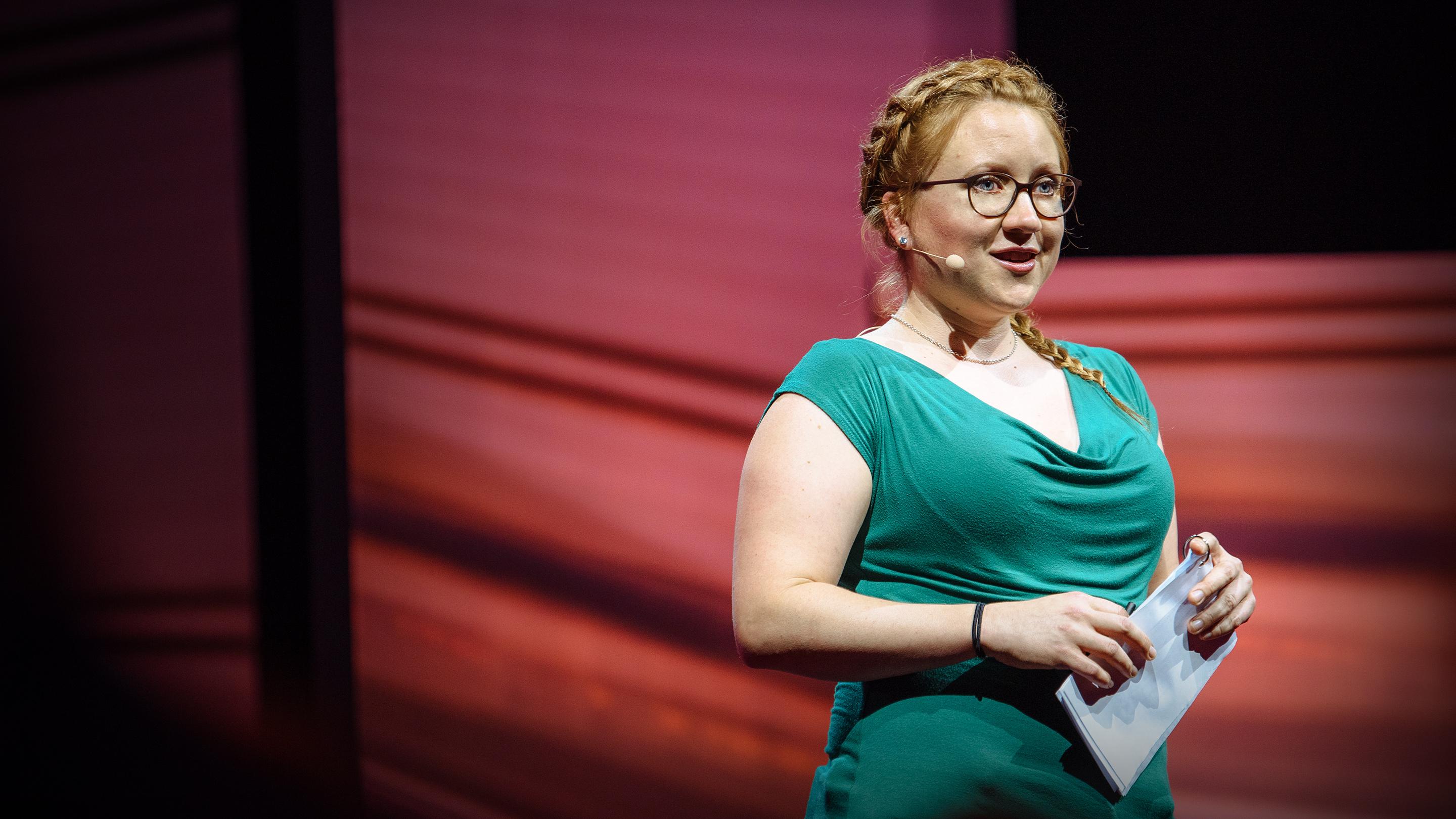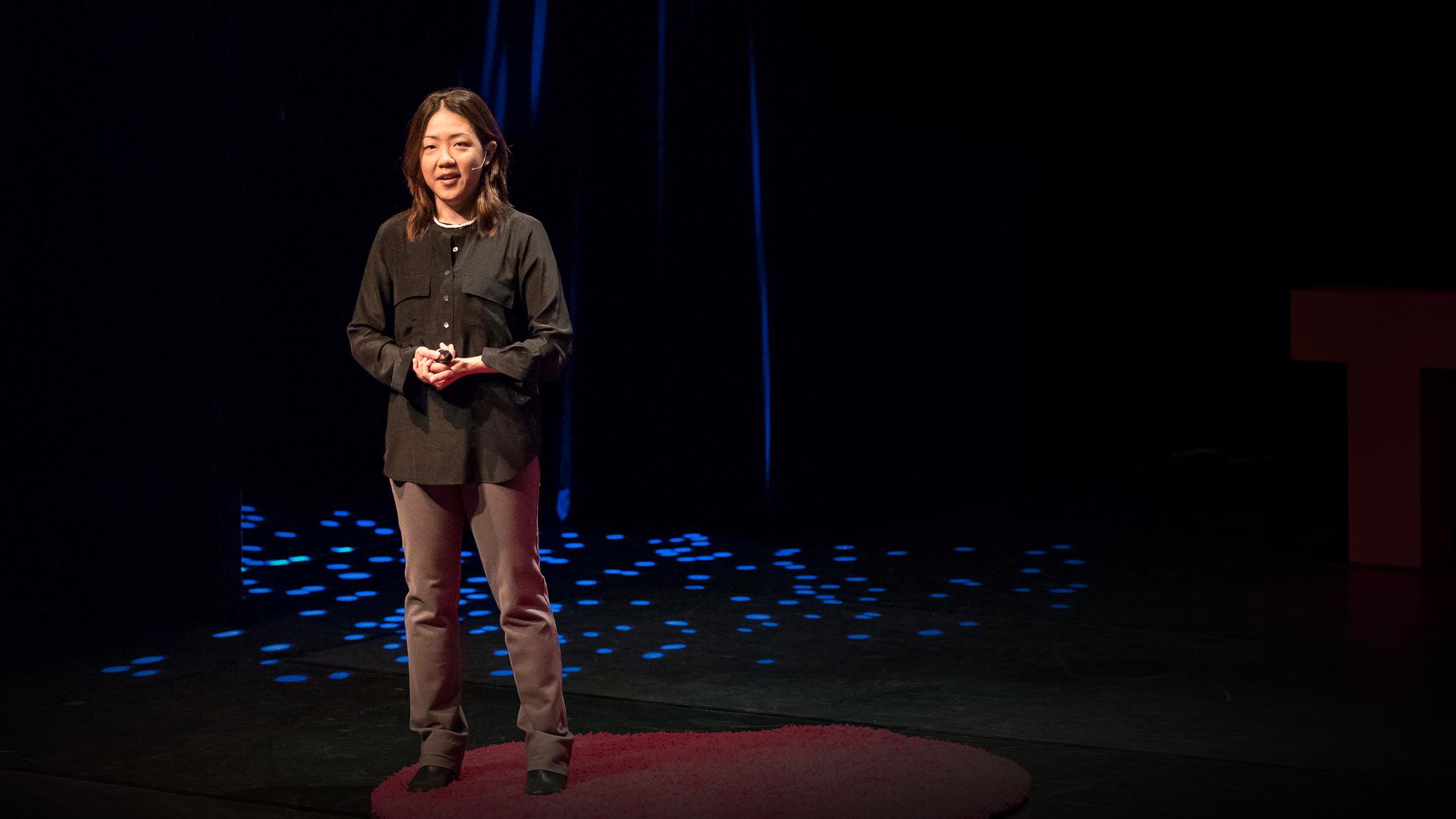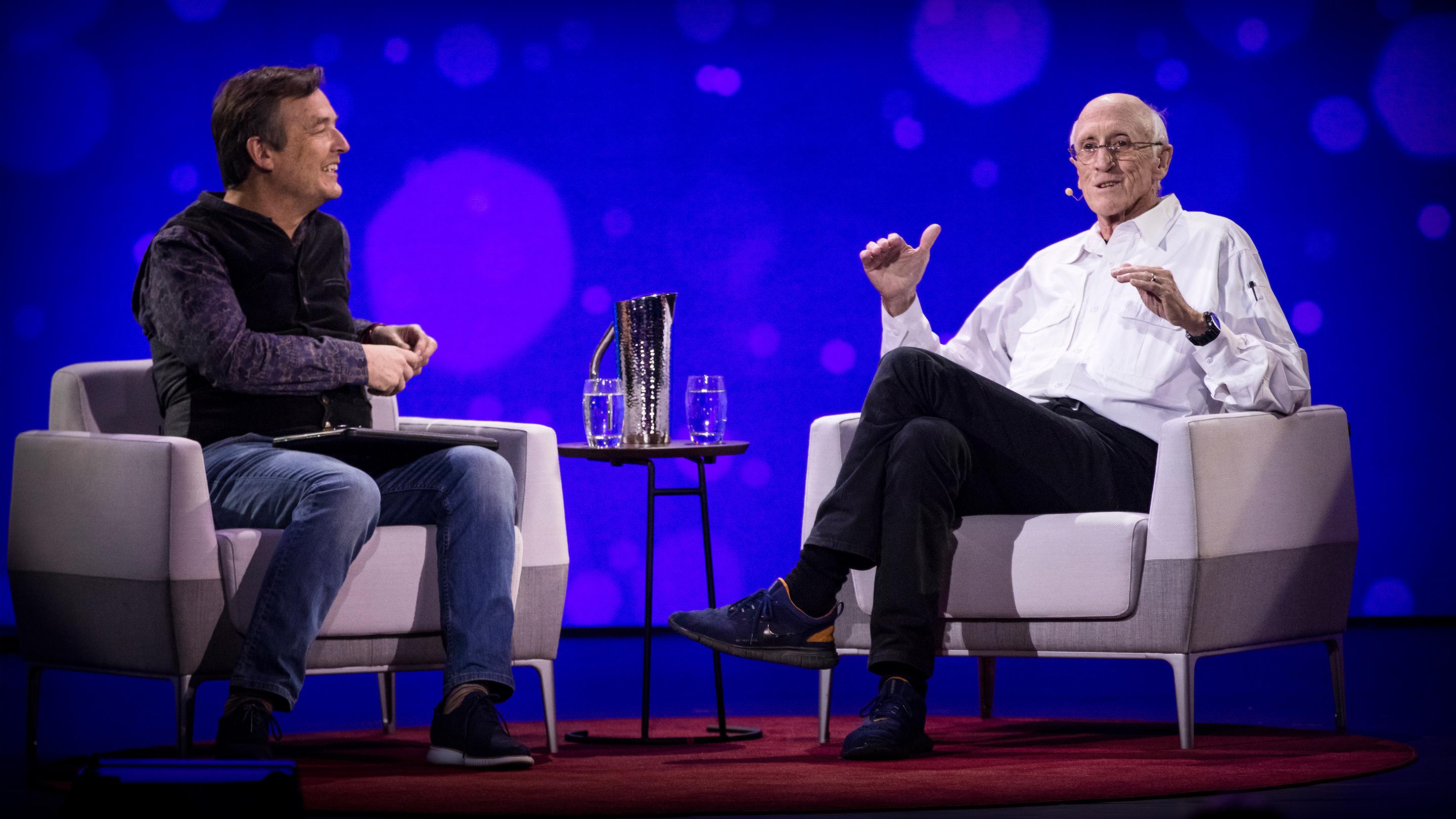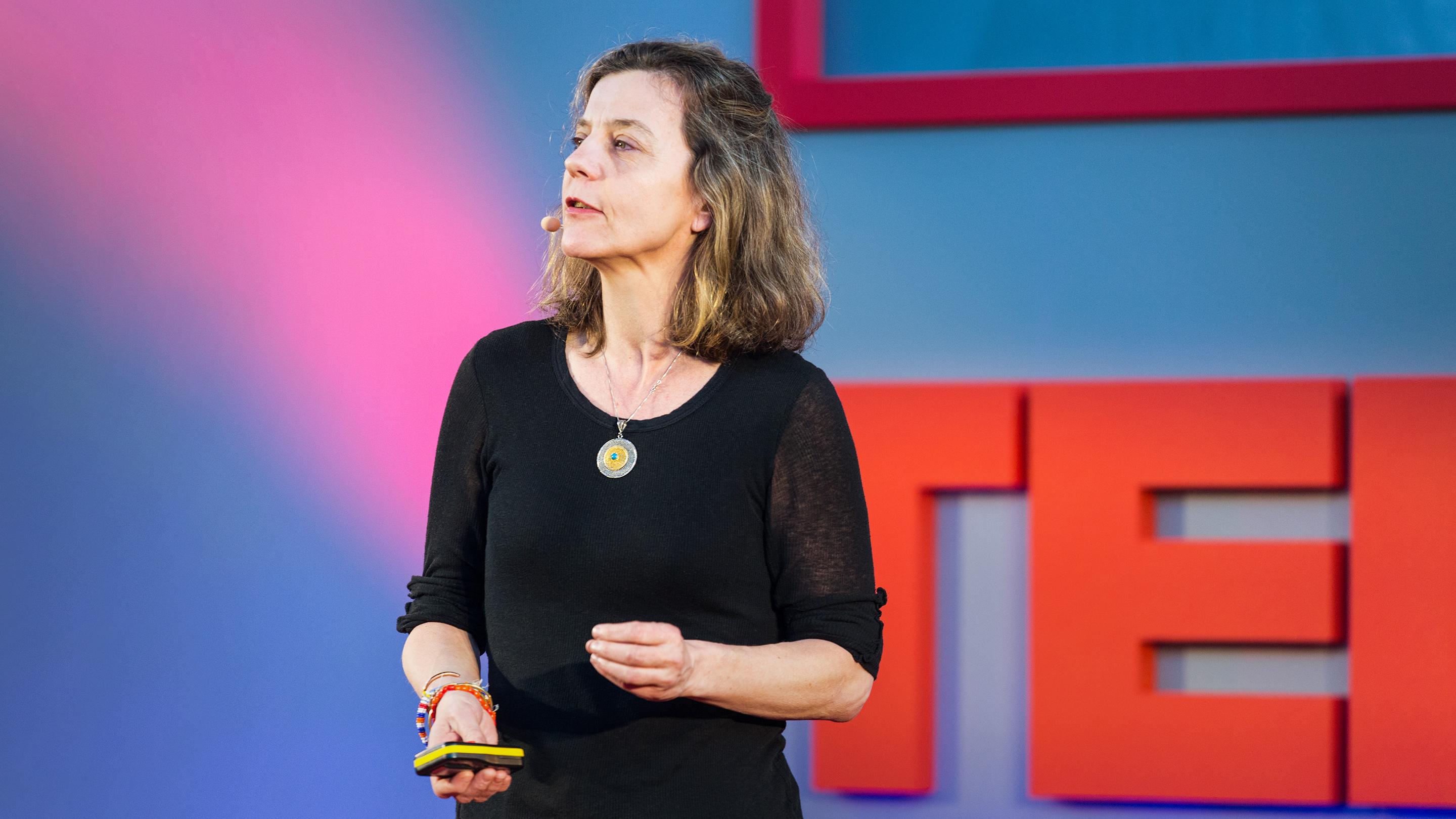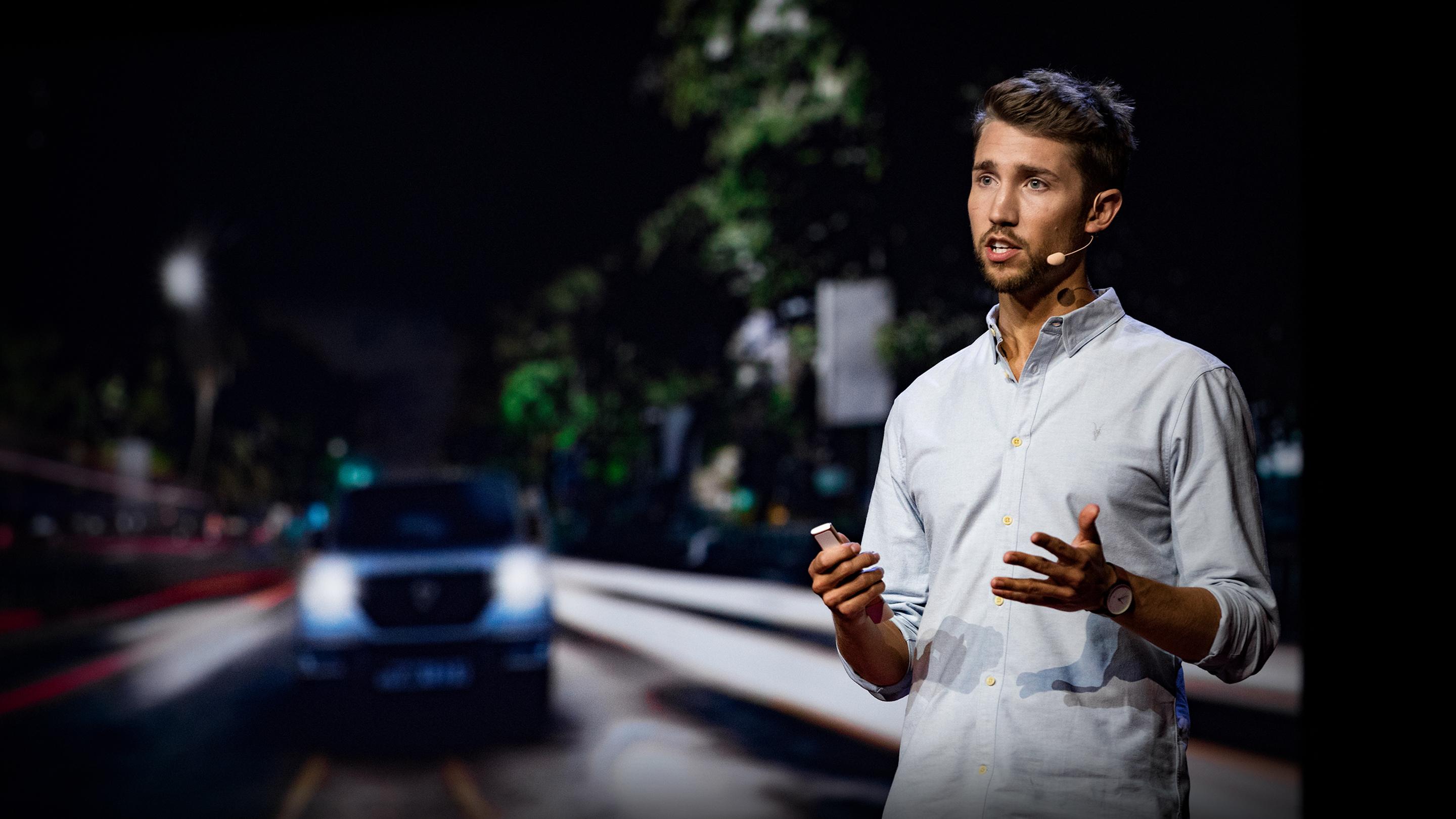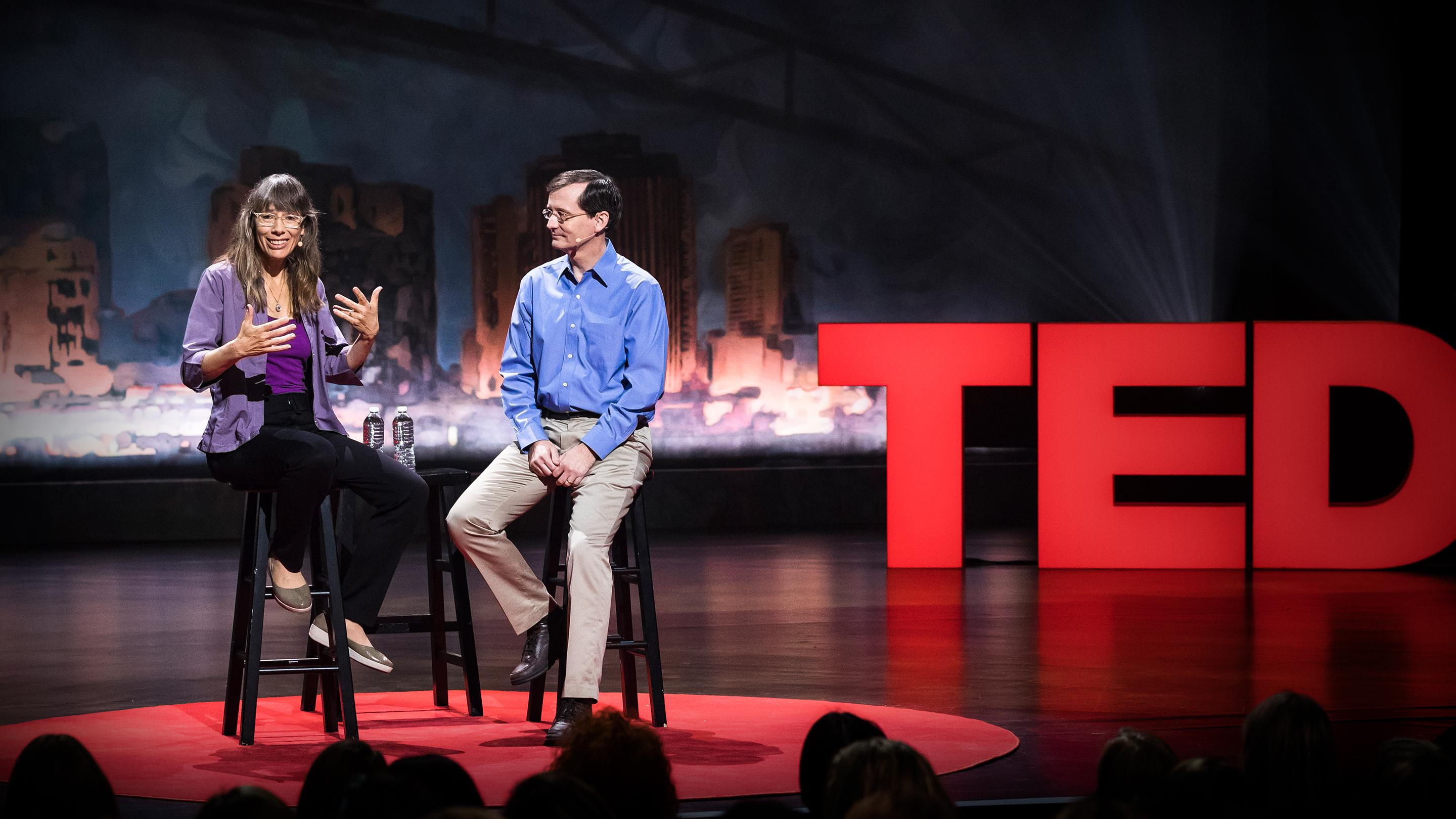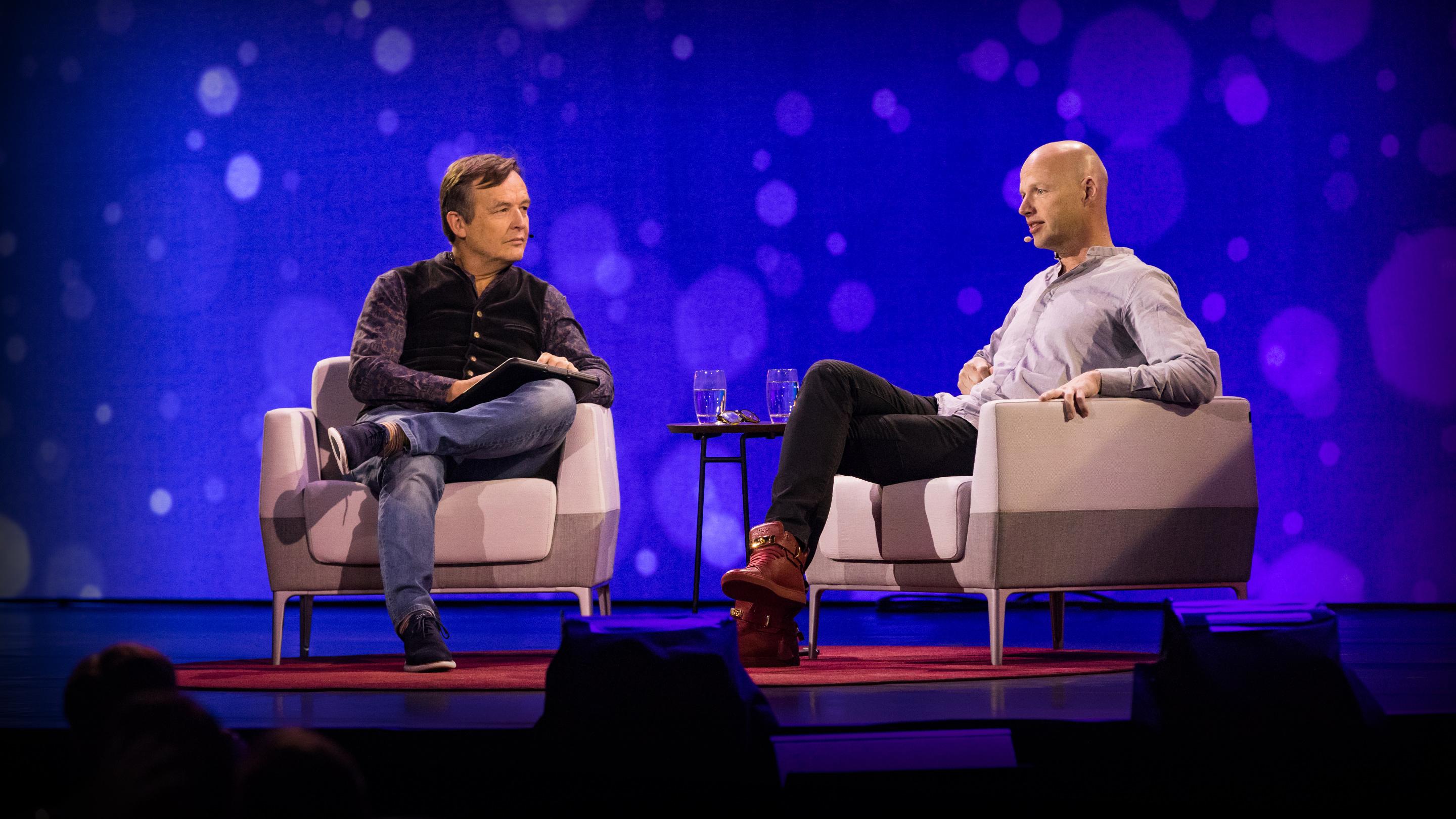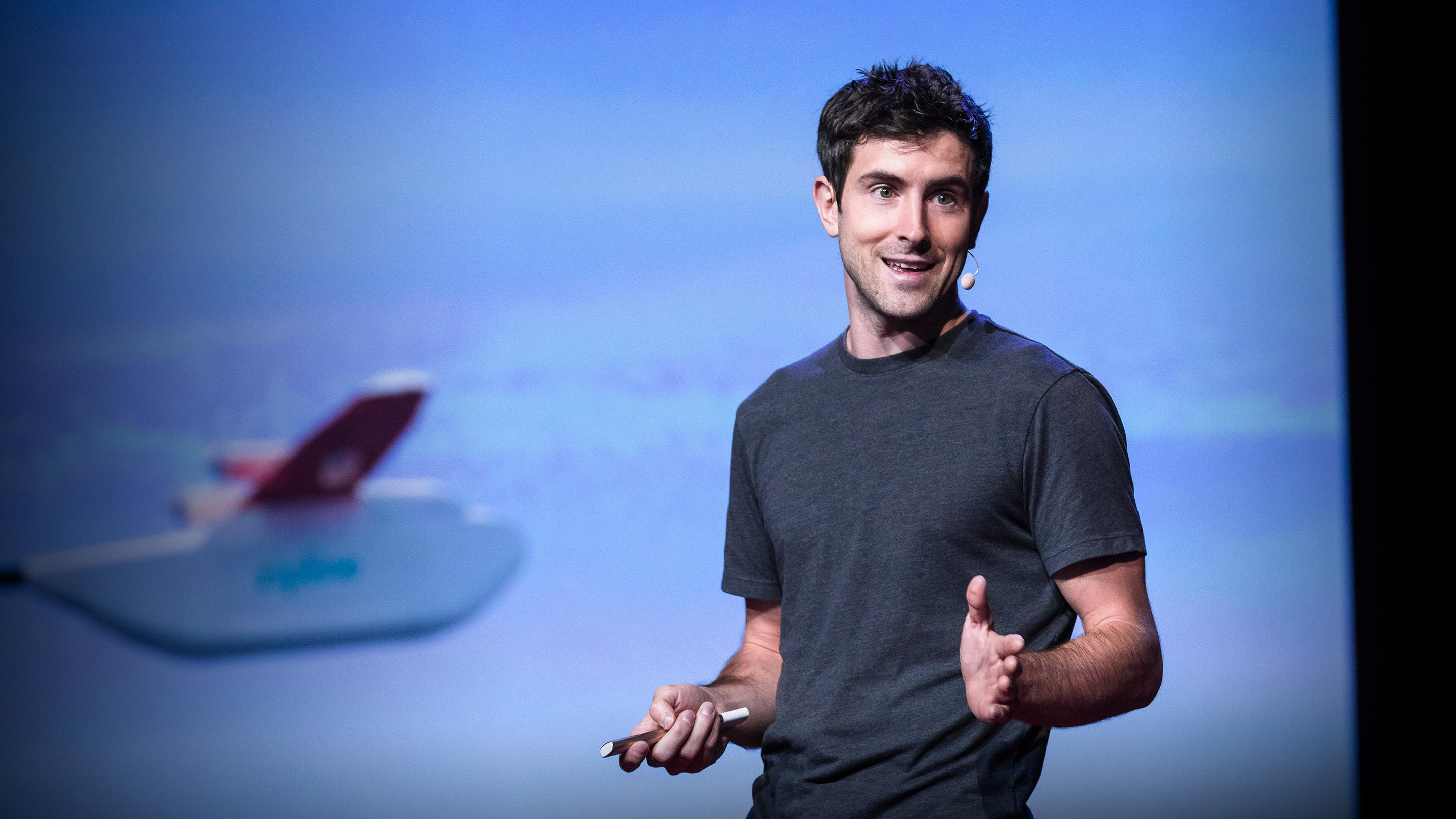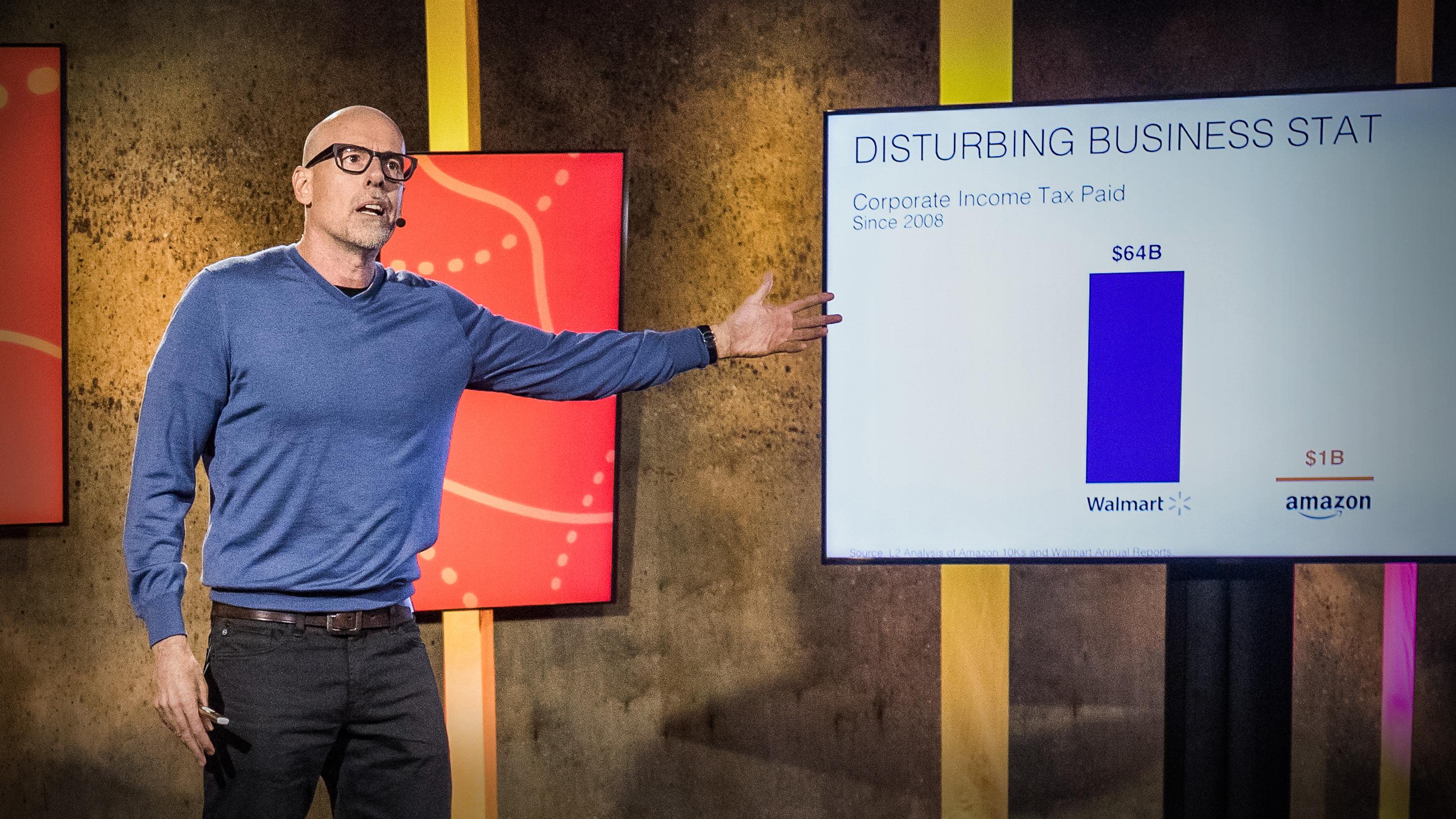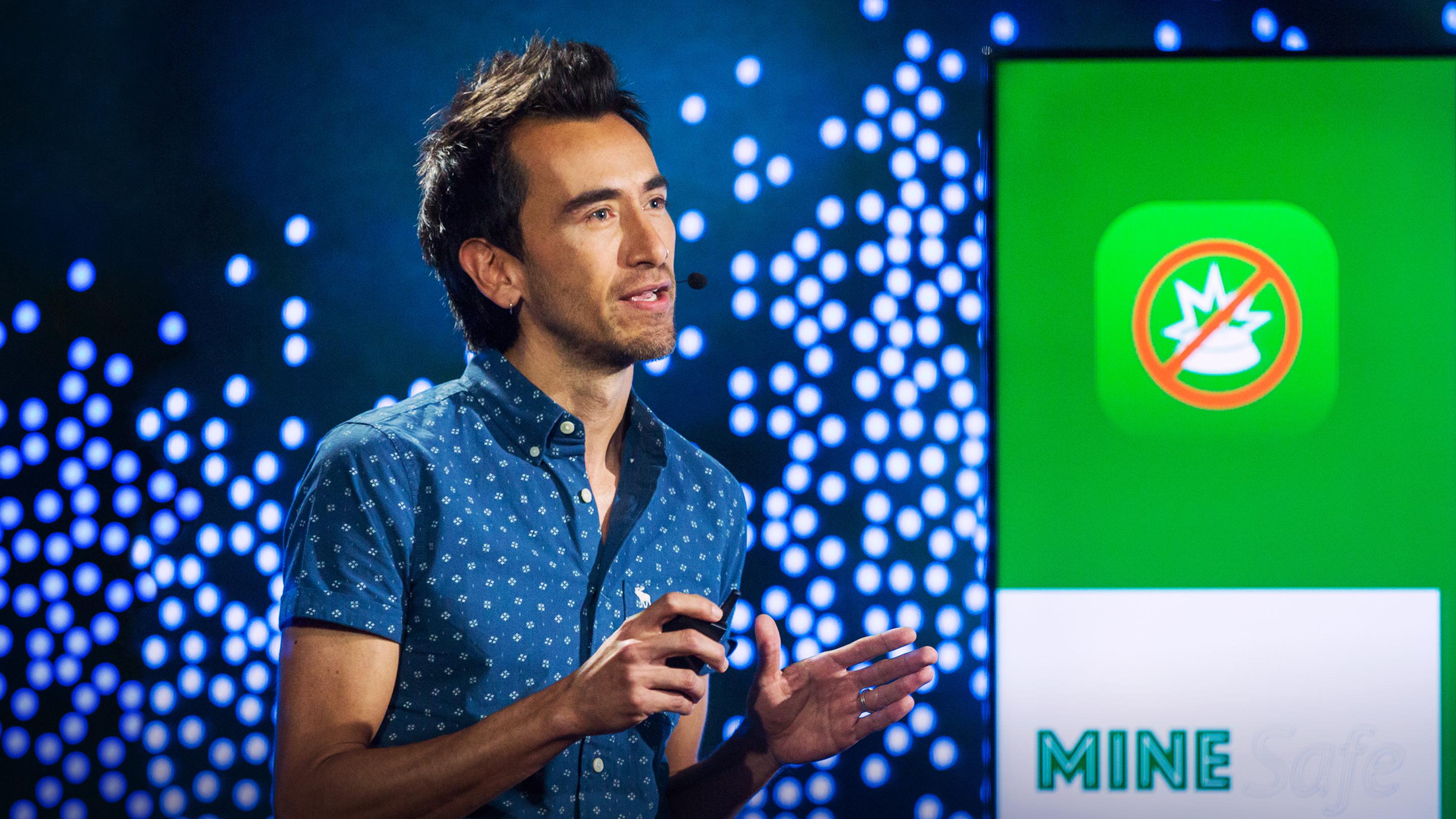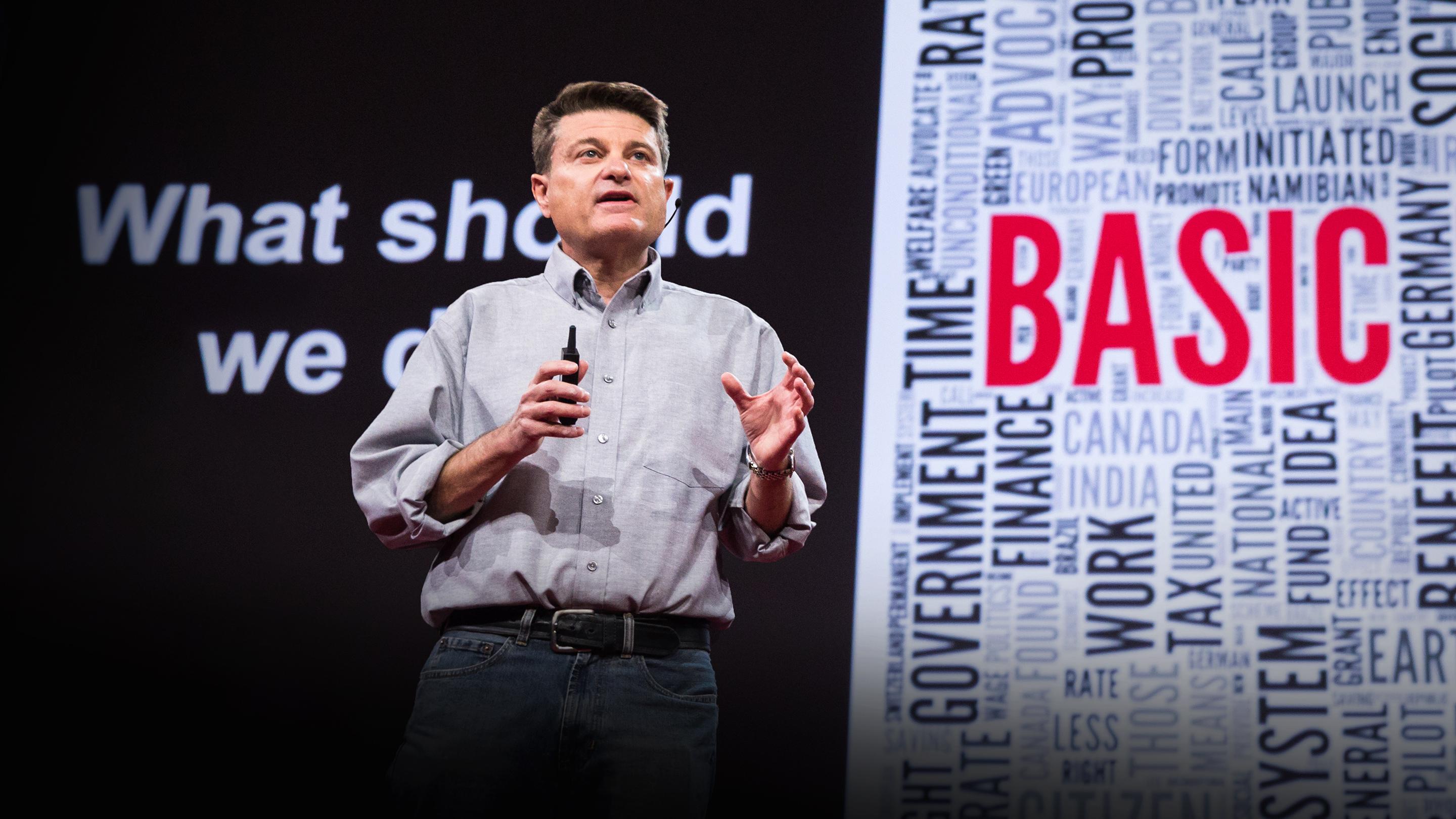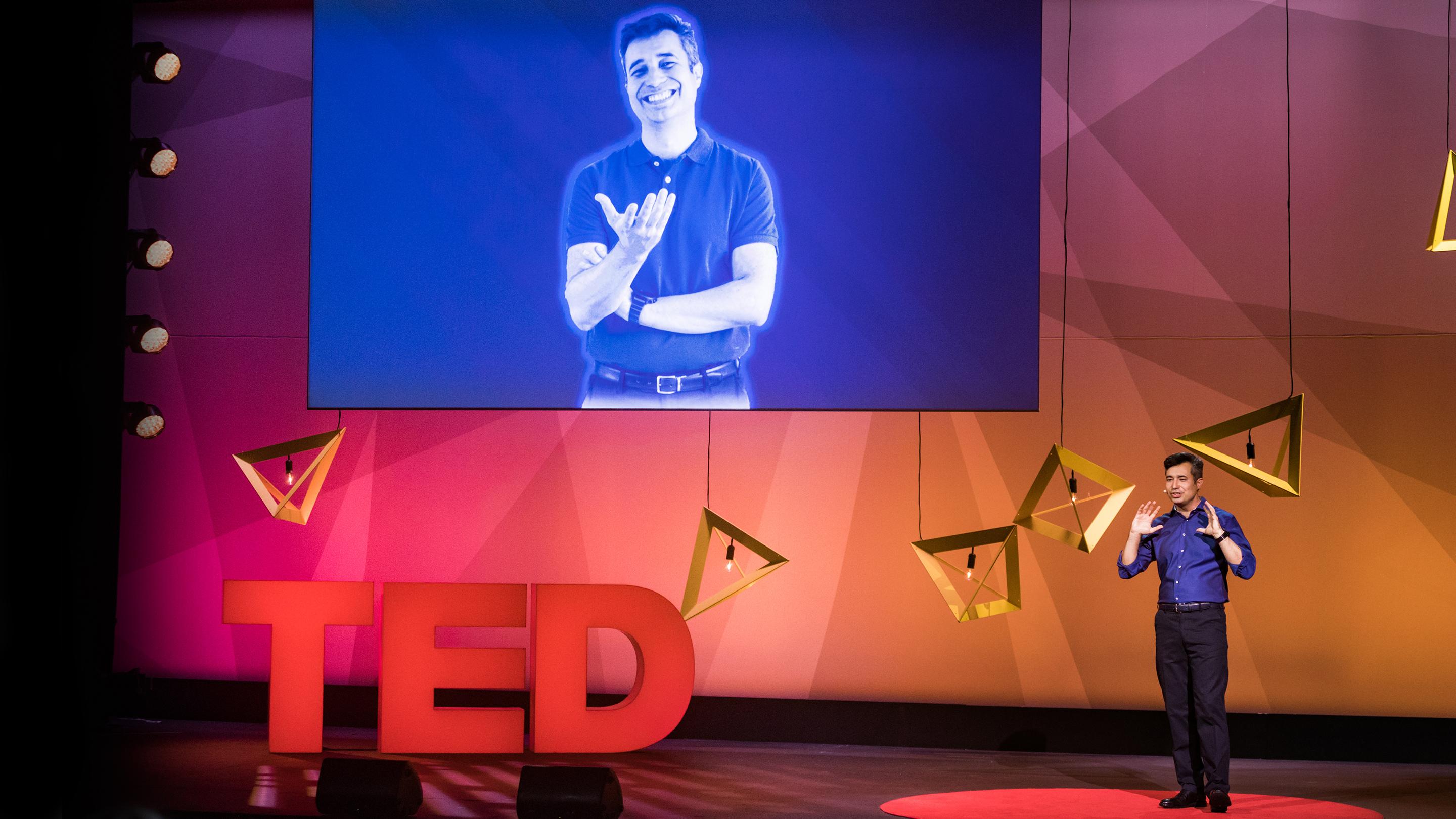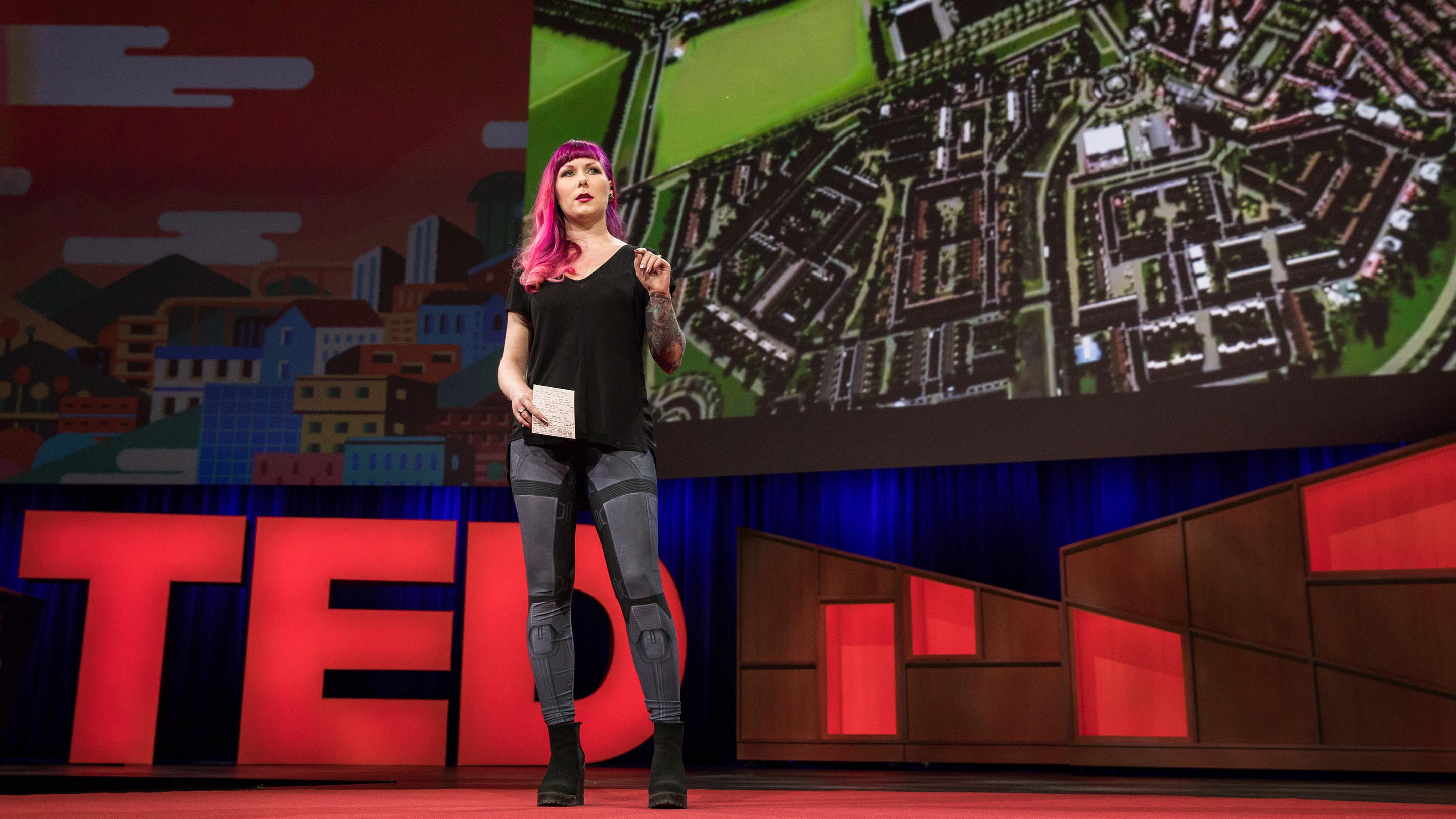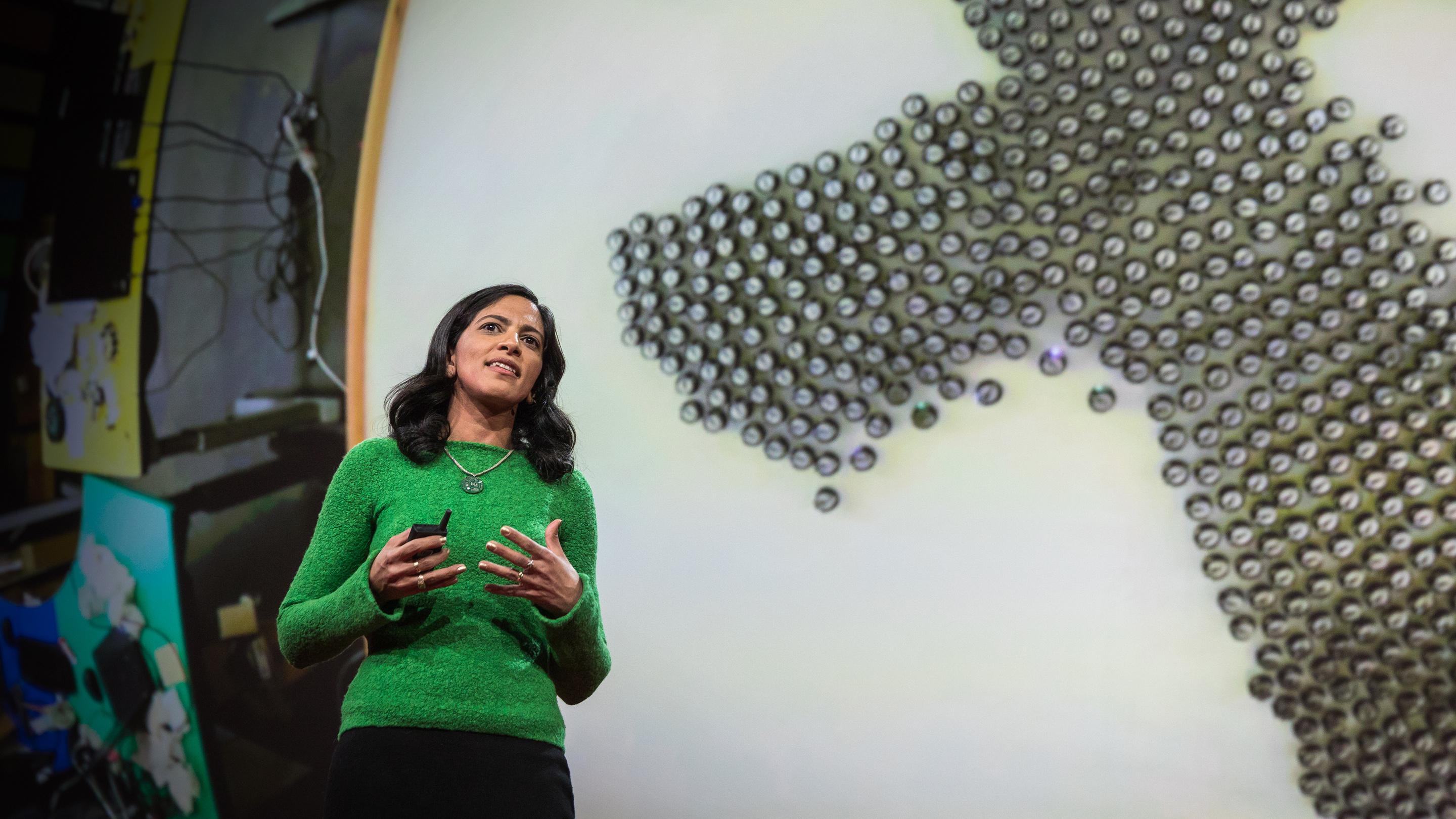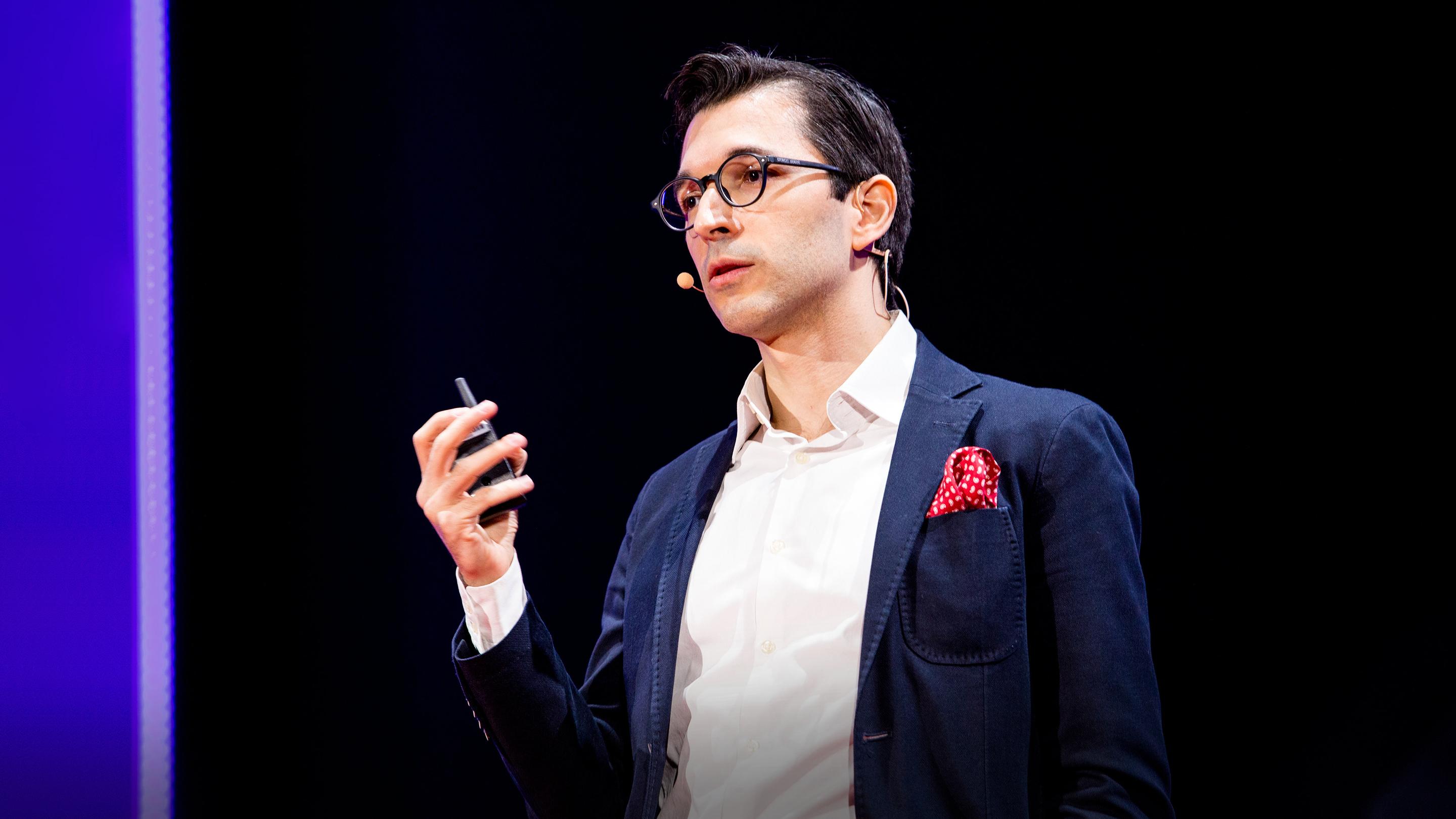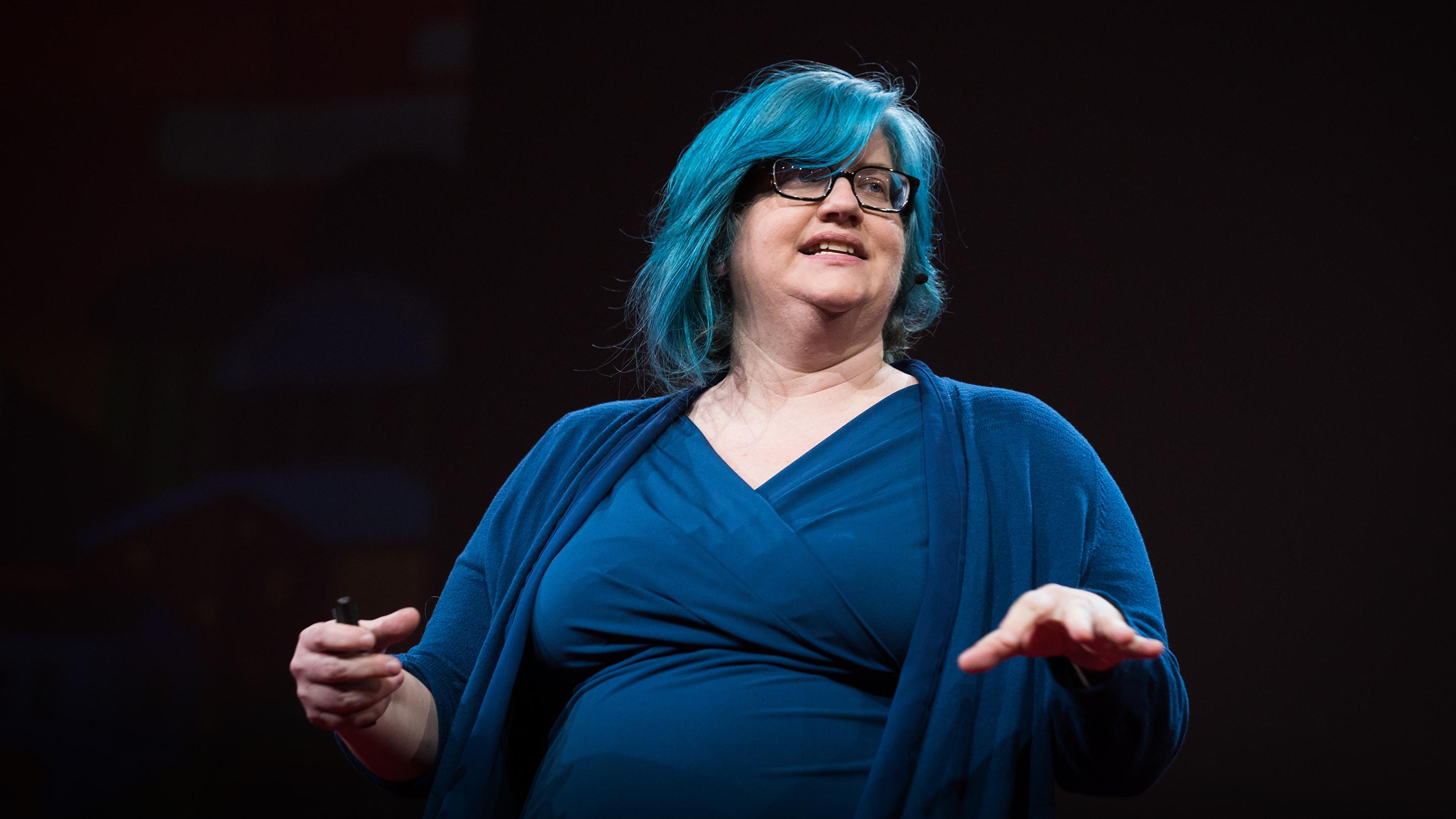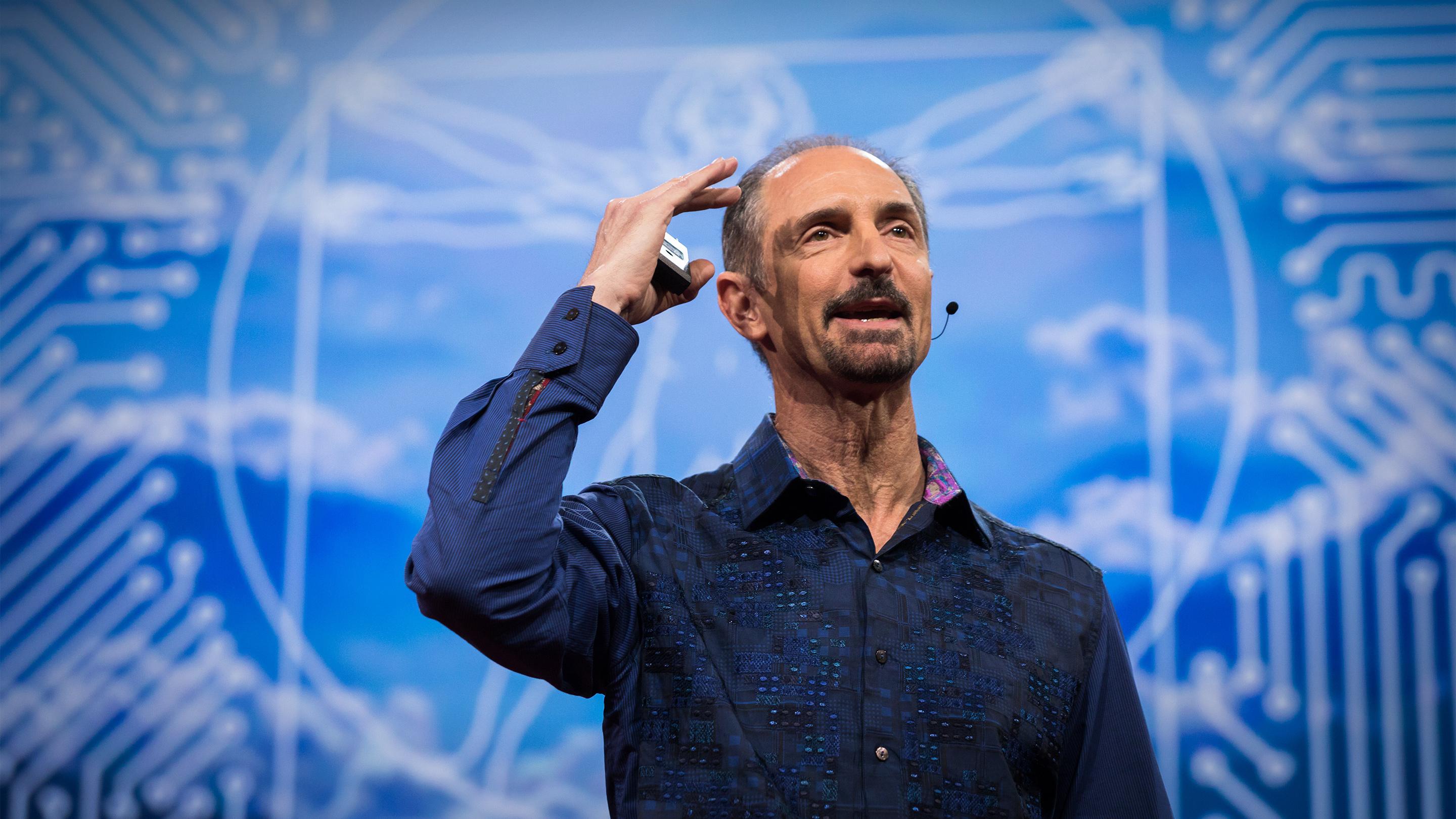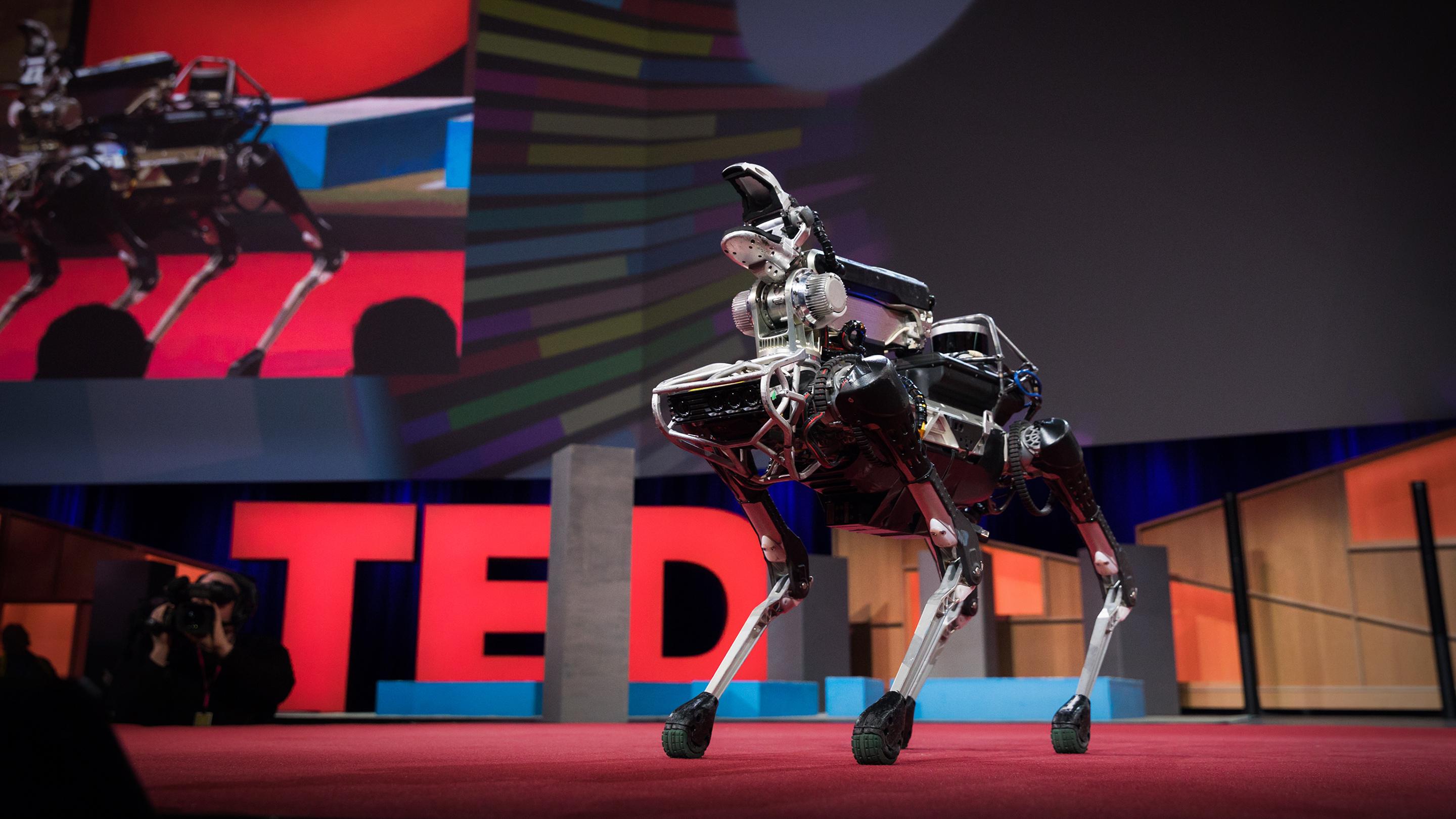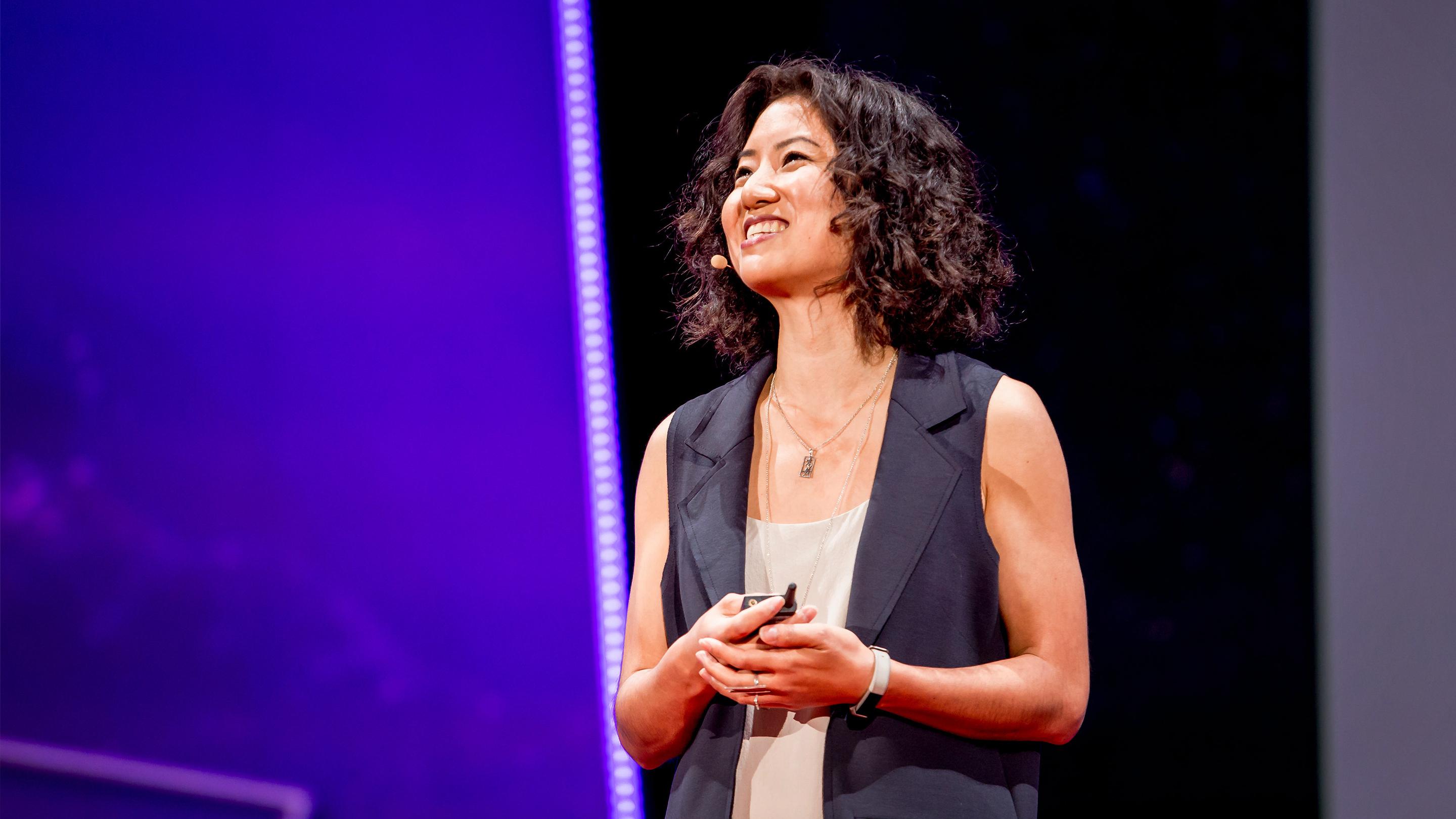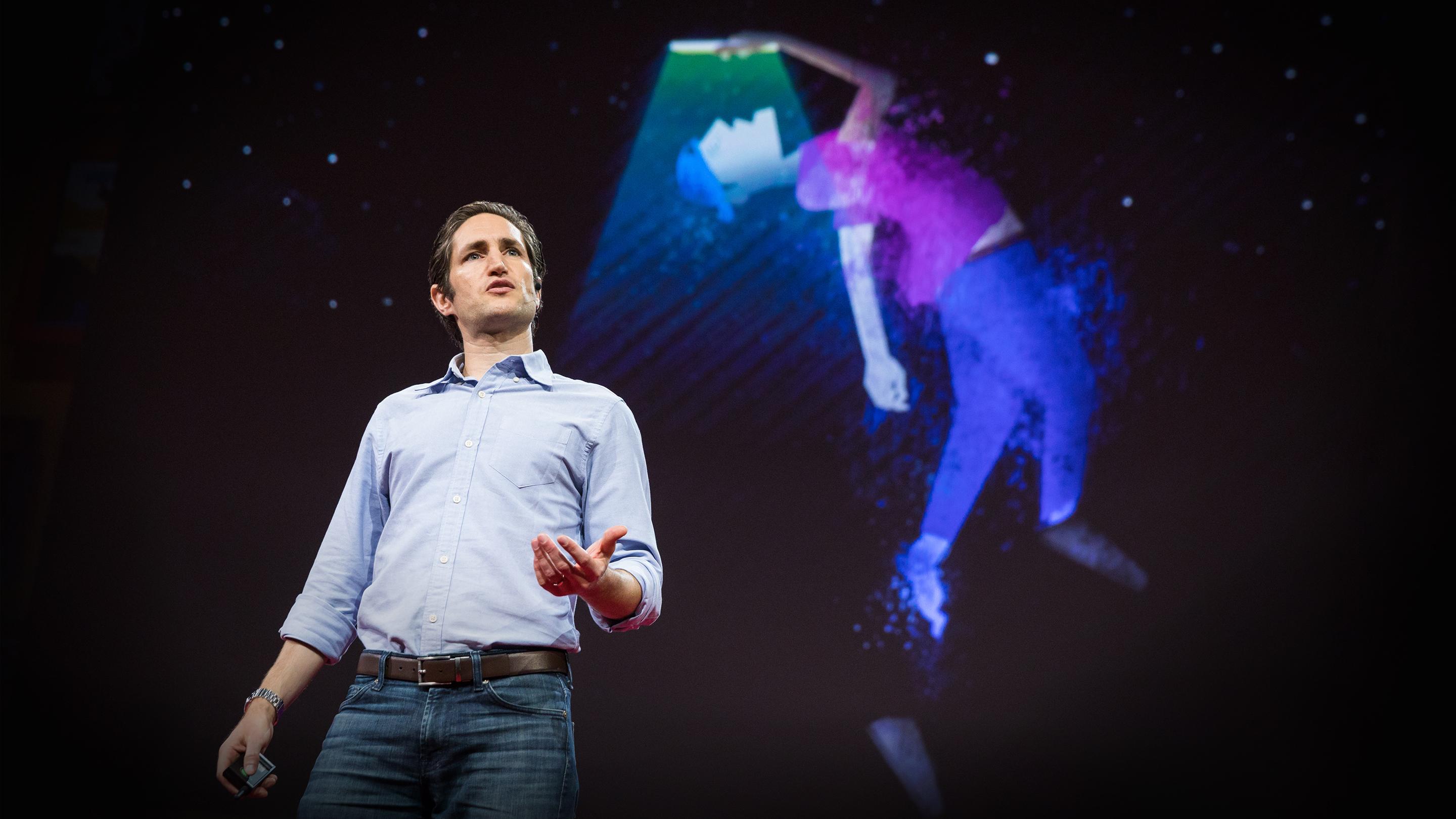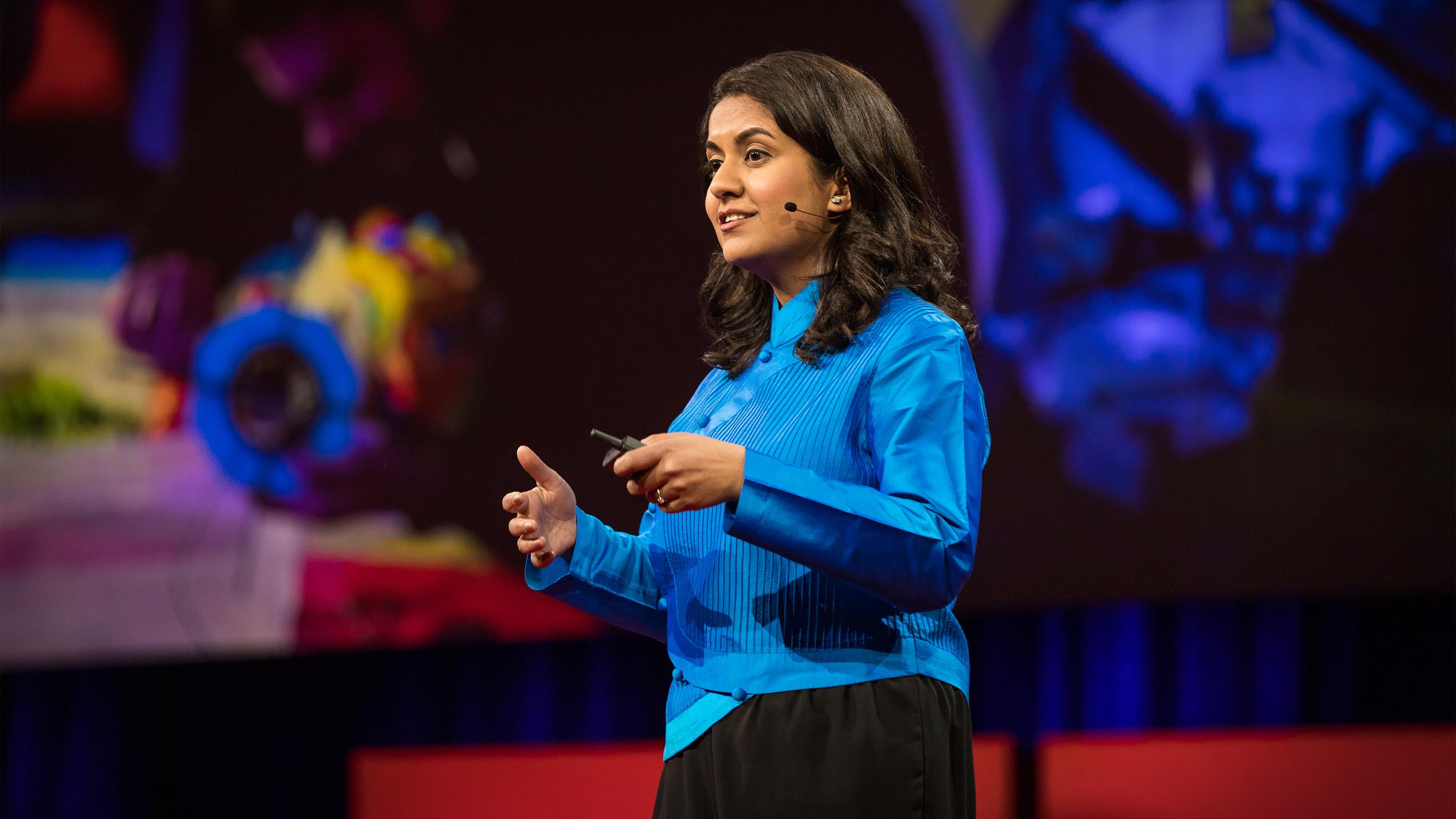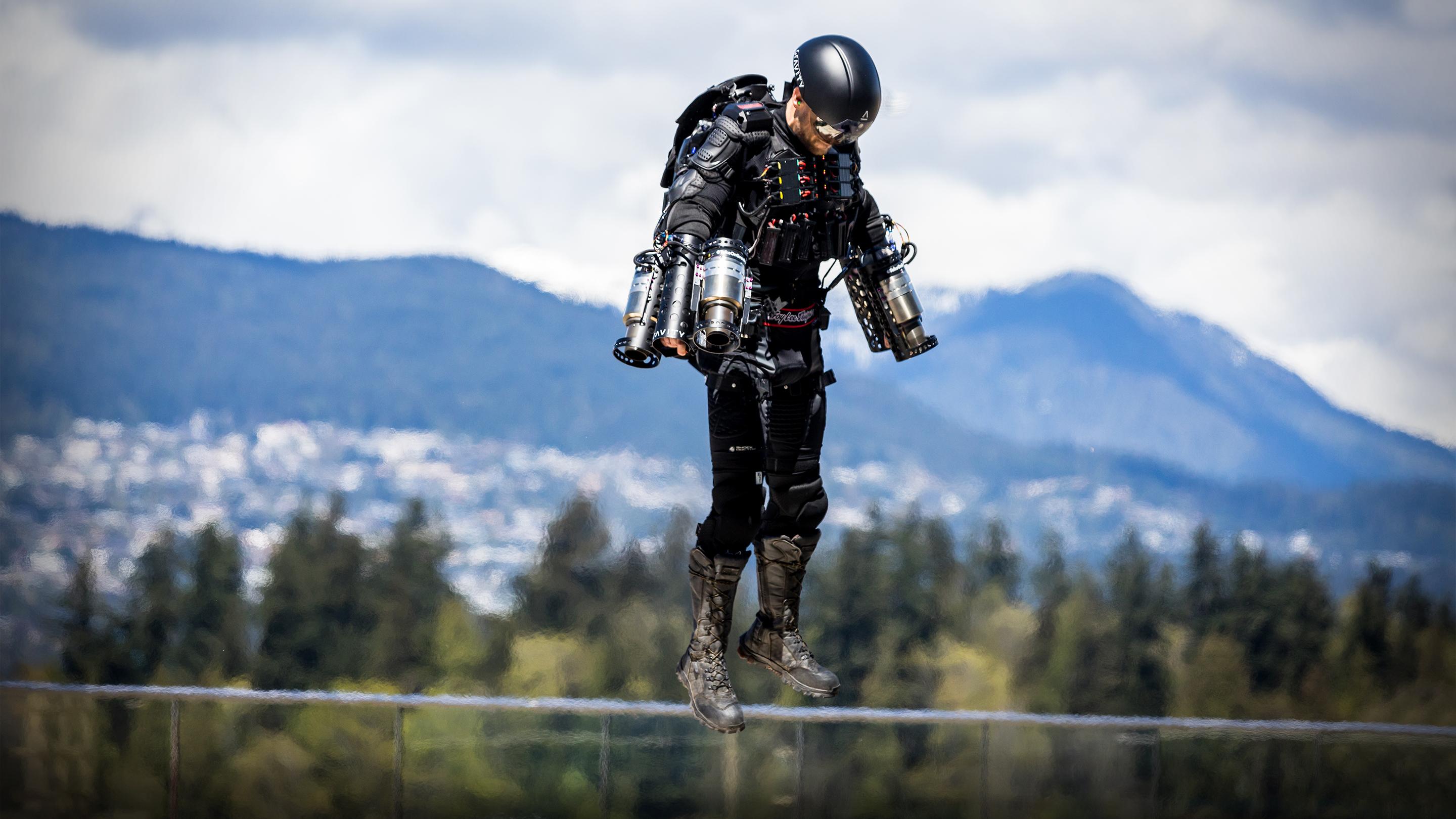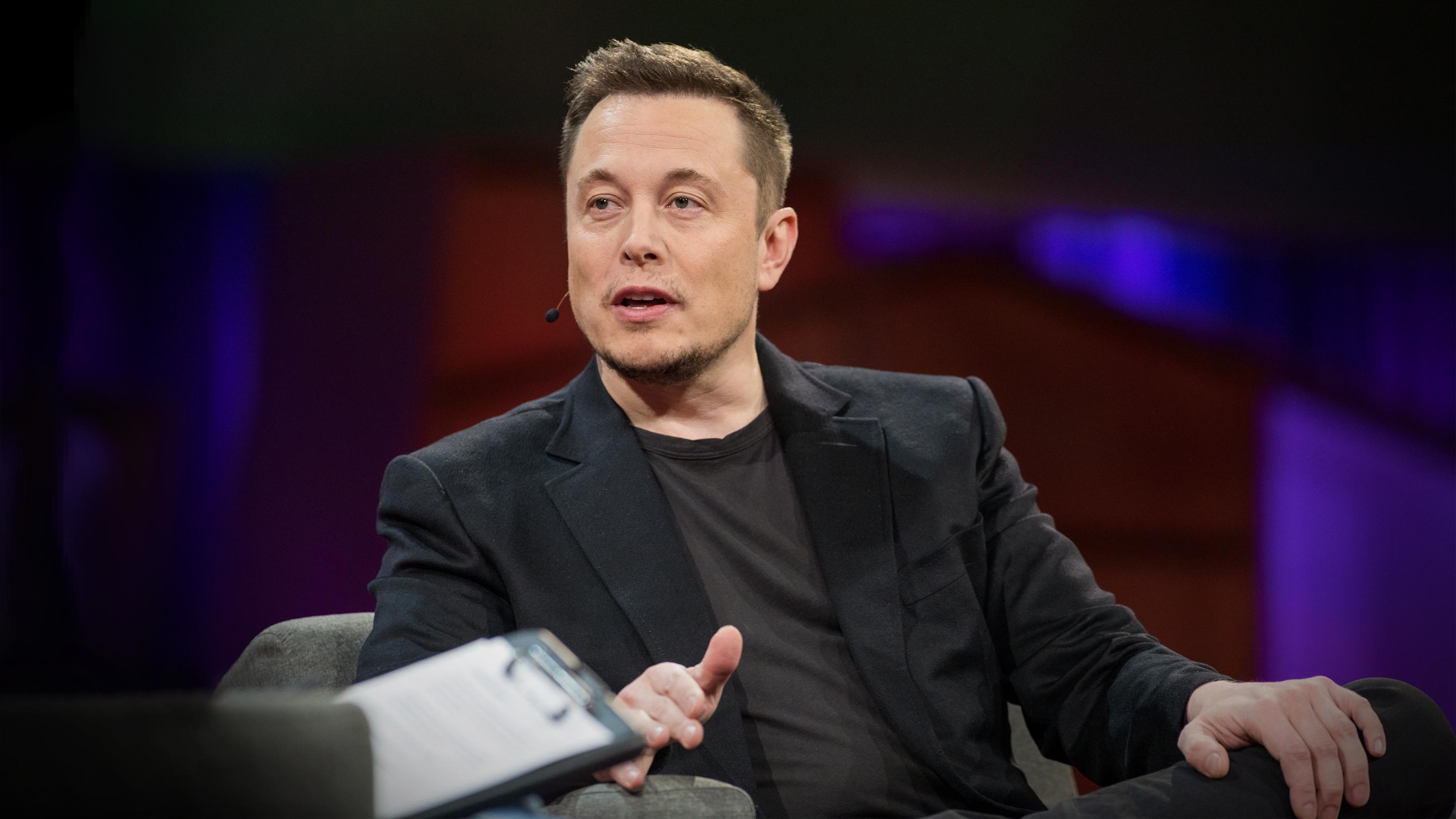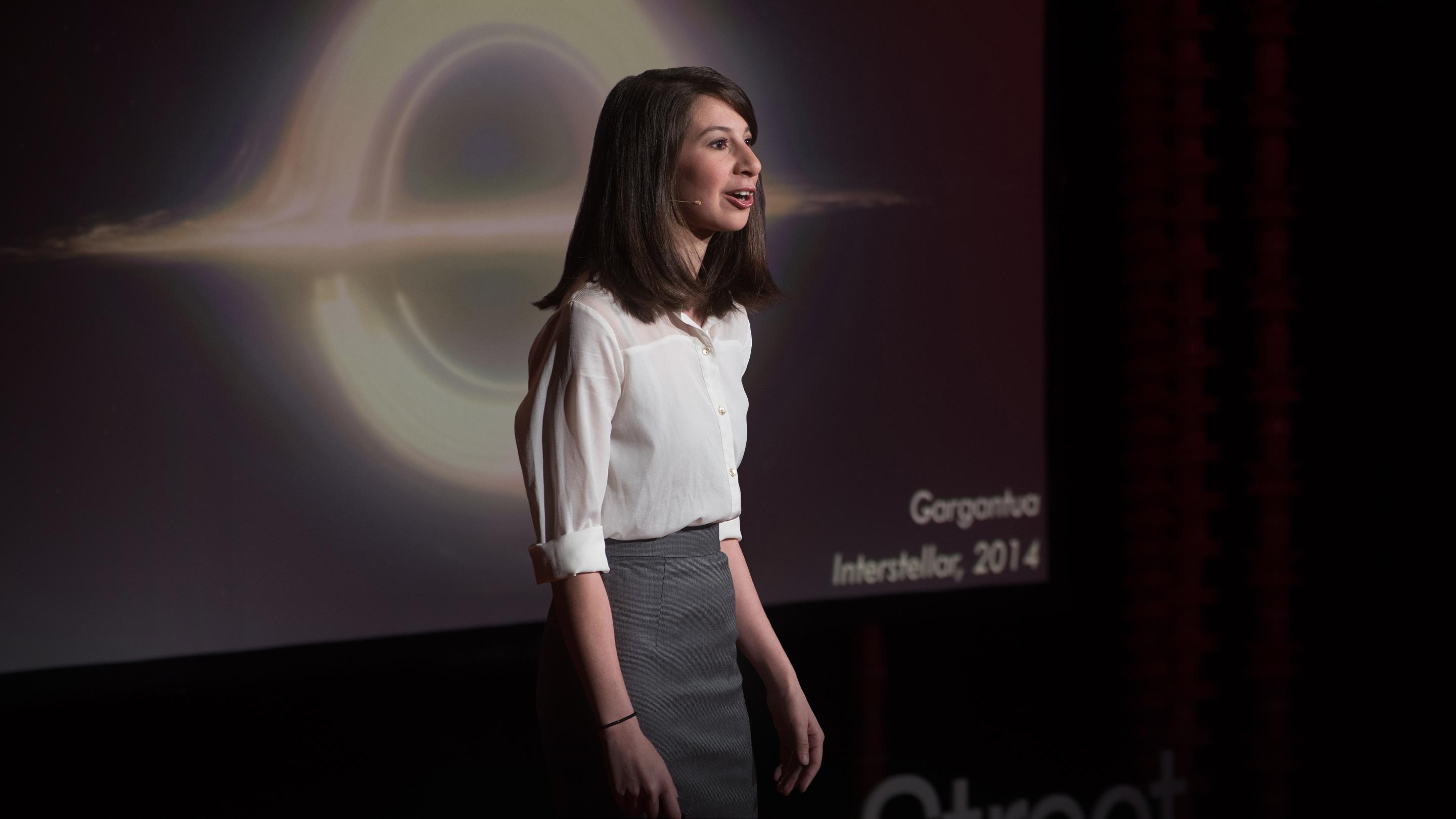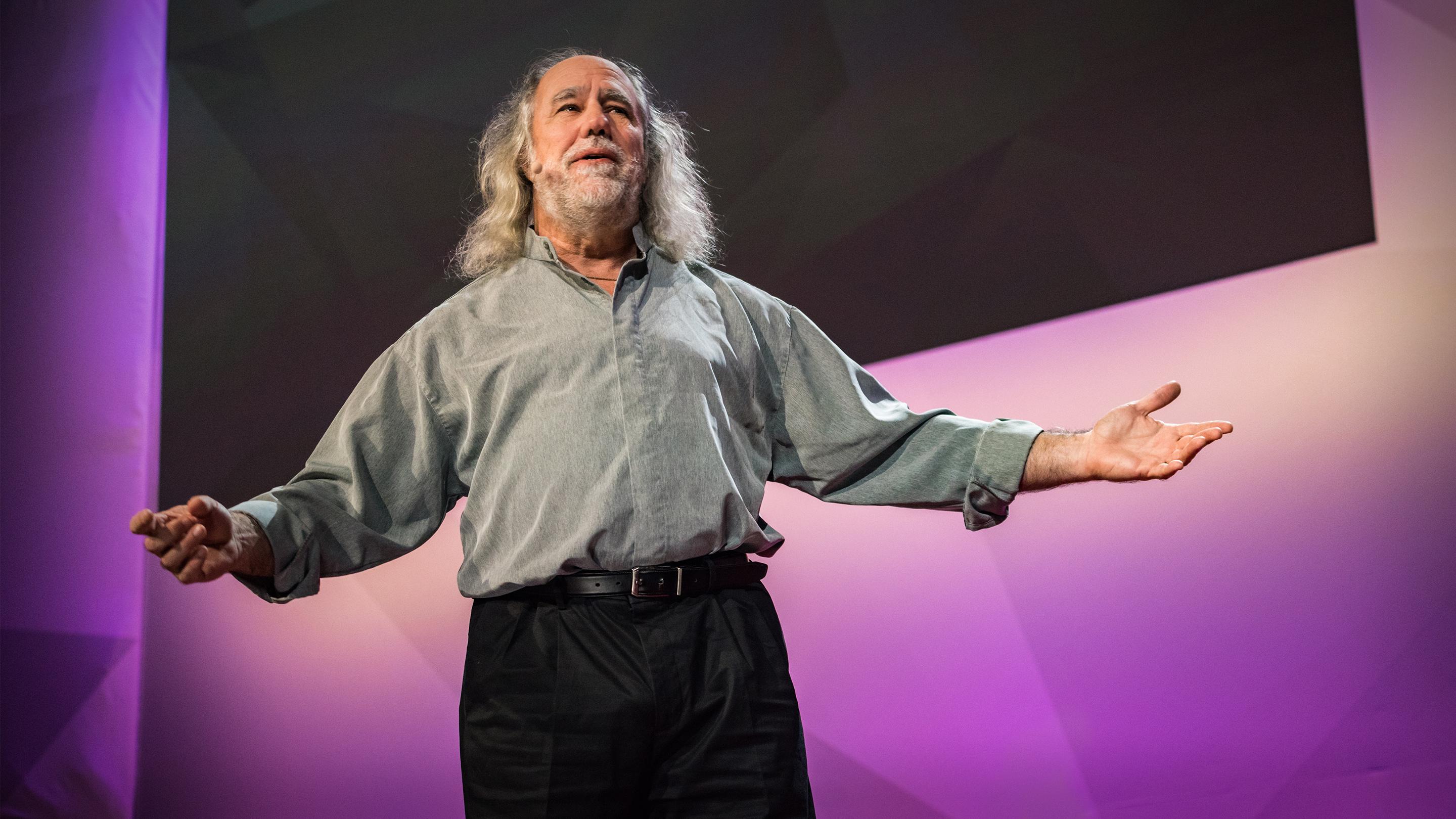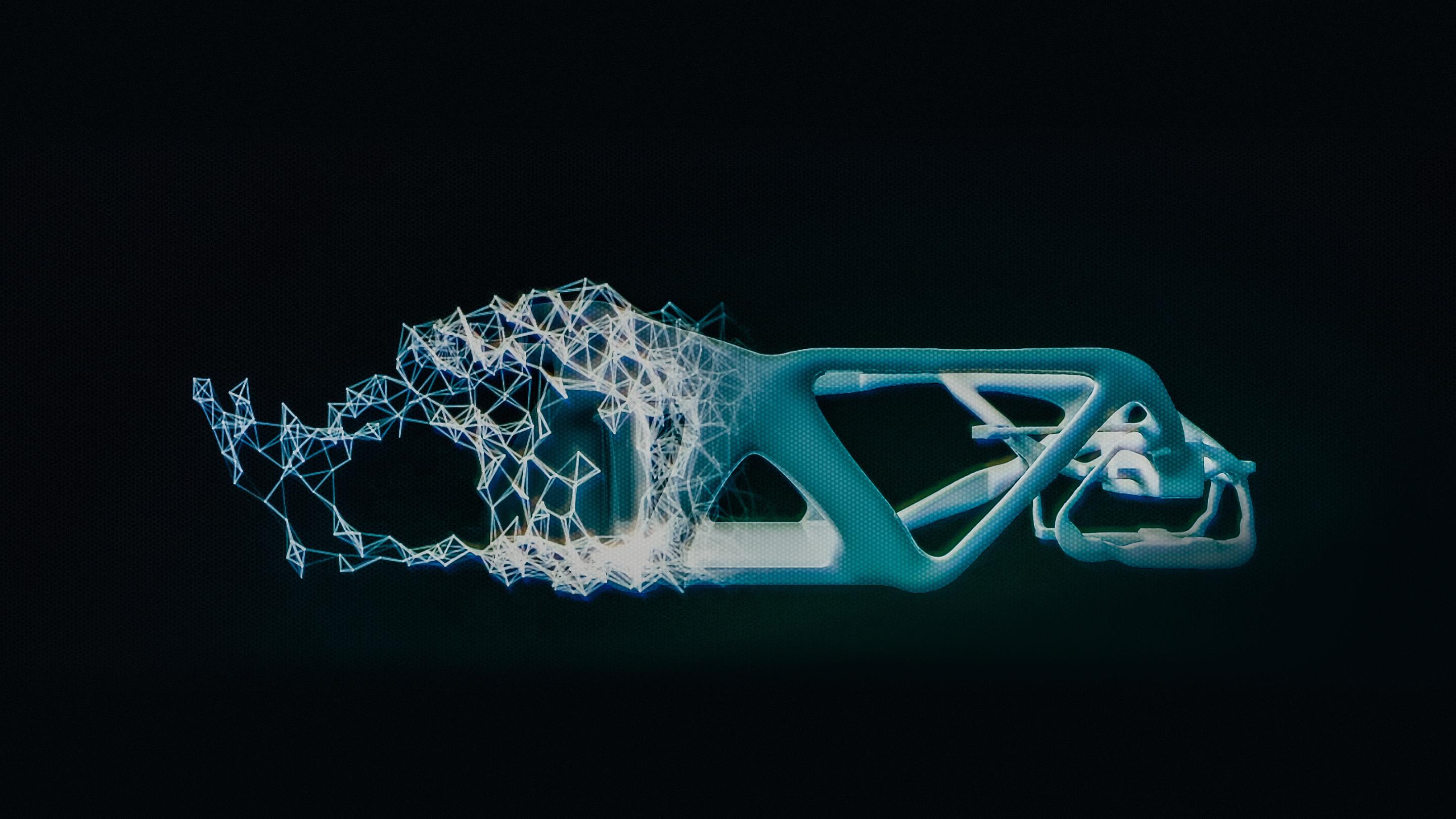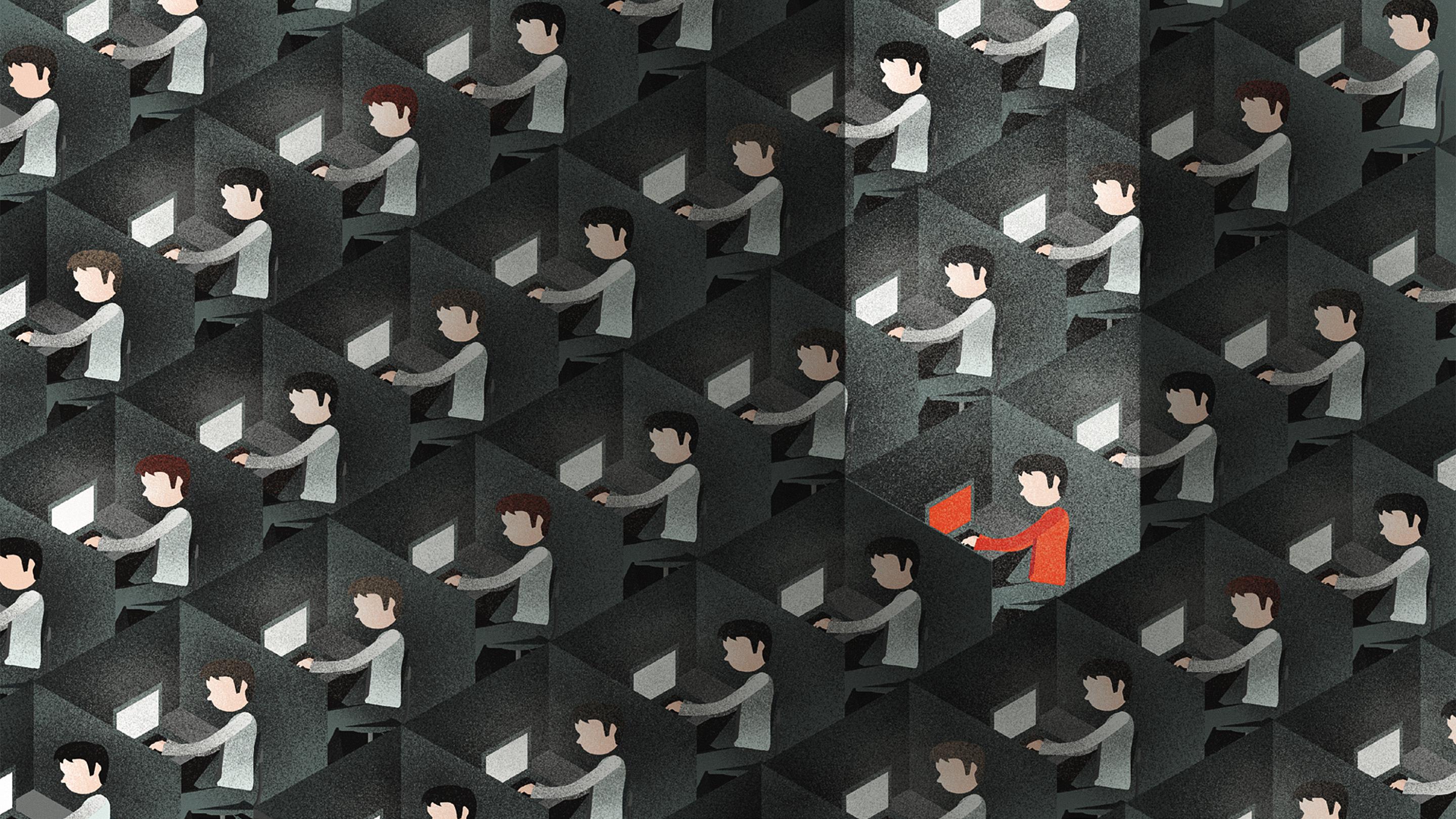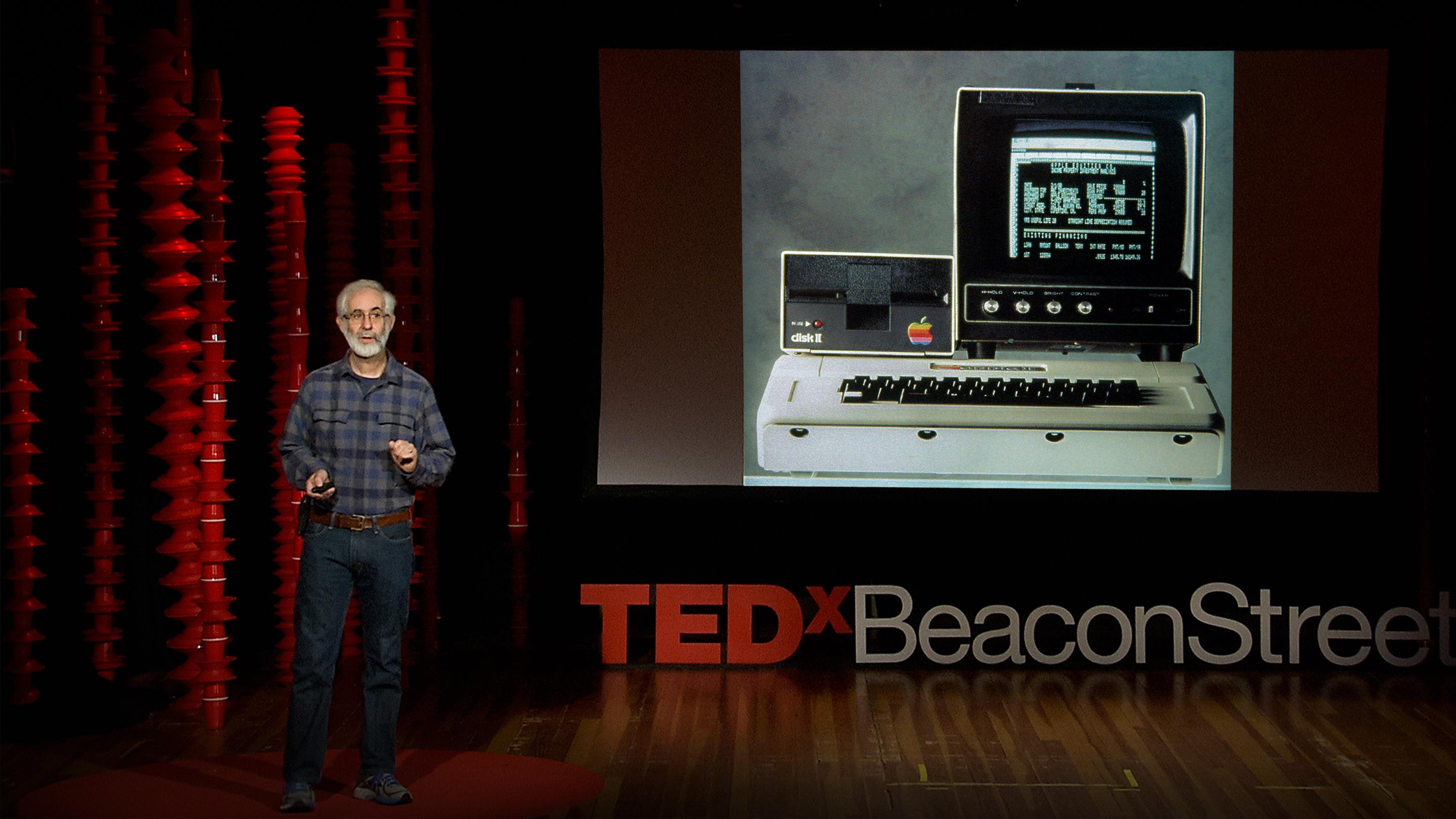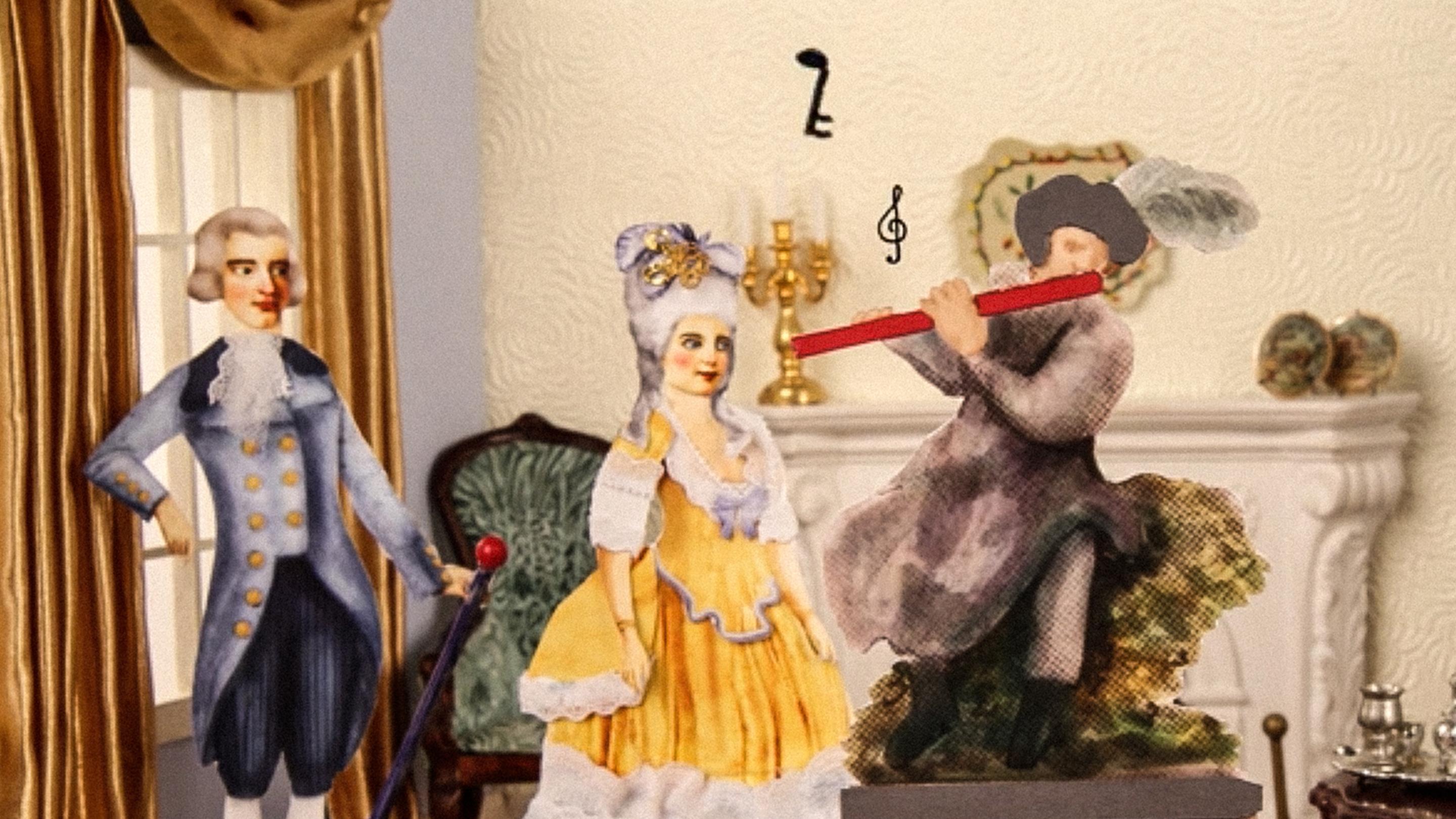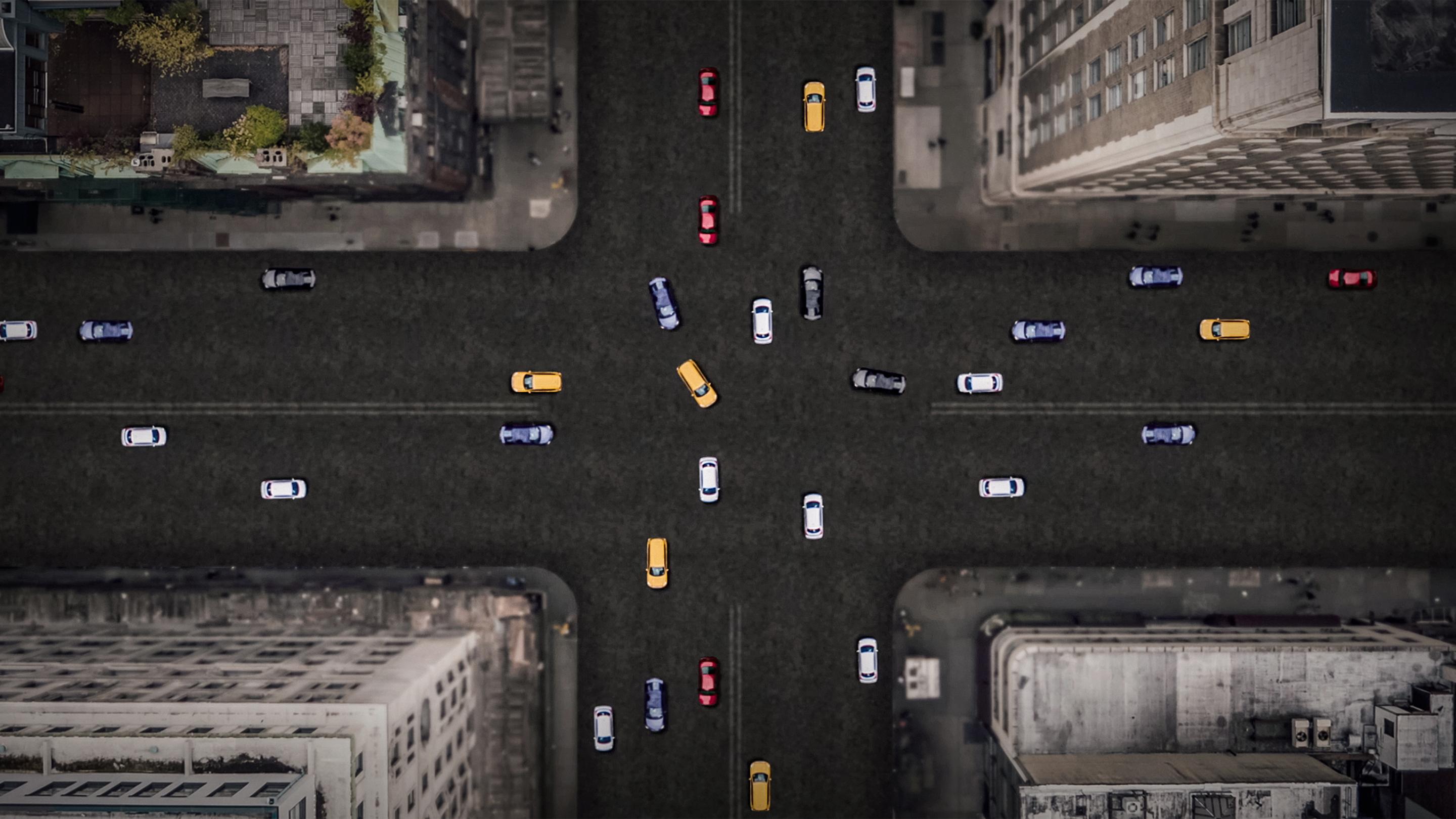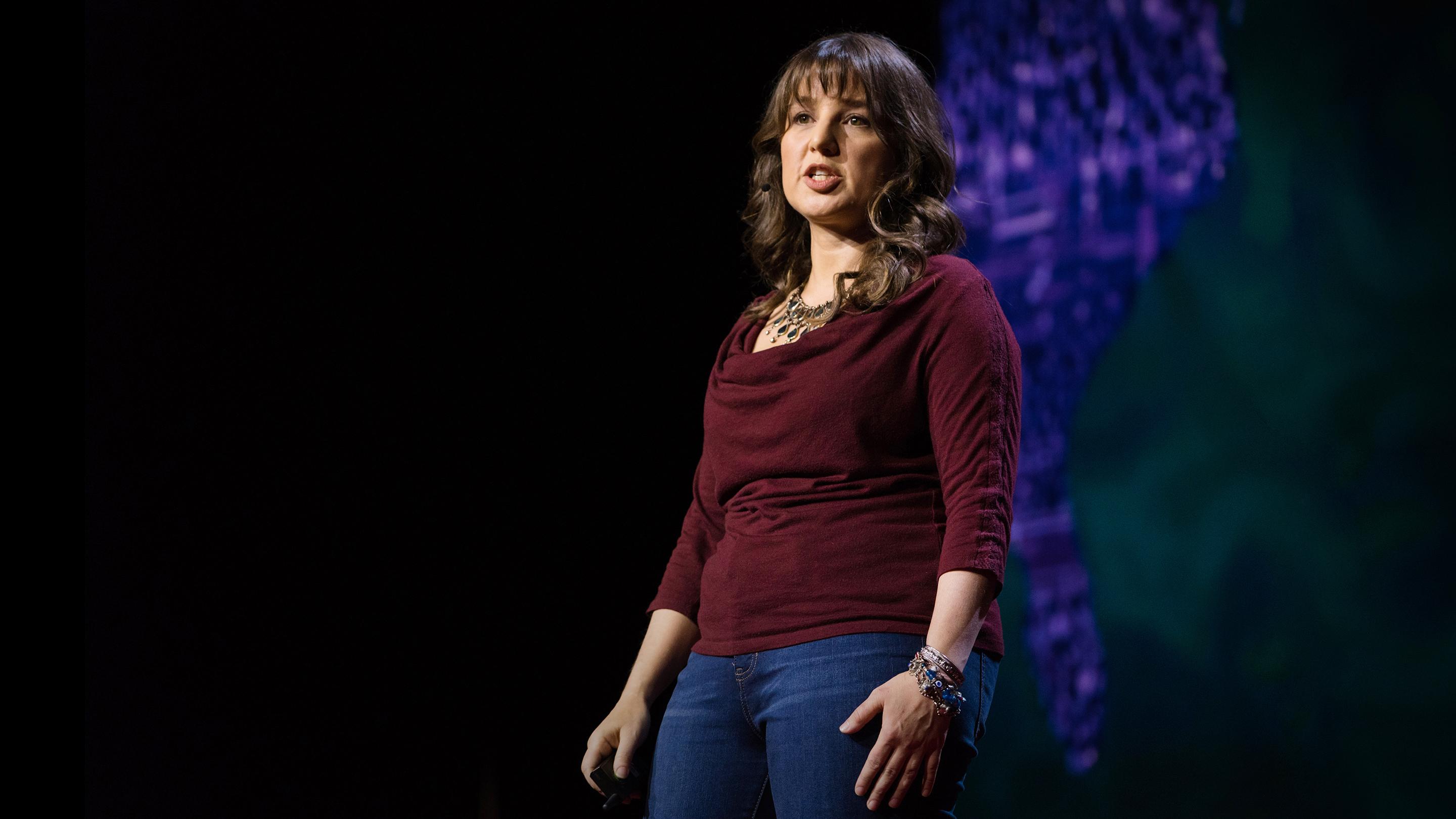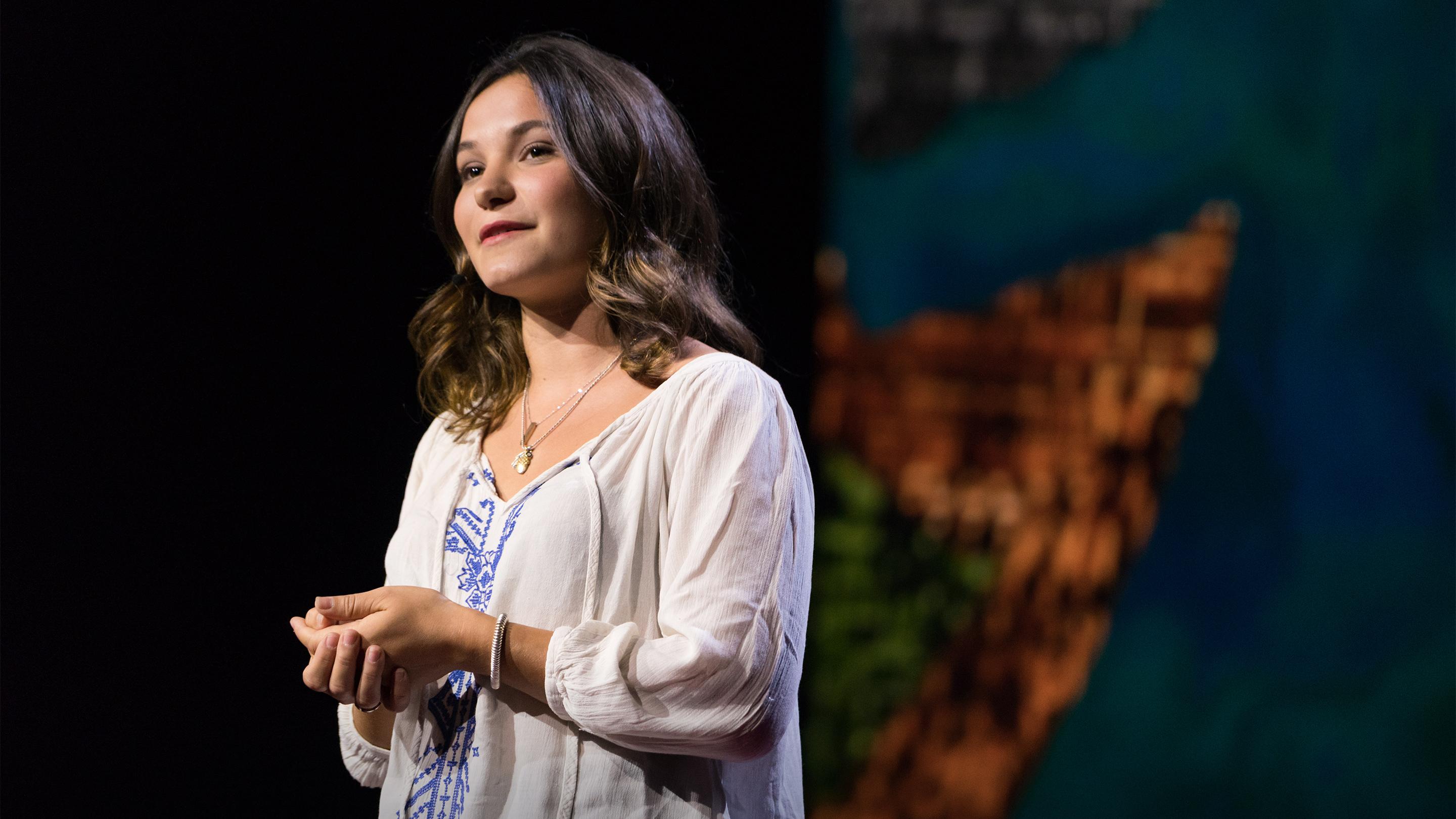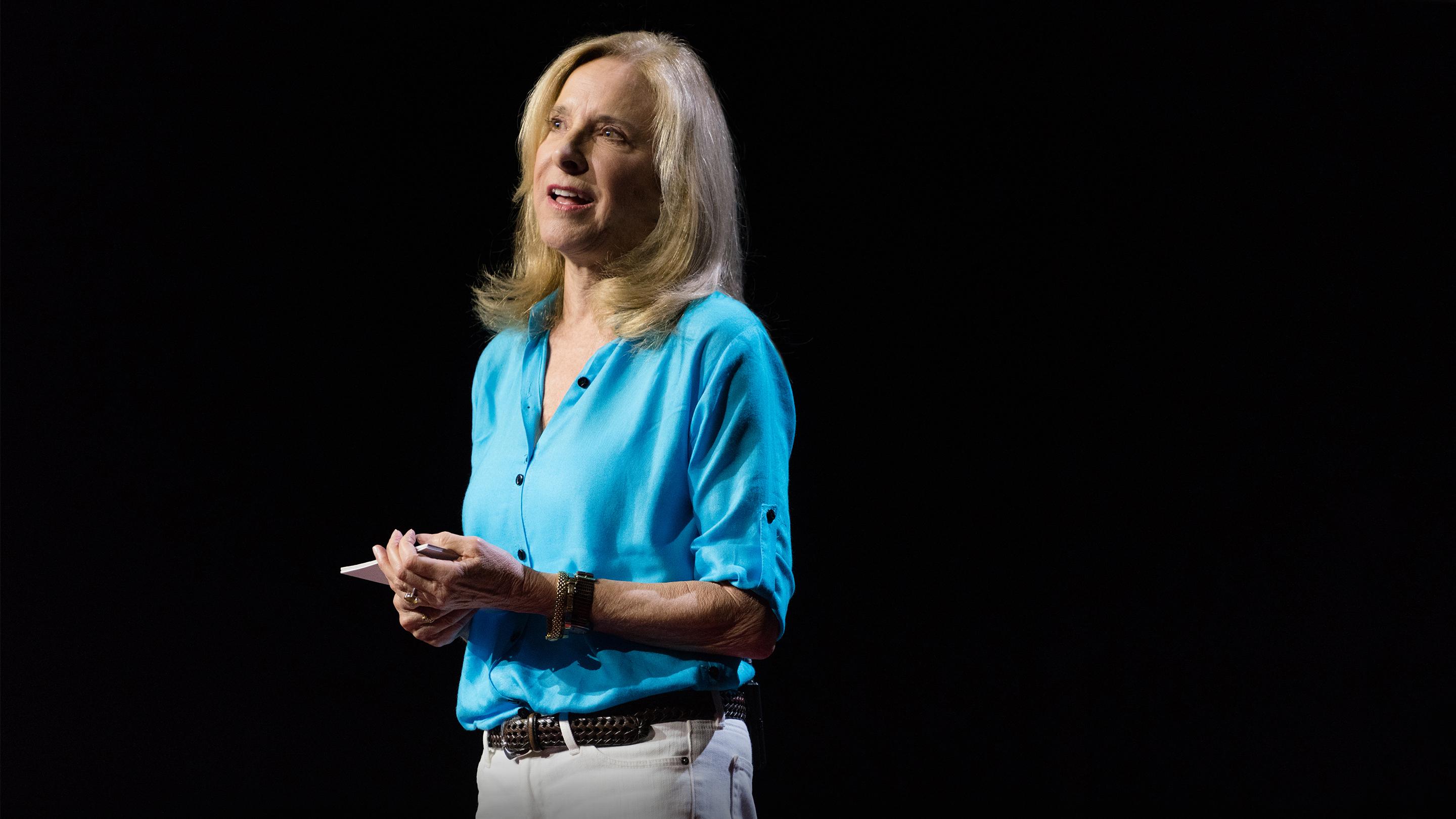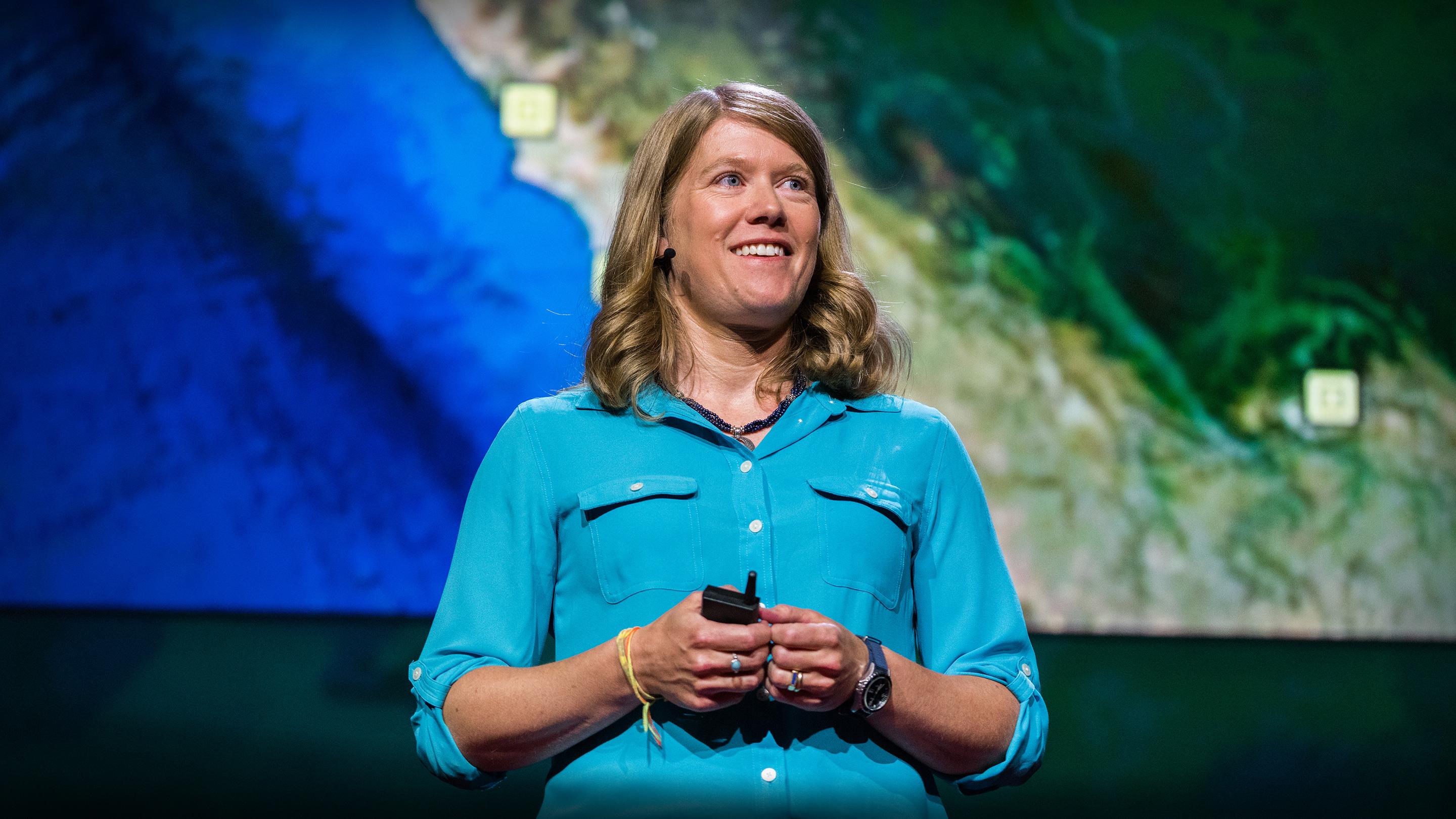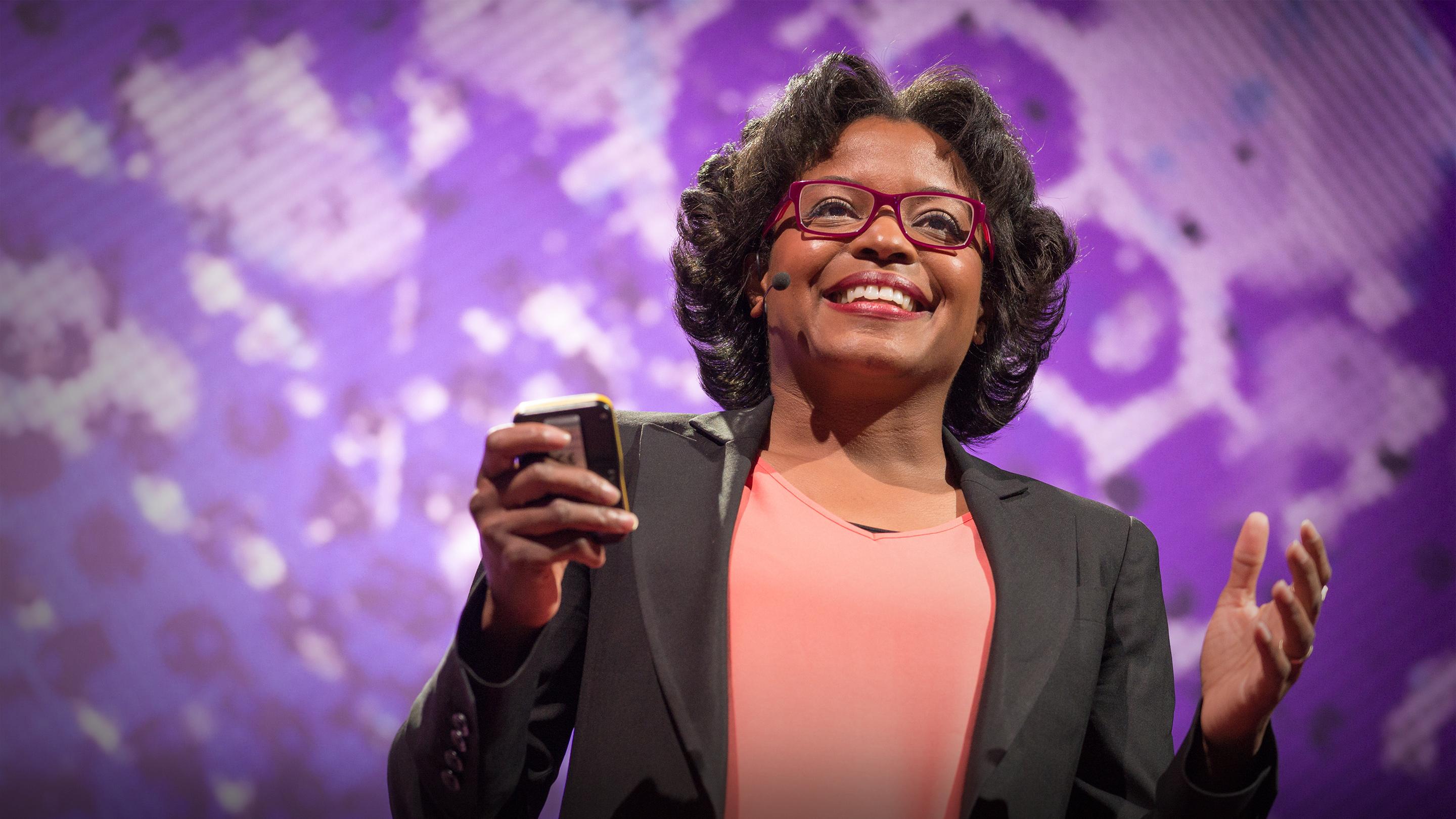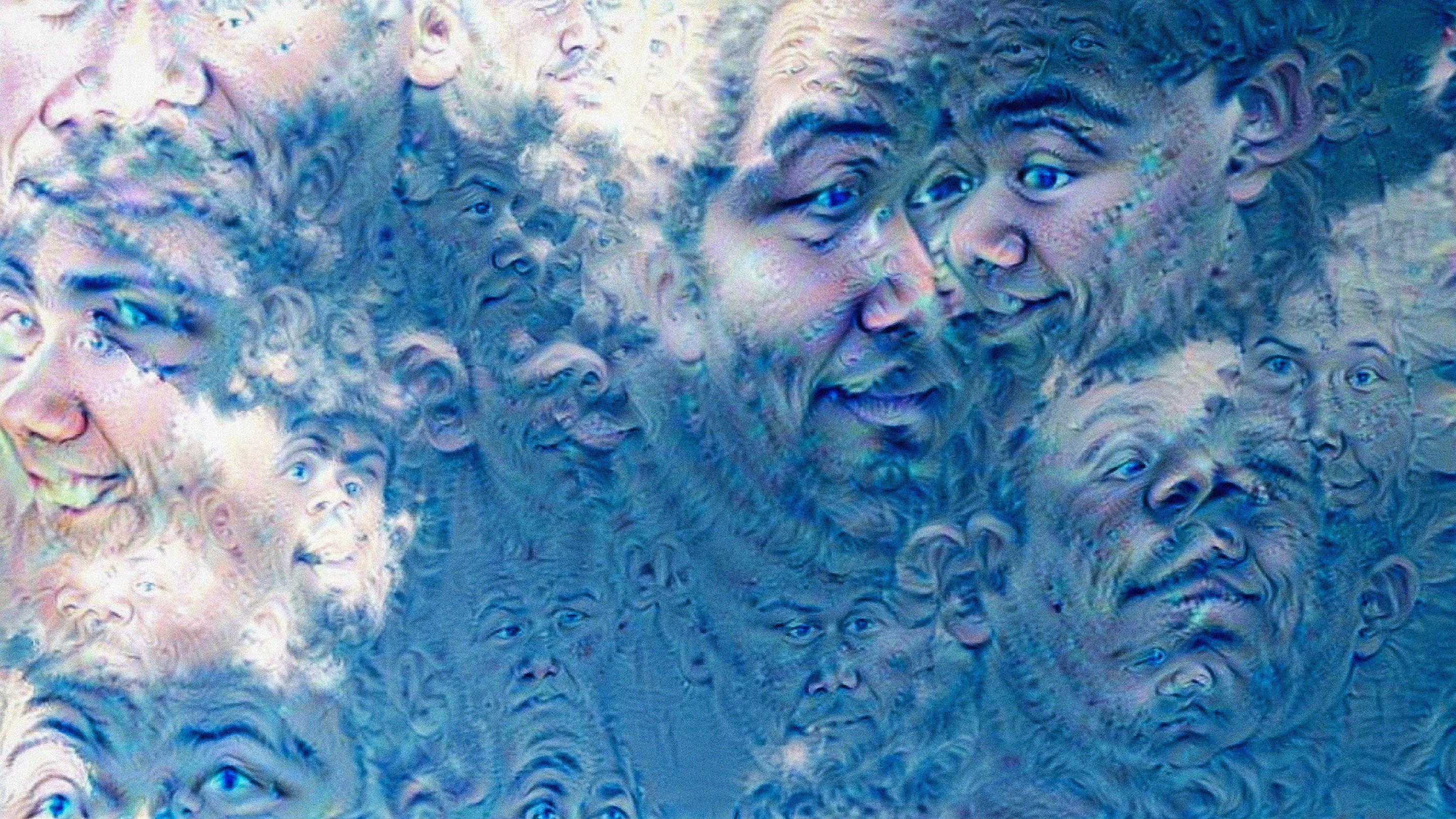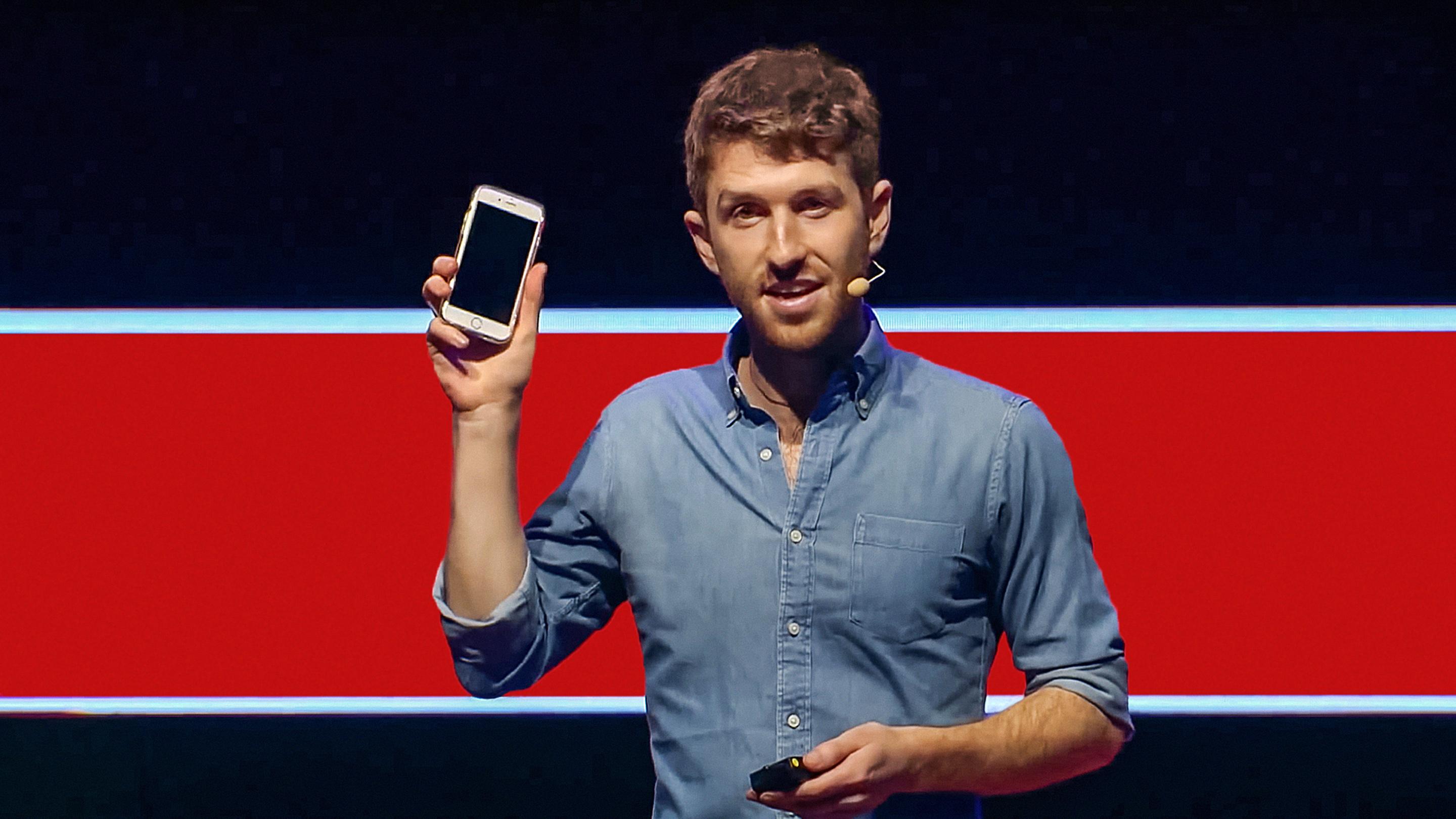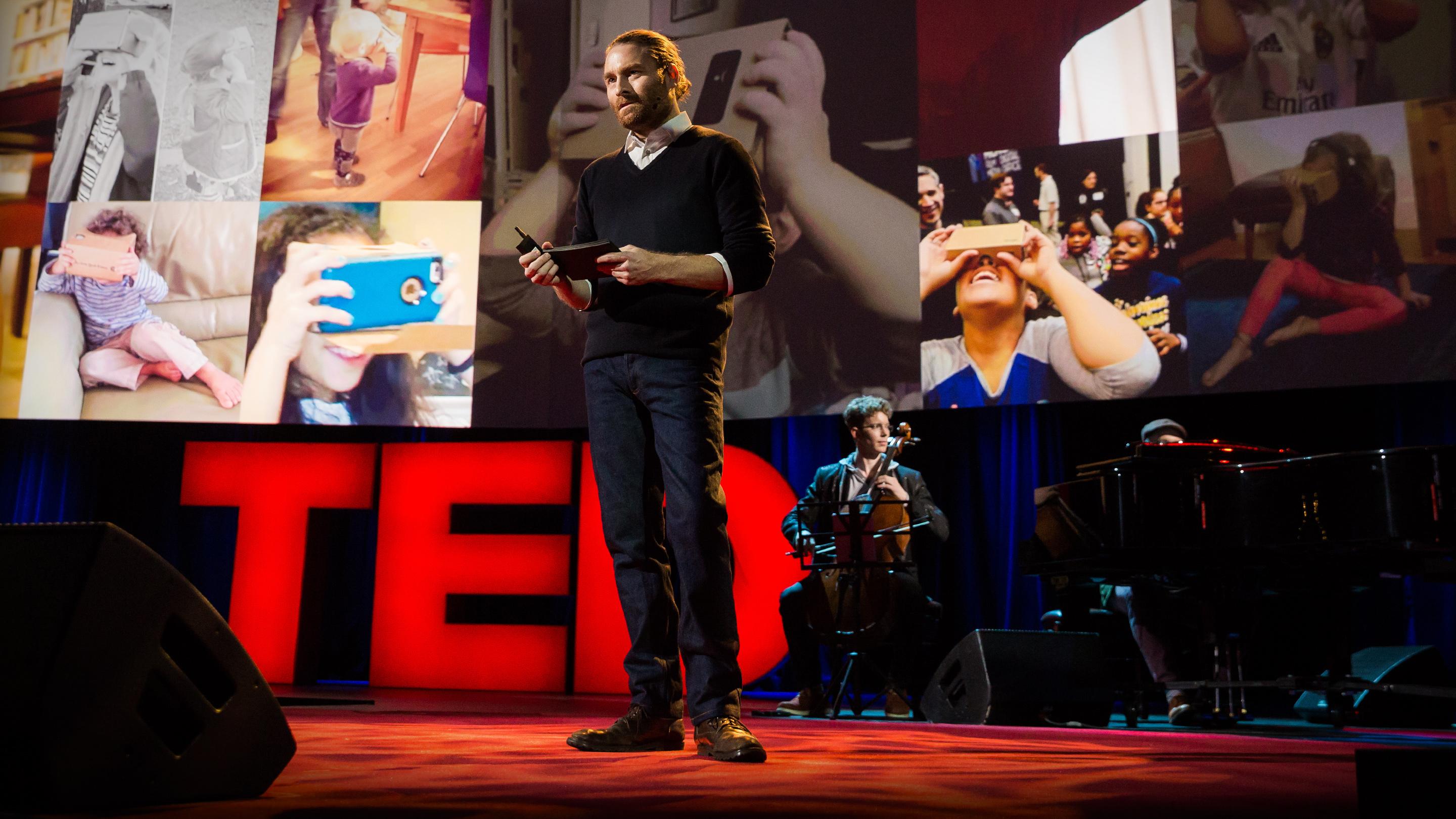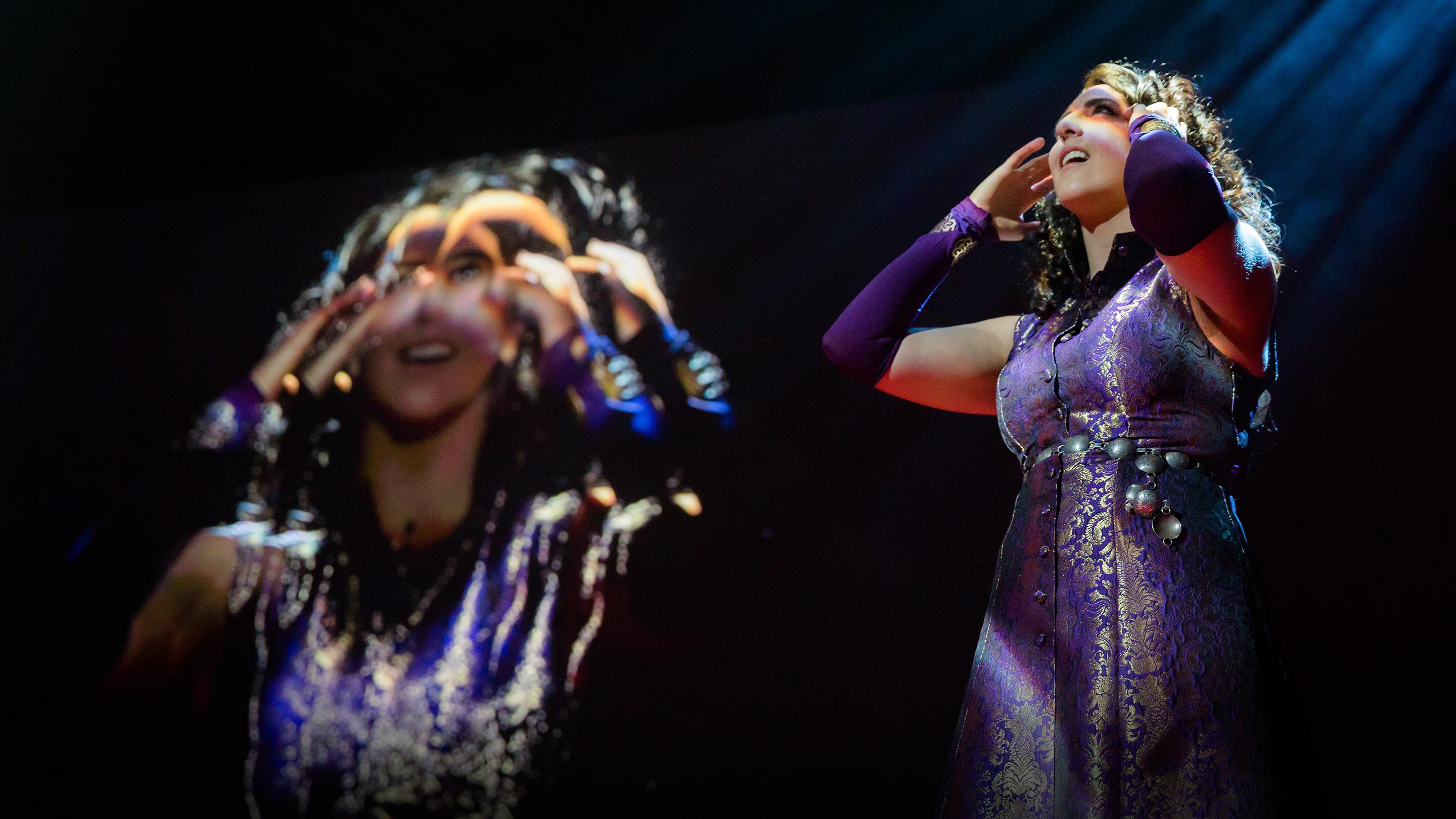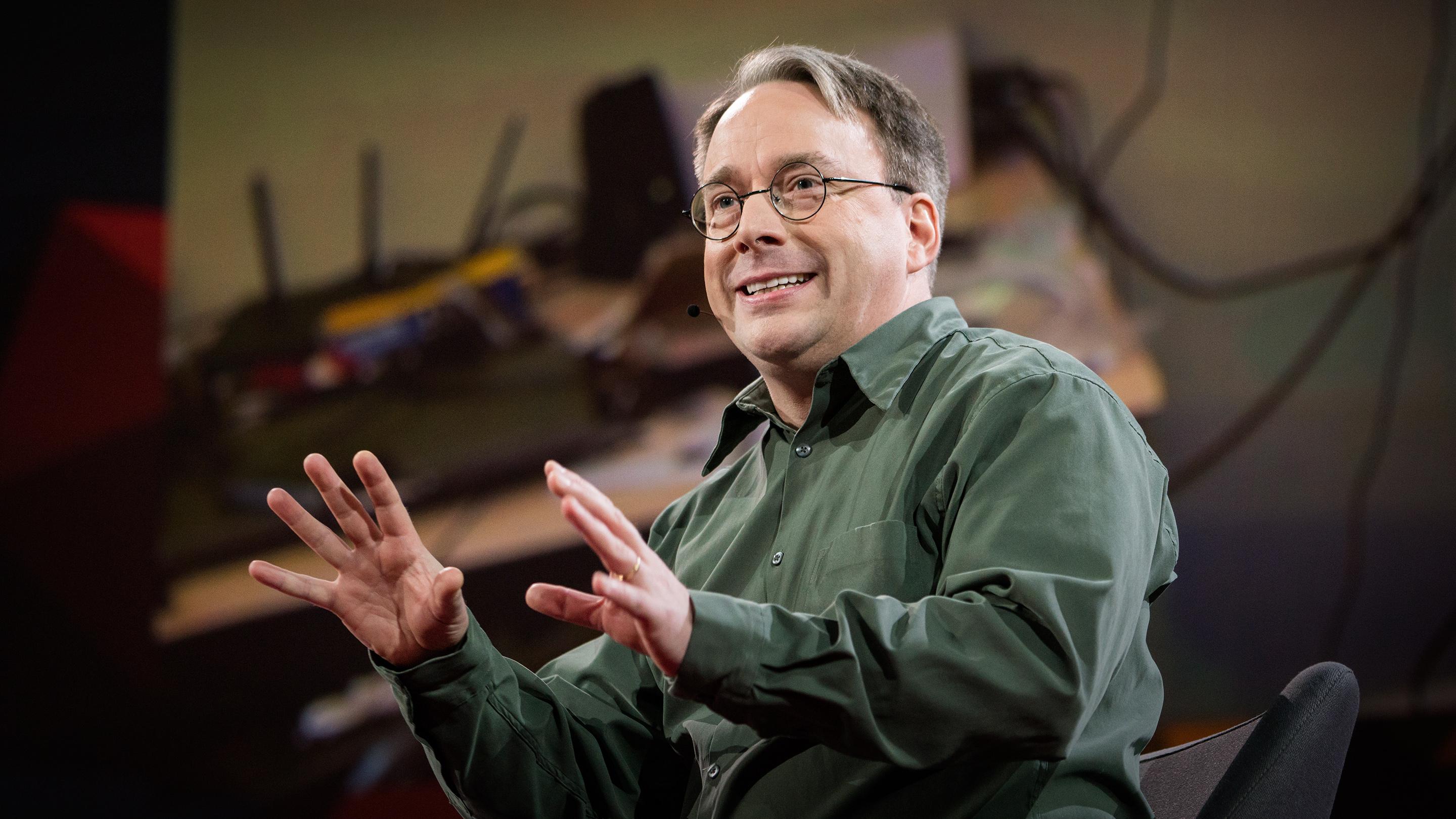TED Talks Technology
Some of the world's leading inventors and researchers share demos, breakthroughs and visions onstage at the TED conference, TEDx events and partner events around the world. You can also download these and many other videos free on TED.com, with an interactive English transcript and subtitles in up to 80 languages. TED is a nonprofit devoted to Ideas Worth Spreading.
Technology 153 rész
Possible futures from the intersection of nature, tech and society | Natsai Audrey Chieza
8 perc
1. rész
Biodesigner Natsai Audrey Chieza prototypes the future, imagining a world where people and nature can thrive together. In this wildly imaginative talk, she shares the vision behind her innovation lab, which works at the intersection of nature, technology and society to create sustainable materials and models for the future. Chieza invites us to consider what kind of world we wish for -- and what systemic changes and collaborations need to happen for it to exist.
Meditations on the intersection of humanity and technology | Olivia Arthur
9 perc
1. rész
Documentary photographer Olivia Arthur has been exploring a new frontier: the evolution of the blurring line between humanity and technology. In this meditative talk, she shows her work documenting the remarkable ways humans have merged with machines -- from bionics and motorized limbs to synthetic muscles and strikingly realistic robots -- and offers wisdom on the complexity, adaptability and resilience of the human body.
How AI can help shatter barriers to equality | Jamila Gordon
5 perc
1. rész
Jamila Gordon believes in the power of human connection -- and artificial intelligence -- to help people who might otherwise be left behind. Telling the story of her own path from refugee to global tech executive, she shows how AI is helping refugees, migrants and those from disadvantaged backgrounds find jobs and develop the skills they need to work effectively and safely.
6 big ethical questions about the future of AI | Genevieve Bell
14 perc
1. rész
Artificial intelligence is all around us ... and the future will only bring more of it. How can we ensure the AI systems we build are responsible, safe and sustainable? Ethical AI expert Genevieve Bell shares six framing questions to broaden our understanding of future technology -- and create the next generation of critical thinkers and doers.
Inside the massive (and unregulated) world of surveillance tech | Sharon Weinberger
11 perc
1. rész
What is a weapon in the Information Age? From microscopic "smart dust" tracking devices to DNA-tracing tech and advanced facial recognition software, journalist Sharon Weinberger leads a hair-raising tour through the global, unregulated bazaar of privatized mass surveillance. To rein in this growing, multibillion-dollar marketplace that often caters to customers with nefarious intents, Weinberger believes the first step is for governments to classify surveillance tools as dangerous and powerful weapons.
The agony of trying to unsubscribe | James Veitch
7 perc
137. rész
It happens to all of us: you unsubscribe from an unwanted marketing email, and a few days later another message from the same company pops up in your inbox. Comedian James Veitch turned this frustration into whimsy when a local supermarket refused to take no for an answer. Hijinks ensued.
The global movement to restore nature's biodiversity | Thomas Crowther
11 perc
1. rész
Biodiversity is the key to life on Earth and reviving our damaged planet, says ecologist Thomas Crowther. Sharing the inside story of his headline-making research on reforestation, which led to the UN's viral Trillion Trees Campaign, Crowther introduces Restor: an expansive, informative platform built to enable anyone, anywhere to help restore the biodiversity of Earth's ecosystems.
How cities are detoxing transportation | Monica Araya
10 perc
1. rész
People around the world are demanding clean air -- and cities are starting to respond, says electrification advocate Monica Araya. She takes us on a world tour of urban areas that are working to fully electrify their transportation systems over the next decade, shifting to emission-free motorcycles, cars, buses, ferries and beyond. See what a future without the internal combustion engine could look like -- and what it will take to get there.
How humanity can reach the stars | Philip Lubin
8 perc
1. rész
Could we exit our solar system, and enter another? Astrophysicist Philip Lubin discusses the awesome potential of using lasers to propel small spacecraft, enabling humanity's first interstellar missions. Learn how this transformative technology could help us reach Proxima Centauri, the nearest star to our own -- and fundamentally alter our understanding of the universe along the way.
How digital innovation can fight pandemics and strengthen democracy | Audrey Tang
49 perc
1. rész
Can technology create a democracy that's fast, fair ... and even fun? Digital minister Audrey Tang shares how Taiwan avoided a COVID-19 shutdown in early 2020 through innovations like developing apps to map mask availability, crowdsourcing ideas that could become laws and creating a "humor over rumor" campaign to combat disinformation with comedy. (This virtual conversation, hosted by TED science curator David Biello and current affairs curator Whitney Pennington Rodgers, was recorded June 1, 2020.)
How tech companies can help combat the pandemic and reshape public health | Karen DeSalvo
24 perc
2. rész
Karen DeSalvo, the chief health officer at Google, explains the partnership between big tech and public health in slowing the spread of COVID-19 -- and discusses a new contact tracing technology recently rolled out by Google and Apple that aims to ease the burden on health workers and provide scientists critical time to create a vaccine. (This virtual conversation, hosted by current affairs curator Whitney Pennington Rodgers and head of TED Chris Anderson, was recorded on May 27, 2020.)
Autofocusing reading glasses of the future | Nitish Padmanaban
6 perc
3. rész
As you age, you gradually lose the ability to refocus your eyes -- a phenomenon as old as humanity itself -- leading to a reliance on bifocals, contacts and procedures like LASIK surgery. Electrical engineer Nitish Padmanaban offers a glimpse of cutting-edge tech that's truly a sight for sore eyes: dynamic, autofocusing lenses that track your sight and adjust to what you see, both near and far.
How we're using AI to discover new antibiotics | Jim Collins
7 perc
4. rész
Before the coronavirus pandemic, bioengineer Jim Collins and his team combined the power of AI with synthetic biology in an effort to combat a different looming crisis: antibiotic-resistant superbugs. Collins explains how they pivoted their efforts to begin developing a series of tools and antiviral compounds to help fight COVID-19 -- and shares their plan to discover seven new classes of antibiotics over the next seven years. (This ambitious plan is part of The Audacious Project, TED's initiative to inspire and fund global change.)
A global hackathon to take on the coronavirus pandemic | Marko Russiver
14 perc
5. rész
Looking to put your skills to use to fight the pandemic? Consider joining The Global Hack, a virtual hackathon designed to rapidly develop solutions to the coronavirus crisis. Designer and technologist Marko Russiver shares the motivation behind a movement looking to help people build post-pandemic resilience. (This virtual conversation is part of the TED Connects series, hosted by head of curation Helen Walters. Recorded April 8, 2020)
Simple, effective tech to connect communities in crisis | Johanna Figueira
9 perc
6. rész
The world is more connected than ever, but some communities are still cut off from vital resources like electricity and health care. In this solution-oriented talk, activist Johanna Figueira discusses her work with Code for Venezuela -- a platform that gathers technologists to address Venezuela's needs for information and medical supplies -- and shares ideas for how it could be used as a model to help other communities in need.
A camera that can see around corners | David Lindell
7 perc
7. rész
To work safely, self-driving cars must avoid obstacles -- including those just out of sight. And for this to happen, we need technology that sees better than humans can, says electrical engineer David Lindell. Buckle up for a quick, groundbreaking tech demo as Lindell explains the significant and versatile potential of a high-speed camera that can detect objects hidden around corners.
A fascinating time capsule of human feelings toward AI | Lucy Farey-Jones
6 perc
13. rész
How comfortable are you with robots taking over your life? Covering a wide range of potential applications -- from the mundane (robot house cleaner) to the mischievous (robot sex partner) to the downright macabre (uploading your brain to live on after death) -- technology strategist Lucy Farey-Jones shares data-backed evidence of how our willingness to accept AI may be radically changing.
What happens when a Silicon Valley technologist works for the government | Matt Cutts
6 perc
9. rész
What if the government ran more like Silicon Valley? Engineer Matt Cutts shares why he decided to leave Google (where he worked for nearly 17 years) for a career in the US government -- and makes the case that if you really want to make an impact, go where your help is needed most.
What you need to know about stalkerware | Eva Galperin
12 perc
2. rész
"Full access to a person's phone is the next best thing to full access to a person's mind," says cybersecurity expert Eva Galperin. In an urgent talk, she describes the emerging danger of stalkerware -- software designed to spy on someone by gaining access to their devices without their knowledge -- and calls on antivirus companies to recognize these programs as malicious in order to discourage abusers and protect victims.
How technology has changed what it's like to be deaf | Rebecca Knill
13 perc
1. rész
"Complete silence is very addictive," says Rebecca Knill, a writer who has cochlear implants that enable her to hear. In this funny, insightful talk, she explores the evolution of assistive listening technology, the outdated way people still respond to deafness and how we can shift our cultural understanding of ability to build a more inclusive world. "Technology has come so far," Knill says. "Our mindset just needs to catch up."
Why you should get paid for your data | Jennifer Zhu Scott
14 perc
4. rész
The world's most valuable tech companies profit from the personal data you generate. So why aren't you getting paid for it? In this eye-opening talk, entrepreneur and technologist Jennifer Zhu Scott makes the case for private data ownership -- which would empower you to donate, destroy or sell your data as you see fit -- and shows how this growing movement could put power (and cash) back into the hands of people.
Tiny robots with giant potential | Paul McEuen and Marc Miskin
13 perc
3. rész
Take a trip down the microworld as roboticists Paul McEuen and Marc Miskin explain how they design and mass-produce microrobots the size of a single cell, powered by atomically thin legs -- and show how these machines could one day be "piloted" to battle crop diseases or study your brain at the level of individual neurons.
Why "biofabrication" is the next industrial revolution | Suzanne Lee
12 perc
9. rész
What if we could "grow" clothes from microbes, furniture from living organisms and buildings with exteriors like tree bark? TED Fellow Suzanne Lee shares exciting developments from the field of biofabrication and shows how it could help us replace major sources of waste, like plastic and cement, with sustainable and eco-friendly alternatives.
What a digital government looks like | Anna Piperal
13 perc
6. rész
What if you never had to fill out paperwork again? In Estonia, this is a reality: citizens conduct nearly all public services online, from starting a business to voting from their laptops, thanks to the nation's ambitious post-Soviet digital transformation known as "e-Estonia." One of the program's experts, Anna Piperal, explains the key design principles that power the country's "e-government" -- and shows why the rest of the world should follow suit to eradicate outdated bureaucracy and regain citizens' trust.
How we can protect truth in the age of misinformation | Sinan Aral
15 perc
7. rész
Fake news can sway elections, tank economies and sow discord in everyday life. Data scientist Sinan Aral demystifies how and why it spreads so quickly -- citing one of the largest studies on misinformation -- and identifies five strategies to help us unweave the tangled web between true and false.
The unforeseen consequences of a fast-paced world | Kathryn Bouskill
9 perc
8. rész
Why does modern technology promise efficiency, but leave us constantly feeling pressed for time? Anthropologist Kathryn Bouskill explores the paradoxes of living in a fast-paced society and explains why we need to reconsider the importance of slowing down in a world that demands go, go, go.
A video game that helps us understand loneliness | Cornelia Geppert
12 perc
5. rész
Step into artist Cornelia Geppert's visually stunning video game "Sea of Solitude," which explores how battling the "monsters" of loneliness and self-doubt can help us better grapple with the complexity and struggles of mental health.
How I'm using biological data to tell better stories -- and spark social change | Heidi Boisvert
7 perc
12. rész
What kinds of stories move us to act? To answer this question, creative technologist Heidi Boisvert is measuring how people's brains and bodies unconsciously respond to different media. She shows how she's using this data to determine the specific narrative ingredients that inspire empathy and justice -- and spark large-scale social change.
The incredible chemistry powering your smartphone | Cathy Mulzer
13 perc
10. rész
Ever wondered how your smartphone works? Take a journey down to the atomic level with scientist Cathy Mulzer, who reveals how almost every component of our high-powered devices exists thanks to chemists -- and not the Silicon Valley entrepreneurs that come to most people's minds. As she puts it: "Chemistry is the hero of electronic communications."
In the war for information, will quantum computers defeat cryptographers? | Craig Costello
16 perc
13. rész
In this glimpse into our technological future, cryptographer Craig Costello discusses the world-altering potential of quantum computers, which could shatter the limits set by today's machines -- and give code breakers a master key to the digital world. See how Costello and his fellow cryptographers are racing to reinvent encryption and secure the internet.
What obligation do social media platforms have to the greater good? | Eli Pariser
17 perc
21. rész
Social media has become our new home. Can we build it better? Taking design cues from urban planners and social scientists, technologist Eli Pariser shows how the problems we're encountering on digital platforms aren't all that new -- and shares how, by following the model of thriving towns and cities, we can create trustworthy online communities.
The price of a "clean" internet | Hans Block and Moritz Riesewieck
15 perc
11. rész
Millions of images and videos are uploaded to the internet each day, yet we rarely see shocking and disturbing content in our social media feeds. Who's keeping the internet "clean" for us? In this eye-opening talk, documentarians Hans Block and Moritz Riesewieck take us inside the shadowy world of online content moderators -- the people contracted by major platforms like Facebook, Twitter and Google to rid the internet of toxic material. Learn more about the psychological impact of this kind of work -- and how "digital cleaning" influences what all of us see and think.
How to bring affordable, sustainable electricity to Africa | Rose M. Mutiso
13 perc
18. rész
Energy poverty, or the lack of access to electricity and other basic energy services, affects nearly two-thirds of Sub-Saharan Africa. As the region's population continues to increase, so will the need to build a new energy system to grow with it, says Rose M. Mutiso. In a bold talk, she discusses how a balanced mix of solutions like solar, wind farms, geothermal power and modern grids could create a high-energy future for Africa -- providing reliable electricity, creating jobs and raising incomes.
How you can help transform the internet into a place of trust | Claire Wardle
12 perc
15. rész
How can we stop the spread of misleading, sometimes dangerous content while maintaining an internet with freedom of expression at its core? Misinformation expert Claire Wardle explores the new challenges of our polluted online environment and maps out a plan to transform the internet into a place of trust -- with the help everyday users. "Together, let's rebuild our information commons," she says.
The danger of AI is weirder than you think | Janelle Shane
10 perc
16. rész
The danger of artificial intelligence isn't that it's going to rebel against us, but that it's going to do exactly what we ask it to do, says AI researcher Janelle Shane. Sharing the weird, sometimes alarming antics of AI algorithms as they try to solve human problems -- like creating new ice cream flavors or recognizing cars on the road -- Shane shows why AI doesn't yet measure up to real brains.
How we're using DNA tech to help farmers fight crop diseases | Laura Boykin
12 perc
17. rész
Nearly 800 million people worldwide depend on cassava for survival -- but this critical food source is under attack by entirely preventable viruses, says computational biologist and TED Senior Fellow Laura Boykin. She takes us to the farms in East Africa where she's working with a diverse team of scientists to help farmers keep their crops healthy using a portable DNA lab and mini supercomputer that can identify viruses in hours, instead of months.
The transformative power of video games | Herman Narula
12 perc
14. rész
A full third of the world's population -- 2.6 billion people -- play video games, plugging into massive networks of interaction that have opened up opportunities well beyond entertainment. In a talk about the future of the medium, entrepreneur Herman Narula makes the case for a new understanding of gaming -- one that includes the power to create new worlds, connect people and shape the economy.
How we use astrophysics to study earthbound problems | Federica Bianco
5 perc
28. rész
To study a system as complex as the entire universe, astrophysicists need to be experts at extracting simple solutions from large data sets. What else could they do with this expertise? In an interdisciplinary talk, TED Fellow and astrophysicist Federica Bianco explains how she uses astrophysical data analysis to solve urban and social problems -- as well as stellar mysteries.
How deepfakes undermine truth and threaten democracy | Danielle Citron
13 perc
20. rész
The use of deepfake technology to manipulate video and audio for malicious purposes -- whether it's to stoke violence or defame politicians and journalists -- is becoming a real threat. As these tools become more accessible and their products more realistic, how will they shape what we believe about the world? In a portentous talk, law professor Danielle Citron reveals how deepfakes magnify our distrust -- and suggests approaches to safeguarding the truth.
Origami robots that reshape and transform themselves | Jamie Paik
12 perc
22. rész
Taking design cues from origami, robotician Jamie Paik and her team created "robogamis": folding robots made out super-thin materials that can reshape and transform themselves. In this talk and tech demo, Paik shows how robogamis could adapt to achieve a variety of tasks on earth (or in space) and demonstrates how they roll, jump, catapult like a slingshot and even pulse like a beating heart.
How augmented reality is changing activism | Glenn Cantave
6 perc
44. rész
Glenn Cantave uses technology to highlight narratives of the oppressed. In a tour of immersive visual projects, he shares his work with the team at Movers and Shakers NYC, a coalition that executes direct action and advocacy campaigns for marginalized communities using virtual reality, augmented reality and the creative arts.
The living tech we need to support human life on other planets | Lynn Rothschild
16 perc
23. rész
What would it take to settle Mars? In a talk about the future of space exploration, Lynn Rothschild reviews the immense challenges to living elsewhere in the universe and proposes some bold, creative solutions to making a home off planet Earth -- like "growing" houses out of fungi or using bacteria to help generate electricity.
The most detailed map of galaxies, black holes and stars ever made | Juna Kollmeier
14 perc
26. rész
Humans have been studying the stars for thousands of years, but astrophysicist Juna Kollmeier is on a special mission: creating the most detailed 3-D maps of the universe ever made. Journey across the cosmos as she shares her team's work on the Sloan Digital Sky Survey, imaging millions of stars, black holes and galaxies in unprecedented detail. If we maintain our pace, she says, we can map every large galaxy in the observable universe by 2060. "We've gone from arranging clamshells to general relativity in a few thousand years," she says. "If we hang on 40 more, we can map all the galaxies."
What it takes to launch a telescope | Erika Hamden
7 perc
24. rész
TED Fellow and astronomer Erika Hamden leads the team building FIREBall, a telescope that hangs from a giant balloon at the very edge of space and looks for clues about how stars are created. She takes us inside the roller-coaster, decade-long journey to get the telescope from an idea into orbit -- and shows how failure is inevitable when you're pushing the limits of knowledge.
How AI could become an extension of your mind | Arnav Kapur
8 perc
28. rész
Try talking to yourself without opening your mouth, by simply saying words internally. What if you could search the internet like that -- and get an answer back? In the first live public demo of his new technology, TED Fellow Arnav Kapur introduces AlterEgo: a wearable AI device with the potential to let you silently talk to and get information from a computer system, like a voice inside your head. Learn more about how the device works and the far-reaching implications of this new kind of human-computer interaction.
Digital humans that look just like us | Doug Roble
12 perc
25. rész
In an astonishing talk and tech demo, software researcher Doug Roble debuts "DigiDoug": a real-time, 3-D, digital rendering of his likeness that's accurate down to the scale of pores and wrinkles. Powered by an inertial motion capture suit, deep neural networks and enormous amounts of data, DigiDoug renders the real Doug's emotions (and even how his blood flows and eyelashes move) in striking detail. Learn more about how this exciting tech was built -- and its applications in movies, virtual assistants and beyond.
Everything around you can become a computer | Ivan Poupyrev
13 perc
27. rész
Designer Ivan Poupyrev wants to integrate technology into everyday objects to make them more useful and fun -- like a jacket you can use to answer phone calls or a houseplant you can play like a keyboard. In a talk and tech demo, he lays out his vision for a physical world that's more deeply connected to the internet and shows how, with a little collaboration, we can get there. Unveiled in this talk: Poupyrev announces that his newest device, Jacquard, is now publicly available for all designers to use.
Can we cure genetic diseases by rewriting DNA? | David R. Liu
16 perc
29. rész
In a story of scientific discovery, chemical biologist David R. Liu shares a breakthrough: his lab's development of base editors that can rewrite DNA. This crucial step in genome editing takes the promise of CRISPR to the next level: if CRISPR proteins are molecular scissors, programmed to cut specific DNA sequences, then base editors are pencils, capable of directly rewriting one DNA letter into another. Learn more about how these molecular machines work -- and their potential to treat or even cure genetic diseases.
The artificial muscles that will power robots of the future | Christoph Keplinger
10 perc
30. rész
Robot brains are getting smarter and smarter, but their bodies are often still clunky and unwieldy. Mechanical engineer Christoph Keplinger is designing a new generation of soft, agile robot inspired by a masterpiece of evolution: biological muscle. See these "artificial muscles" expand and contract like the real thing and reach superhuman speeds -- and learn how they could power prosthetics that are stronger and more efficient than human limbs.
Wearable tech that helps you navigate by touch | Keith Kirkland
6 perc
36. rész
Keith Kirkland is developing wearable tech that communicates information using only the sense of touch. He's trying to figure out: What gestures and vibration patterns could intuitively communicate ideas like "stop" or "go"? Check out his team's first product, a navigation device for the blind and visually impaired, and learn more about the entirely new "haptic language" he's creating to power it.
The beautiful future of solar power | Marjan van Aubel
8 perc
31. rész
The Sun delivers more energy to Earth in one hour than all of humanity uses in an entire year. How can we make this power more accessible to everyone, everywhere? Solar designer Marjan van Aubel shows how she's turning everyday objects like tabletops and stained glass windows into elegant solar cells -- and shares her vision to make every surface a power station.
How to keep human bias out of AI | Kriti Sharma
12 perc
32. rész
AI algorithms make important decisions about you all the time -- like how much you should pay for car insurance or whether or not you get that job interview. But what happens when these machines are built with human bias coded into their systems? Technologist Kriti Sharma explores how the lack of diversity in tech is creeping into our AI, offering three ways we can start making more ethical algorithms.
How we can store digital data in DNA | Dina Zielinski
12 perc
33. rész
From floppy disks to thumb drives, every method of storing data eventually becomes obsolete. What if we could find a way to store all the world's data forever? Bioinformatician Dina Zielinski shares the science behind a solution that's been around for a few billion years: DNA.
The self-assembling computer chips of the future | Karl Skjonnemand
11 perc
38. rész
The transistors that power the phone in your pocket are unimaginably small: you can fit more than 3,000 of them across the width of a human hair. But to keep up with innovations in fields like facial recognition and augmented reality, we need to pack even more computing power into our computer chips -- and we're running out of space. In this forward-thinking talk, technology developer Karl Skjonnemand introduces a radically new way to create chips. "This could be the dawn of a new era of molecular manufacturing," Skjonnemand says.
How do we find dignity at work? | Roy Bahat and Bryn Freedman
10 perc
34. rész
Roy Bahat was worried. His company invests in new technology like AI to make businesses more efficient -- but, he wondered, what was AI doing to the people whose jobs might change, go away or become less fulfilling? The question sent him on a two-year research odyssey to discover what motivates people, and why we work. In this conversation with curator Bryn Freedman, he shares what he learned, including some surprising insights that will shape the conversation about the future of our jobs.
Ink made of air pollution | Anirudh Sharma
8 perc
42. rész
What if we could capture pollution in the air around us and turn it into something useful? Inventor Anirudh Sharma shares how he created AIR-INK, a deep black ink that's made from PM 2.5 pollution. See how he hacked together a clever way to capture these tiny particles -- and make the world just a little bit cleaner in the process.
How do we learn to work with intelligent machines? | Matt Beane
9 perc
37. rész
The path to skill around the globe has been the same for thousands of years: train under an expert and take on small, easy tasks before progressing to riskier, harder ones. But right now, we're handling AI in a way that blocks that path -- and sacrificing learning in our quest for productivity, says organizational ethnographer Matt Beane. What can be done? Beane shares a vision that flips the current story into one of distributed, machine-enhanced mentorship that takes full advantage of AI's amazing capabilities while enhancing our skills at the same time.
A beginner's guide to quantum computing | Shohini Ghose
10 perc
40. rész
A quantum computer isn't just a more powerful version of the computers we use today; it's something else entirely, based on emerging scientific understanding -- and more than a bit of uncertainty. Enter the quantum wonderland with TED Fellow Shohini Ghose and learn how this technology holds the potential to transform medicine, create unbreakable encryption and even teleport information.
What should electric cars sound like? | Renzo Vitale
11 perc
39. rész
Electric cars are extremely quiet, offering some welcome silence in our cities. But they also bring new dangers, since they can easily sneak up on unsuspecting pedestrians. What kind of sounds should they make to keep people safe? Get a preview of what the future may sound like as acoustic engineer and musician Renzo Vitale shows how he's composing a voice for electric cars.
How India's smartphone revolution is creating a new generation of readers and writers | Chiki Sarkar
10 perc
41. rész
India has the second largest population of any country in the world -- yet it has only 50 decent bookstores, says publisher Chiki Sarkar. So she asked herself: How do we get more people reading books? Find out how Sarkar is tapping into India's smartphone revolution to create a new generation of readers and writers in this fun talk about a fresh kind of storytelling.
How to be "Team Human" in the digital future | Douglas Rushkoff
12 perc
43. rész
Humans are no longer valued for our creativity, says media theorist Douglas Rushkoff -- in a world dominated by digital technology, we're now just valued for our data. In a passionate talk, Rushkoff urges us to stop using technology to optimize people for the market and start using it to build a future centered on our pre-digital values of connection, creativity and respect. "Join 'Team Human.' Find the others," he says. "Together let's make the future that we always wanted."
Why you should treat the tech you use at work like a colleague | Nadjia Yousif
11 perc
44. rész
Imagine your company hires a new employee and then everyone just ignores them, day in and day out, while they sit alone at their desk getting paid to do nothing. This situation actually happens all the time -- when companies invest millions of dollars in new tech tools only to have frustrated employees disregard them, says Nadjia Yousif. In this fun and practical talk, she offers advice on how to better collaborate with the technologies in your workplace -- by treating them like colleagues.
When technology can read minds, how will we protect our privacy? | Nita Farahany
13 perc
46. rész
Tech that can decode your brain activity and reveal what you're thinking and feeling is on the horizon, says legal scholar and ethicist Nita Farahany. What will it mean for our already violated sense of privacy? In a cautionary talk, Farahany warns of a society where people are arrested for merely thinking about committing a crime (like in "Minority Report") and private interests sell our brain data -- and makes the case for a right to cognitive liberty that protects our freedom of thought and self-determination.
How video games turn players into storytellers | David Cage
10 perc
54. rész
Have you ever watched a film or read a novel, wishing that you could change the narrative to save your favorite character? Game designer David Cage allows you do just that in his video games, where players make decisions that shape an ever-changing plot. In a talk and live demo, Cage presents a scene from his new project, letting the audience control a character's decisions. "Interactive storytelling can be what cinema was in the 20th century: an art that deeply changes its time," Cage says.
How a fleet of wind-powered drones is changing our understanding of the ocean | Sebastien de Halleux
12 perc
60. rész
Our oceans are unexplored and undersampled -- today, we still know more about other planets than our own. How can we get to a better understanding of this vast, important ecosystem? Explorer Sebastien de Halleux shares how a new fleet of wind- and solar-powered drones is collecting data at sea in unprecedented detail, revealing insights into things like global weather and the health of fish stocks. Learn more about what a better grasp of the ocean could mean for us back on land.
The case for a decentralized internet | Tamas Kocsis
10 perc
49. rész
Who controls the internet? Increasingly, the answer is large corporations and governments -- a trend that's threatening digital privacy and access to information online, says web developer Tamas Kocsis. In this informative talk, Kocsis breaks down the different threats to internet freedom and shares his plan to build an alternative, decentralized network that returns power to everyday users.
The case for curiosity-driven research | Suzie Sheehy
9 perc
47. rész
Seemingly pointless scientific research can lead to extraordinary discoveries, says physicist Suzie Sheehy. In a talk and tech demo, she shows how many of our modern technologies are tied to centuries-old, curiosity-driven experiments -- and makes the case for investing in more to arrive at a deeper understanding of the world.
How tech companies deceive you into giving up your data and privacy | Finn Lützow-Holm Myrstad
12 perc
48. rész
Have you ever actually read the terms and conditions for the apps you use? Finn Lützow-Holm Myrstad and his team at the Norwegian Consumer Council have, and it took them nearly a day and a half to read the terms of all the apps on an average phone. In a talk about the alarming ways tech companies deceive their users, Myrstad shares insights about the personal information you've agreed to let companies collect -- and how they use your data at a scale you could never imagine.
What everyday citizens can do to claim power on the internet | Fadi Chehadé and Bryn Freedman
8 perc
50. rész
Technology architect Fadi Chehadé helped set up the infrastructure that makes the internet work -- essential things like the domain name system and IP address standards. Today he's focused on finding ways for society to benefit from technology. In a crisp conversation with Bryn Freedman, curator of the TED Institute, Chehadé discusses the ongoing war between the West and China over artificial intelligence, how tech companies can become stewards of the power they have to shape lives and economies and what everyday citizens can do to claim power on the internet.
How will we survive when the population hits 10 billion? | Charles C. Mann
12 perc
55. rész
By 2050, an estimated 10 billion people will live on earth. How are we going to provide everybody with basic needs while also avoiding the worst impacts of climate change? In a talk packed with wit and wisdom, science journalist Charles C. Mann breaks down the proposed solutions and finds that the answers fall into two camps -- wizards and prophets -- while offering his own take on the best path to survival.
Why we have an emotional connection to robots | Kate Darling
11 perc
65. rész
We're far from developing robots that feel emotions, but we already have feelings towards them, says robot ethicist Kate Darling, and an instinct like that can have consequences. Learn more about how we're biologically hardwired to project intent and life onto machines -- and how it might help us better understand ourselves.
The simple genius of a good graphic | Tommy McCall
5 perc
62. rész
In a talk that's part history lesson, part love letter to graphics, information designer Tommy McCall traces the centuries-long evolution of charts and diagrams -- and shows how complex data can be sculpted into beautiful shapes. "Graphics that help us think faster, or see a book's worth of information on a single page, are the key to unlocking new discoveries," McCall says.
Your fingerprints reveal more than you think | Simona Francese
10 perc
59. rész
Our fingerprints are what make us unique -- but they're also home to a world of information hidden in molecules that reveal our actions, lifestyles and routines. In this riveting talk, chemist Simona Francese shows how she studies these microscopic traces using mass spectrometry, a technology that analyzes fingerprints in previously impossible detail, and demonstrates how this cutting-edge forensic science can help police catch criminals. (Note: This talk contains descriptions of sexual violence.)
3 ways to make better decisions -- by thinking like a computer | Tom Griffiths
11 perc
74. rész
If you ever struggle to make decisions, here's a talk for you. Cognitive scientist Tom Griffiths shows how we can apply the logic of computers to untangle tricky human problems, sharing three practical strategies for making better decisions -- on everything from finding a home to choosing which restaurant to go to tonight.
How AI could compose a personalized soundtrack to your life | Pierre Barreau
8 perc
56. rész
Meet AIVA, an artificial intelligence that has been trained in the art of music composition by reading more than 30,000 of history's greatest scores. In a mesmerizing talk and demo, Pierre Barreau plays compositions created by AIVA and shares his dream: to create original live soundtracks based on our moods and personalities.
How we can use light to see deep inside our bodies and brains | Mary Lou Jepsen
16 perc
57. rész
In a series of mind-bending demos, inventor Mary Lou Jepsen shows how we can use red light to see and potentially stimulate what's inside our bodies and brains. Taking us to the edge of optical physics, Jepsen unveils new technologies that utilize light and sound to track tumors, measure neural activity and could possibly replace the MRI machine with a cheaper, more efficient and wearable system.
What a scrapyard in Ghana can teach us about innovation | DK Osseo-Asare
14 perc
60. rész
In Agbogbloshie, a community in Accra, Ghana, people descend on a scrapyard to mine electronic waste for recyclable materials. Without formal training, these urban miners often teach themselves the workings of electronics by taking them apart and putting them together again. Designer and TED Fellow DK Osseo-Asare wondered: What would happen if we connected these self-taught techies with students and young professionals in STEAM fields? The result: a growing maker community where people engage in peer-to-peer, hands-on education, motivated by what they want to create. Learn more about how this African makerspace is pioneering a grassroots circular economy.
Fake videos of real people -- and how to spot them | Supasorn Suwajanakorn
7 perc
61. rész
Do you think you're good at spotting fake videos, where famous people say things they've never said in real life? See how they're made in this astonishing talk and tech demo. Computer scientist Supasorn Suwajanakorn shows how, as a grad student, he used AI and 3D modeling to create photorealistic fake videos of people synced to audio. Learn more about both the ethical implications and the creative possibilities of this tech -- and the steps being taken to fight against its misuse.
How AI is making it easier to diagnose disease | Pratik Shah
4 perc
71. rész
Today's AI algorithms require tens of thousands of expensive medical images to detect a patient's disease. What if we could drastically reduce the amount of data needed to train an AI, making diagnoses low-cost and more effective? TED Fellow Pratik Shah is working on a clever system to do just that. Using an unorthodox AI approach, Shah has developed a technology that requires as few as 50 images to develop a working algorithm -- and can even use photos taken on doctors' cell phones to provide a diagnosis. Learn more about how this new way to analyze medical information could lead to earlier detection of life-threatening illnesses and bring AI-assisted diagnosis to more health care settings worldwide.
What your smart devices know (and share) about you | Kashmir Hill and Surya Mattu
9 perc
63. rész
Once your smart devices can talk to you, who else are they talking to? Kashmir Hill and Surya Mattu wanted to find out -- so they outfitted Hill's apartment with 18 different internet-connected devices and built a special router to track how often they contacted their servers and see what they were reporting back. The results were surprising -- and more than a little bit creepy. Learn more about what the data from your smart devices reveals about your sleep schedule, TV binges and even your tooth-brushing habits -- and how tech companies could use it to target and profile you. (This talk contains mature language.)
The mission to create a searchable database of Earth's surface | Will Marshall
6 perc
58. rész
What if you could search the surface of the Earth the same way you search the internet? Will Marshall and his team at Planet use the world's largest fleet of satellites to image the entire Earth every day. Now they're moving on to a new project: using AI to index all the objects on the planet over time -- which could make ships, trees, houses and everything else on Earth searchable, the same way you search Google. He shares a vision for how this database can become a living record of the immense physical changes happening across the globe. "You can't fix what you can't see," Marshall says. "We want to give people the tools to see change and take action."
A new way to monitor vital signs (that can see through walls) | Dina Katabi
13 perc
64. rész
At MIT, Dina Katabi and her team are working on a bold new way to monitor patients' vital signs in a hospital (or even at home), without wearables or bulky, beeping devices. Bonus: it can see through walls. In a mind-blowing talk and demo, Katabi previews a system that captures the reflections of signals like Wi-Fi as they bounce off people, creating a reliable record of vitals for healthcare workers and patients. And in a brief Q&A with TED curator Helen Walters, Katabi discusses safeguards being put in place to prevent people from using this tech to monitor somebody without their consent.
How autonomous flying taxis could change the way you travel | Rodin Lyasoff
8 perc
65. rész
Flight is about to get a lot more personal, says aviation entrepreneur Rodin Lyasoff. In this visionary talk, he imagines a new golden age of air travel in which small, autonomous air taxis allow us to bypass traffic jams and fundamentally transform how we get around our cities and towns. "In the past century, flight connected our planet," Lyasoff says. "In the next, it will reconnect our local communities."
Technology that knows what you're feeling | Poppy Crum
12 perc
67. rész
What happens when technology knows more about us than we do? Poppy Crum studies how we express emotions -- and she suggests the end of the poker face is near, as new tech makes it easy to see the signals that give away how we're feeling. In a talk and demo, she shows how "empathetic technology" can read physical signals like body temperature and the chemical composition of our breath to inform on our emotional state. For better or for worse. "If we recognize the power of becoming technological empaths, we get this opportunity where technology can help us bridge the emotional and cognitive divide," Crum says.
The incredible potential of flexible, soft robots | Giada Gerboni
9 perc
66. rész
Robots are designed for speed and precision -- but their rigidity has often limited how they're used. In this illuminating talk, biomedical engineer Giada Gerboni shares the latest developments in "soft robotics," an emerging field that aims to create nimble machines that imitate nature, like a robotic octopus. Learn more about how these flexible structures could play a critical role in surgery, medicine and our daily lives.
How technology can fight extremism and online harassment | Yasmin Green
13 perc
69. rész
Can technology make people safer from threats like violent extremism, censorship and persecution? In this illuminating talk, technologist Yasmin Green details programs pioneered at Jigsaw (a unit within Alphabet Inc., the collection of companies that also includes Google) to counter radicalization and online harassment -- including a project that could give commenters real-time feedback about how their words might land, which has already increased spaces for dialogue. "If we ever thought that we could build an internet insulated from the dark side of humanity, we were wrong," Green says. "We have to throw our entire selves into building solutions that are as human as the problems they aim to solve."
How we'll become cyborgs and extend human potential | Hugh Herr
15 perc
77. rész
Humans will soon have new bodies that forever blur the line between the natural and synthetic worlds, says bionics designer Hugh Herr. In an unforgettable talk, he details "NeuroEmbodied Design," a methodology for creating cyborg function that he's developing at the MIT Media Lab, and shows us a future where we've augmented our bodies in a way that will redefine human potential -- and, maybe, turn us into superheroes. "During the twilight years of this century, I believe humans will be unrecognizable in morphology and dynamics from what we are today," Herr says. "Humanity will take flight and soar."
Why fascism is so tempting -- and how your data could power it | Yuval Noah Harari
18 perc
70. rész
In a profound talk about technology and power, author and historian Yuval Noah Harari explains the important difference between fascism and nationalism -- and what the consolidation of our data means for the future of democracy. Appearing as a hologram live from Tel Aviv, Harari warns that the greatest danger that now faces liberal democracy is that the revolution in information technology will make dictatorships more efficient and capable of control. "The enemies of liberal democracy hack our feelings of fear and hate and vanity, and then use these feelings to polarize and destroy," Harari says. "It is the responsibility of all of us to get to know our weaknesses and make sure they don't become weapons." (Followed by a brief conversation with TED curator Chris Anderson)
How Pakistani women are taking the internet back | Nighat Dad
5 perc
75. rész
TED Fellow Nighat Dad studies online harassment, especially as it relates to patriarchal cultures like the one in her small village in Pakistan. She tells the story of how she set up Pakistan's first cyber harassment helpline, offering support to women who face serious threats online. "Safe access to the internet is access to knowledge, and knowledge is freedom," she says. "When I fight for a woman's digital rights, I am fighting for equality."
To design better tech, understand context | Tania Douglas
8 perc
76. rész
What good is a sophisticated piece of medical equipment to people in Africa if it can't handle the climate there? Biomedical engineer Tania Douglas shares stories of how we're often blinded to real needs in our pursuit of technology -- and how a deeper understanding of the context where it's used can lead us to better solutions.
SpaceX's plan to fly you across the globe in 30 minutes | Gwynne Shotwell
21 perc
71. rész
What's up at SpaceX? Engineer Gwynne Shotwell was employee number seven at Elon Musk's pioneering aerospace company and is now its president. In conversation with TED curator Chris Anderson, she discusses SpaceX's race to put people into orbit and the organization's next big project, the BFR (ask her what it stands for). The new giant rocket is designed to take humanity to Mars -- but it has another potential use: space travel for earthlings.
A printable, flexible, organic solar cell | Hannah Bürckstümmer
10 perc
82. rész
Unlike the solar cells you're used to seeing, organic photovoltaics are made of compounds that are dissolved in ink and can be printed and molded using simple techniques. The result is a low-weight, flexible, semi-transparent film that turns the energy of the sun into electricity. Hannah Bürckstümmer shows us how they're made -- and how they could change the way we power the world.
Let's launch a satellite to track a threatening greenhouse gas | Fred Krupp
8 perc
72. rész
When we talk about greenhouse gases, carbon dioxide gets the most attention -- but methane, which often escapes unseen from pipes and wells, has a far greater immediate impact on global warming. Environmentalist Fred Krupp has an idea to fix the problem: launch a satellite that tracks global methane emissions, and openly share the data it collects with the public. Learn more about how simple fixes to cut down on this invisible pollutant can help us put the brakes on climate change. (This ambitious idea is part of the Audacious Project, TED's initiative to inspire and fund global change.)
How we need to remake the internet | Jaron Lanier
14 perc
86. rész
In the early days of digital culture, Jaron Lanier helped craft a vision for the internet as public commons where humanity could share its knowledge -- but even then, this vision was haunted by the dark side of how it could turn out: with personal devices that control our lives, monitor our data and feed us stimuli. (Sound familiar?) In this visionary talk, Lanier reflects on a "globally tragic, astoundingly ridiculous mistake" companies like Google and Facebook made at the foundation of digital culture -- and how we can undo it. "We cannot have a society in which, if two people wish to communicate, the only way that can happen is if it's financed by a third person who wishes to manipulate them," he says.
How we can teach computers to make sense of our emotions | Raphael Arar
11 perc
78. rész
How can we make AI that people actually want to interact with? Raphael Arar suggests we start by making art. He shares interactive projects that help AI explore complex ideas like nostalgia, intuition and conversation -- all working towards the goal of making our future technology just as much human as it is artificial.
How quantum physics can make encryption stronger | Vikram Sharma
11 perc
89. rész
As quantum computing matures, it's going to bring unimaginable increases in computational power along with it -- and the systems we use to protect our data (and our democratic processes) will become even more vulnerable. But there's still time to plan against the impending data apocalypse, says encryption expert Vikram Sharma. Learn more about how he's fighting quantum with quantum: designing security devices and programs that use the power of quantum physics to defend against the most sophisticated attacks.
3 myths about the future of work (and why they're not true) | Daniel Susskind
15 perc
92. rész
"Will machines replace humans?" This question is on the mind of anyone with a job to lose. Daniel Susskind confronts this question and three misconceptions we have about our automated future, suggesting we ask something else: How will we distribute wealth in a world when there will be less -- or even no -- work?
A funny look at the unintended consequences of technology | Chuck Nice
10 perc
79. rész
Technology should work for us, but what happens when it doesn't? Comedian Chuck Nice explores the unintended consequences of technological advancement and human interaction -- with hilarious results.
A life-saving invention that prevents human stampedes | Nilay Kulkarni
7 perc
89. rész
Every three years, more than 30 million Hindu worshippers gather for the Kumbh Mela in India, the world's largest religious gathering, in order to wash away their sins. With massive crowds descending on small cities and towns, stampedes inevitably happen, and in 2003, 39 people were killed during the festival. In 2014, then 15-year-old Nilay Kulkarni decided to put his skills as a self-taught programmer to use by building a tech solution to help prevent stampedes. Learn more about his invention -- and how it helped the 2015 Nashik Kumbh Mela have zero stampedes and casualties.
How we can build AI to help humans, not hurt us | Margaret Mitchell
9 perc
81. rész
As a research scientist at Google, Margaret Mitchell helps develop computers that can communicate about what they see and understand. She tells a cautionary tale about the gaps, blind spots and biases we subconsciously encode into AI -- and asks us to consider what the technology we create today will mean for tomorrow. "All that we see now is a snapshot in the evolution of artificial intelligence," Mitchell says. "If we want AI to evolve in a way that helps humans, then we need to define the goals and strategies that enable that path now."
6 space technologies we can use to improve life on Earth | Danielle Wood
10 perc
84. rész
Danielle Wood leads the Space Enabled research group at the MIT Media Lab, where she works to tear down the barriers that limit the benefits of space exploration to only the few, the rich or the elite. She identifies six technologies developed for space exploration that can contribute to sustainable development across the world -- from observation satellites that provide information to aid organizations to medical research on microgravity that can be used to improve health care on Earth. "Space truly is useful for sustainable development for the benefit of all peoples," Wood says.
What's it like to be a robot? | Leila Takayama
12 perc
85. rész
We already live among robots: tools and machines like dishwashers and thermostats so integrated into our lives that we'd never think to call them that. What will a future with even more robots look like? Social scientist Leila Takayama shares some unique challenges of designing for human-robot interactions -- and how experimenting with robotic futures actually leads us to a better understanding of ourselves.
Mammoths resurrected, geoengineering and other thoughts from a futurist | Stewart Brand and Chris Anderson
30 perc
86. rész
Stewart Brand is a futurist, counterculturist and visionary with a very wide-ranging mind. In conversation with TED Curator Chris Anderson, Brand discusses ... just about everything: human nature, bringing back the wooly mammoth, geoengineering, rewilding and science as organized skepticism -- plus the story of an acid trip on a San Francisco rooftop in the '60s that sparked a perspective-shifting idea. "The story we're told is that we're the next meteor," Brand says, but "things are capable of getting better."
The power of citizen video to create undeniable truths | Yvette Alberdingk Thijm
12 perc
87. rész
Could smartphones and cameras be our most powerful weapons for social justice? Through her organization Witness, Yvette Alberdingk Thijm is developing strategies and technologies to help activists use video to protect and defend human rights. She shares stories of the growing power of distant witnesses -- and a call to use the powerful tools at our disposal to capture incidents of injustice.
A vehicle built in Africa, for Africa | Joel Jackson
8 perc
88. rész
Joel Jackson wants to reimagine transportation around the needs of the African consumer. He's designed an SUV that's rugged enough for long stretches of uneven terrain and affordable enough to be within reach of those who need it most. Learn more about the challenges of mobility and manufacturing in Africa -- and what a localized motor industry could mean for the future of the continent.
How China is changing the future of shopping | Angela Wang
13 perc
90. rész
China is a huge laboratory of innovation, says retail expert Angela Wang, and in this lab, everything takes place on people's phones. Five hundred million Chinese consumers -- the equivalent of the combined populations of the US, UK and Germany -- regularly make purchases via mobile platforms, even in brick-and-mortar stores. What will this transformation mean for the future of shopping? Learn more about the new business-as-usual, where everything is ultra-convenient, ultra-flexible and ultra-social.
Free yourself from your filter bubbles | Joan Blades and John Gable
9 perc
89. rész
Joan Blades and John Gable want you to make friends with people who vote differently than you do. A pair of political opposites, the two longtime pals know the value of engaging in honest conversations with people you don't immediately agree with. Join them as they explain how to bridge the gaps in understanding between people on opposite sides of the political spectrum -- and create opportunities for mutual listening and consideration (and, maybe, lasting friendships).
What AI is -- and isn't | Sebastian Thrun and Chris Anderson
24 perc
93. rész
Educator and entrepreneur Sebastian Thrun wants us to use AI to free humanity of repetitive work and unleash our creativity. In an inspiring, informative conversation with TED Curator Chris Anderson, Thrun discusses the progress of deep learning, why we shouldn't fear runaway AI and how society will be better off if dull, tedious work is done with the help of machines. "Only one percent of interesting things have been invented yet," Thrun says. "I believe all of us are insanely creative ... [AI] will empower us to turn creativity into action."
How we're using drones to deliver blood and save lives | Keller Rinaudo
15 perc
92. rész
Keller Rinaudo wants everyone on earth to have access to basic health care, no matter how hard it is to reach them. With his start-up Zipline, he has created the world's first drone delivery system to operate at national scale, transporting blood and plasma to remote clinics in East Africa with a fleet of electric autonomous aircraft. Find out how Rinaudo and his team are working to transform health care logistics throughout the world -- and inspiring the next generation of engineers along the way.
How Amazon, Apple, Facebook and Google manipulate our emotions | Scott Galloway
19 perc
91. rész
The combined market capitalization of Amazon, Apple, Facebook and Google is now equivalent to the GDP of India. How did these four companies come to infiltrate our lives so completely? In a spectacular rant, Scott Galloway shares insights and eye-opening stats about their dominance and motivation -- and what happens when a society prizes shareholder value over everything else. Followed by a Q&A with TED Curator Chris Anderson. (Note: This talk contains graphic language.)
We're building a dystopia just to make people click on ads | Zeynep Tufekci
22 perc
94. rész
We're building an artificial intelligence-powered dystopia, one click at a time, says techno-sociologist Zeynep Tufekci. In an eye-opening talk, she details how the same algorithms companies like Facebook, Google and Amazon use to get you to click on ads are also used to organize your access to political and social information. And the machines aren't even the real threat. What we need to understand is how the powerful might use AI to control us -- and what we can do in response.
The awful logic of land mines -- and an app that helps people avoid them | Carlos Bautista
6 perc
95. rész
Fifty years of armed conflict in Colombia has left the countryside riddled with land mines that maim and kill innocent people who happen across them. To help keep communities safe from harm, TED Resident Carlos Bautista is developing an app to track land mines -- and direct travelers away from them. Learn more about how this potentially life-saving tool could promote peace in countries plagued by land mines once conflicts end.
How we'll earn money in a future without jobs | Martin Ford
14 perc
96. rész
Machines that can think, learn and adapt are coming -- and that could mean that we humans will end up with significant unemployment. What should we do about it? In a straightforward talk about a controversial idea, futurist Martin Ford makes the case for separating income from traditional work and instituting a universal basic income.
Future tech will give you the benefits of city life anywhere | Julio Gil
11 perc
98. rész
Don't believe predictions that say the future is trending towards city living. Urbanization is actually reaching the end of its cycle, says logistics expert Julio Gil, and soon more people will be choosing to live (and work) in the countryside, thanks to rapid advances in augmented reality, autonomous delivery, off-the-grid energy and other technologies. Think outside city walls and consider the advantages of country living with this forward-thinking talk.
How a video game might help us build better cities | Karoliina Korppoo
8 perc
97. rész
With more than half of the world population living in cities, one thing is undeniable: we are an urban species. Part game, part urban planning sketching tool, "Cities: Skylines" encourages people to use their creativity and self-expression to rethink the cities of tomorrow. Designer Karoliina Korppoo takes us on a tour through some extraordinary places users have created, from futuristic fantasy cities to remarkably realistic landscapes. What does your dream city look like?
What intelligent machines can learn from a school of fish | Radhika Nagpal
10 perc
99. rész
Science fiction visions of the future show us AI built to replicate our way of thinking -- but what if we modeled it instead on the other kinds of intelligence found in nature? Robotics engineer Radhika Nagpal studies the collective intelligence displayed by insects and fish schools, seeking to understand their rules of engagement. In a visionary talk, she presents her work creating artificial collective power and previews a future where swarms of robots work together to build flood barriers, pollinate crops, monitor coral reefs and form constellations of satellites.
Can a robot pass a university entrance exam? | Noriko Arai
13 perc
110. rész
Meet Todai Robot, an AI project that performed in the top 20 percent of students on the entrance exam for the University of Tokyo -- without actually understanding a thing. While it's not matriculating anytime soon, Todai Robot's success raises alarming questions for the future of human education. How can we help kids excel at the things that humans will always do better than AI?
What would happen if we upload our brains to computers? | Robin Hanson
12 perc
100. rész
Meet the "ems" -- machines that emulate human brains and can think, feel and work just like the brains they're copied from. Futurist and social scientist Robin Hanson describes a possible future when ems take over the global economy, running on superfast computers and copying themselves to multitask, leaving humans with only one choice: to retire, forever. Glimpse a strange future as Hanson describes what could happen if robots ruled the earth.
What moral decisions should driverless cars make? | Iyad Rahwan
13 perc
106. rész
Should your driverless car kill you if it means saving five pedestrians? In this primer on the social dilemmas of driverless cars, Iyad Rahwan explores how the technology will challenge our morality and explains his work collecting data from real people on the ethical trade-offs we're willing (and not willing) to make.
The era of blind faith in big data must end | Cathy O'Neil
13 perc
102. rész
Algorithms decide who gets a loan, who gets a job interview, who gets insurance and much more -- but they don't automatically make things fair. Mathematician and data scientist Cathy O'Neil coined a term for algorithms that are secret, important and harmful: "weapons of math destruction." Learn more about the hidden agendas behind the formulas.
How AI can enhance our memory, work and social lives | Tom Gruber
9 perc
103. rész
How smart can our machines make us? Tom Gruber, co-creator of Siri, wants to make "humanistic AI" that augments and collaborates with us instead of competing with (or replacing) us. He shares his vision for a future where AI helps us achieve superhuman performance in perception, creativity and cognitive function -- from turbocharging our design skills to helping us remember everything we've ever read and the name of everyone we've ever met. "We are in the middle of a renaissance in AI," Gruber says. "Every time a machine gets smarter, we get smarter."
How computers learn to recognize objects instantly | Joseph Redmon
7 perc
104. rész
Ten years ago, researchers thought that getting a computer to tell the difference between a cat and a dog would be almost impossible. Today, computer vision systems do it with greater than 99 percent accuracy. How? Joseph Redmon works on the YOLO (You Only Look Once) system, an open-source method of object detection that can identify objects in images and video -- from zebras to stop signs -- with lightning-quick speed. In a remarkable live demo, Redmon shows off this important step forward for applications like self-driving cars, robotics and even cancer detection.
Meet Spot, the robot dog that can run, hop and open doors | Marc Raibert
14 perc
105. rész
That science fiction future where robots can do what people and animals do may be closer than you think. Marc Raibert, founder of Boston Dynamics, is developing advanced robots that can gallop like a cheetah, negotiate 10 inches of snow, walk upright on two legs and even open doors and deliver packages. Join Raibert for a live demo of SpotMini, a nimble robot that maps the space around it, handles objects, climbs stairs -- and could soon be helping you out around the house.
The human insights missing from big data | Tricia Wang
16 perc
107. rész
Why do so many companies make bad decisions, even with access to unprecedented amounts of data? With stories from Nokia to Netflix to the oracles of ancient Greece, Tricia Wang demystifies big data and identifies its pitfalls, suggesting that we focus instead on "thick data" -- precious, unquantifiable insights from actual people -- to make the right business decisions and thrive in the unknown.
Why our screens make us less happy | Adam Alter
9 perc
108. rész
What are our screens and devices doing to us? Psychologist Adam Alter studies how much time screens steal from us and how they're getting away with it. He shares why all those hours you spend staring at your smartphone, tablet or computer might be making you miserable -- and what you can do about it.
Why we need to imagine different futures | Anab Jain
14 perc
109. rész
Anab Jain brings the future to life, creating experiences where people can touch, see and feel the potential of the world we're creating. Do we want a world where intelligent machines patrol our streets, for instance, or where our genetic heritage determines our health care? Jain's projects show why it's important to fight for the world we want. Catch a glimpse of possible futures in this eye-opening talk.
How I built a jet suit | Richard Browning
7 perc
110. rész
We've all dreamed of flying -- but for Richard Browning, flight is an obsession. He's built an Iron Man-like suit that leans on an elegant collaboration of mind, body and technology, bringing science fiction dreams a little closer to reality. Learn more about the trial and error process behind his invention and take flight with Browning in an unforgettable demo.
3 principles for creating safer AI | Stuart Russell
17 perc
111. rész
How can we harness the power of superintelligent AI while also preventing the catastrophe of robotic takeover? As we move closer toward creating all-knowing machines, AI pioneer Stuart Russell is working on something a bit different: robots with uncertainty. Hear his vision for human-compatible AI that can solve problems using common sense, altruism and other human values.
The future we're building -- and boring | Elon Musk
40 perc
112. rész
Elon Musk discusses his new project digging tunnels under LA, the latest from Tesla and SpaceX and his motivation for building a future on Mars in conversation with TED's Head Curator, Chris Anderson.
How to take a picture of a black hole | Katie Bouman
12 perc
45. rész
At the heart of the Milky Way, there's a supermassive black hole that feeds off a spinning disk of hot gas, sucking up anything that ventures too close -- even light. We can't see it, but its event horizon casts a shadow, and an image of that shadow could help answer some important questions about the universe. Scientists used to think that making such an image would require a telescope the size of Earth -- until Katie Bouman and a team of astronomers came up with a clever alternative. Bouman explains how we can take a picture of the ultimate dark using the Event Horizon Telescope.
How I'm fighting bias in algorithms | Joy Buolamwini
8 perc
113. rész
MIT grad student Joy Buolamwini was working with facial analysis software when she noticed a problem: the software didn't detect her face -- because the people who coded the algorithm hadn't taught it to identify a broad range of skin tones and facial structures. Now she's on a mission to fight bias in machine learning, a phenomenon she calls the "coded gaze." It's an eye-opening talk about the need for accountability in coding ... as algorithms take over more and more aspects of our lives.
Don't fear superintelligent AI | Grady Booch
10 perc
114. rész
New tech spawns new anxieties, says scientist and philosopher Grady Booch, but we don't need to be afraid an all-powerful, unfeeling AI. Booch allays our worst (sci-fi induced) fears about superintelligent computers by explaining how we'll teach, not program, them to share our human values. Rather than worry about an unlikely existential threat, he urges us to consider how artificial intelligence will enhance human life.
The incredible inventions of intuitive AI | Maurice Conti
15 perc
116. rész
What do you get when you give a design tool a digital nervous system? Computers that improve our ability to think and imagine, and robotic systems that come up with (and build) radical new designs for bridges, cars, drones and much more -- all by themselves. Take a tour of the Augmented Age with futurist Maurice Conti and preview a time when robots and humans will work side-by-side to accomplish things neither could do alone.
Help discover ancient ruins -- before it's too late | Sarah Parcak
21 perc
115. rész
Sarah Parcak uses satellites orbiting hundreds of miles above Earth to uncover hidden ancient treasures buried beneath our feet. There's a lot to discover; in the Egyptian Delta alone, Parcak estimates we've excavated less than a thousandth of one percent of what's out there. Now, with the 2016 TED Prize and an infectious enthusiasm for archaeology, she's developed an online platform called GlobalXplorer that enables anyone with an internet connection to discover unknown sites and protect what remains of our shared human inheritance.
Where is cybercrime really coming from? | Caleb Barlow
14 perc
117. rész
Cybercrime netted a whopping $450 billion in profits last year, with 2 billion records lost or stolen worldwide. Security expert Caleb Barlow calls out the insufficiency of our current strategies to protect our data. His solution? We need to respond to cybercrime with the same collective effort as we apply to a health care crisis, sharing timely information on who is infected and how the disease is spreading. If we're not sharing, he says, then we're part of the problem.
How online abuse of women has spiraled out of control | Ashley Judd
16 perc
118. rész
Enough with online hate speech, sexual harassment and threats of violence against women and marginalized groups. It's time to take the global crisis of online abuse seriously. In this searching, powerful talk, Ashley Judd recounts her ongoing experience of being terrorized on social media for her unwavering activism and calls on citizens of the internet, the tech community, law enforcement and legislators to recognize the offline harm of online harassment.
Meet the inventor of the electronic spreadsheet | Dan Bricklin
12 perc
119. rész
Dan Bricklin changed the world forever when he codeveloped VisiCalc, the first electronic spreadsheet and grandfather of programs you probably use every day like Microsoft Excel and Google Sheets. Join the software engineer and computing legend as he explores the tangled web of first jobs, daydreams and homework problems that led to his transformational invention.
How AI can bring on a second Industrial Revolution | Kevin Kelly
13 perc
120. rész
"The actual path of a raindrop as it goes down the valley is unpredictable, but the general direction is inevitable," says digital visionary Kevin Kelly -- and technology is much the same, driven by patterns that are surprising but inevitable. Over the next 20 years, he says, our penchant for making things smarter and smarter will have a profound impact on nearly everything we do. Kelly explores three trends in AI we need to understand in order to embrace it and steer its development. "The most popular AI product 20 years from now that everyone uses has not been invented yet," Kelly says. "That means that you're not late."
The playful wonderland behind great inventions | Steven Johnson
7 perc
121. rész
Necessity is the mother of invention, right? Well, not always. Steven Johnson shows us how some of the most transformative ideas and technologies, like the computer, didn't emerge out of necessity at all but instead from the strange delight of play. Share this captivating, illustrated exploration of the history of invention. Turns out, you'll find the future wherever people are having the most fun.
Your smartphone is a civil rights issue | Christopher Soghoian
7 perc
134. rész
The smartphone you use reflects more than just personal taste ... it could determine how closely you can be tracked, too. Privacy expert and TED Fellow Christopher Soghoian details a glaring difference between the encryption used on Apple and Android devices and urges us to pay attention to a growing digital security divide. "If the only people who can protect themselves from the gaze of the government are the rich and powerful, that's a problem," he says. "It's not just a cybersecurity problem -- it's a civil rights problem."
What a driverless world could look like | Wanis Kabbaj
11 perc
123. rész
What if traffic flowed through our streets as smoothly and efficiently as blood flows through our veins? Transportation geek Wanis Kabbaj thinks we can find inspiration in the genius of our biology to design the transit systems of the future. In this forward-thinking talk, preview exciting concepts like modular, detachable buses, flying taxis and networks of suspended magnetic pods that could help make the dream of a dynamic, driverless world into a reality.
Machine intelligence makes human morals more important | Zeynep Tufekci
17 perc
124. rész
Machine intelligence is here, and we're already using it to make subjective decisions. But the complex way AI grows and improves makes it hard to understand and even harder to control. In this cautionary talk, techno-sociologist Zeynep Tufekci explains how intelligent machines can fail in ways that don't fit human error patterns -- and in ways we won't expect or be prepared for. "We cannot outsource our responsibilities to machines," she says. "We must hold on ever tighter to human values and human ethics."
How we talk about sexual assault online | Ione Wells
14 perc
125. rész
We need a more considered approach to using social media for social justice, says writer and activist Ione Wells. After she was the victim of an assault in London, Wells published a letter to her attacker in a student newspaper that went viral and sparked the #NotGuilty campaign against sexual violence and victim-blaming. In this moving talk, she describes how sharing her personal story gave hope to others and delivers a powerful message against the culture of online shaming.
Technology hasn't changed love. Here's why | Helen Fisher
19 perc
127. rész
In our tech-driven, interconnected world, we've developed new ways and rules to court each other, but the fundamental principles of love have stayed the same, says anthropologist Helen Fisher. Our faster connections, she suggests, are actually leading to slower, more intimate relationships. At 12:20, couples therapist and relationship expert Esther Perel steps in to make an important point -- that while love itself stays the same, technology has affected the way we form and end relationships.
Can we build AI without losing control over it? | Sam Harris
14 perc
126. rész
Scared of superintelligent AI? You should be, says neuroscientist and philosopher Sam Harris -- and not just in some theoretical way. We're going to build superhuman machines, says Harris, but we haven't yet grappled with the problems associated with creating something that may treat us the way we treat ants.
Hunting for Peru's lost civilizations -- with satellites | Sarah Parcak
6 perc
129. rész
Around the world, hundreds of thousands of lost ancient sites lie buried and hidden from view. Satellite archaeologist Sarah Parcak is determined to find them before looters do. With the 2016 TED Prize, Parcak is building an online citizen-science tool called GlobalXplorer that will train an army of volunteer explorers to find and protect the world's hidden heritage. In this talk, she offers a preview of the first place they'll look: Peru -- the home of Machu Picchu, the Nazca lines and other archaeological wonders waiting to be discovered.
A forgotten Space Age technology could change how we grow food | Lisa Dyson
11 perc
130. rész
We're heading for a world population of 10 billion people -- but what will we all eat? Lisa Dyson rediscovered an idea developed by NASA in the 1960s for deep-space travel, and it could be a key to reinventing how we grow food.
How computers are learning to be creative | Blaise Agüera y Arcas
17 perc
131. rész
We're on the edge of a new frontier in art and creativity -- and it's not human. Blaise Agüera y Arcas, principal scientist at Google, works with deep neural networks for machine perception and distributed learning. In this captivating demo, he shows how neural nets trained to recognize images can be run in reverse, to generate them. The results: spectacular, hallucinatory collages (and poems!) that defy categorization. "Perception and creativity are very intimately connected," Agüera y Arcas says. "Any creature, any being that is able to do perceptual acts is also able to create."
How better tech could protect us from distraction | Tristan Harris
14 perc
133. rész
How often does technology interrupt us from what we really mean to be doing? At work and at play, we spend a startling amount of time distracted by pings and pop-ups -- instead of helping us spend our time well, it often feels like our tech is stealing it away from us. Design thinker Tristan Harris offers thoughtful new ideas for technology that creates more meaningful interaction. He asks: "What does the future of technology look like when you're designing for the deepest human values?"
The birth of virtual reality as an art form | Chris Milk
17 perc
132. rész
Chris Milk uses innovative technologies to make personal, interactive, human stories. Accompanied by Joshua Roman on cello and McKenzie Stubbert on piano, Milk traces his relationship to music and art -- from the first moment he remembers putting on headphones to his current work creating breakthrough virtual reality projects. VR is the last medium for storytelling, he says, because it closes the gap between audience and storyteller. To illustrate, he brought the TED audience together in the world's largest collective VR experience. Join them and take part in this interactive talk by getting a Google Cardboard and downloading the experience at with.in/TED.
A sci-fi vision of love from a 318-year-old hologram | Monica Byrne
12 perc
134. rész
Science fiction writer Monica Byrne imagines rich worlds populated with characters who defy our racial, social and gender stereotypes. In this performance, Byrne appears as a hologram named Pilar, transmitting a story of love and loss back to us from a near future when humans have colonized the universe. "It's always funny what you think the future is going to be like versus what it turns out to be," she says.
The mind behind Linux | Linus Torvalds
21 perc
136. rész
Linus Torvalds transformed technology twice -- first with the Linux kernel, which helps power the Internet, and again with Git, the source code management system used by developers worldwide. In a rare interview with TED Curator Chris Anderson, Torvalds discusses with remarkable openness the personality traits that prompted his unique philosophy of work, engineering and life. "I am not a visionary, I'm an engineer," Torvalds says. "I'm perfectly happy with all the people who are walking around and just staring at the clouds ... but I'm looking at the ground, and I want to fix the pothole that's right in front of me before I fall in."
How a start-up in the White House is changing business as usual | Haley Van Dyck
15 perc
135. rész
Haley Van Dyck is transforming the way America delivers critical services to everyday people. At the United States Digital Service, Van Dyck and her team are using lessons learned by Silicon Valley and the private sector to improve services for veterans, immigrants, the disabled and others, creating a more awesome government along the way. "We don't care about politics," she says. "We care about making government work better, because it's the only one we've got."

